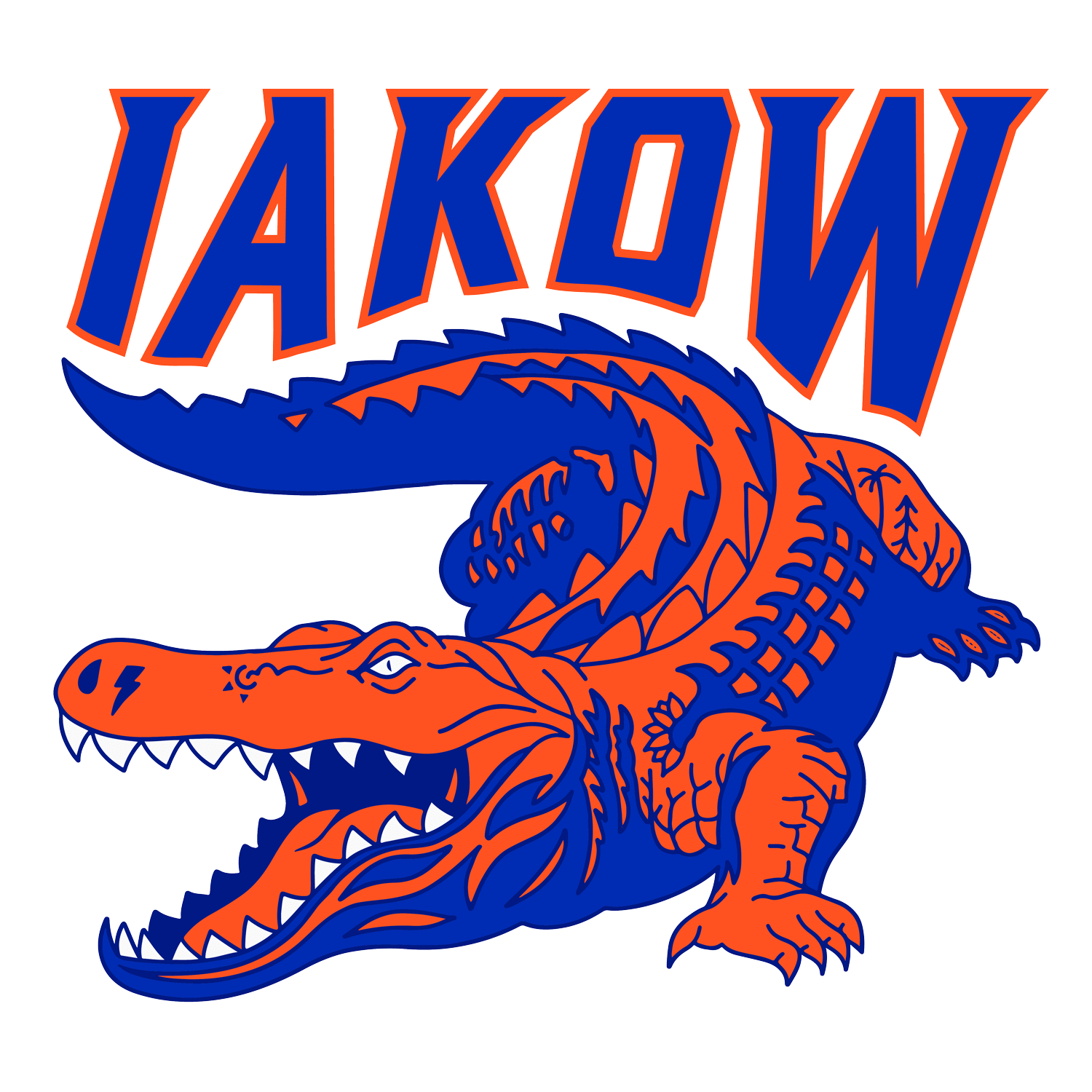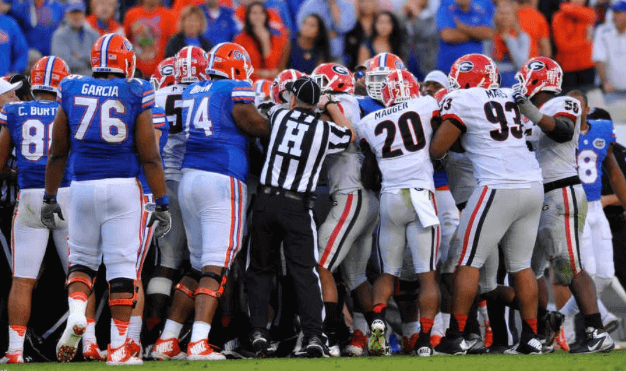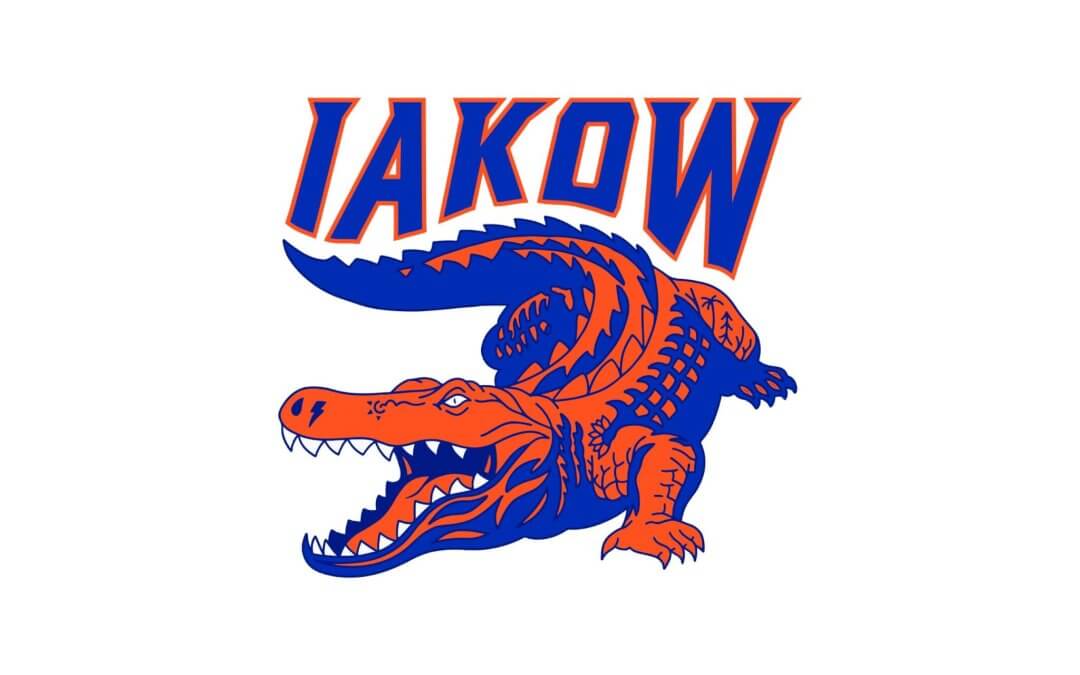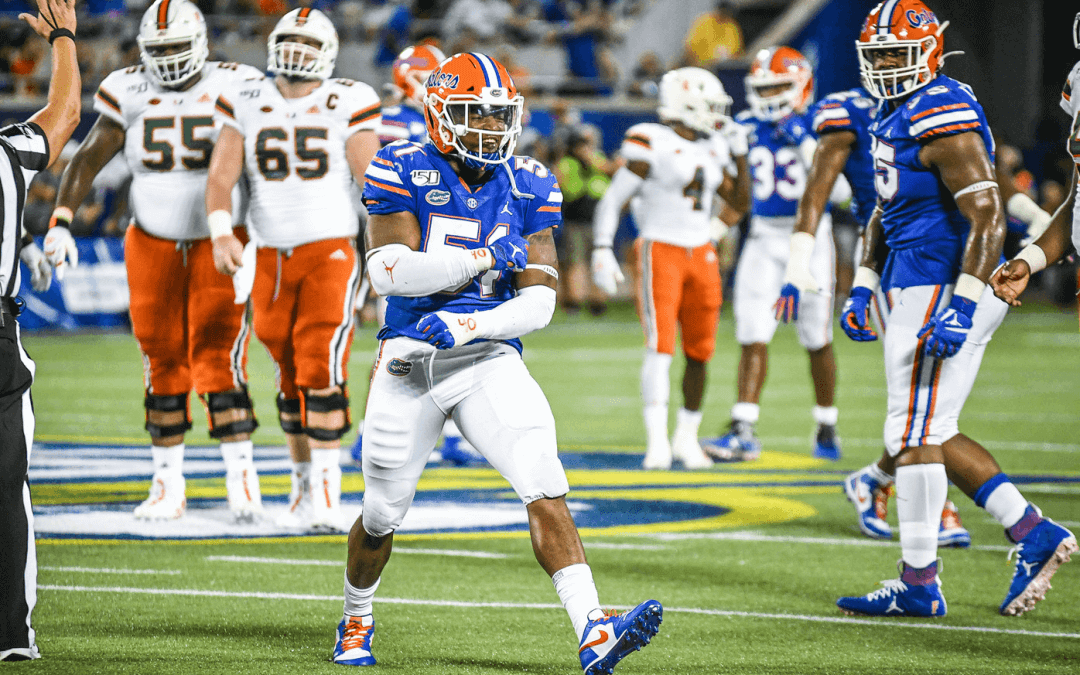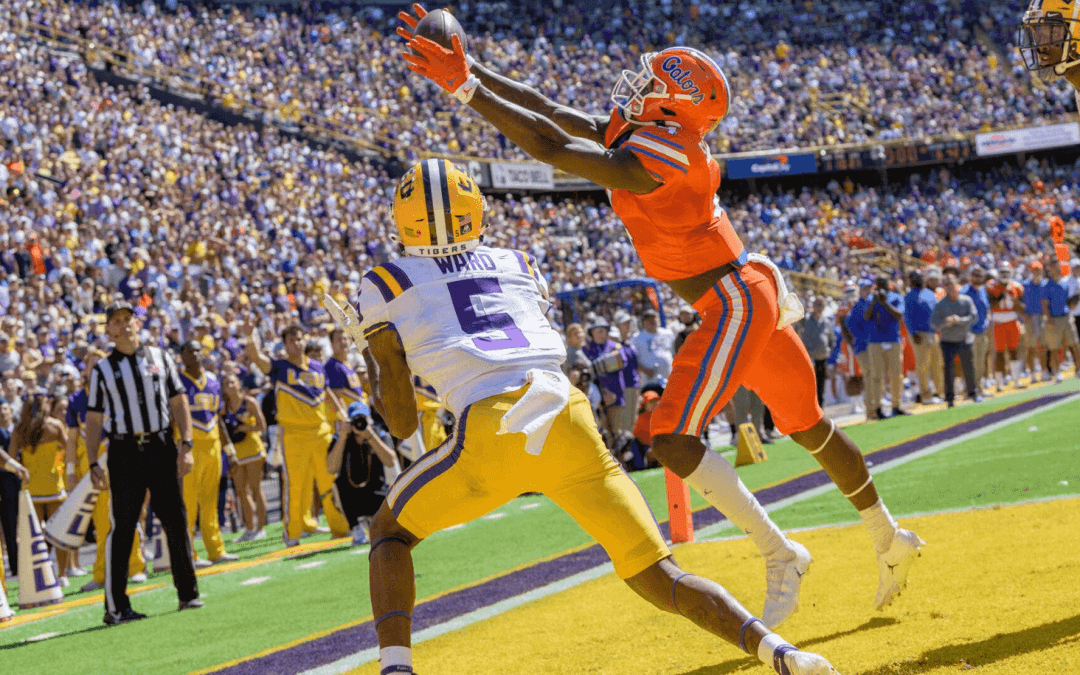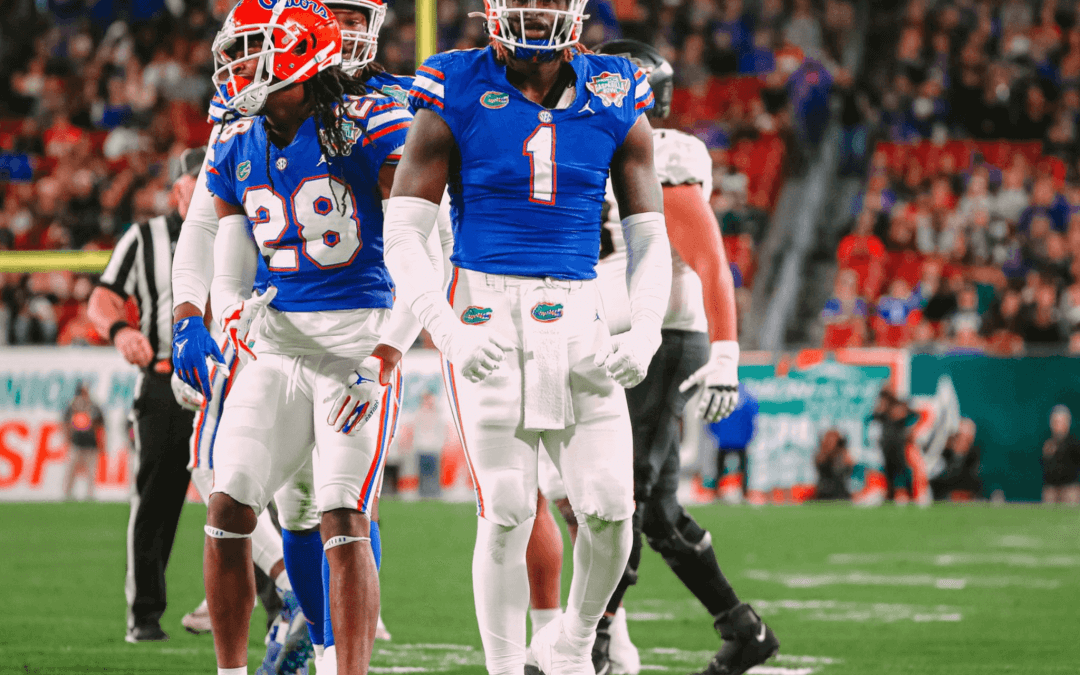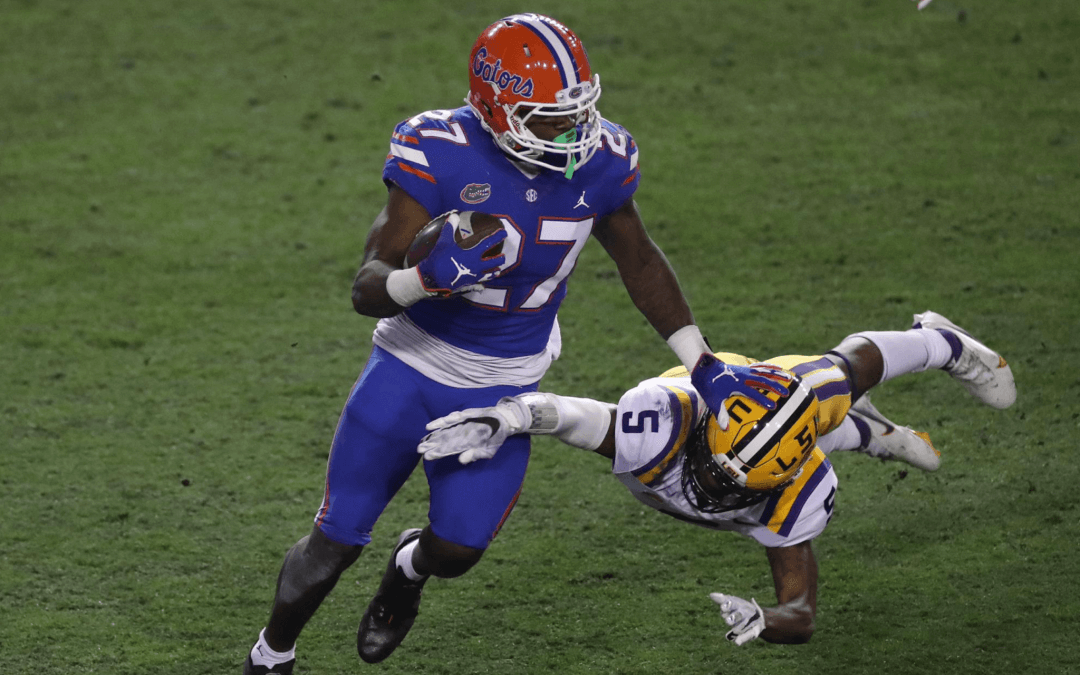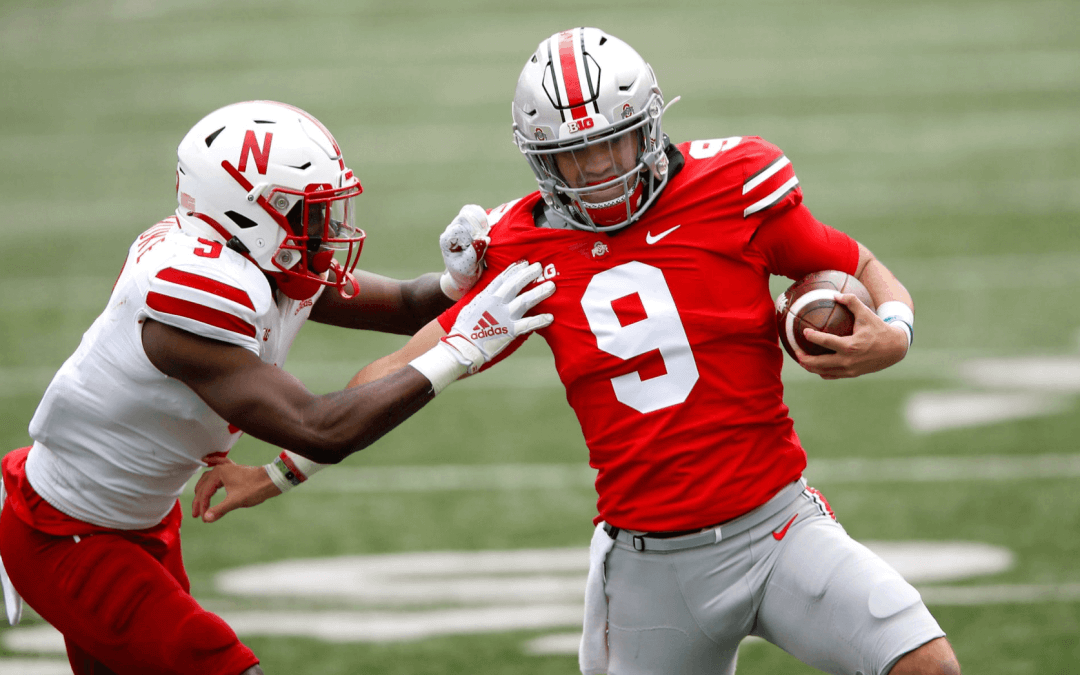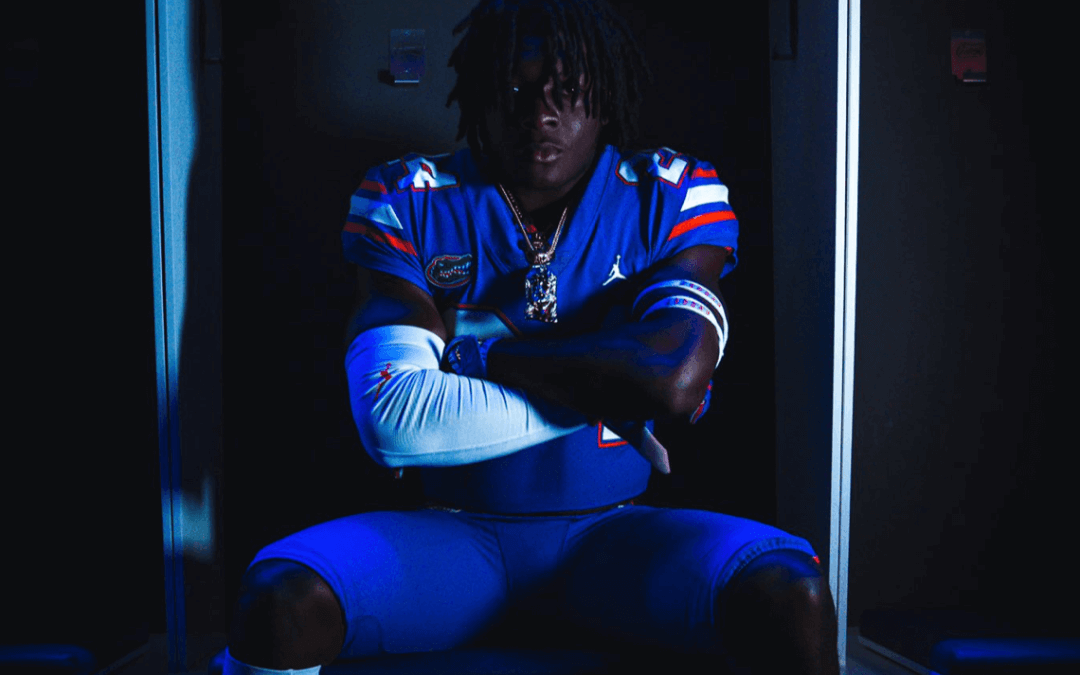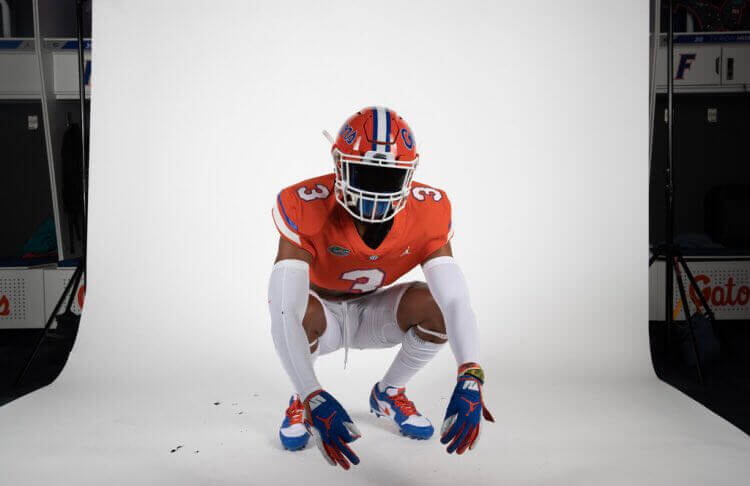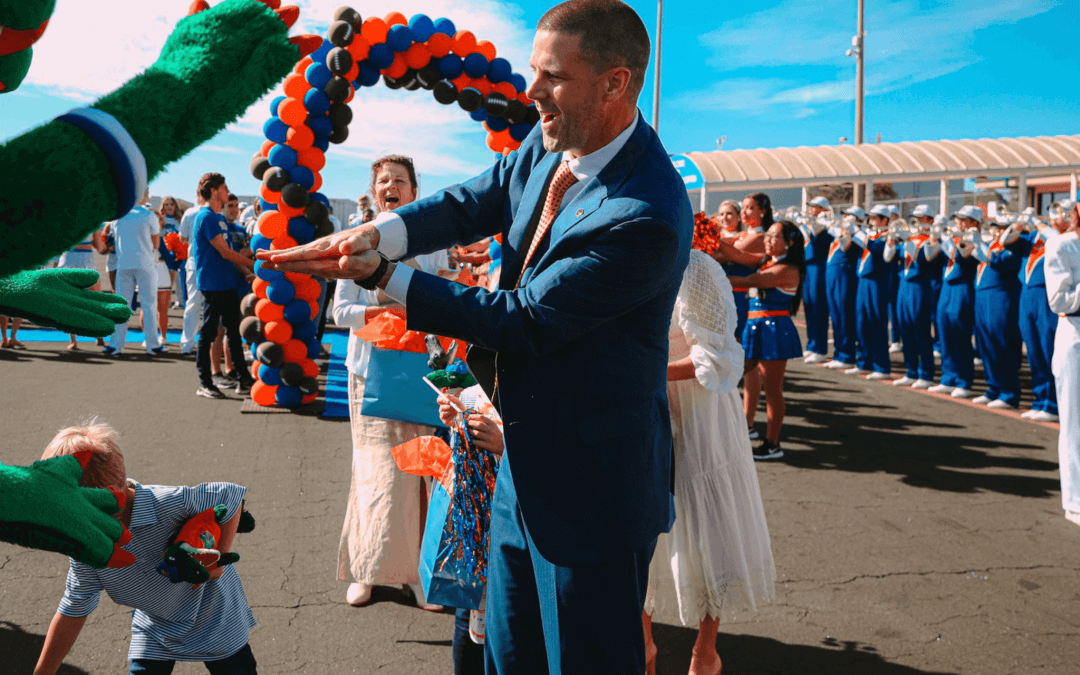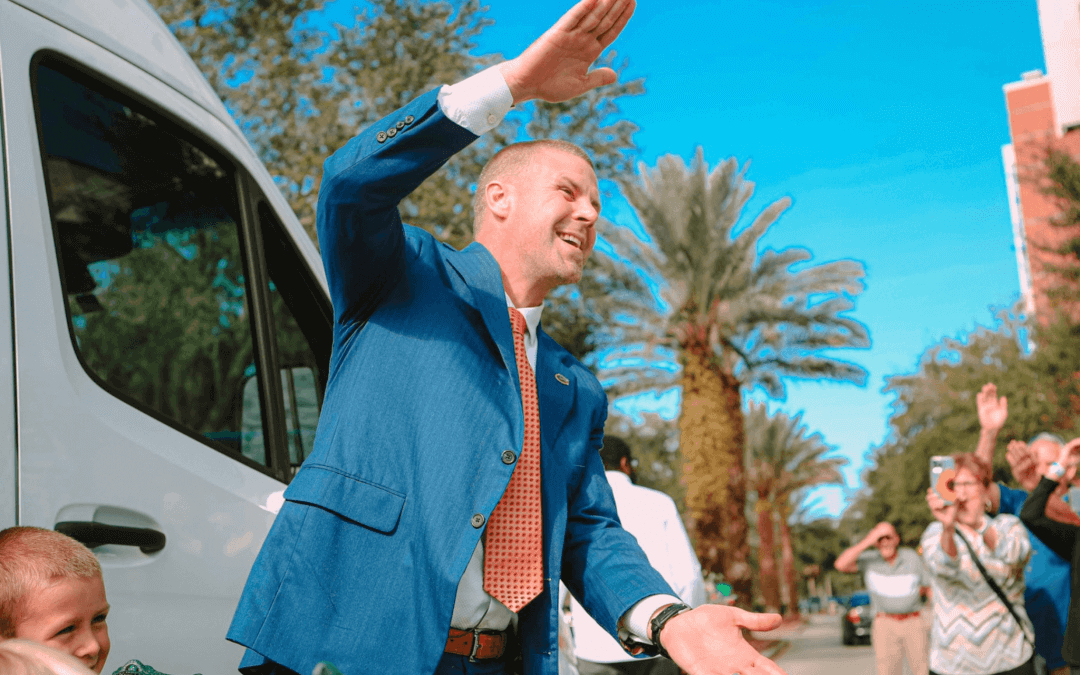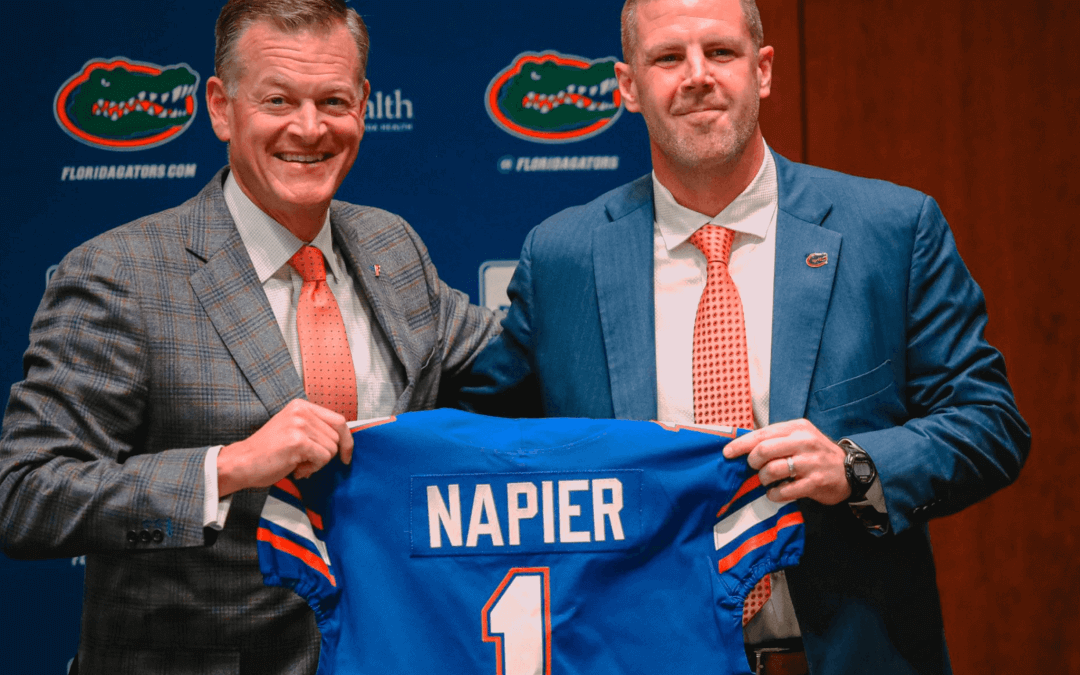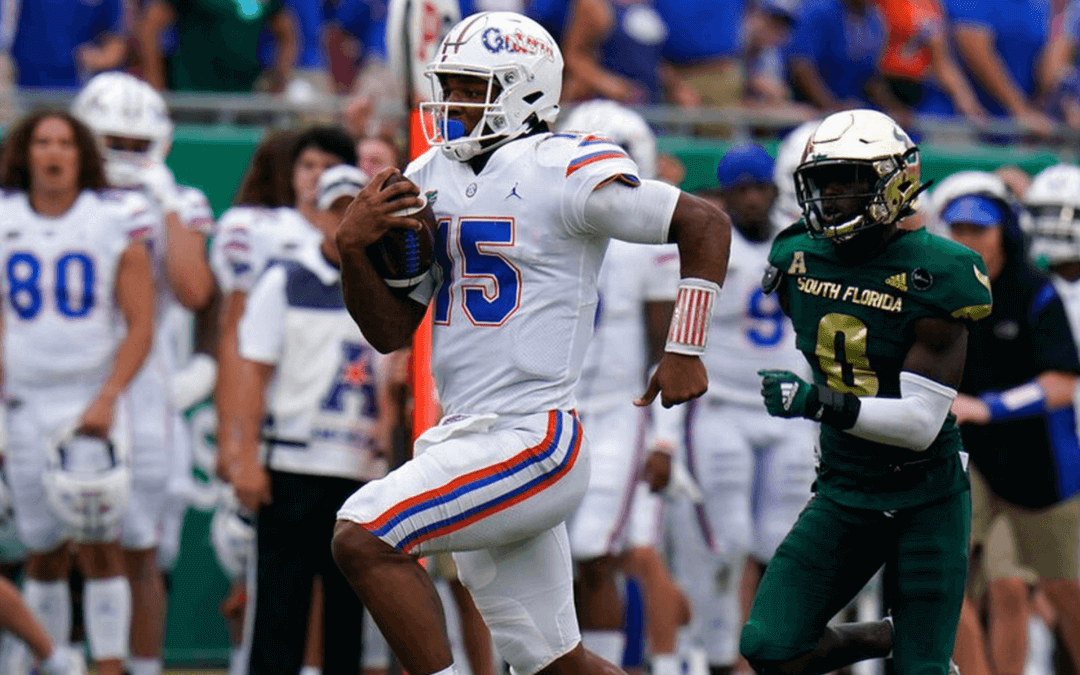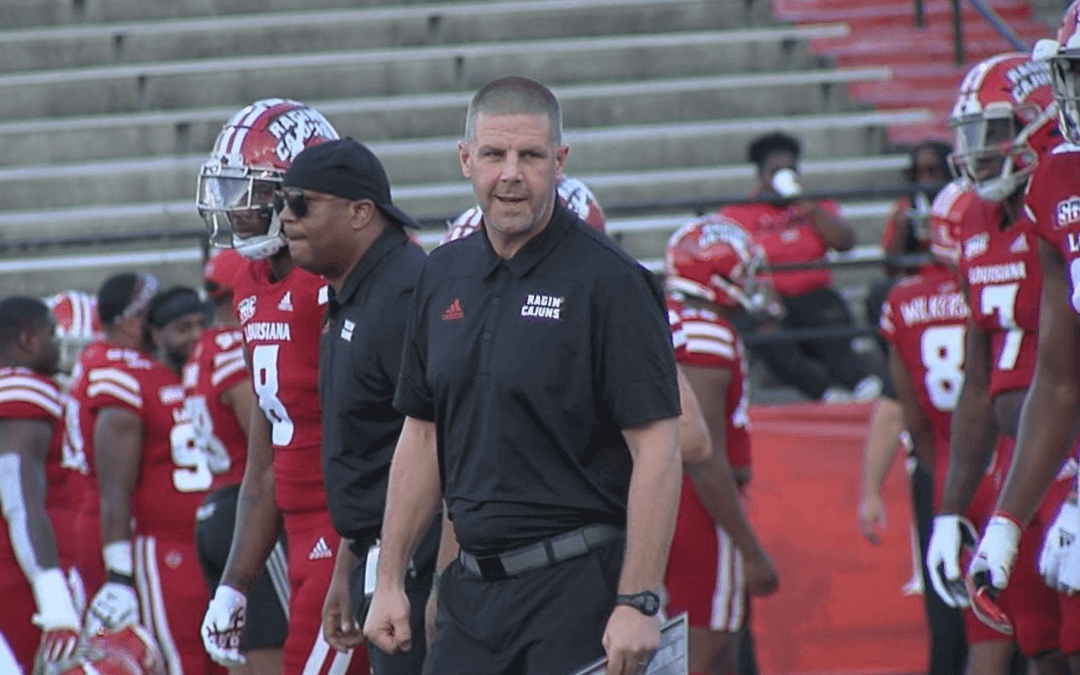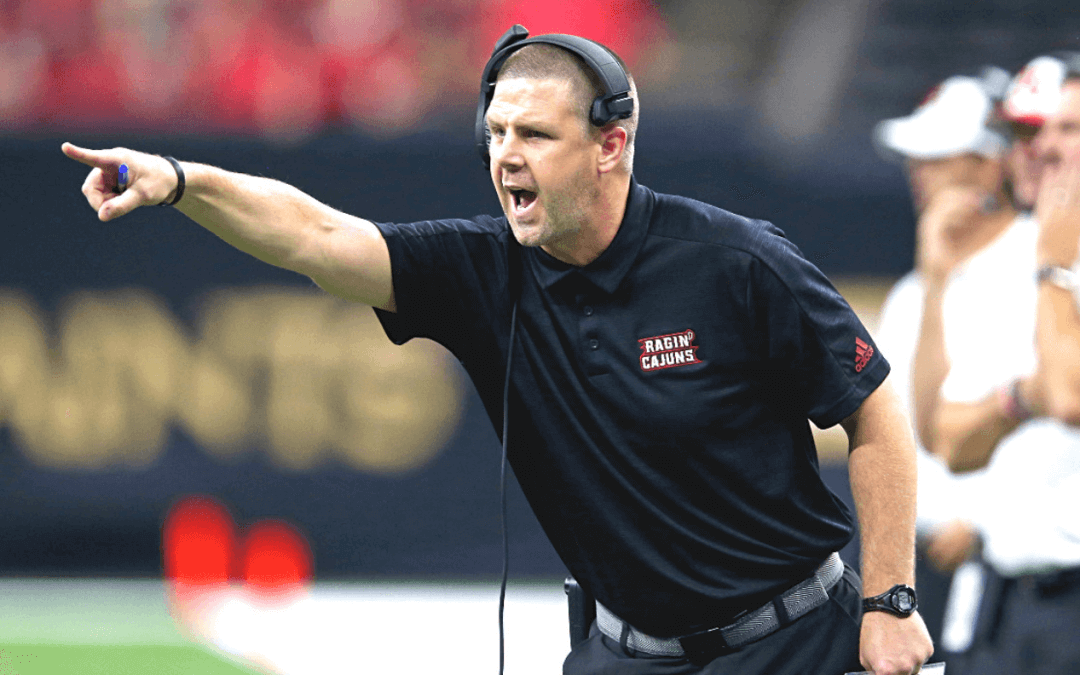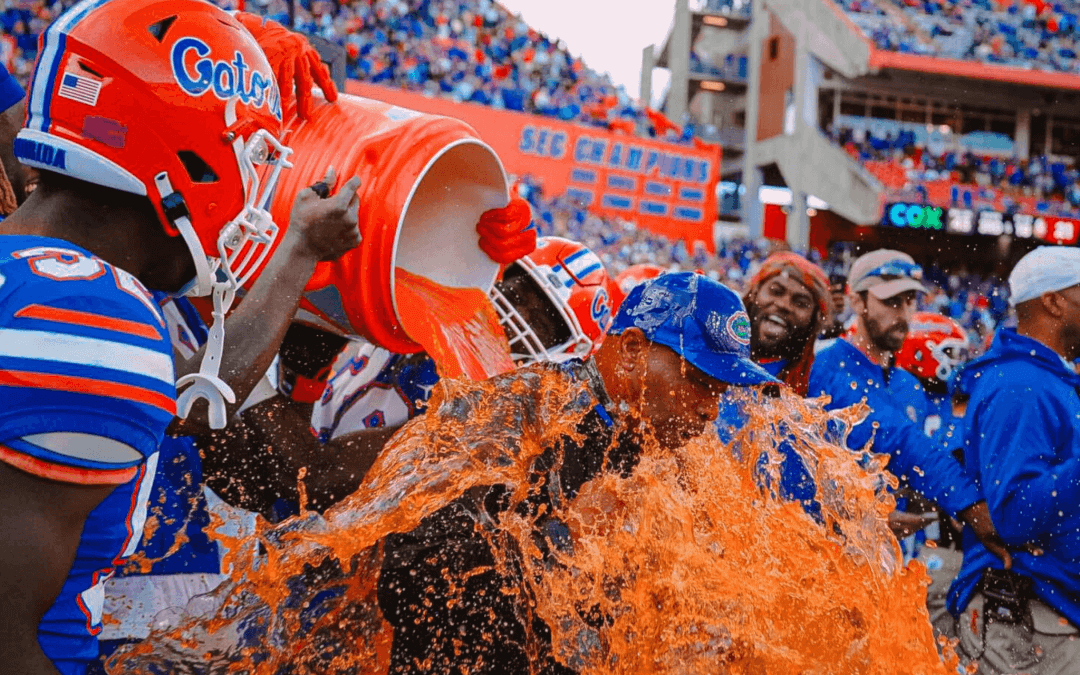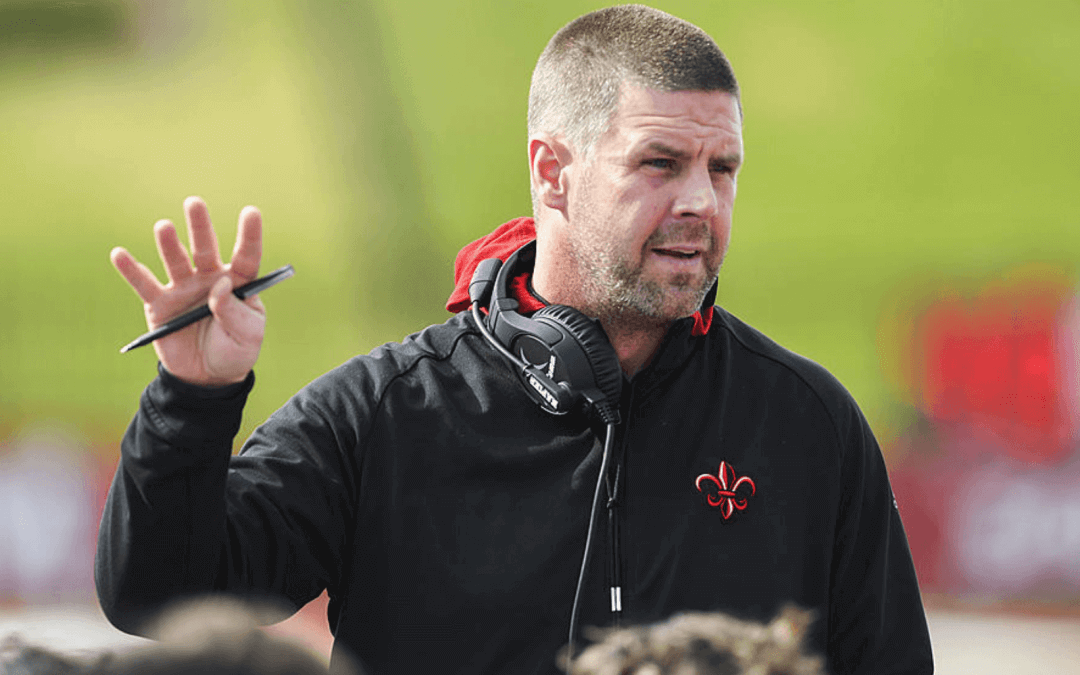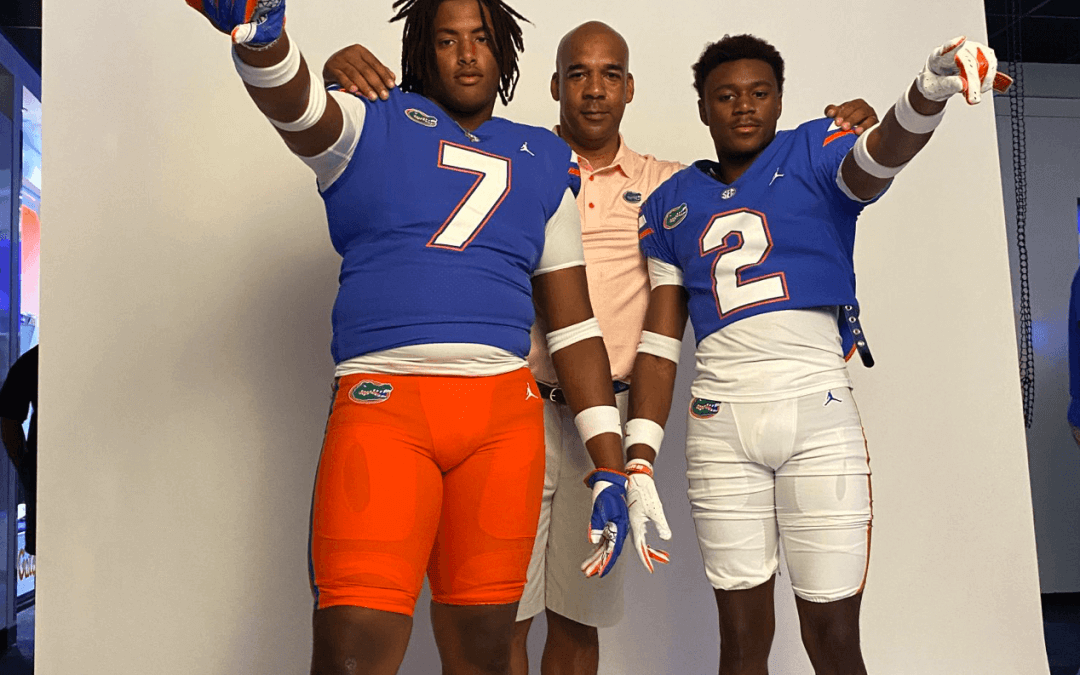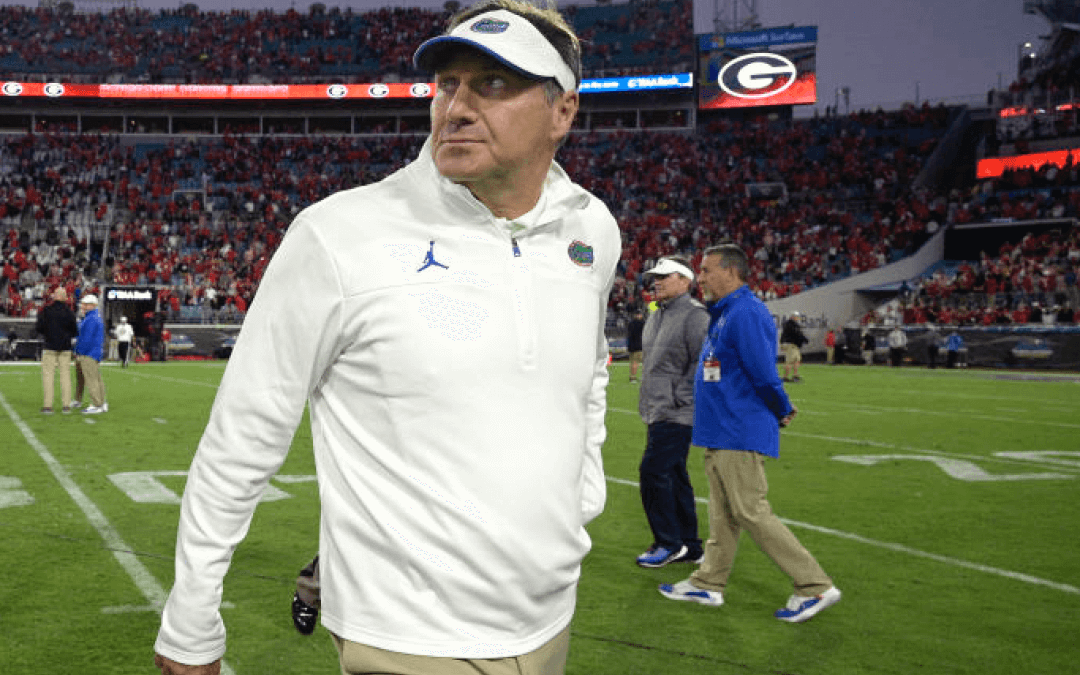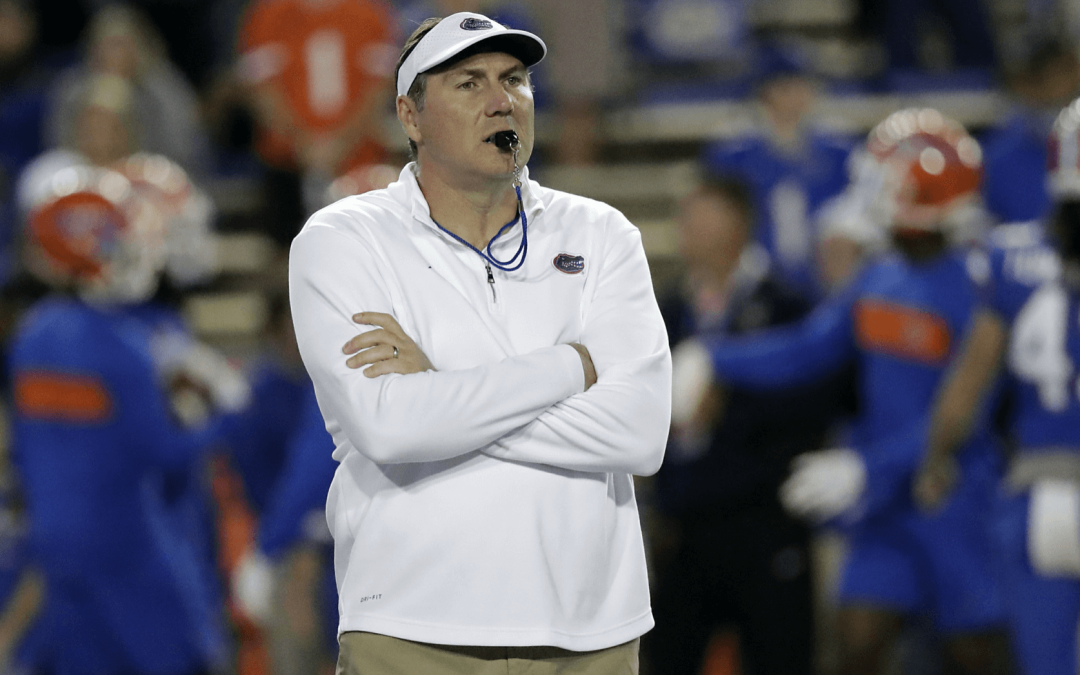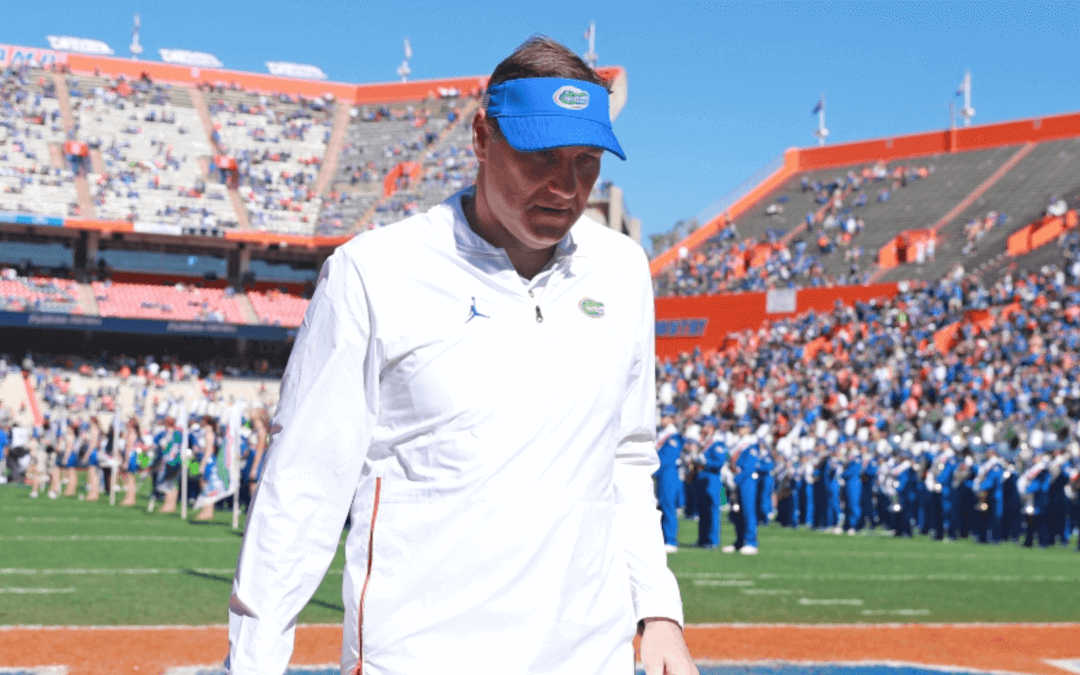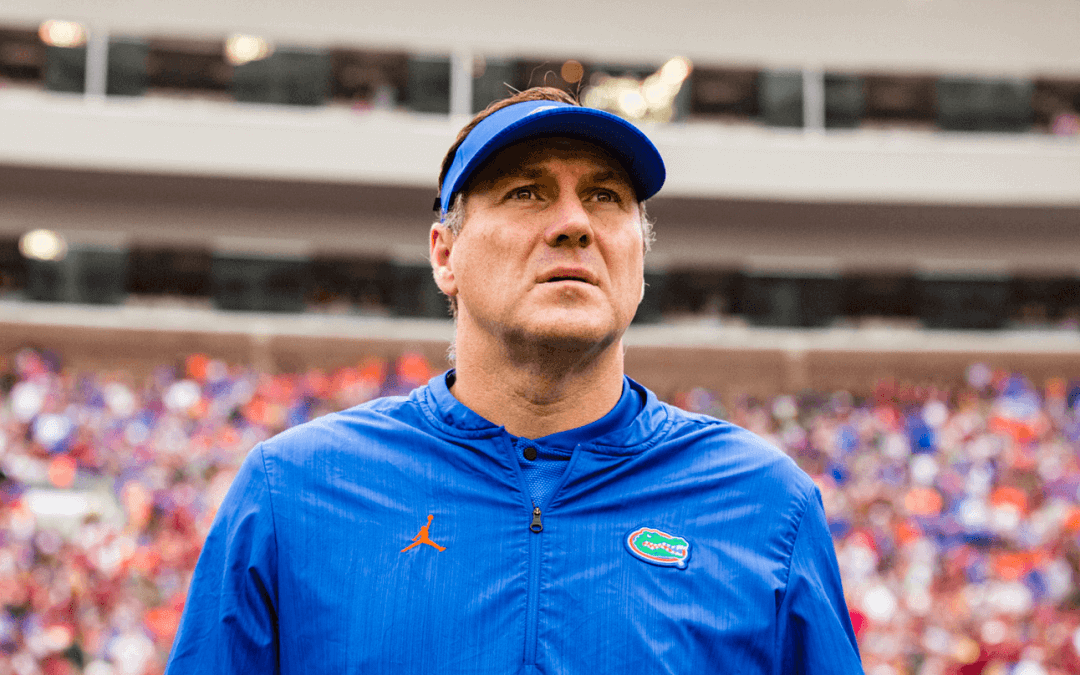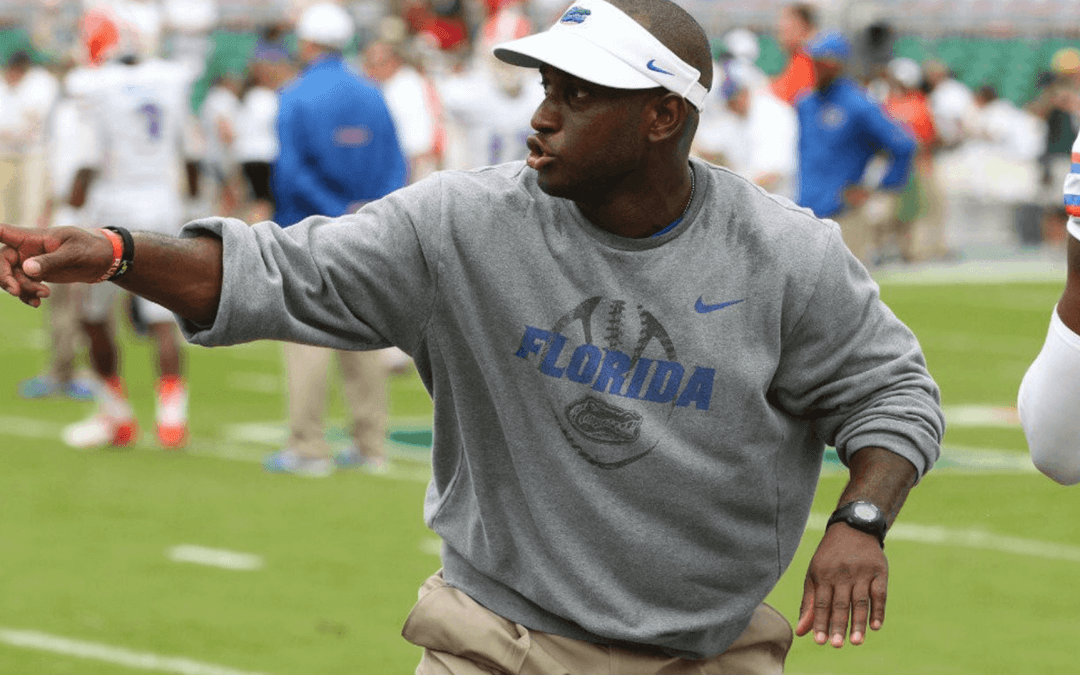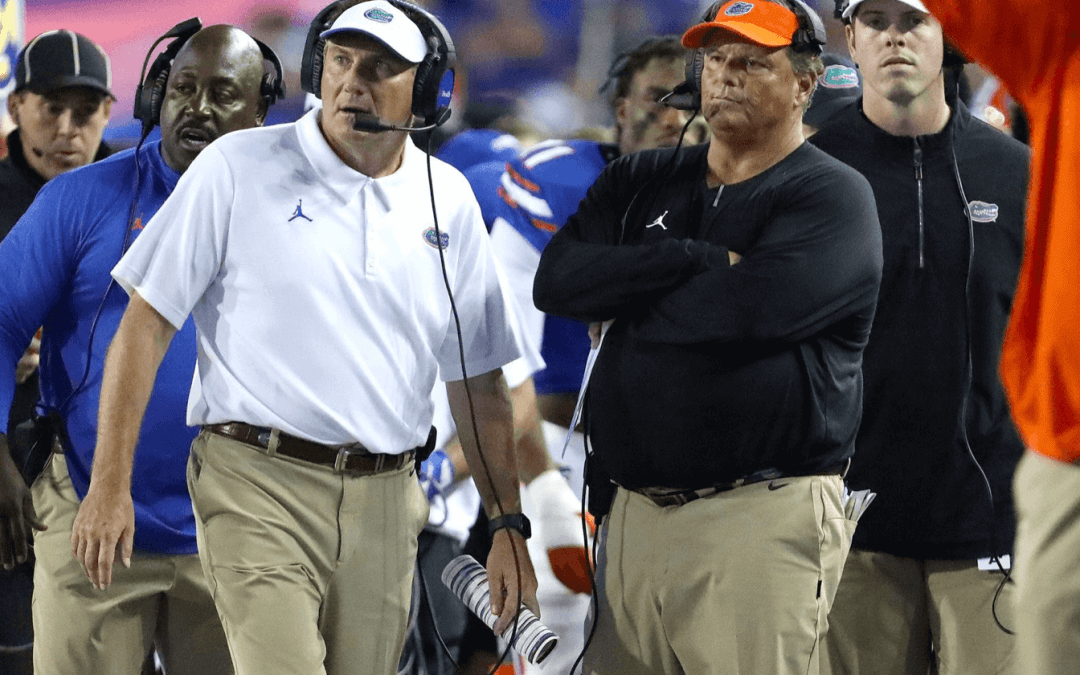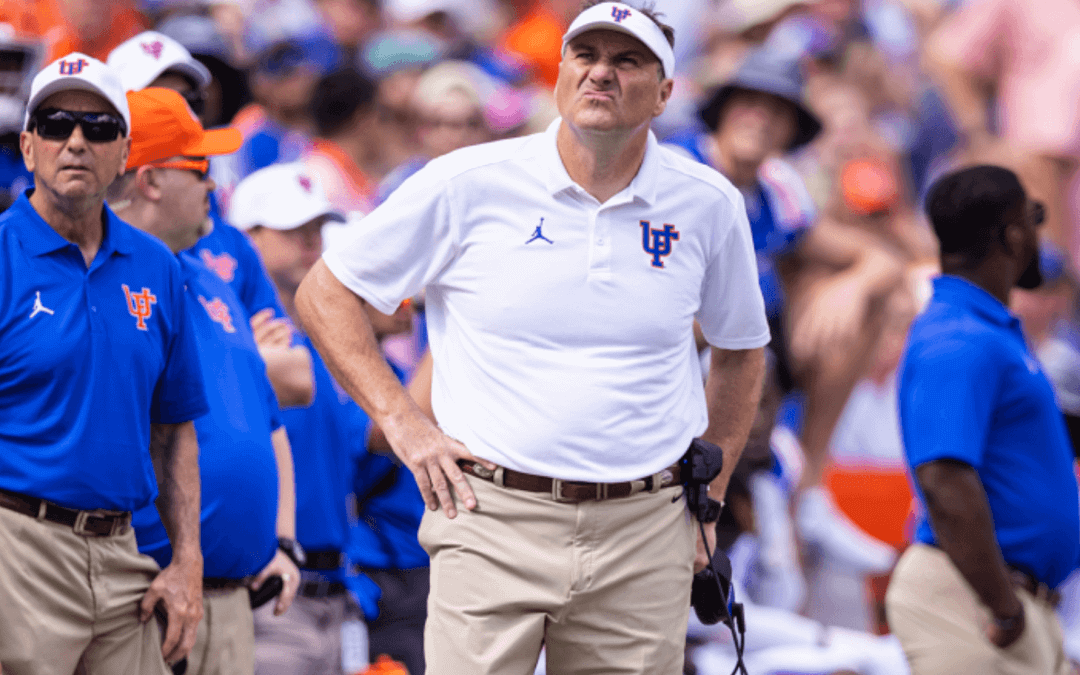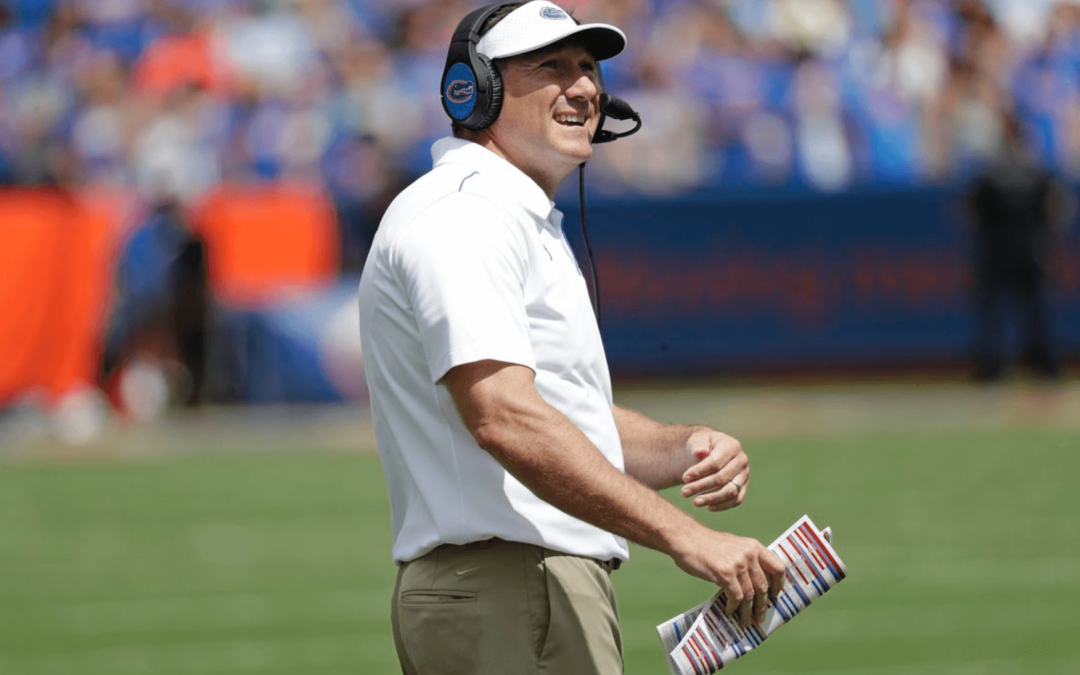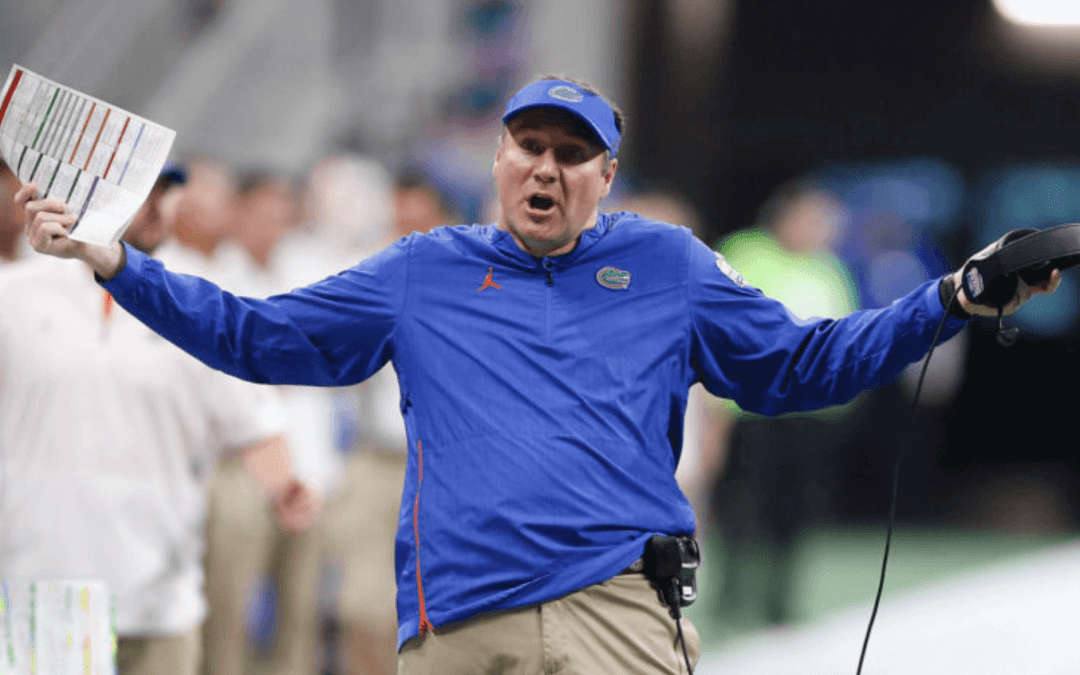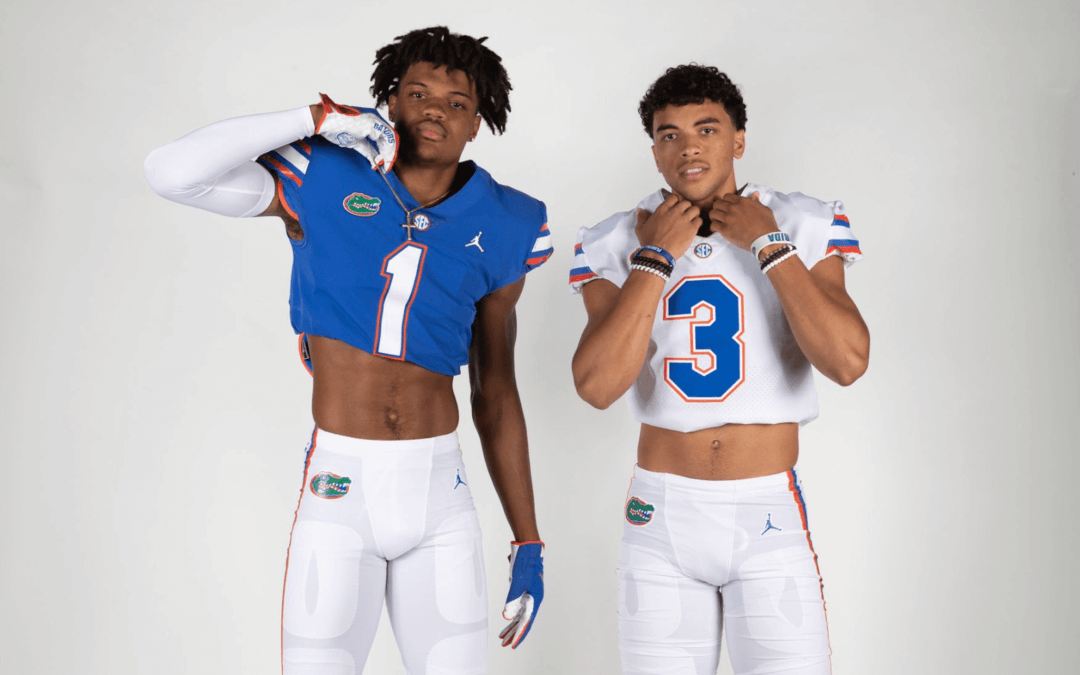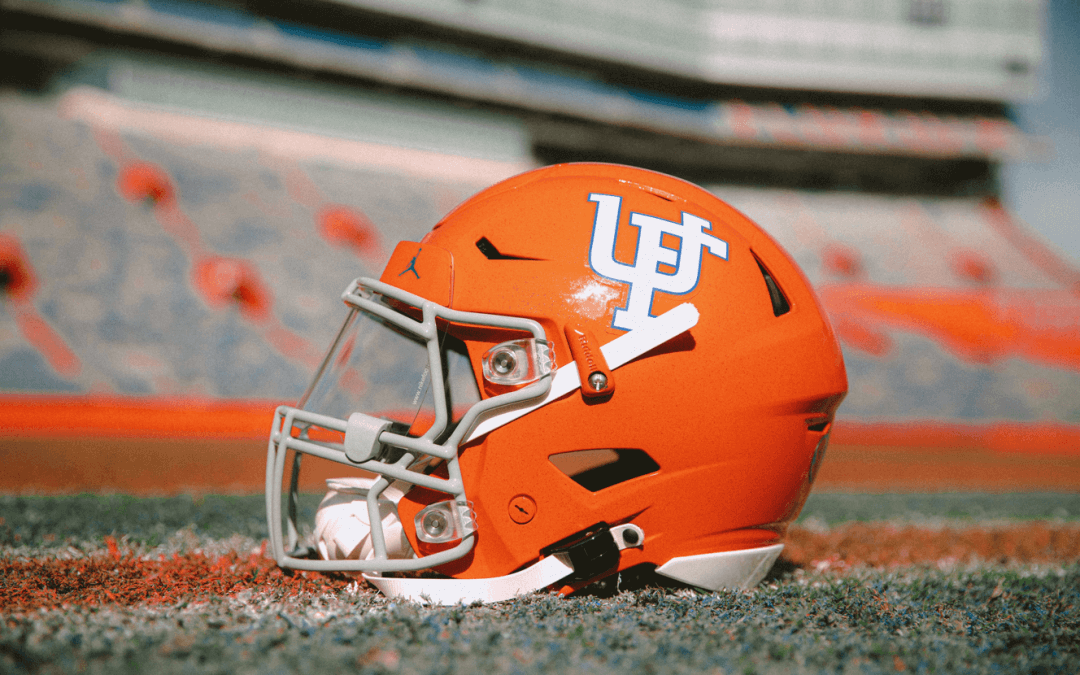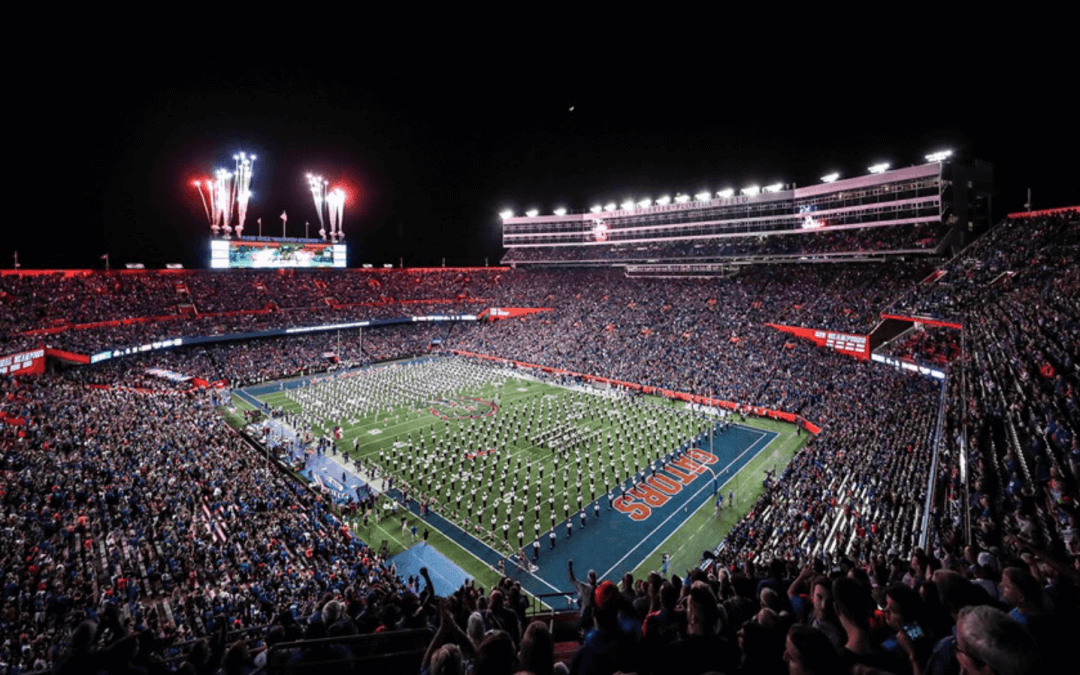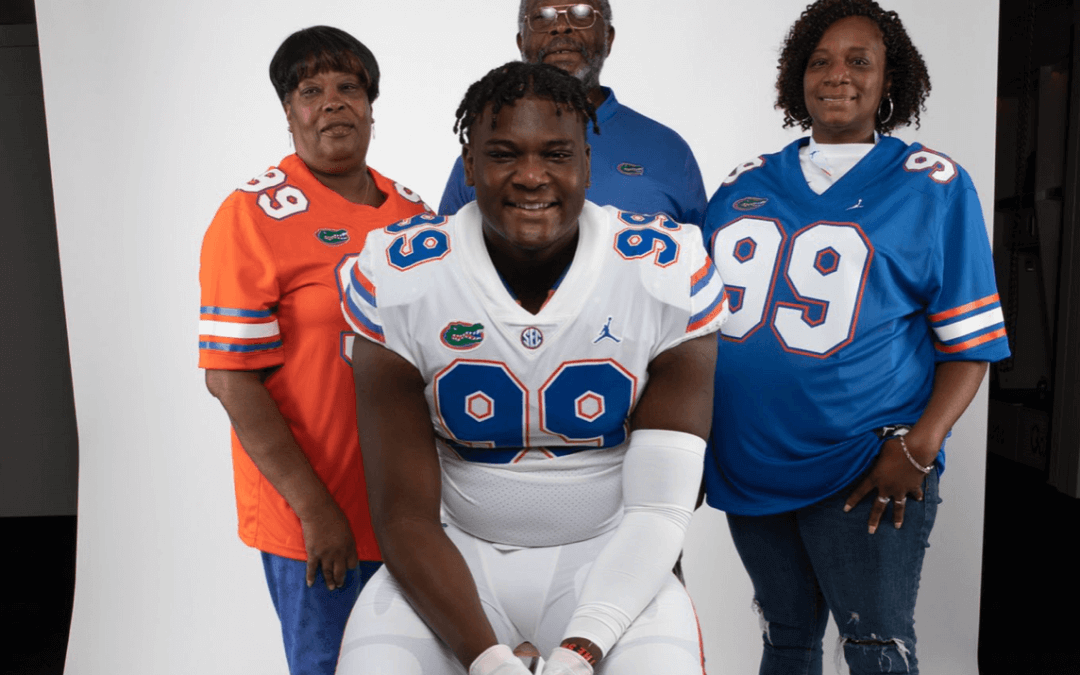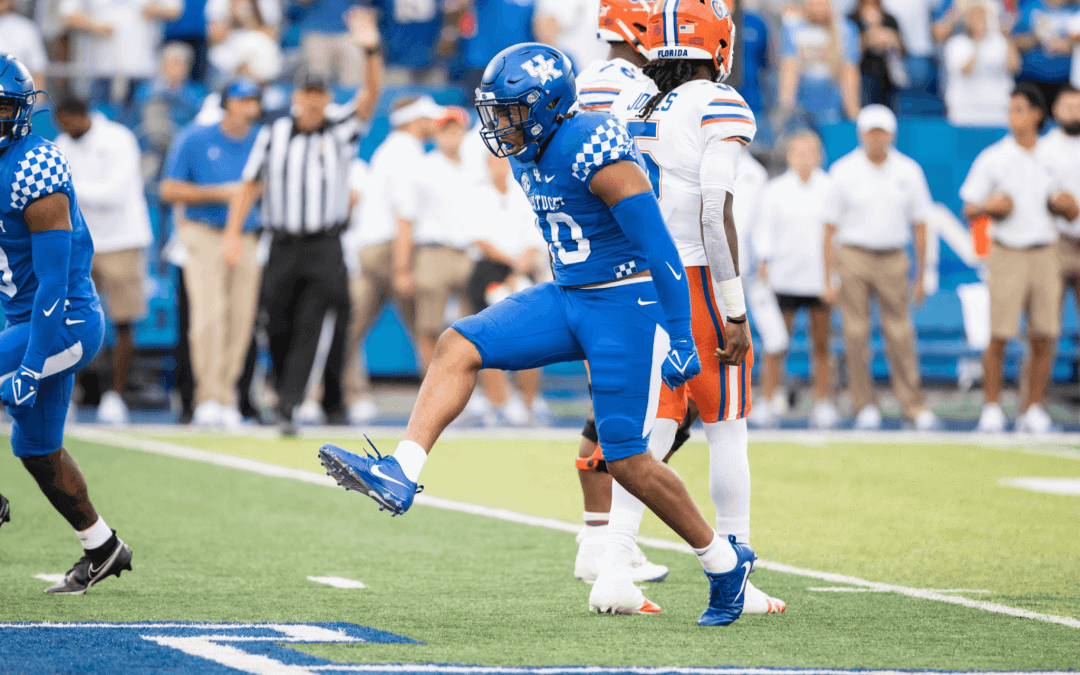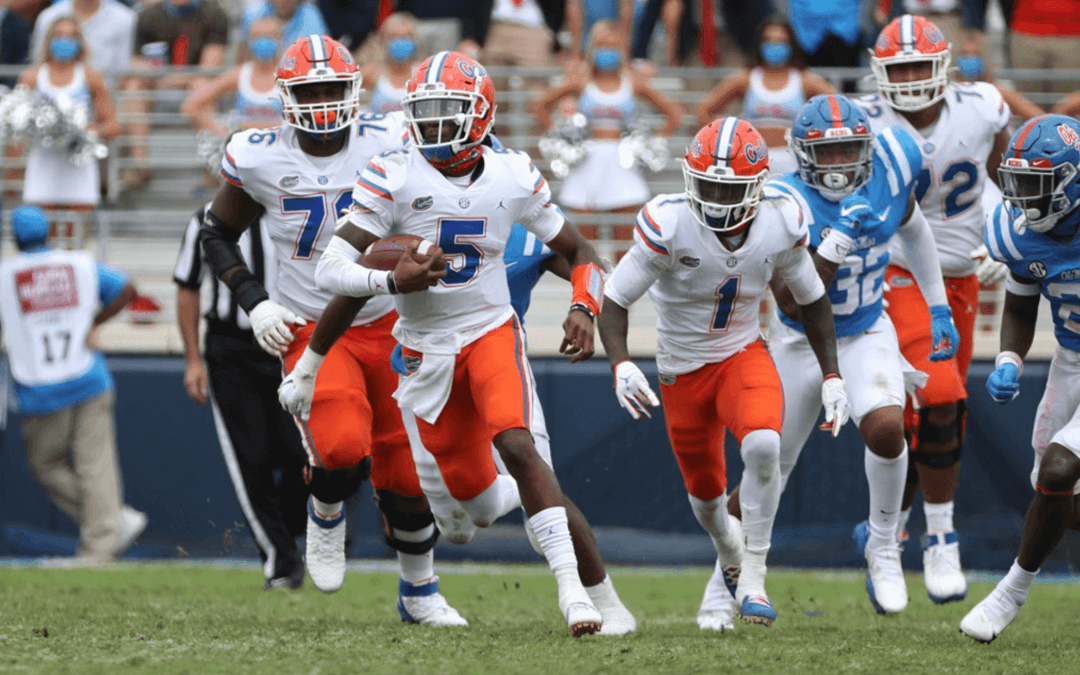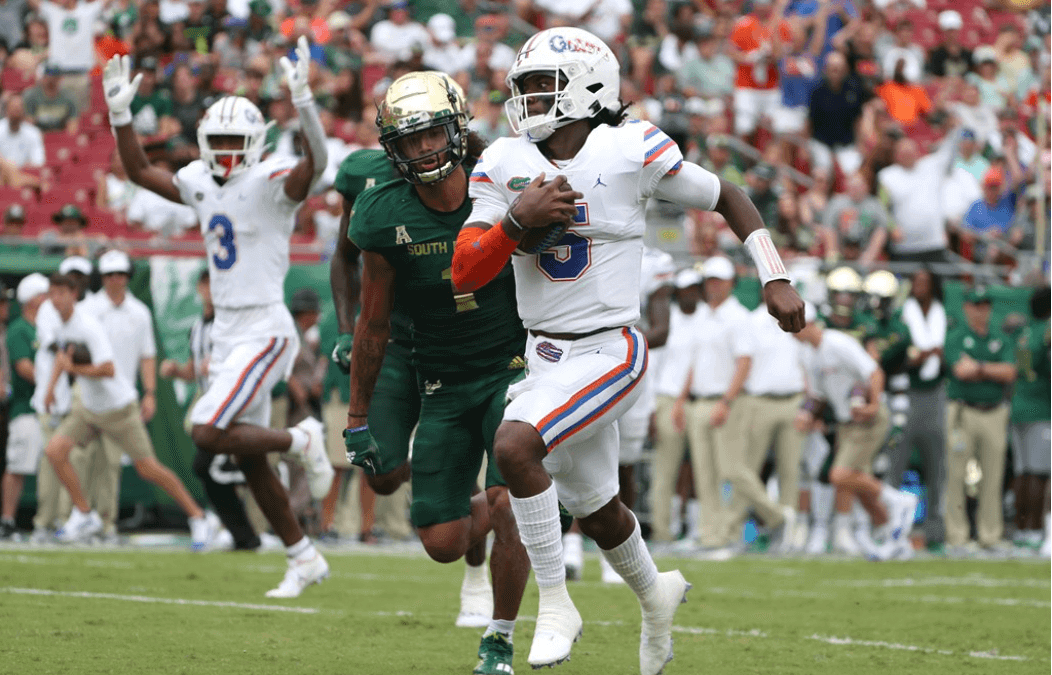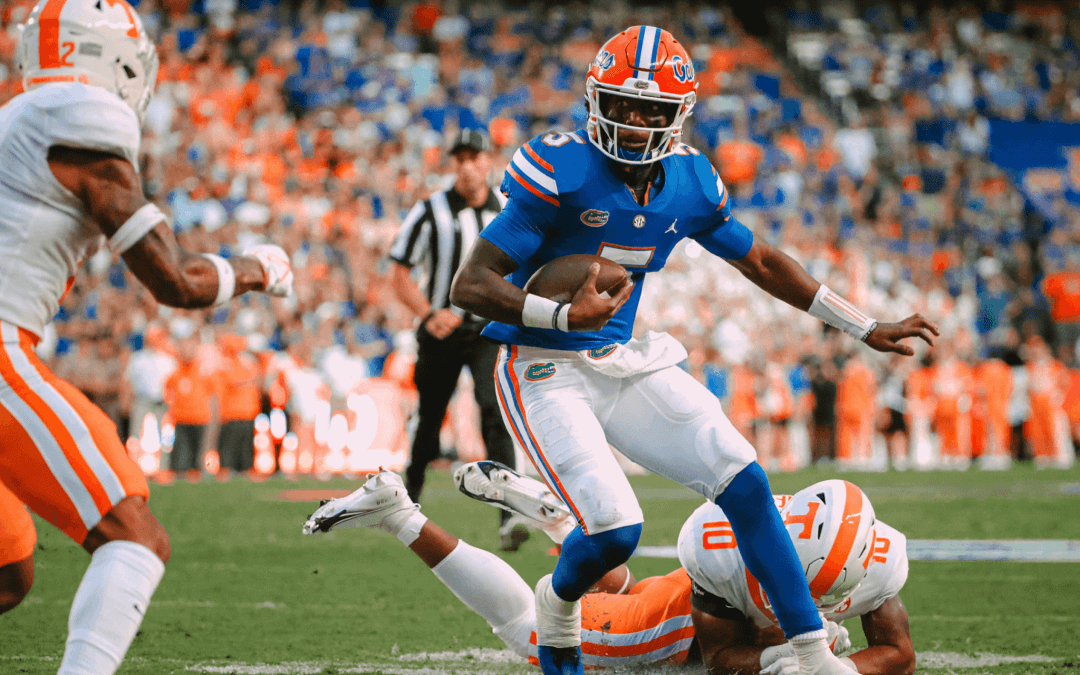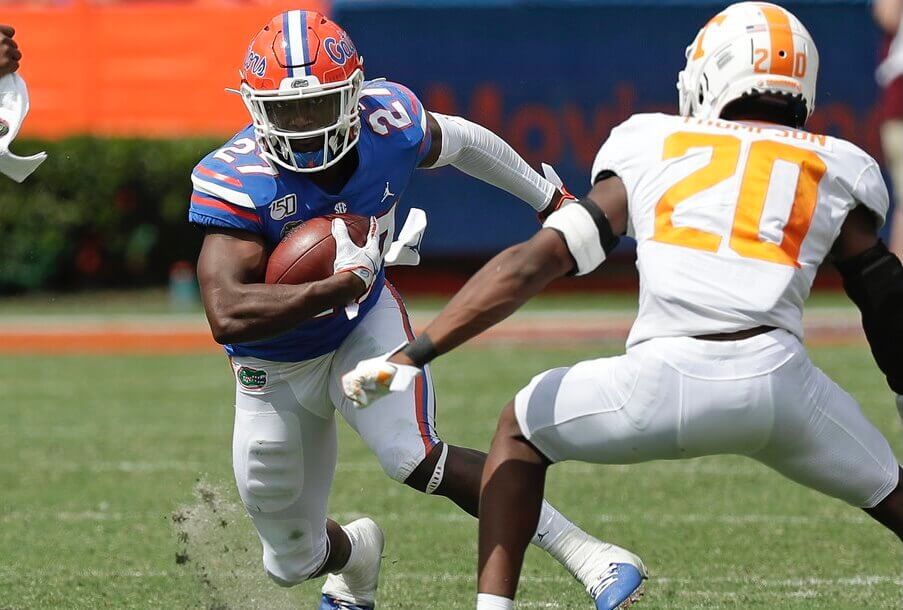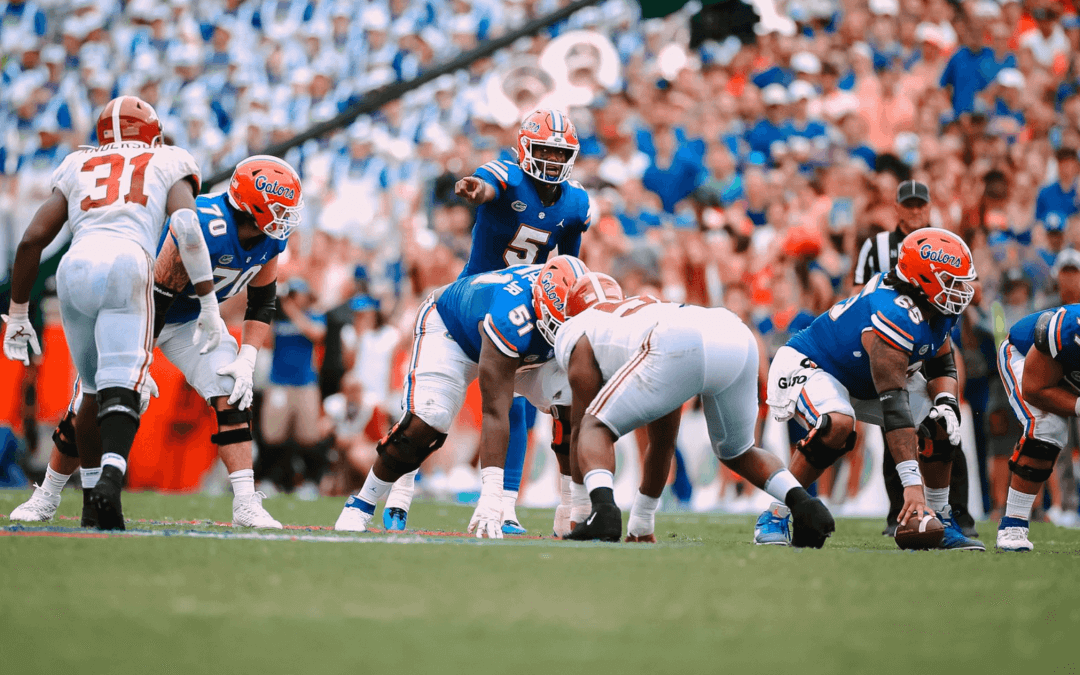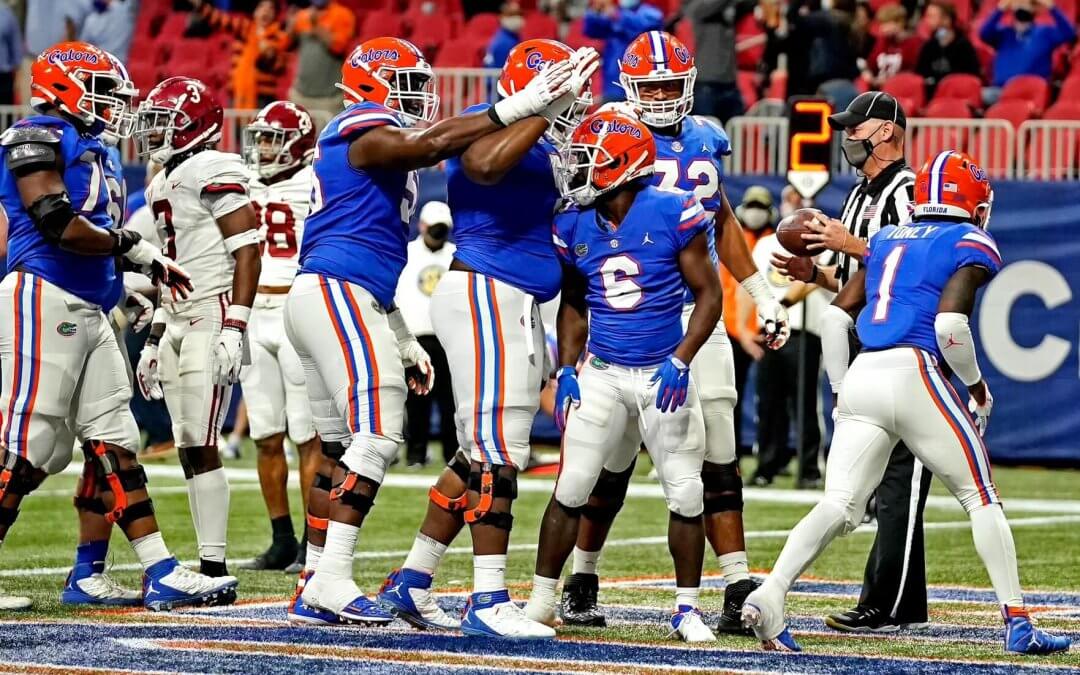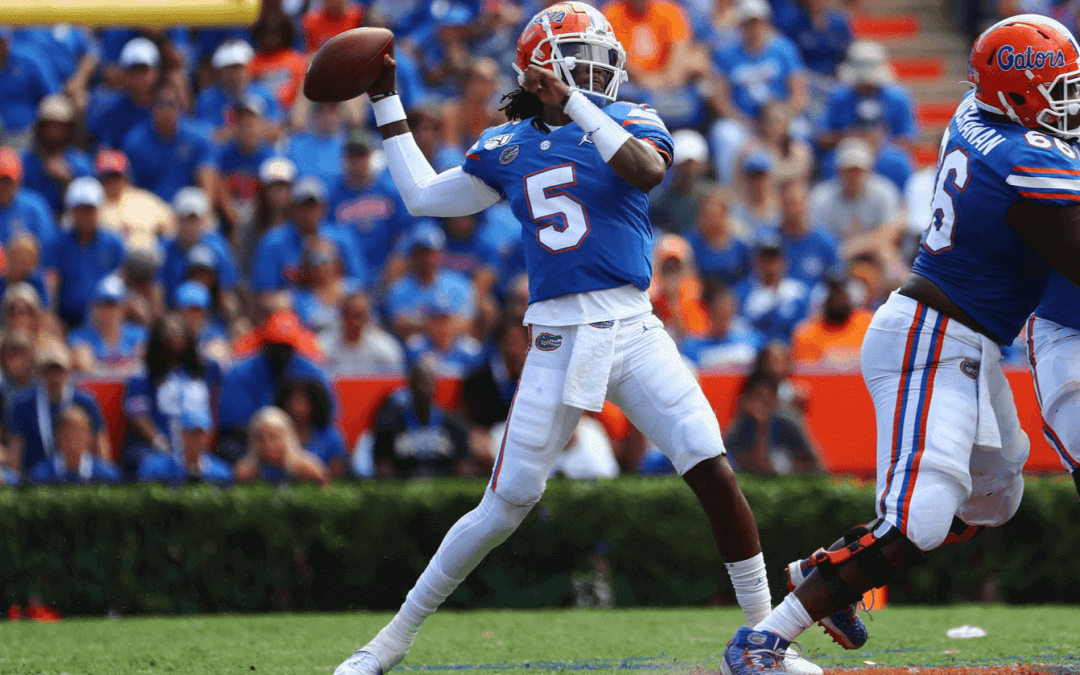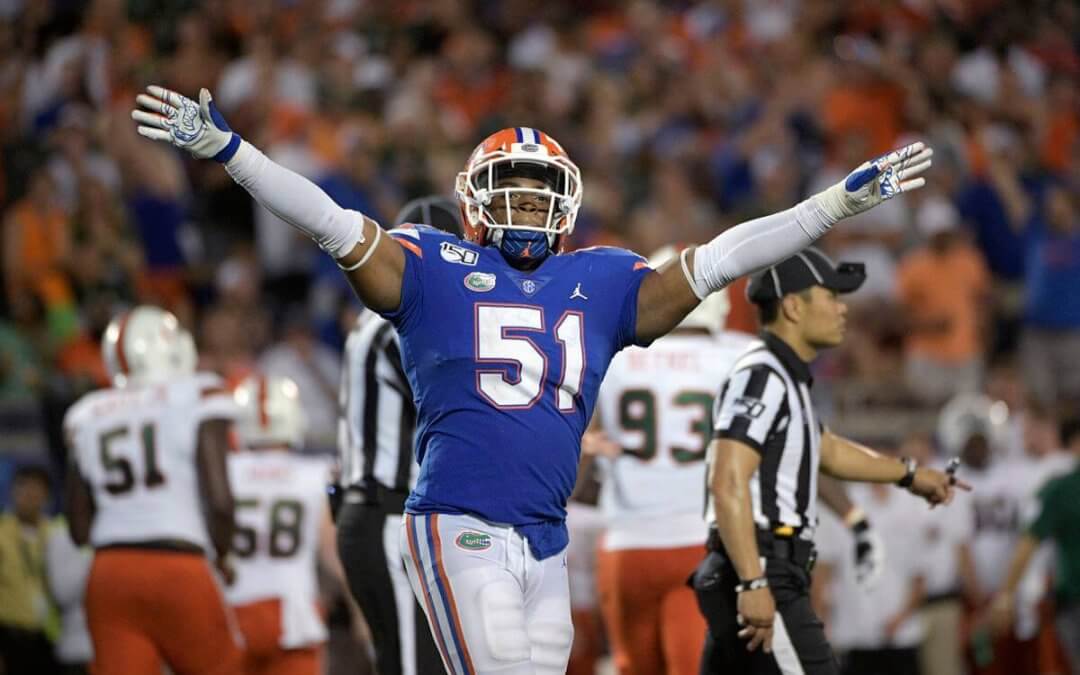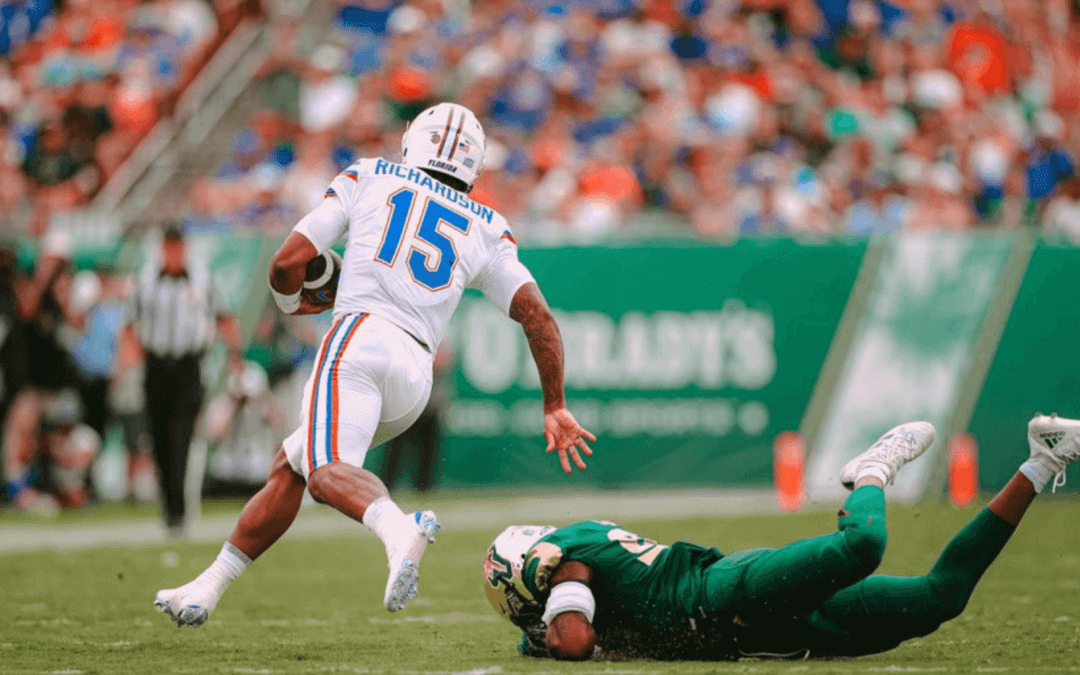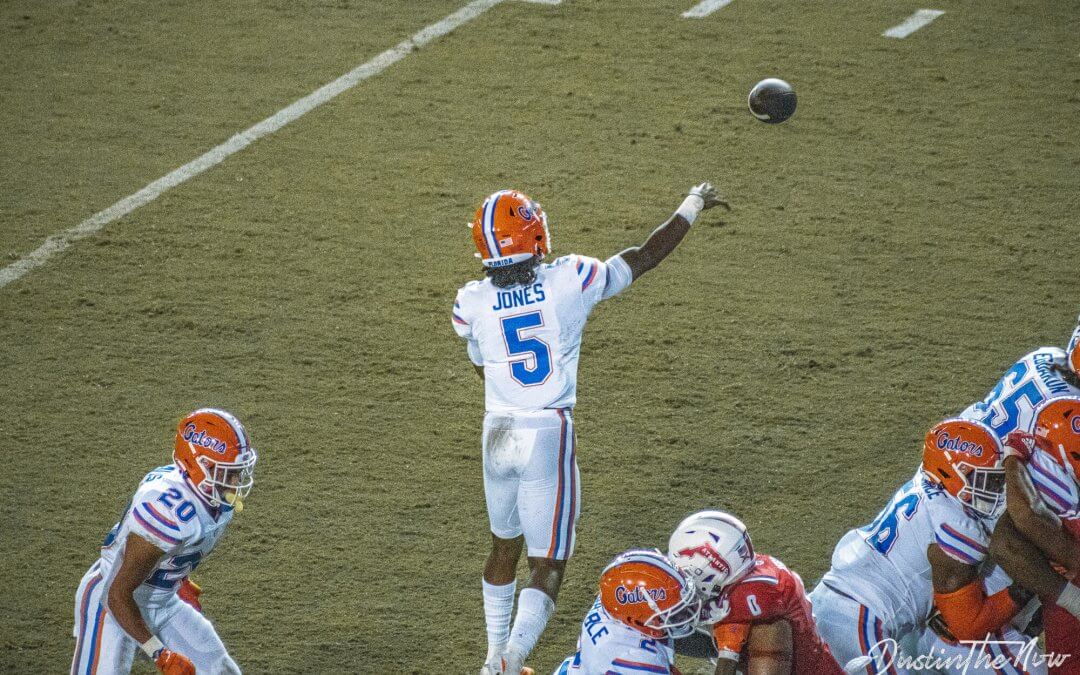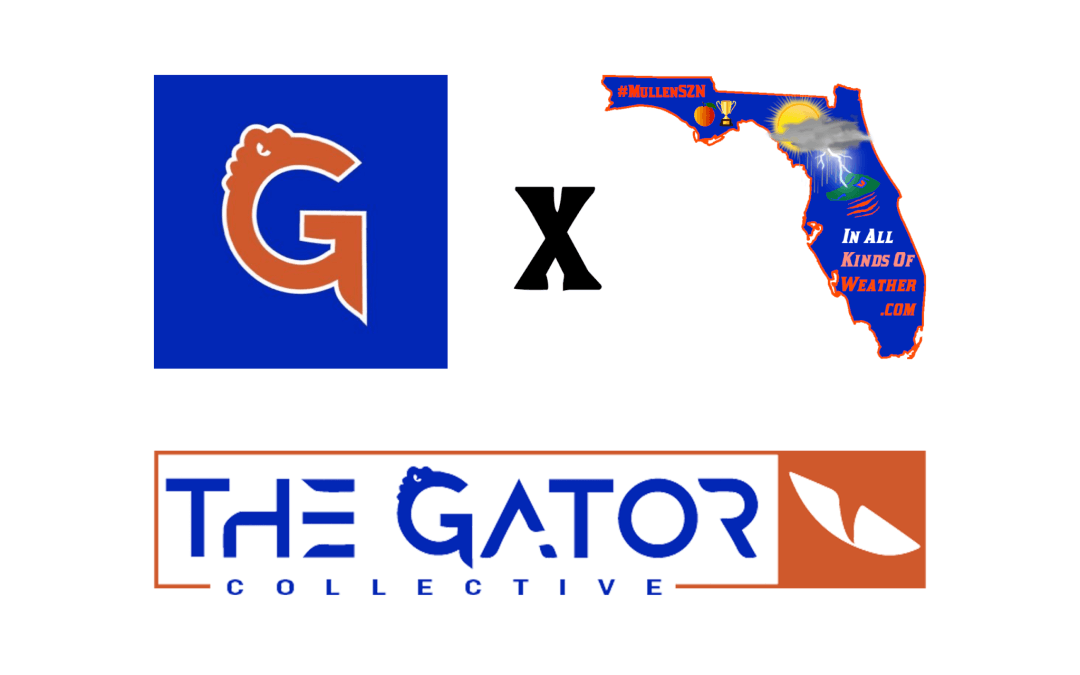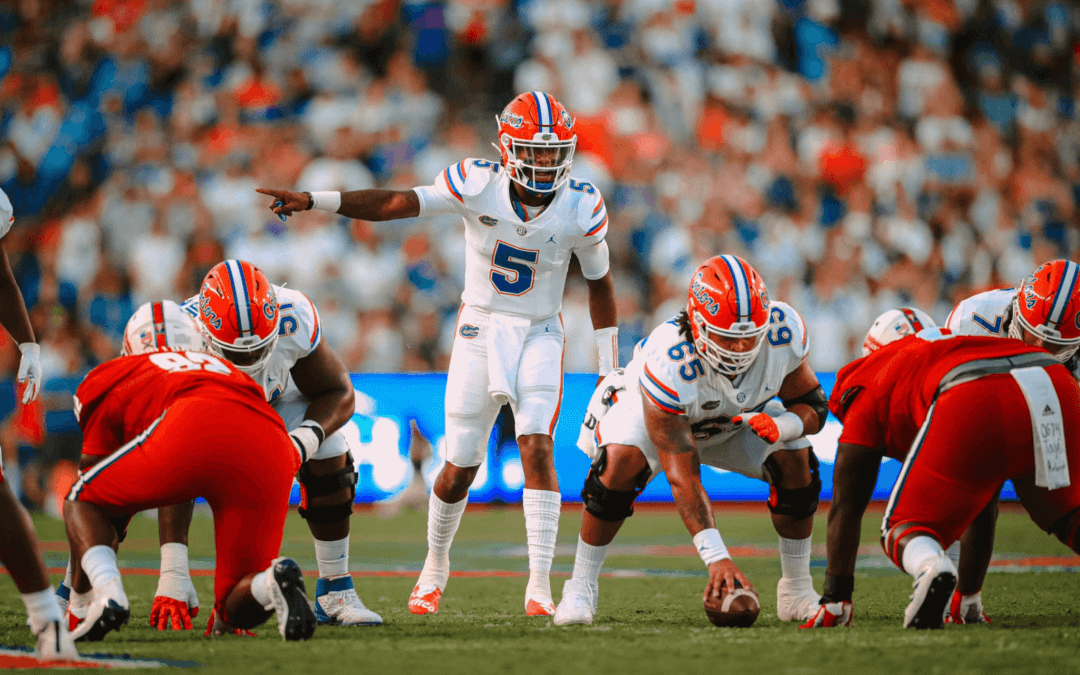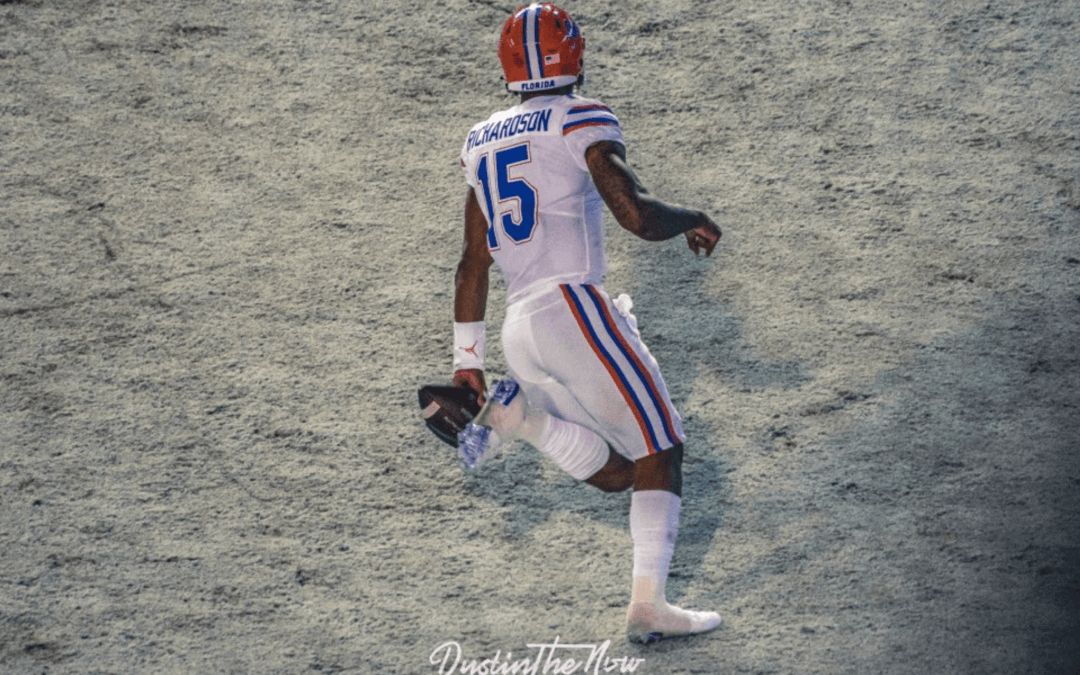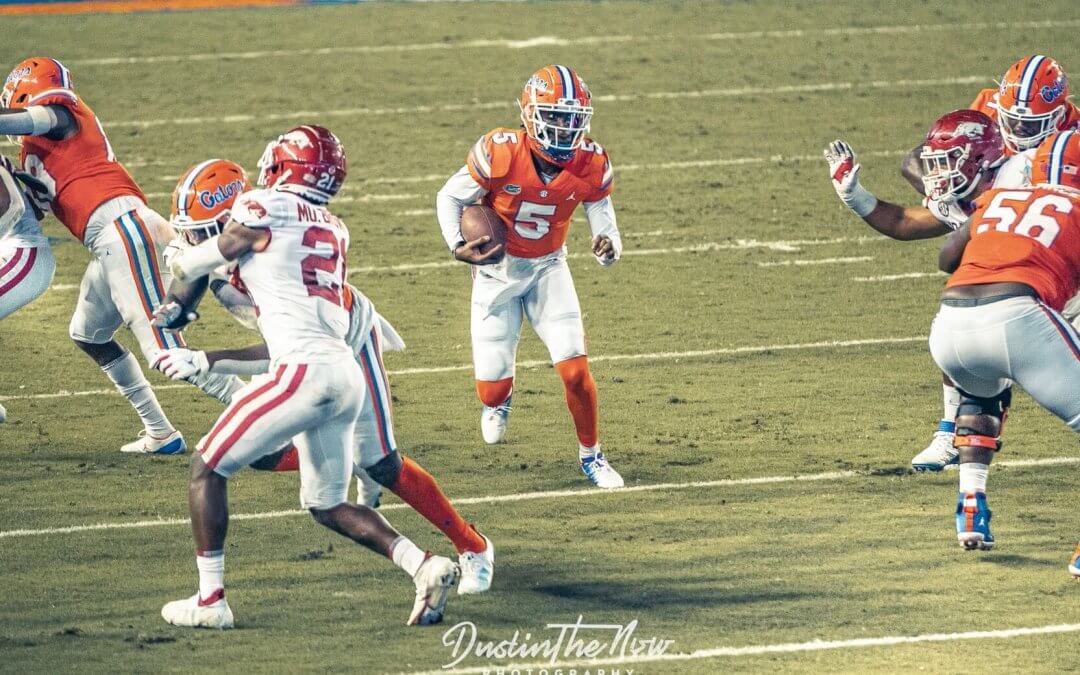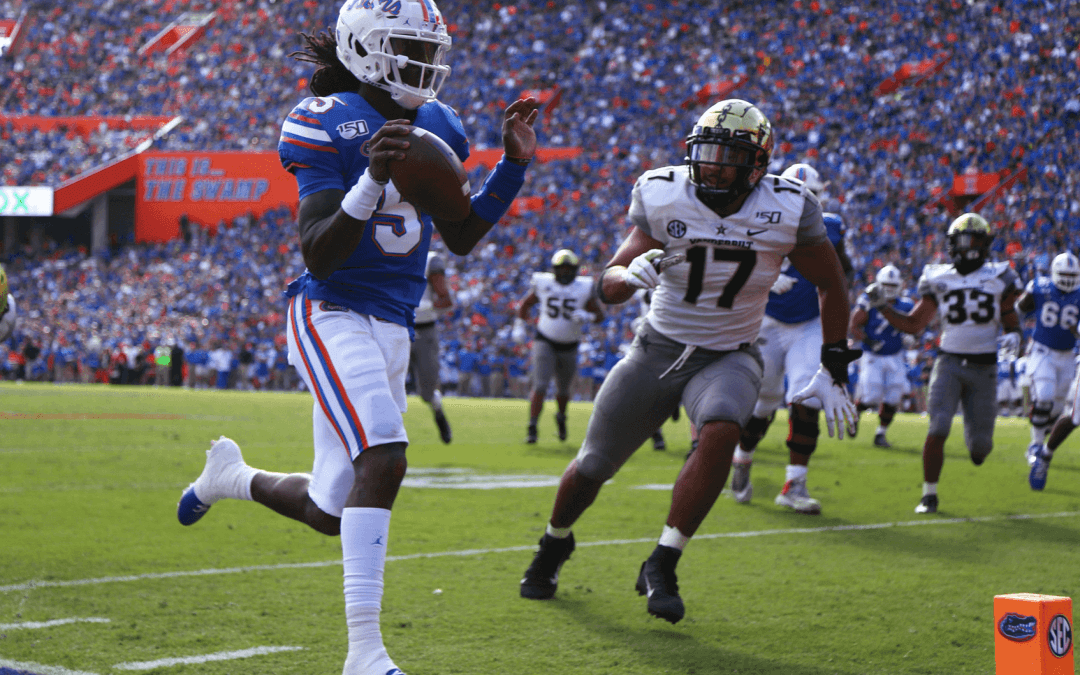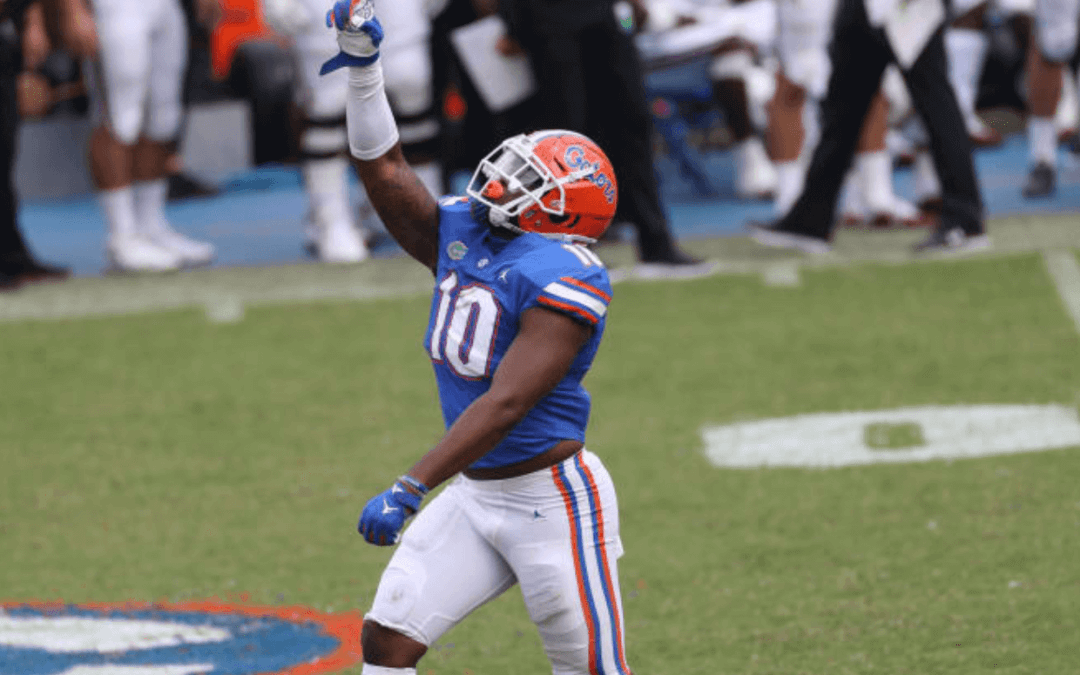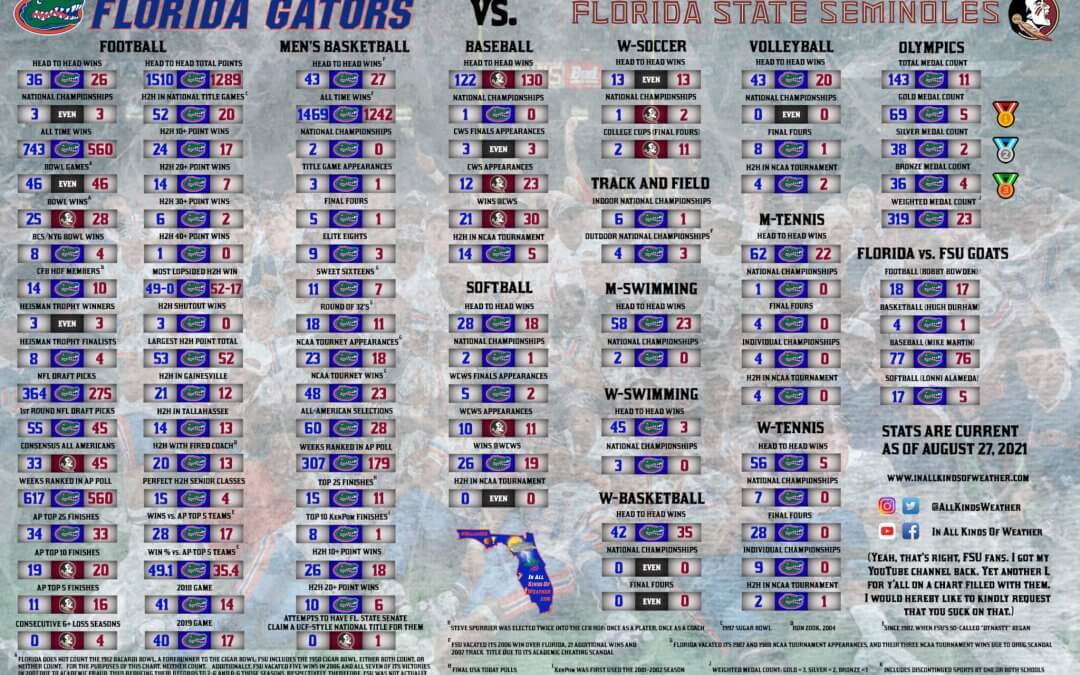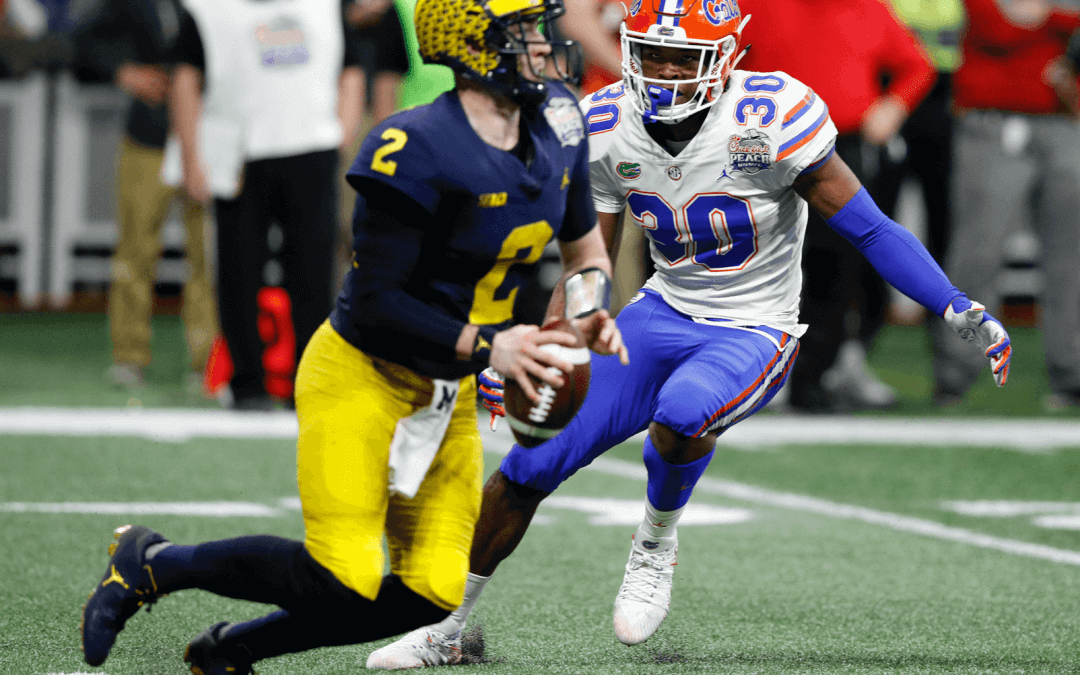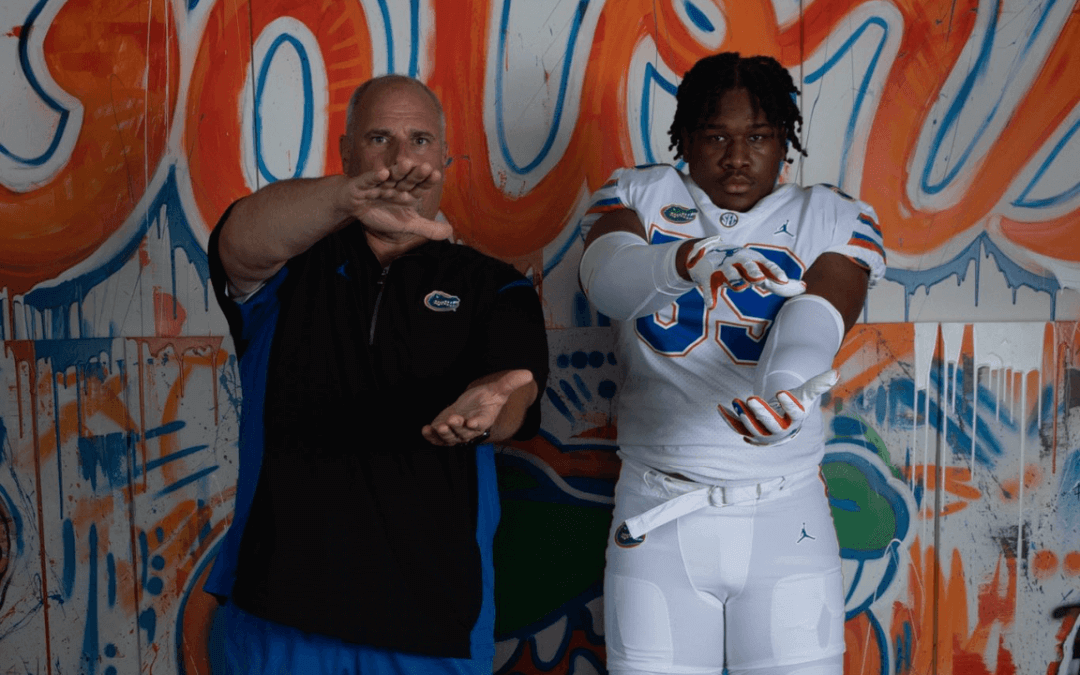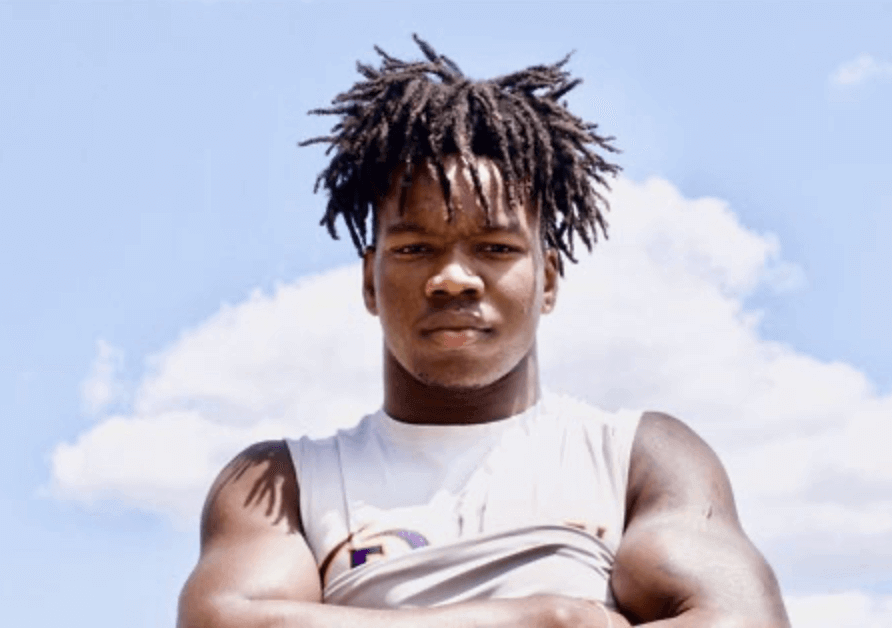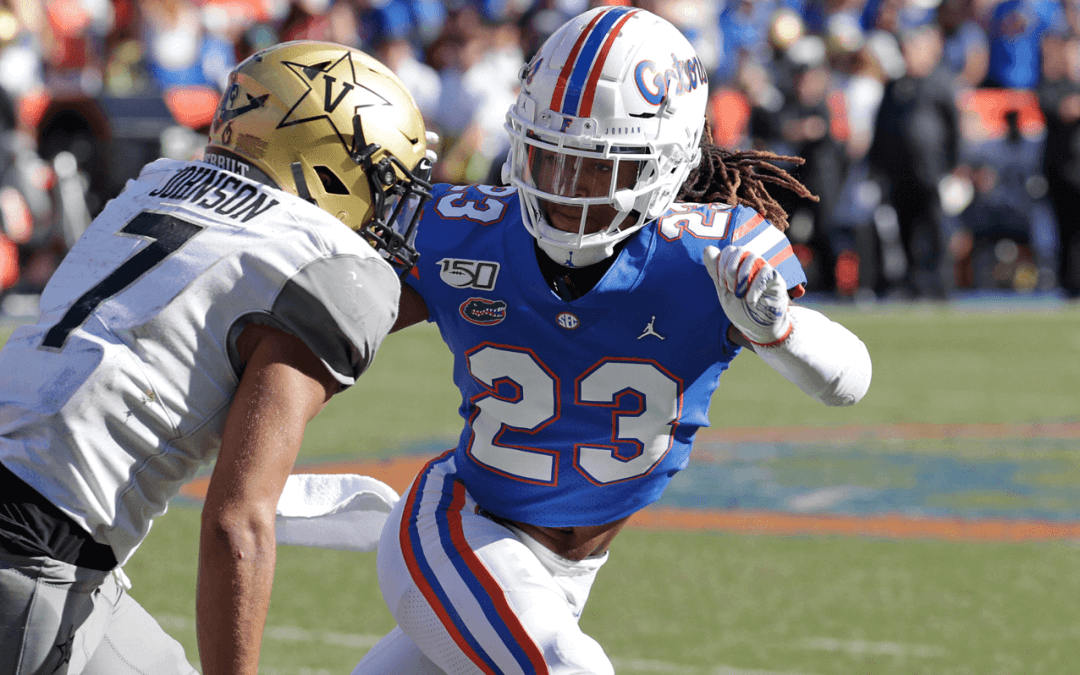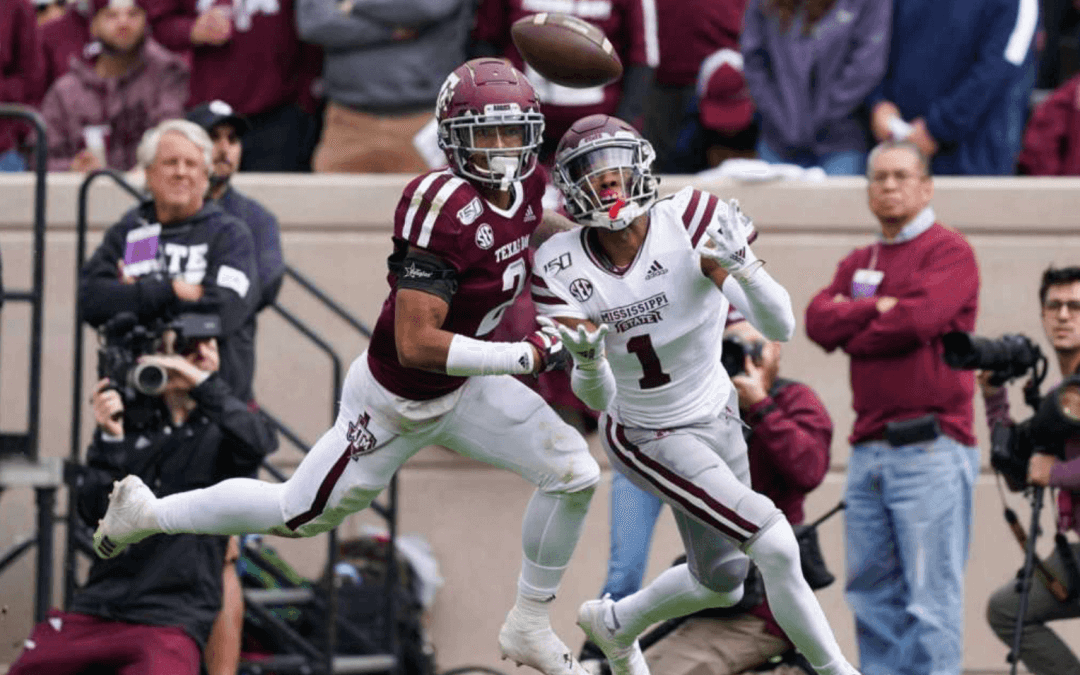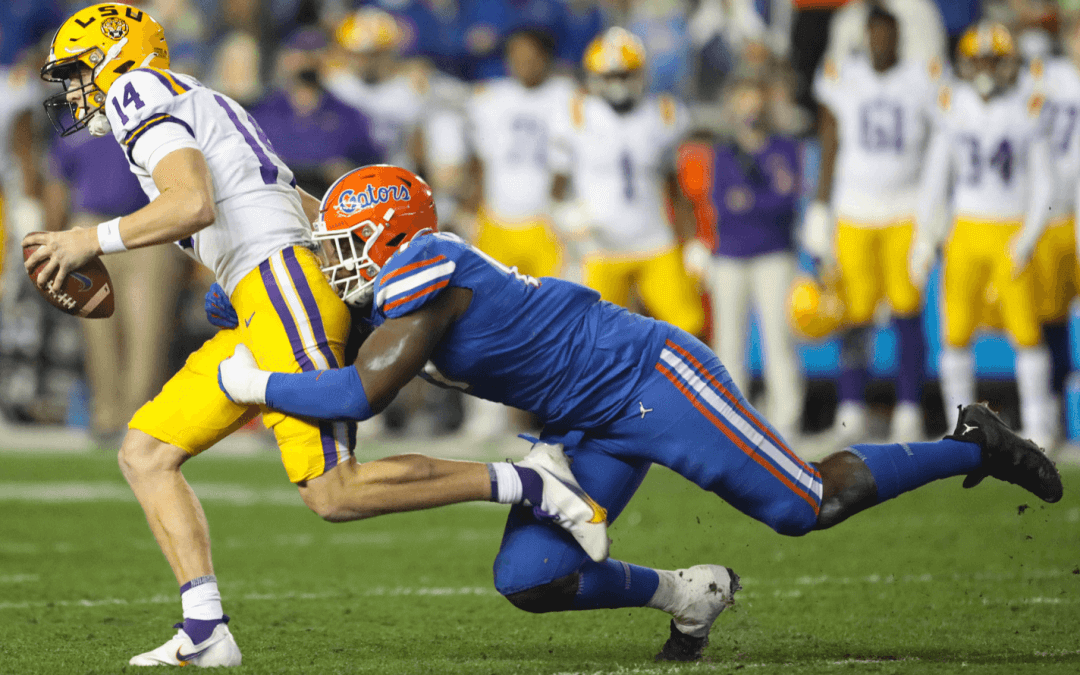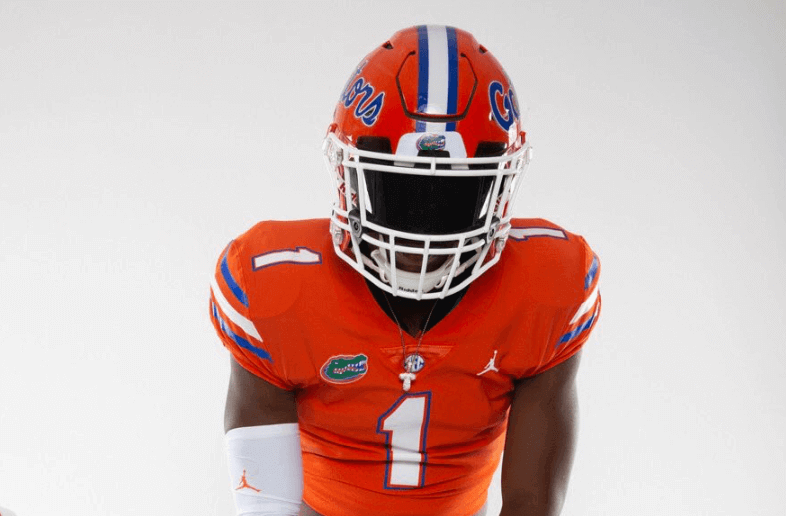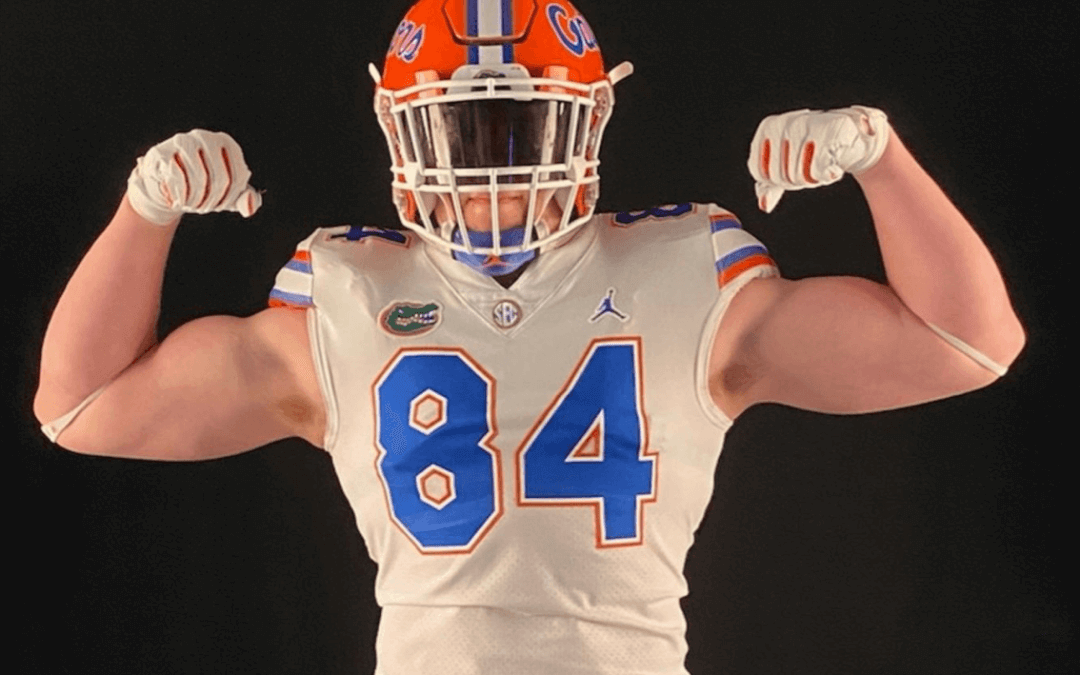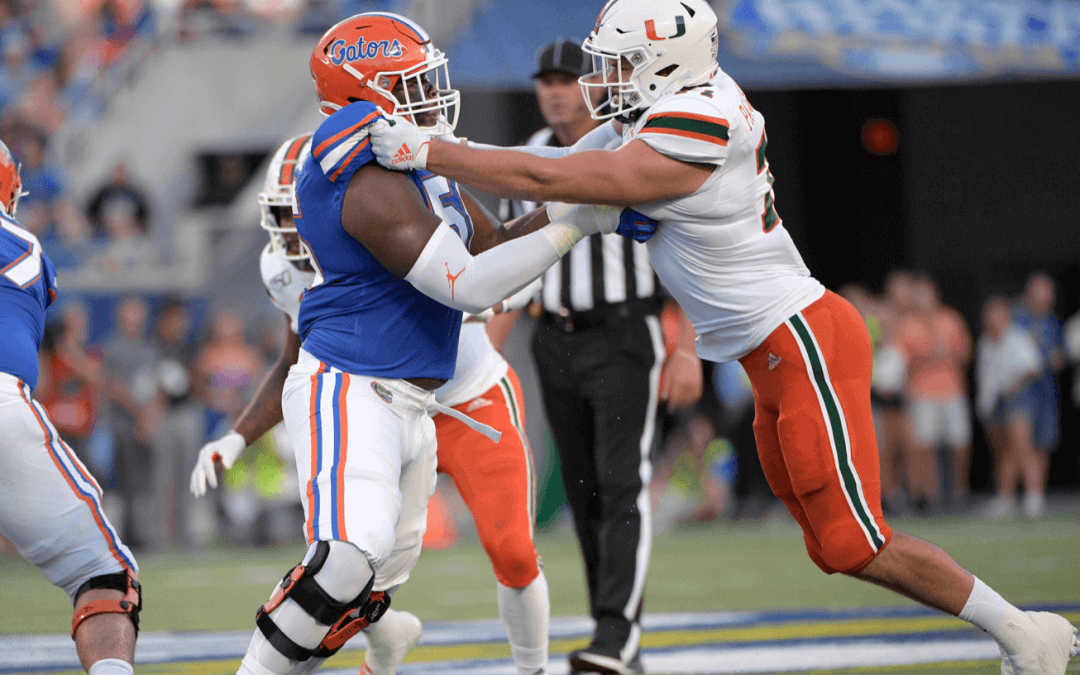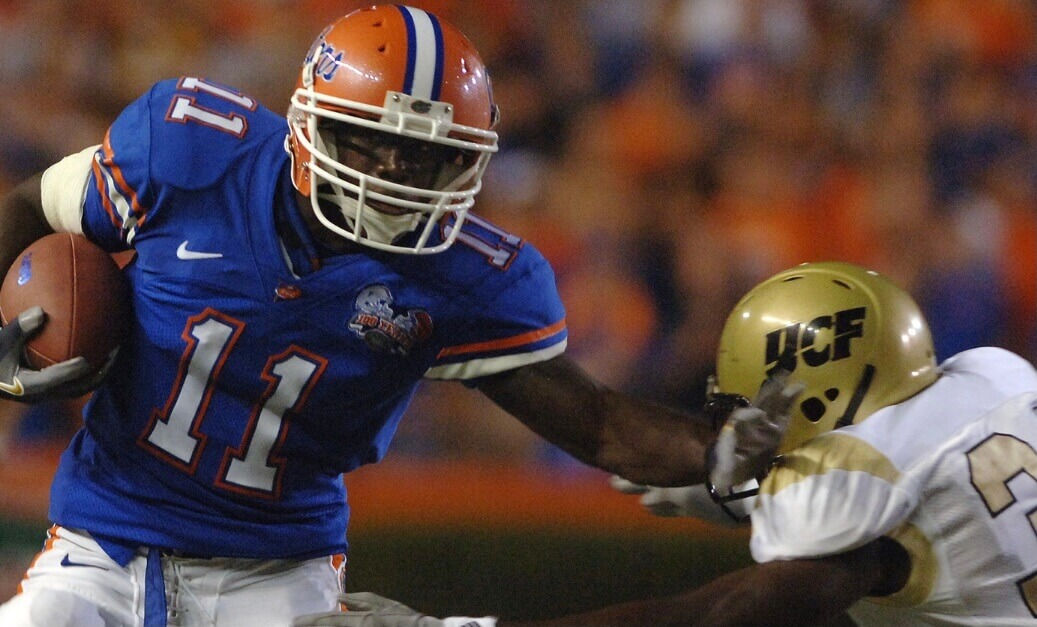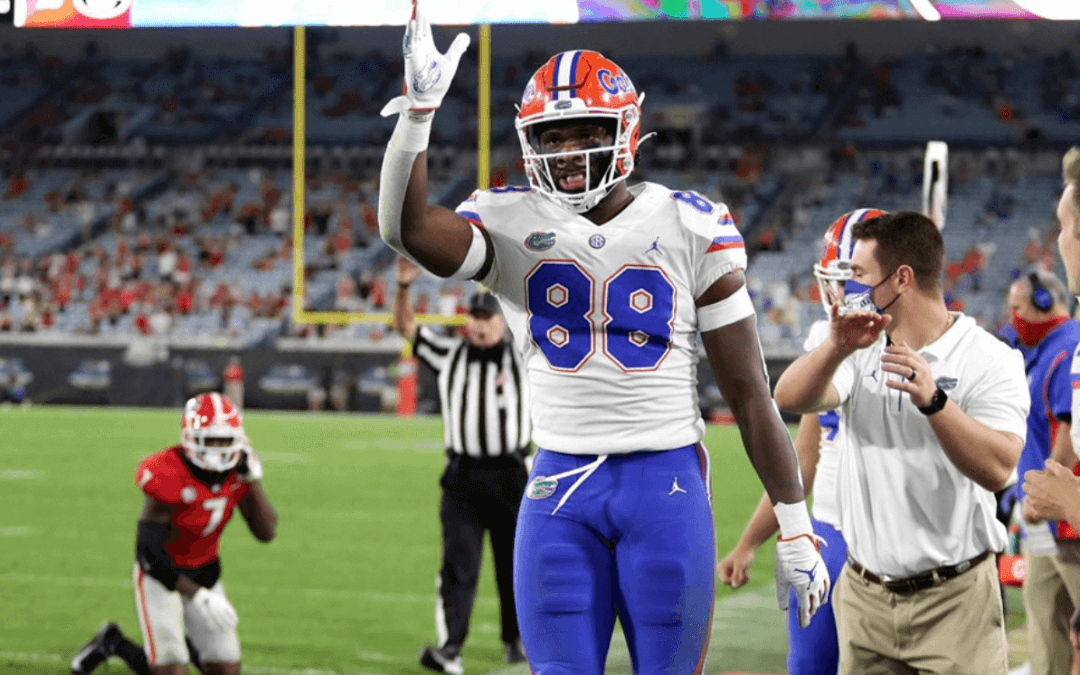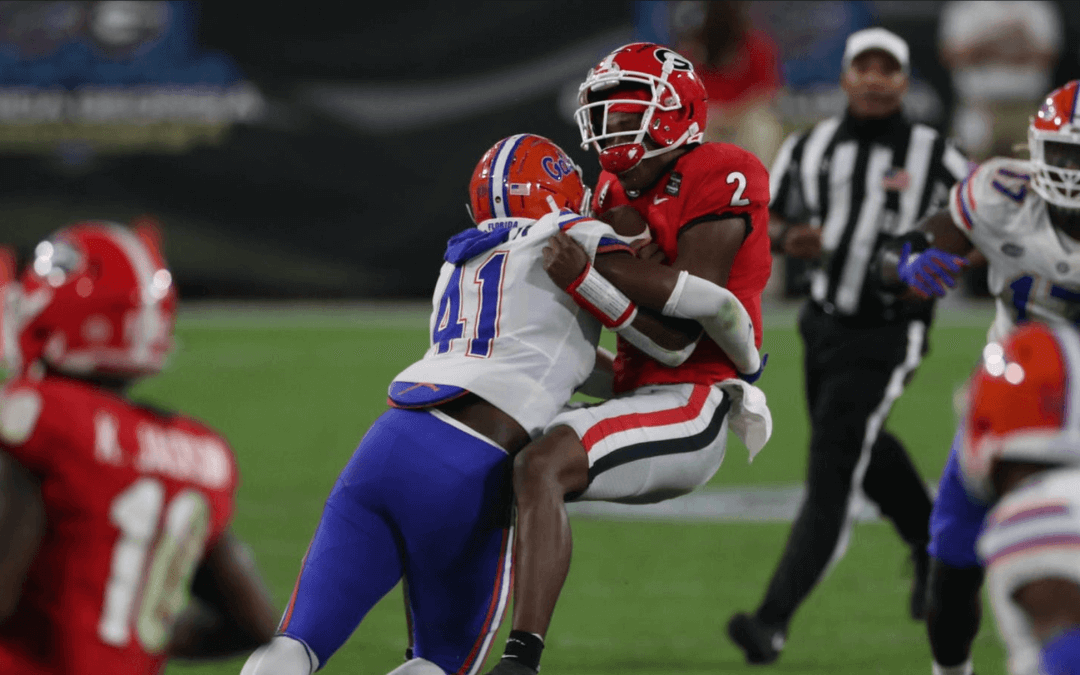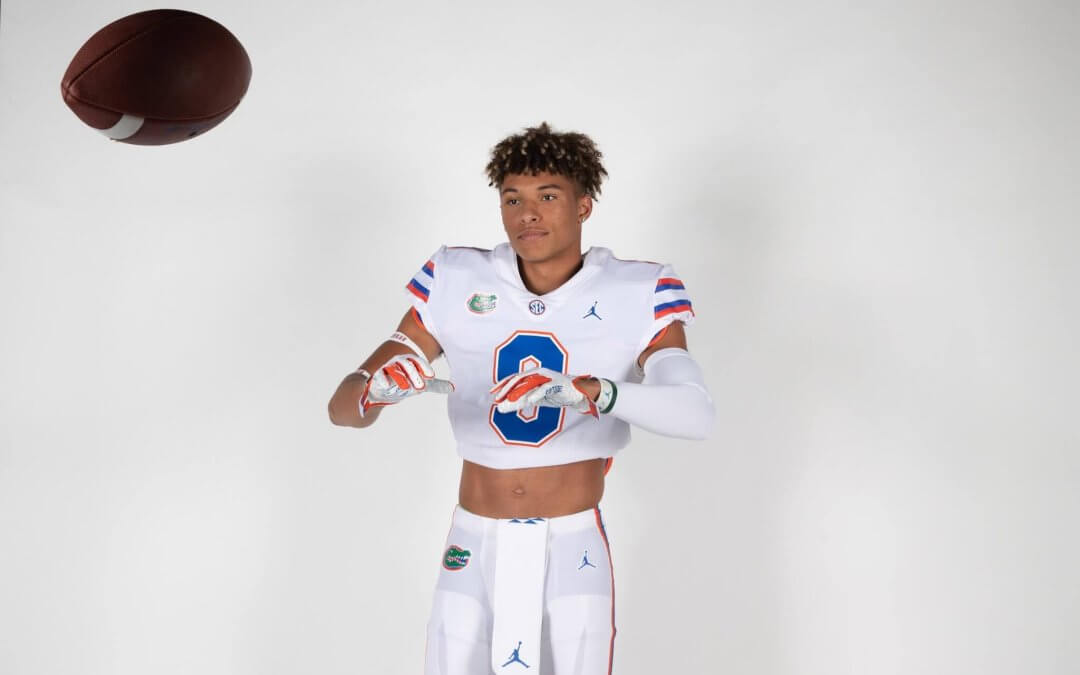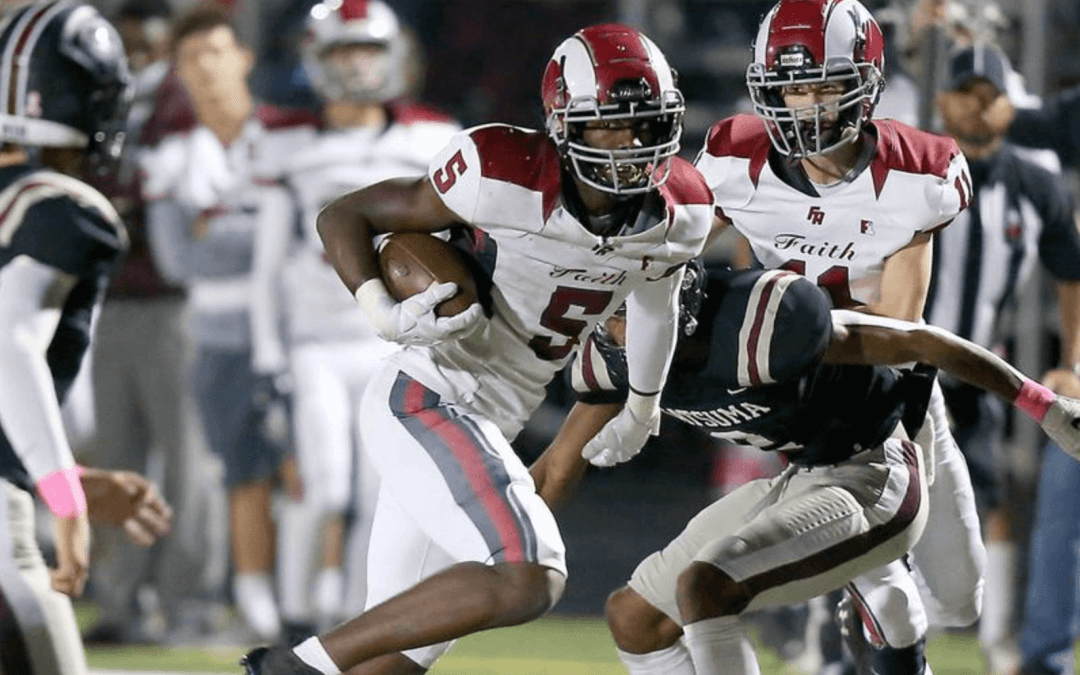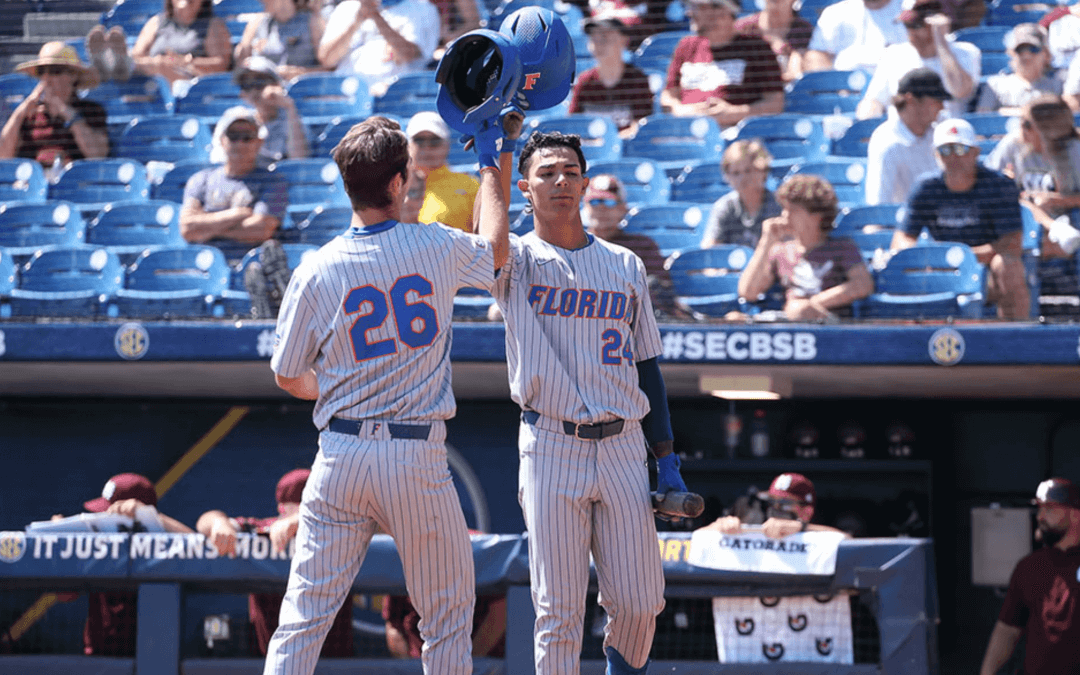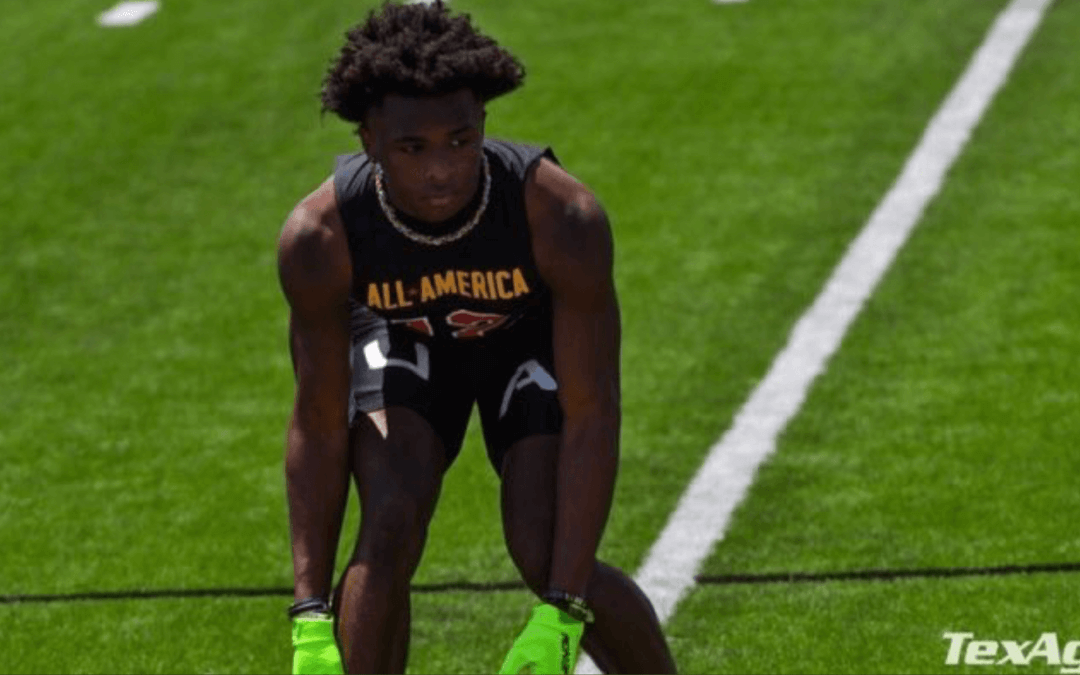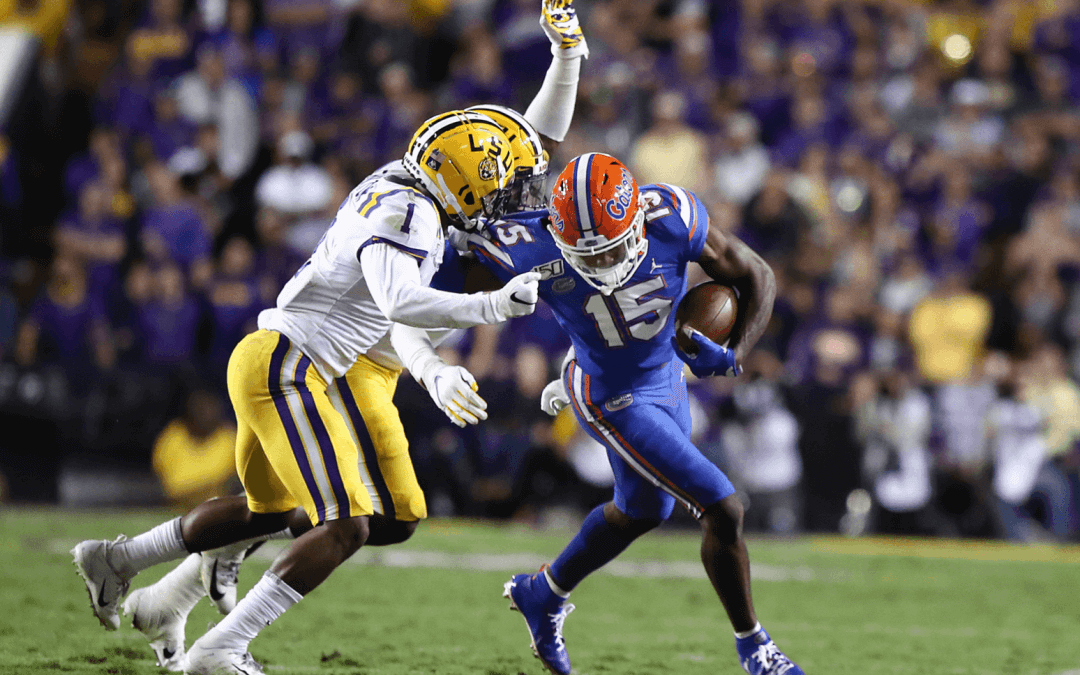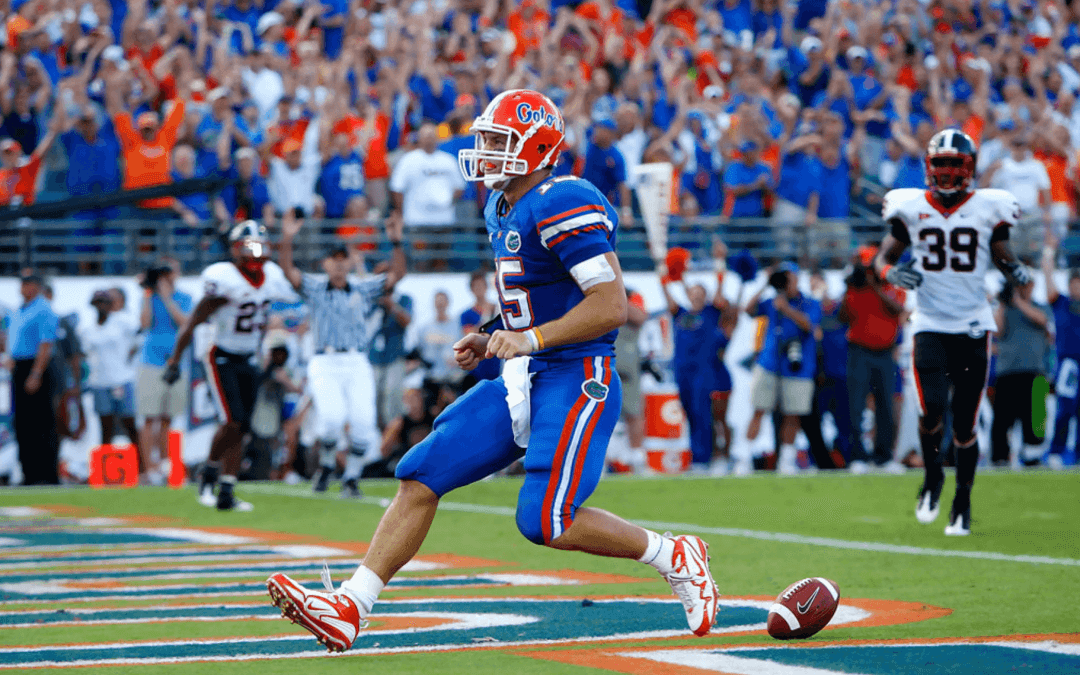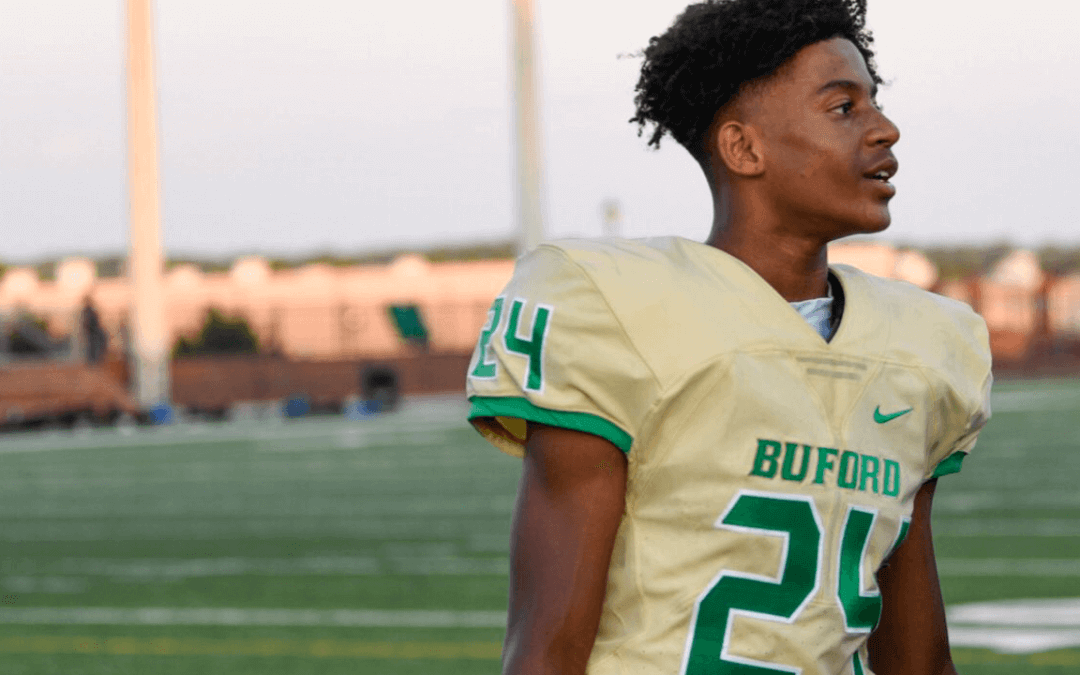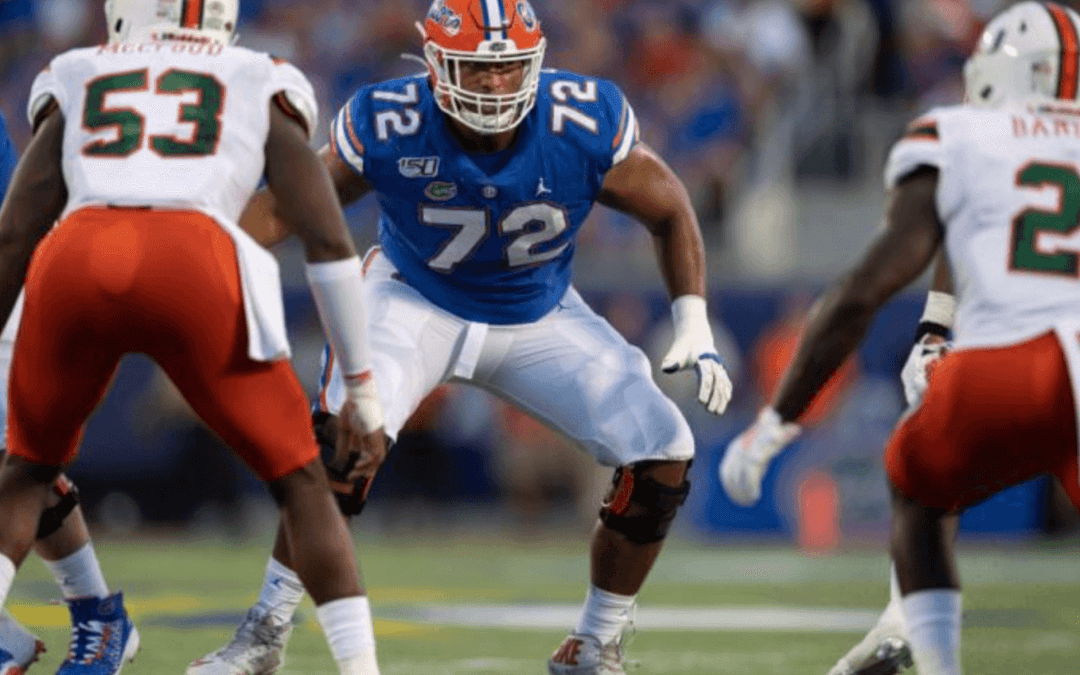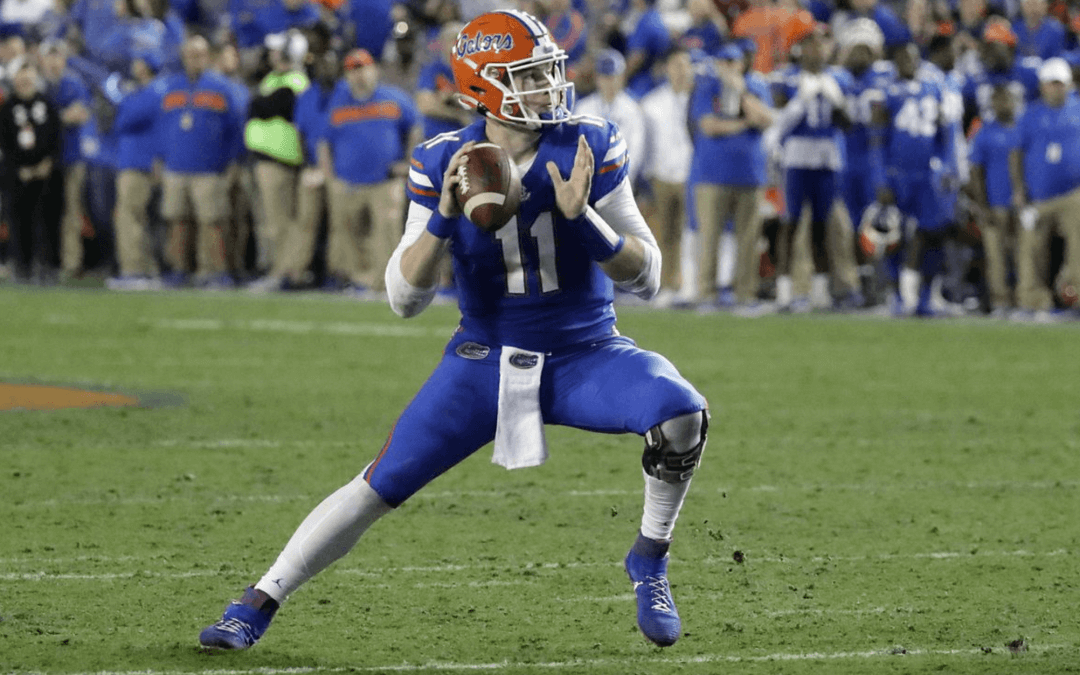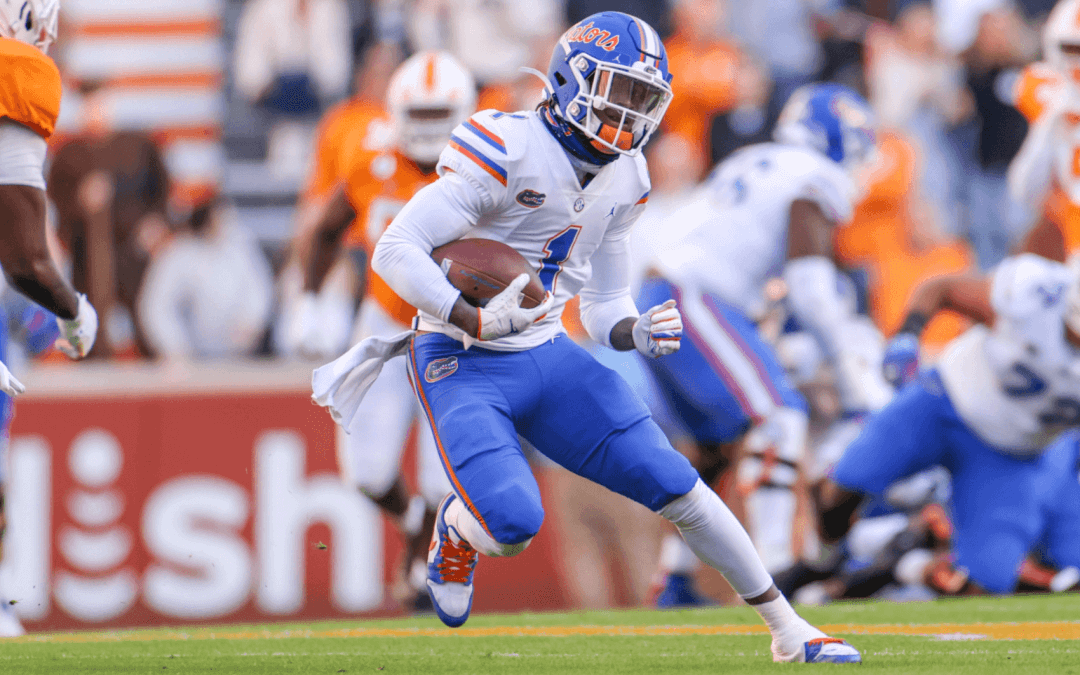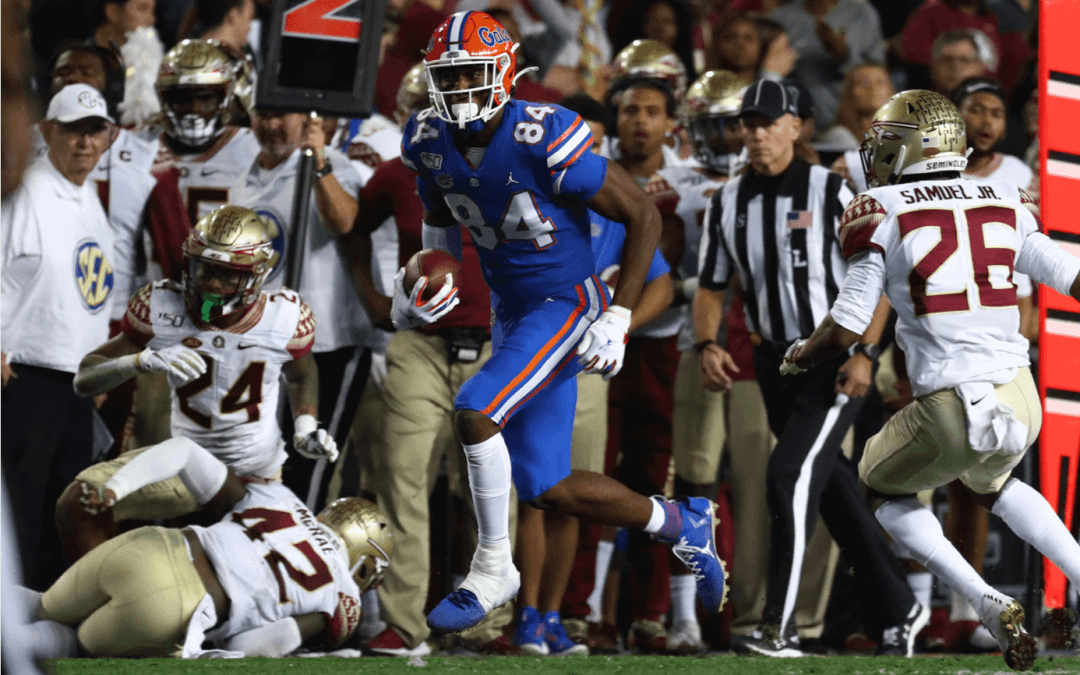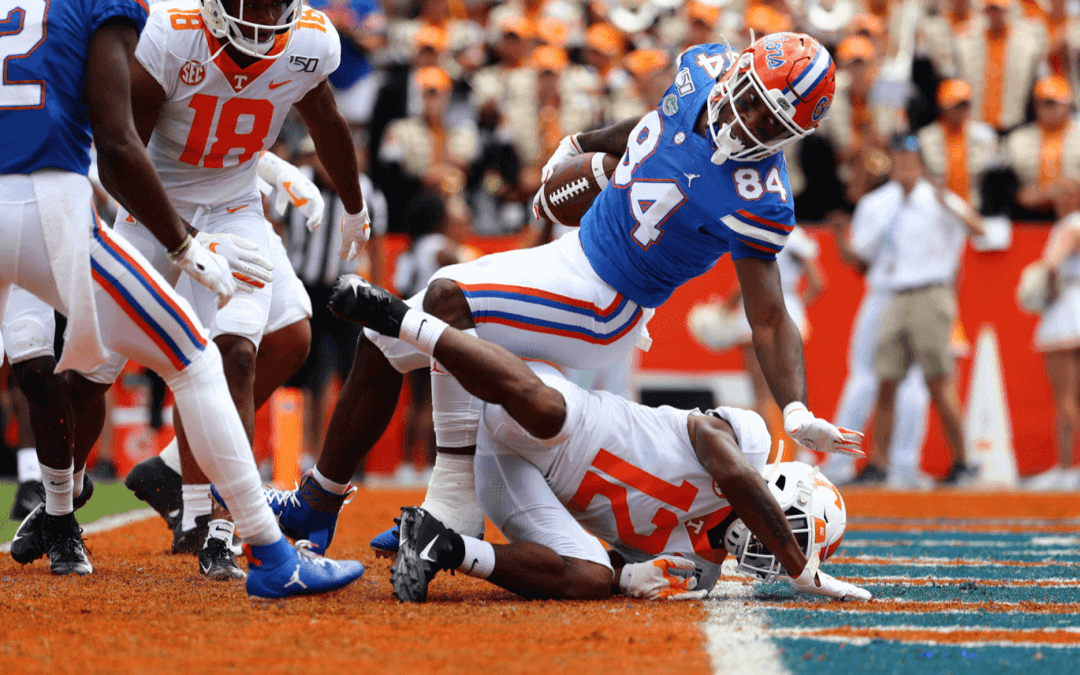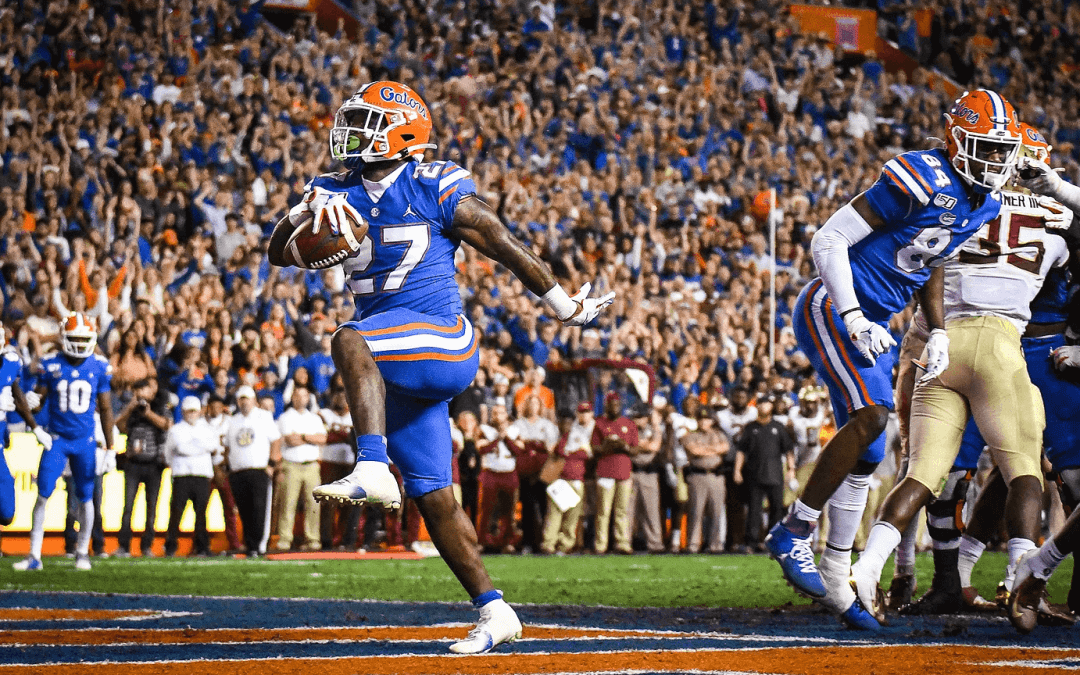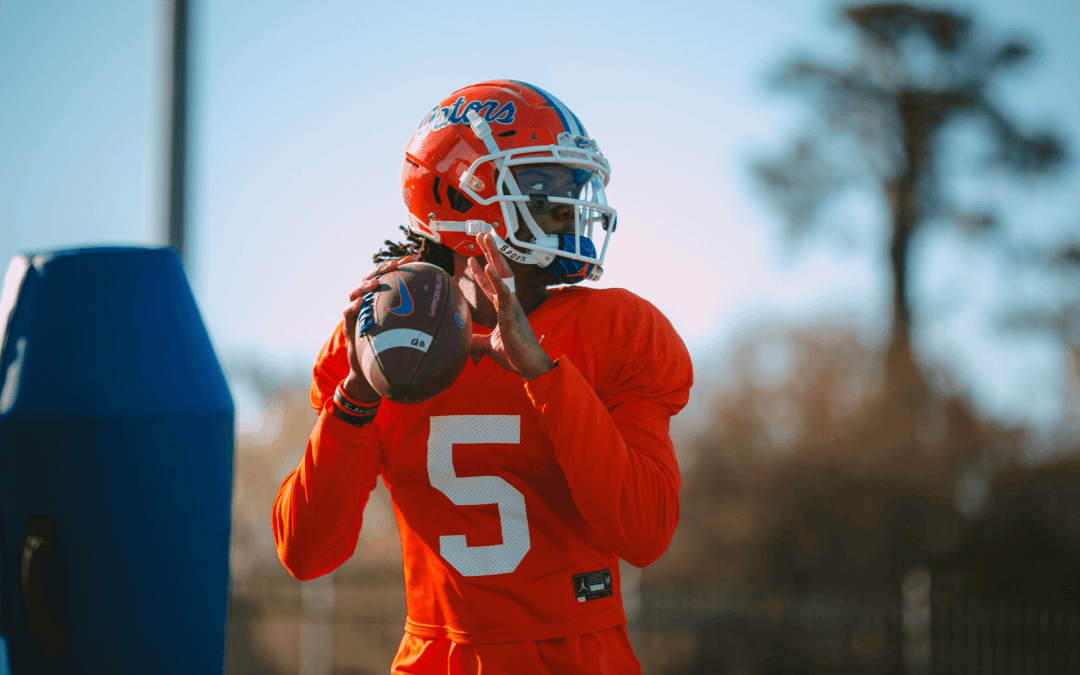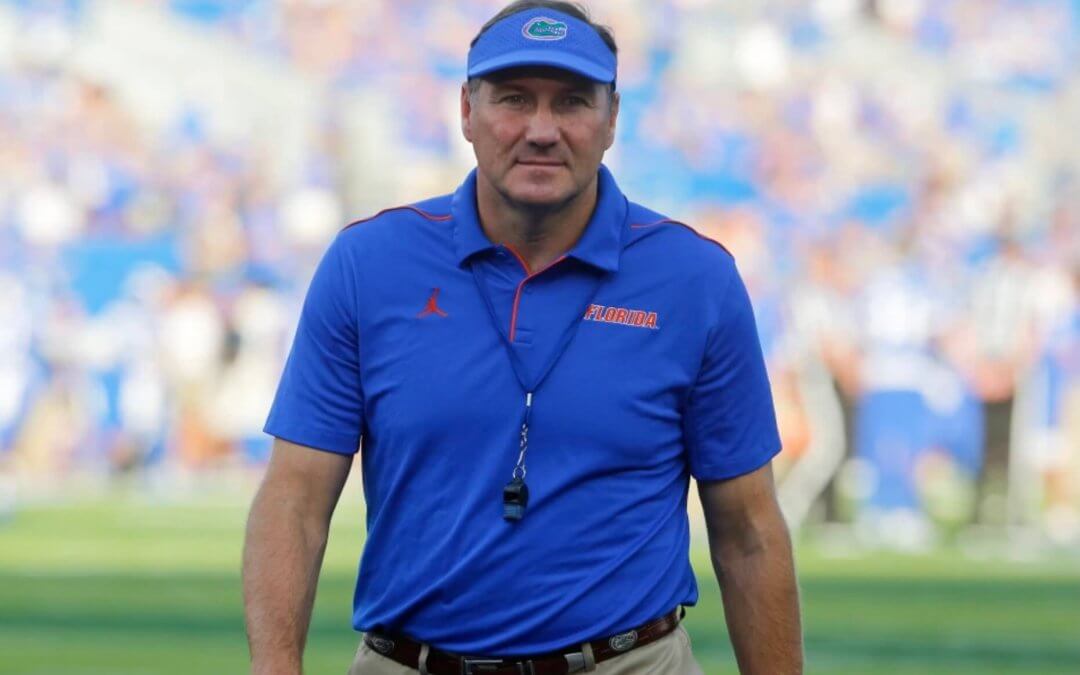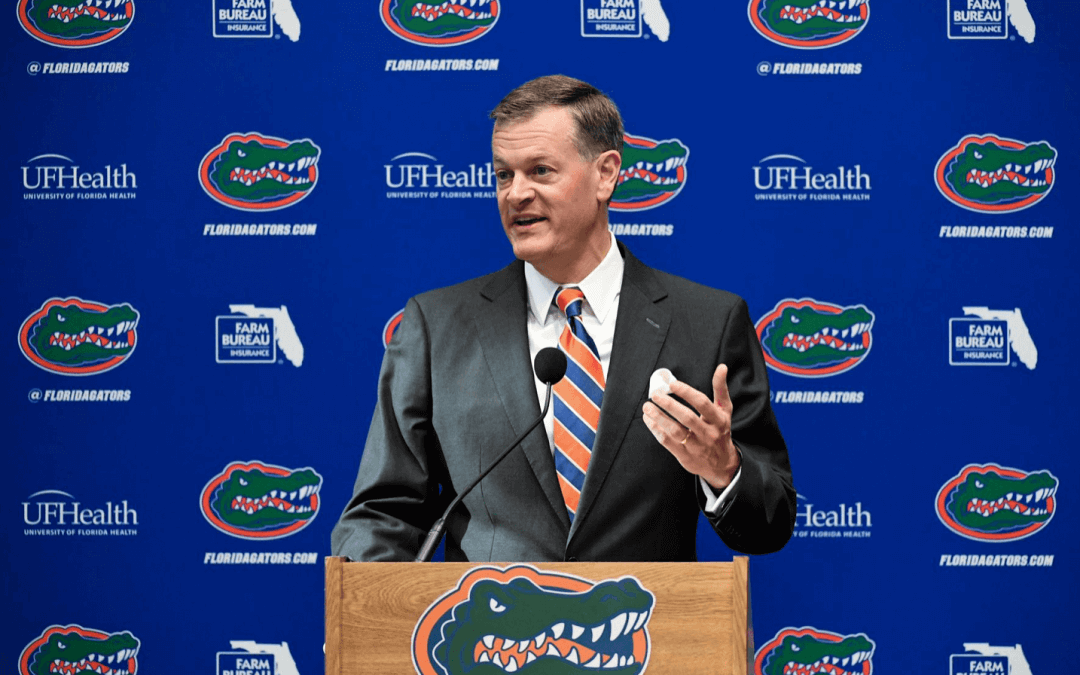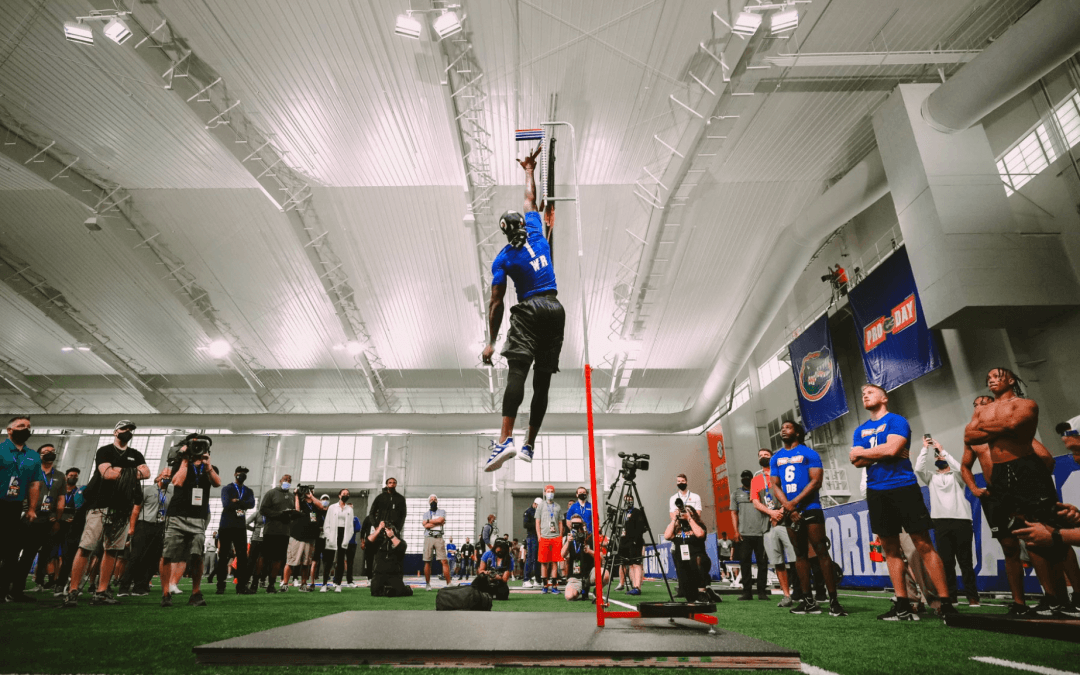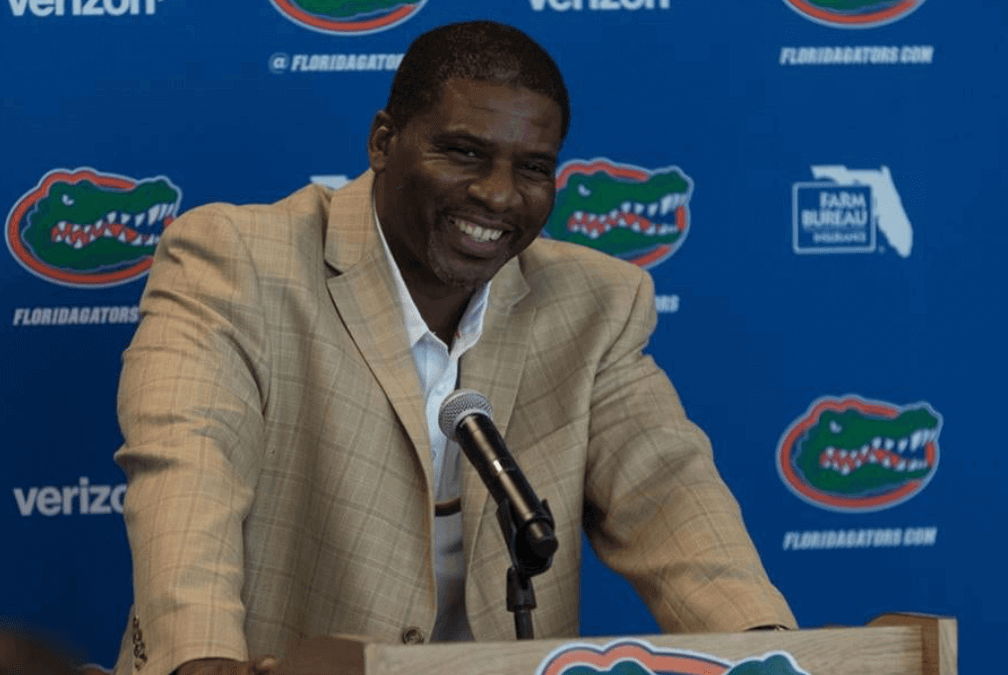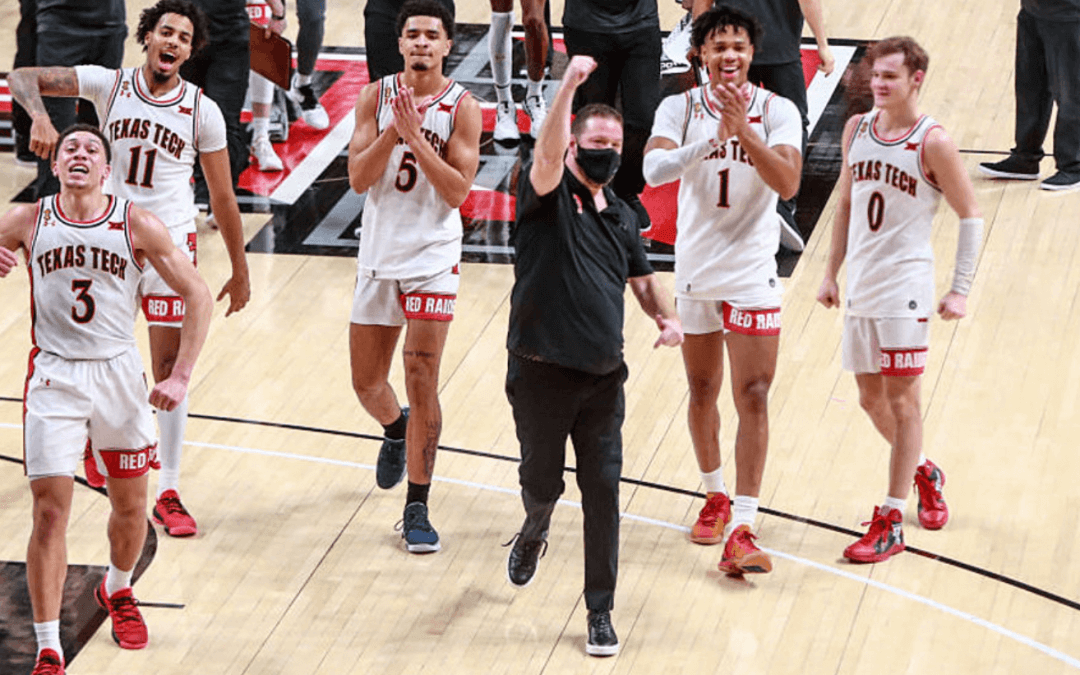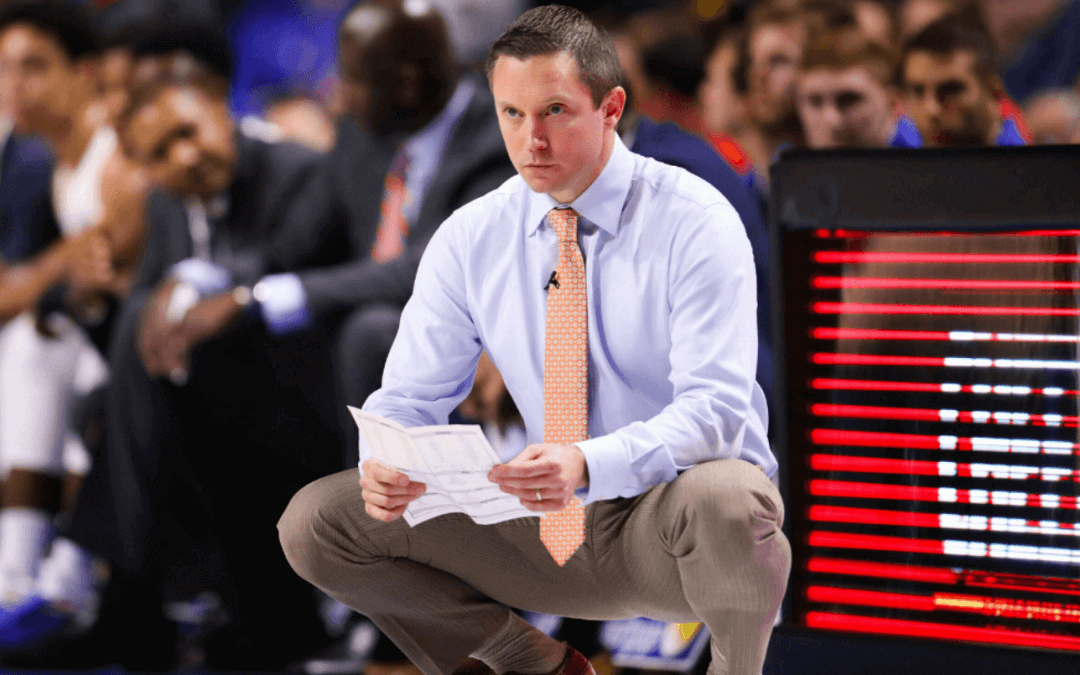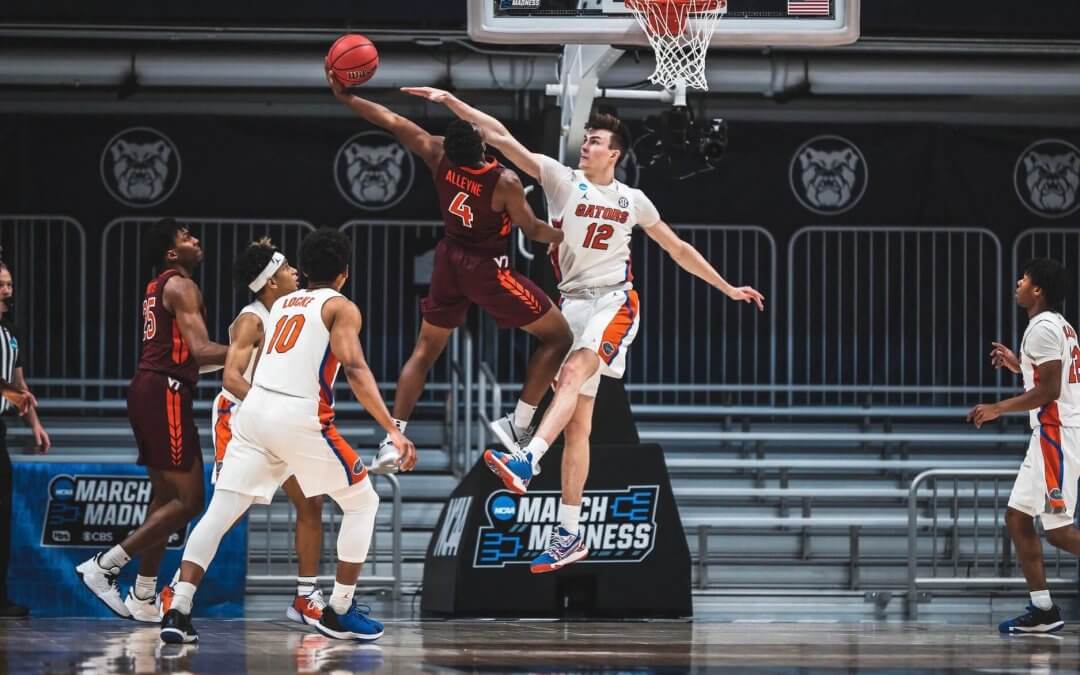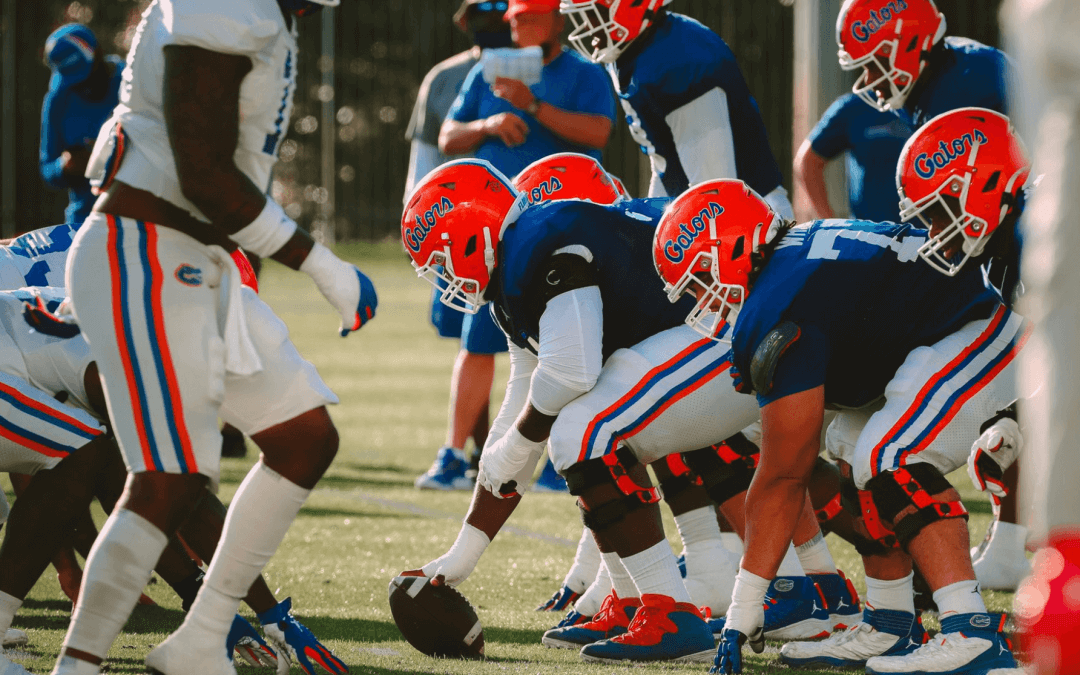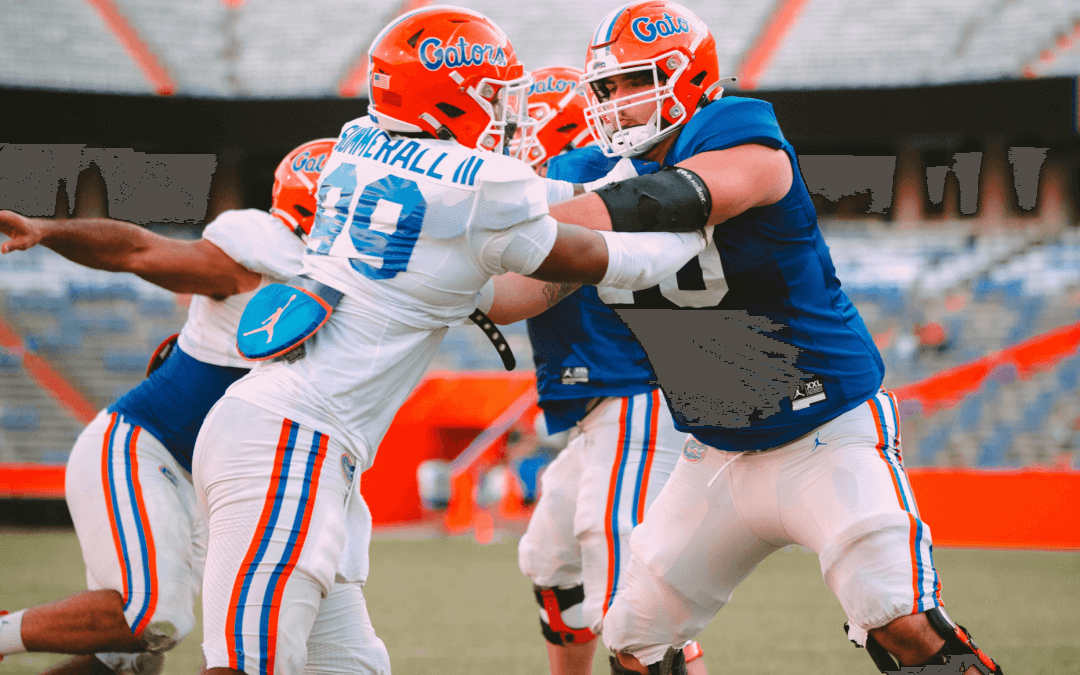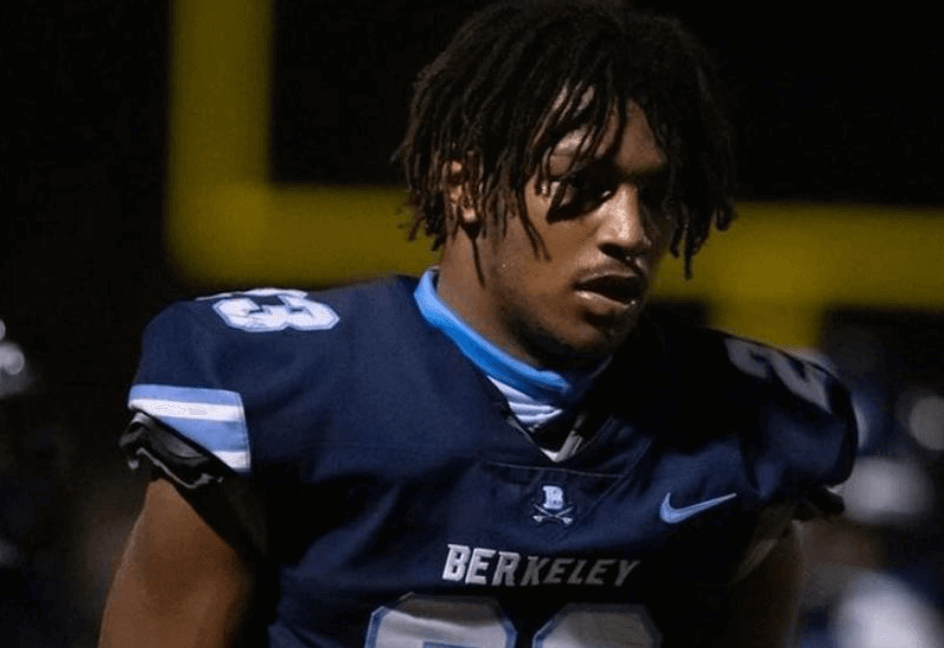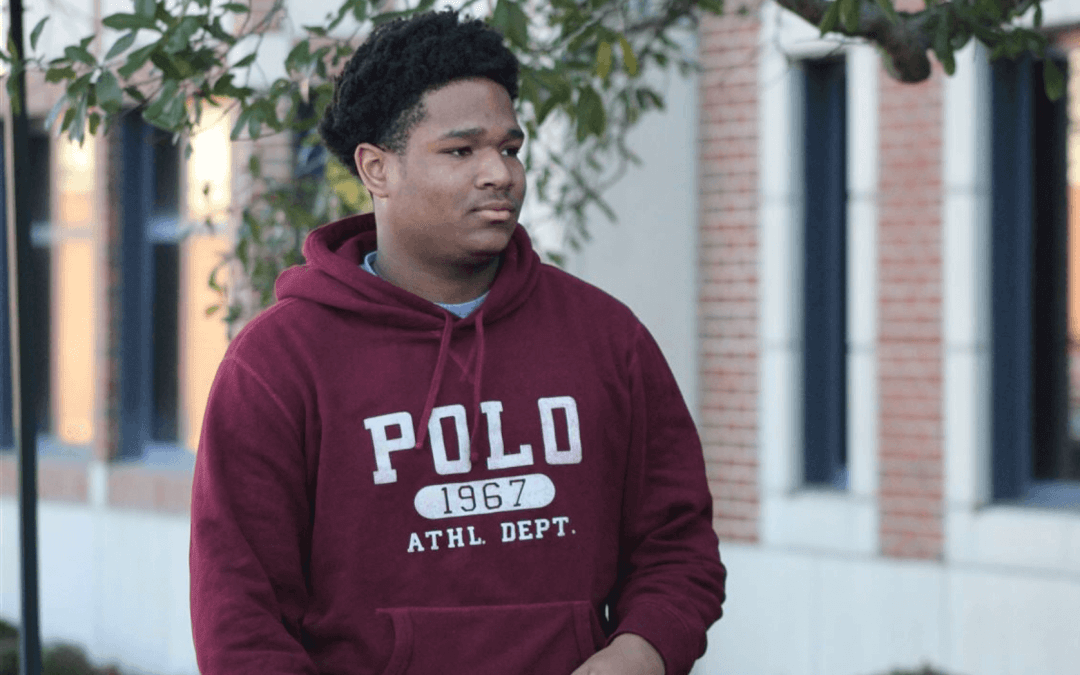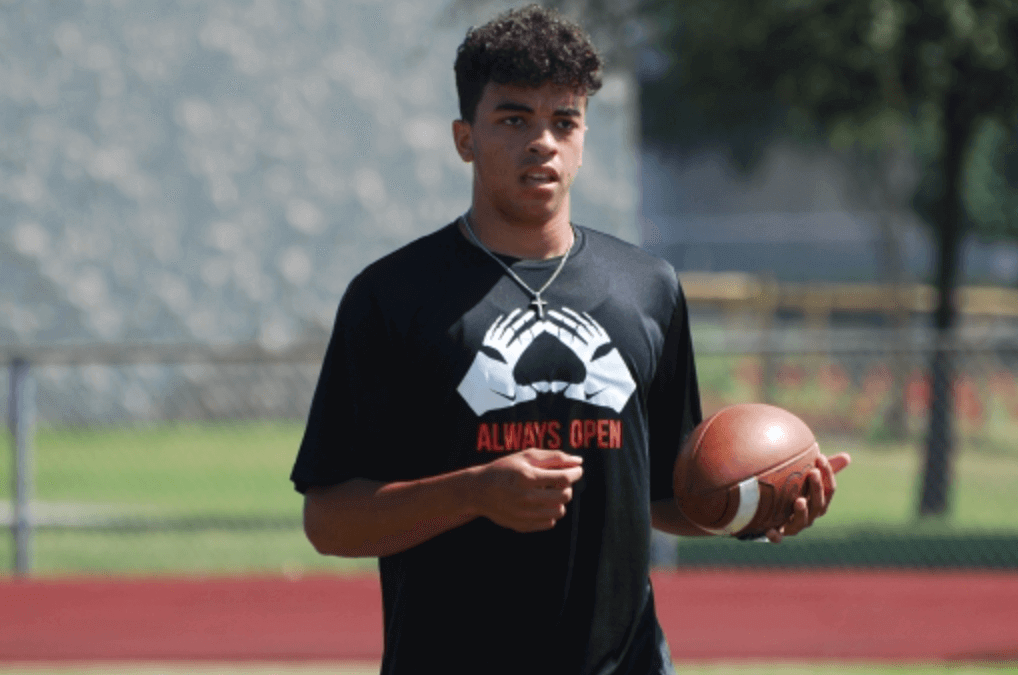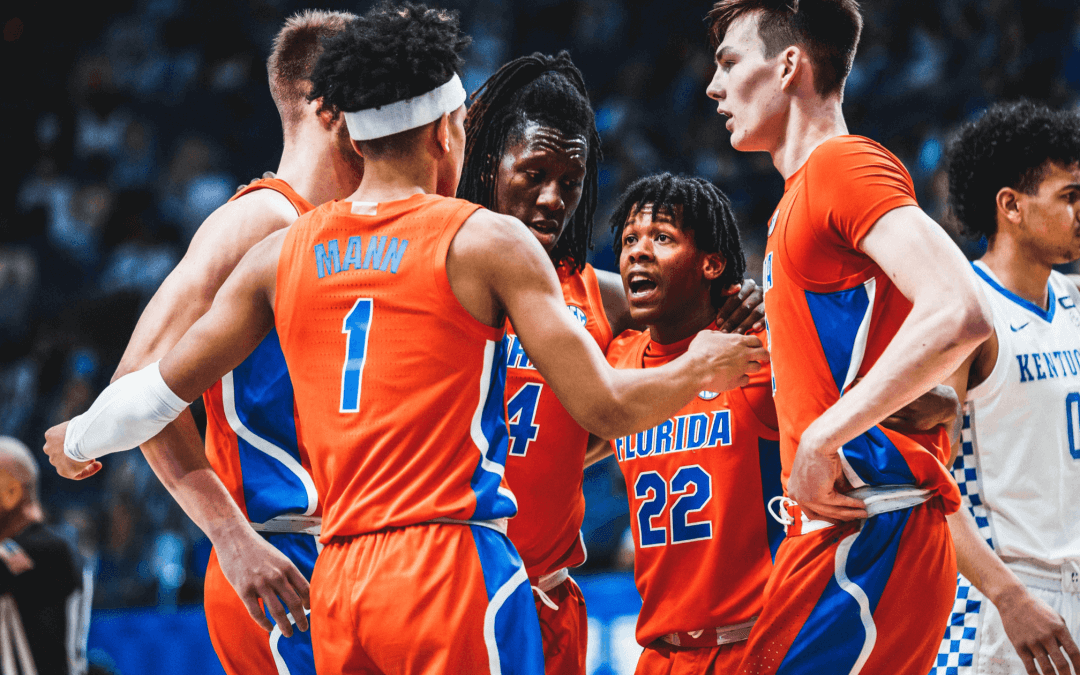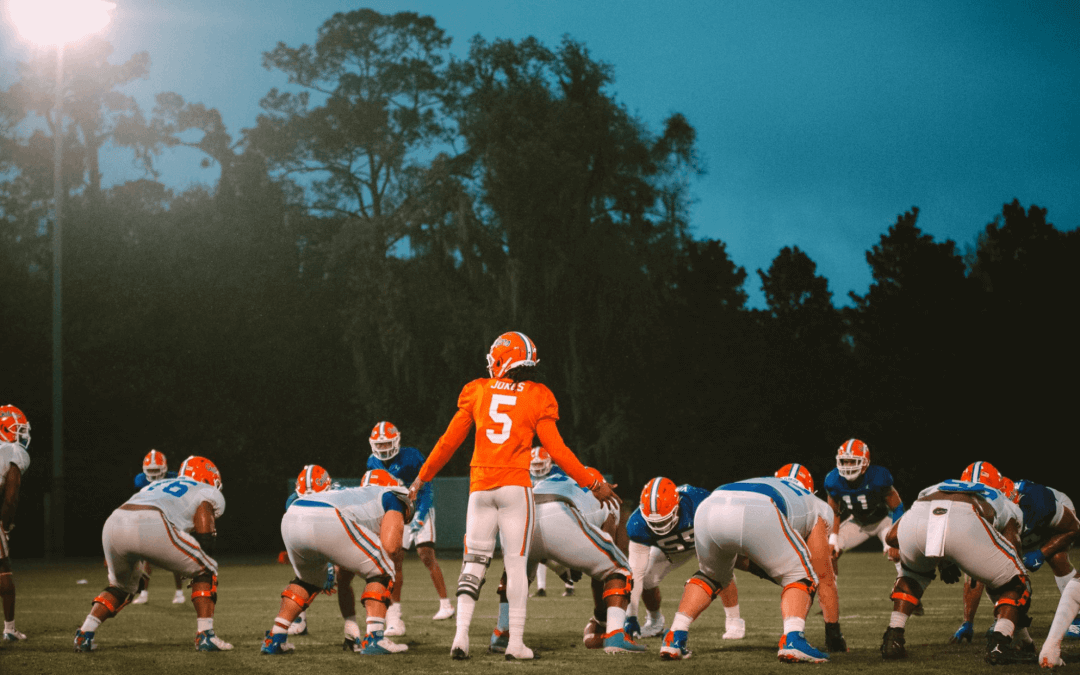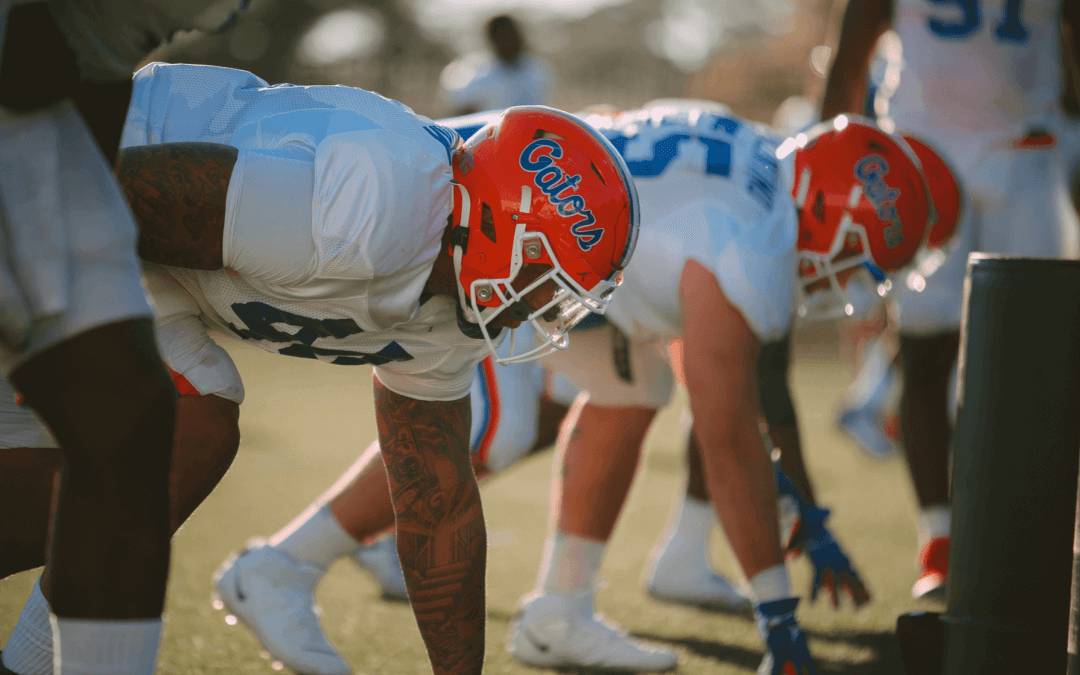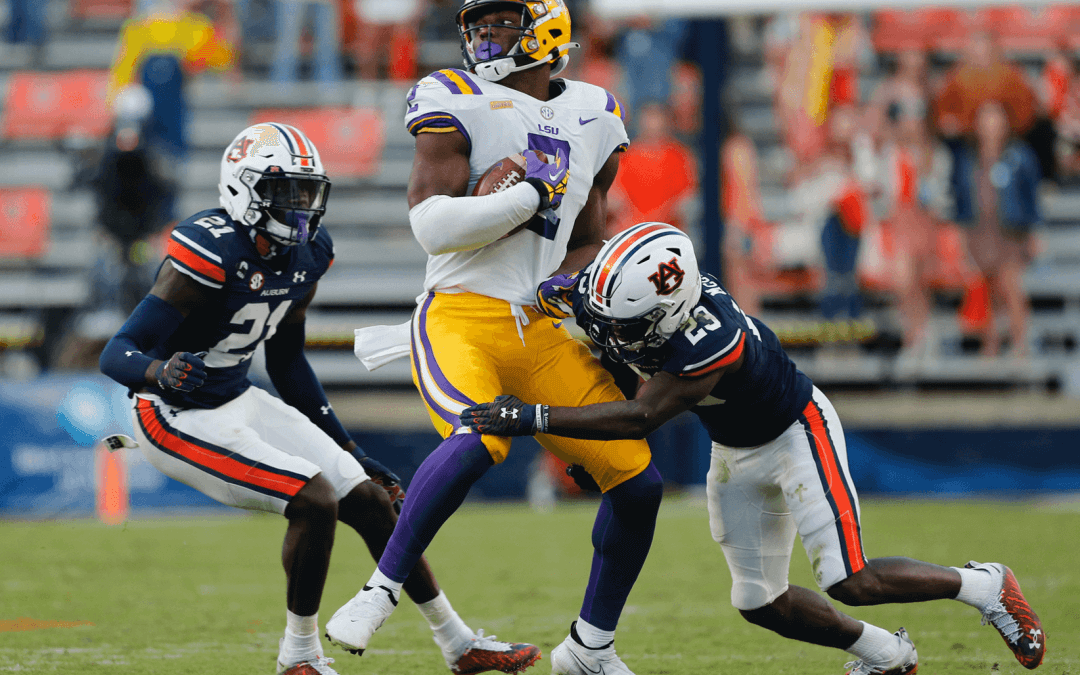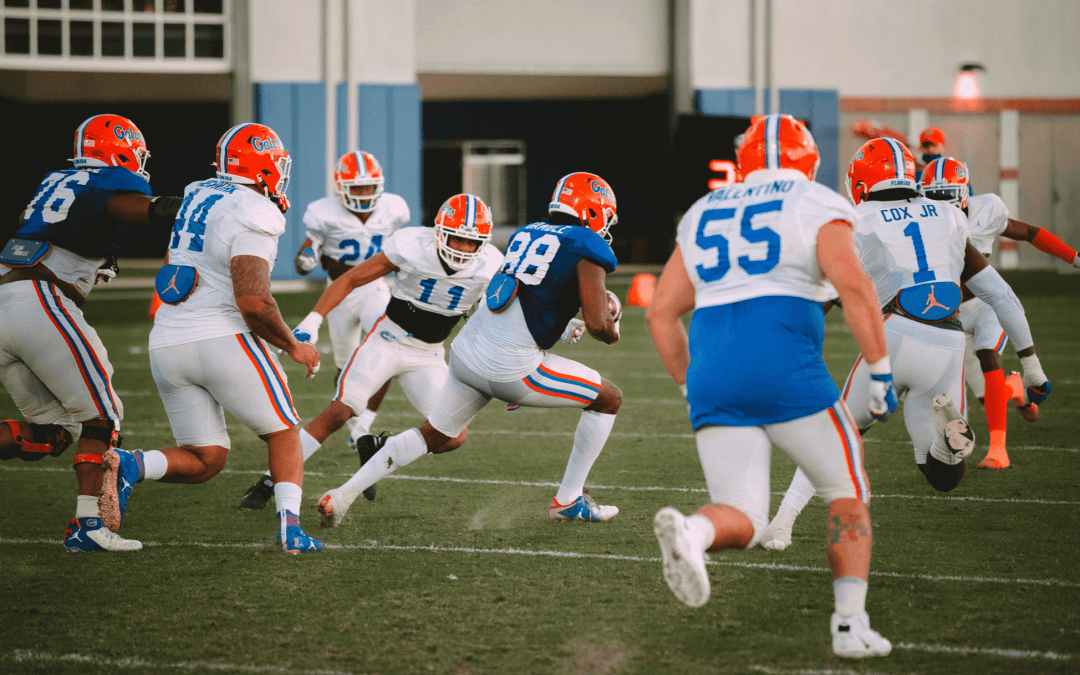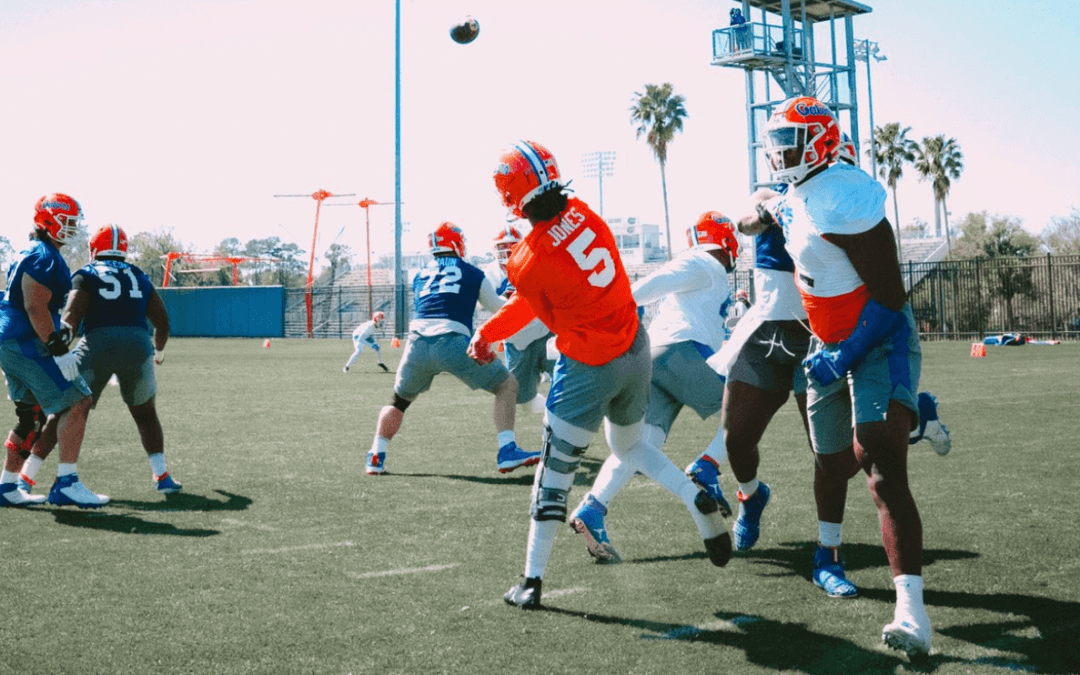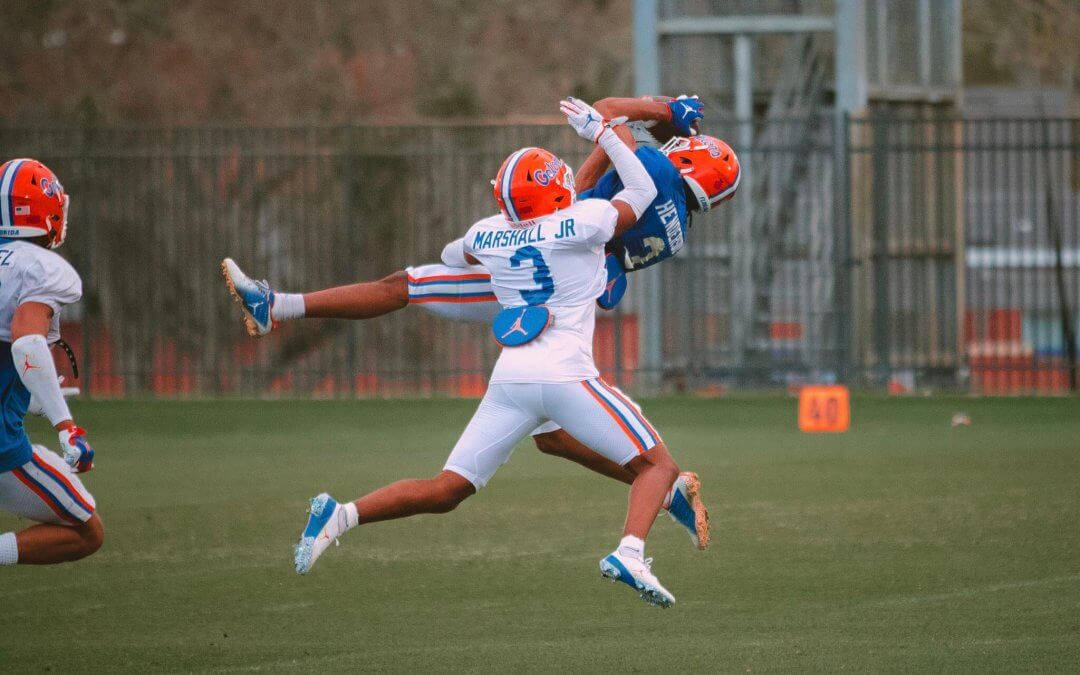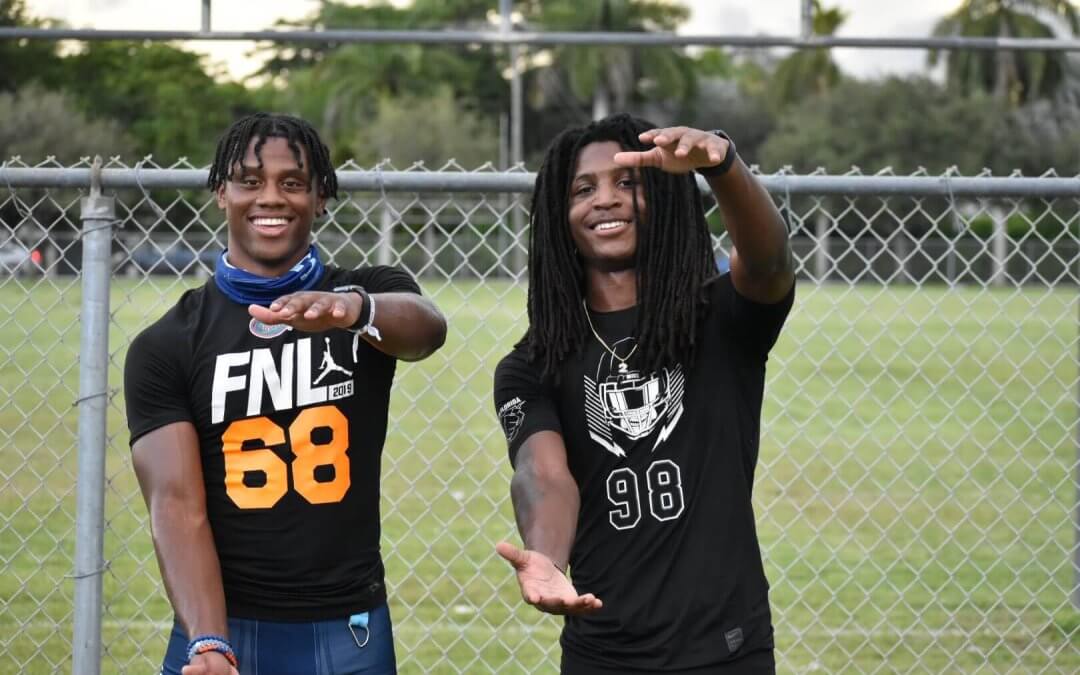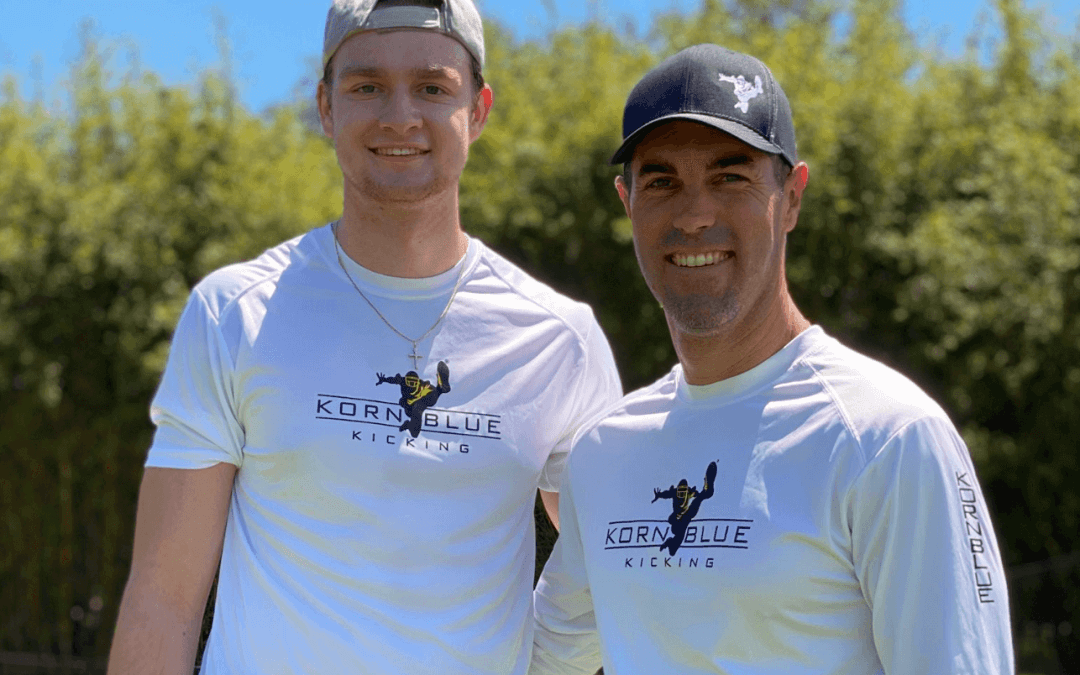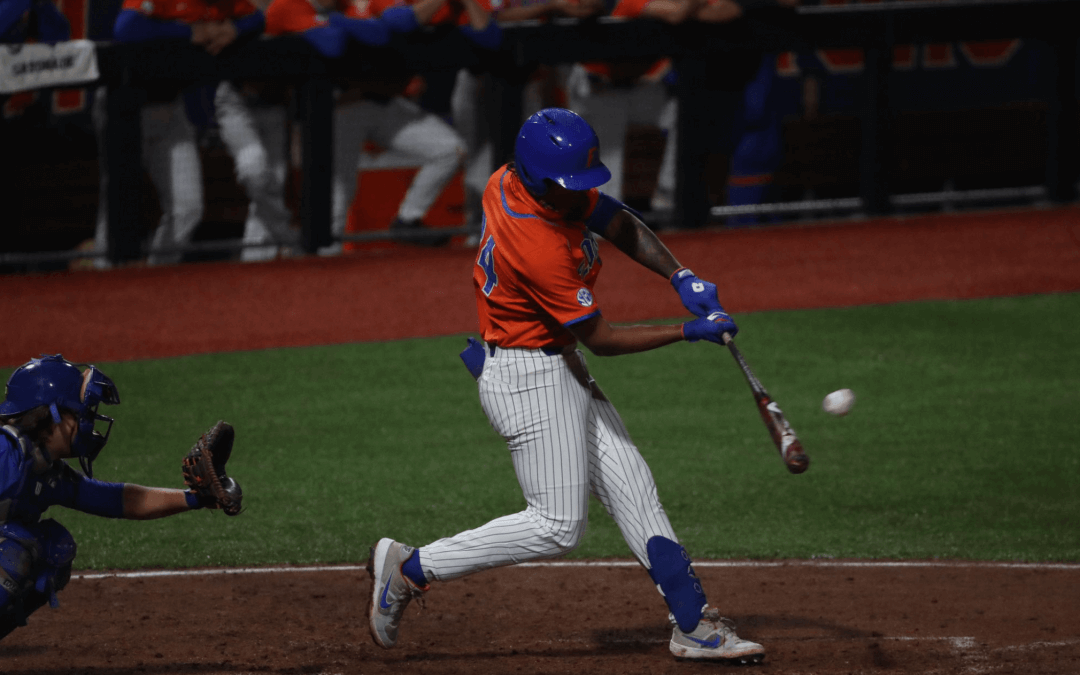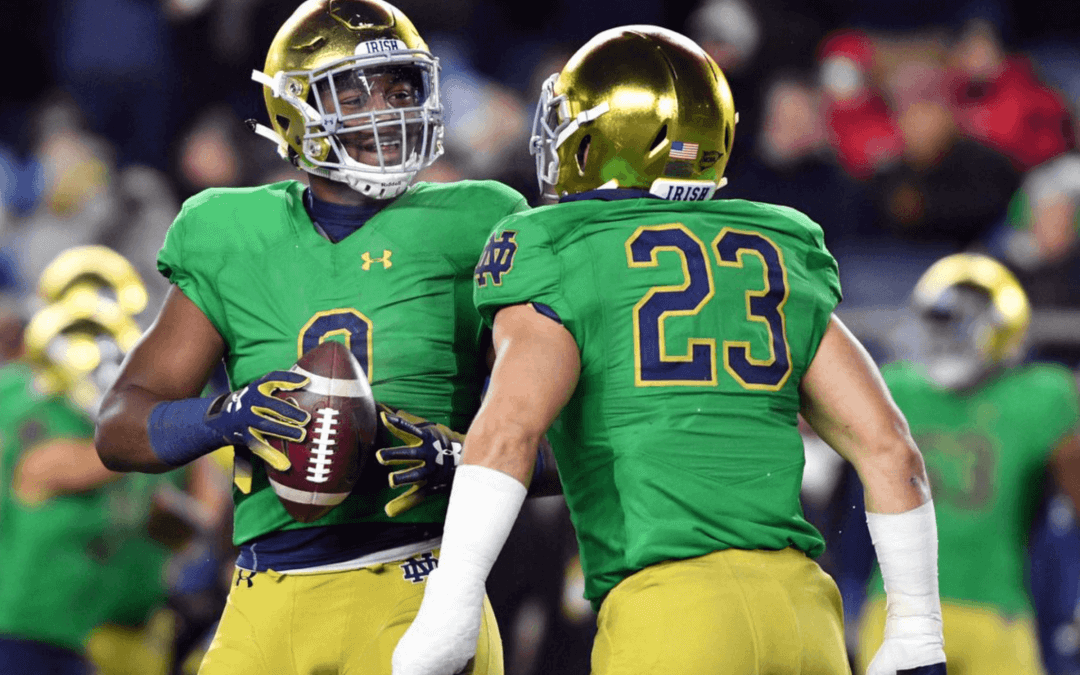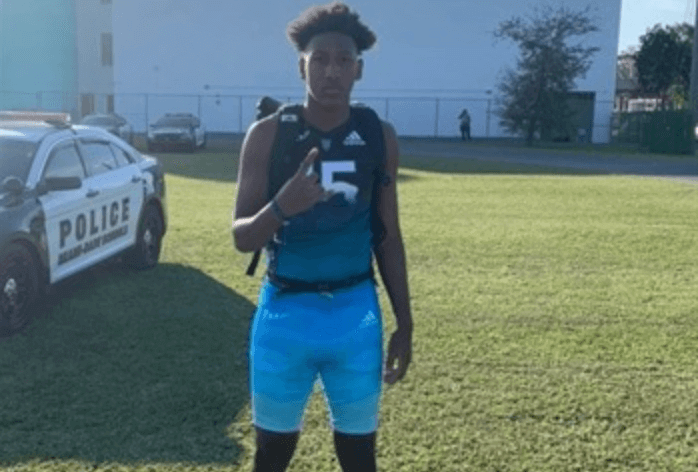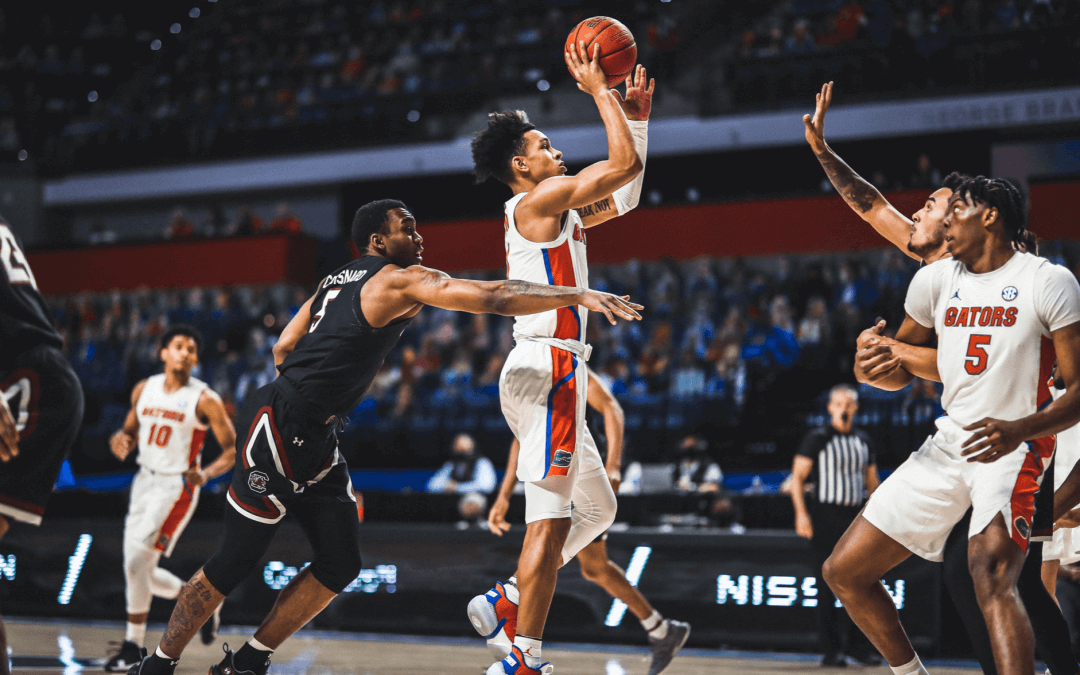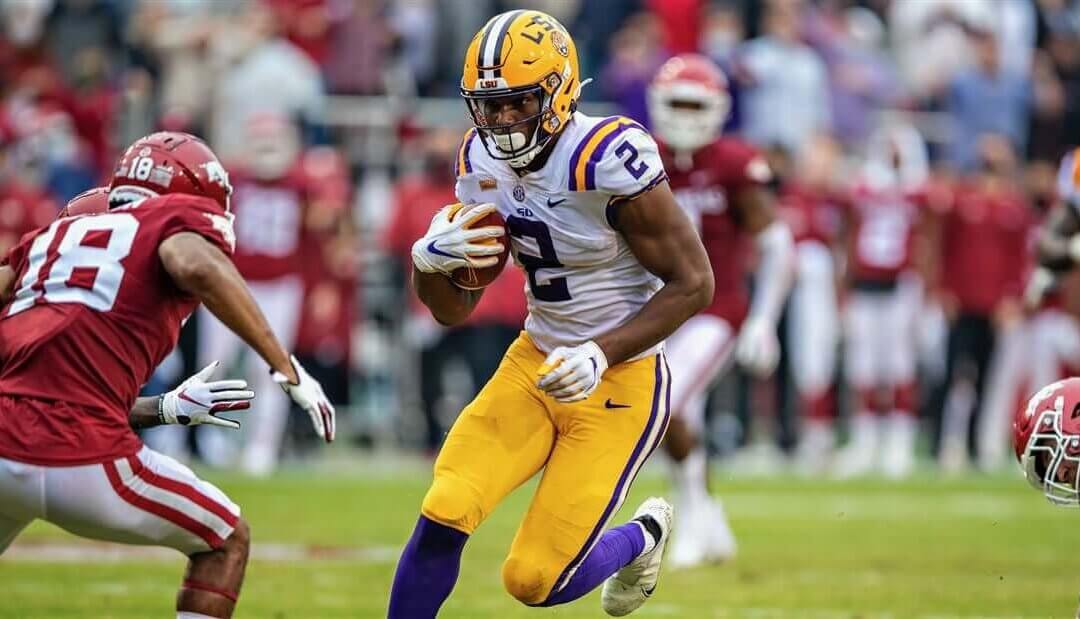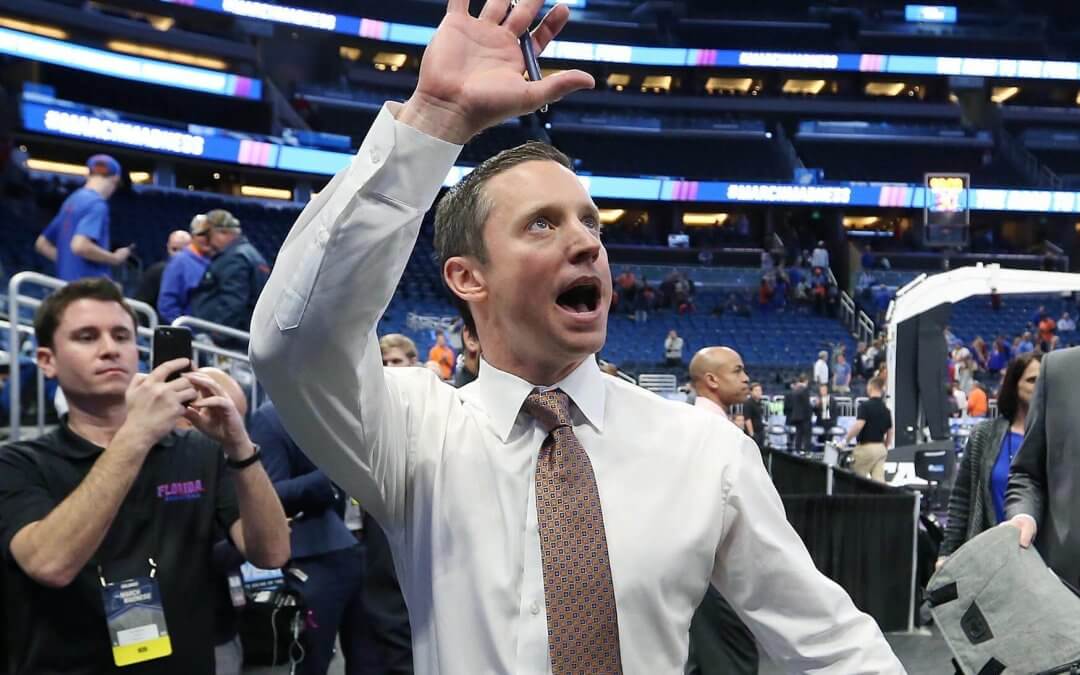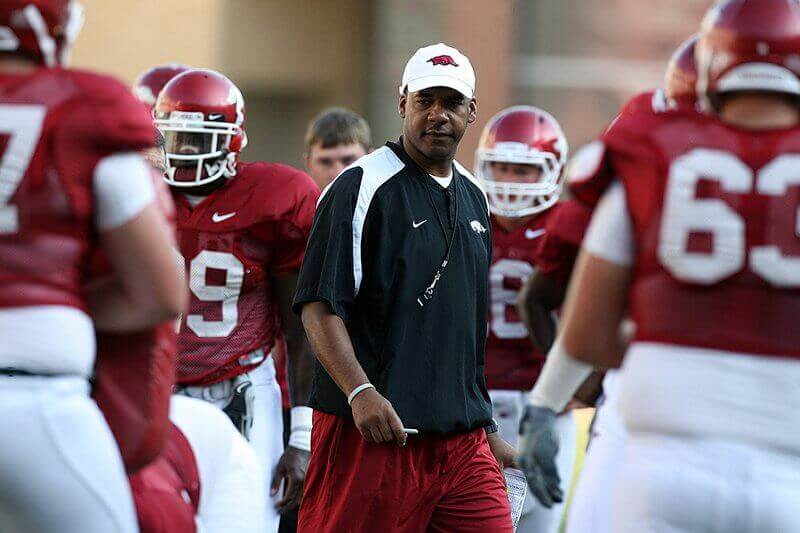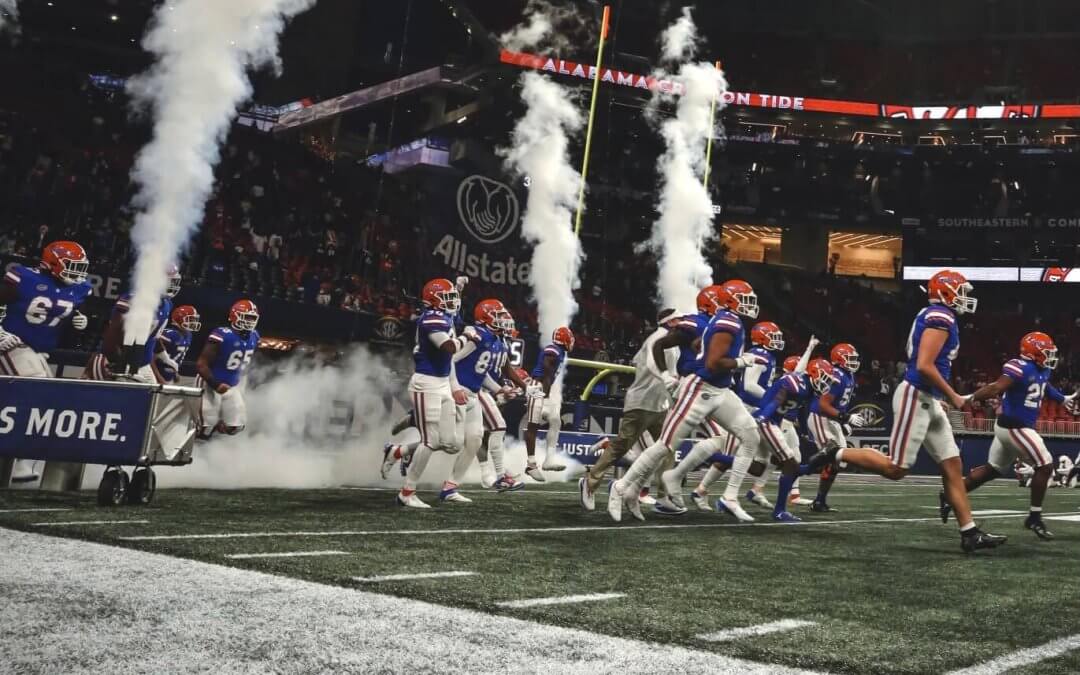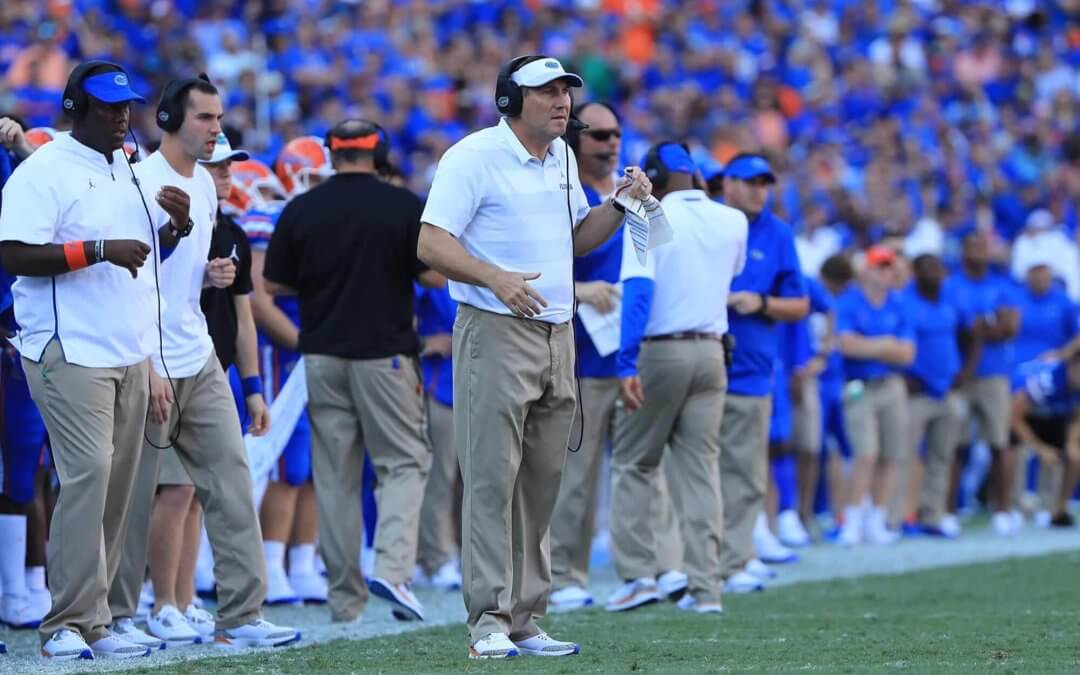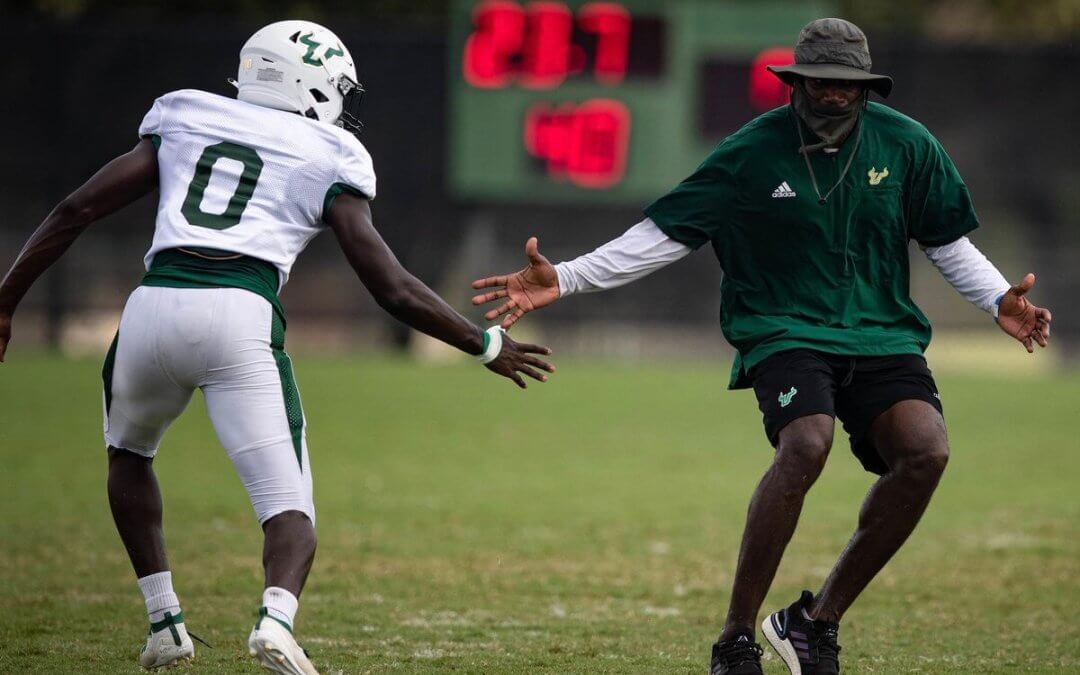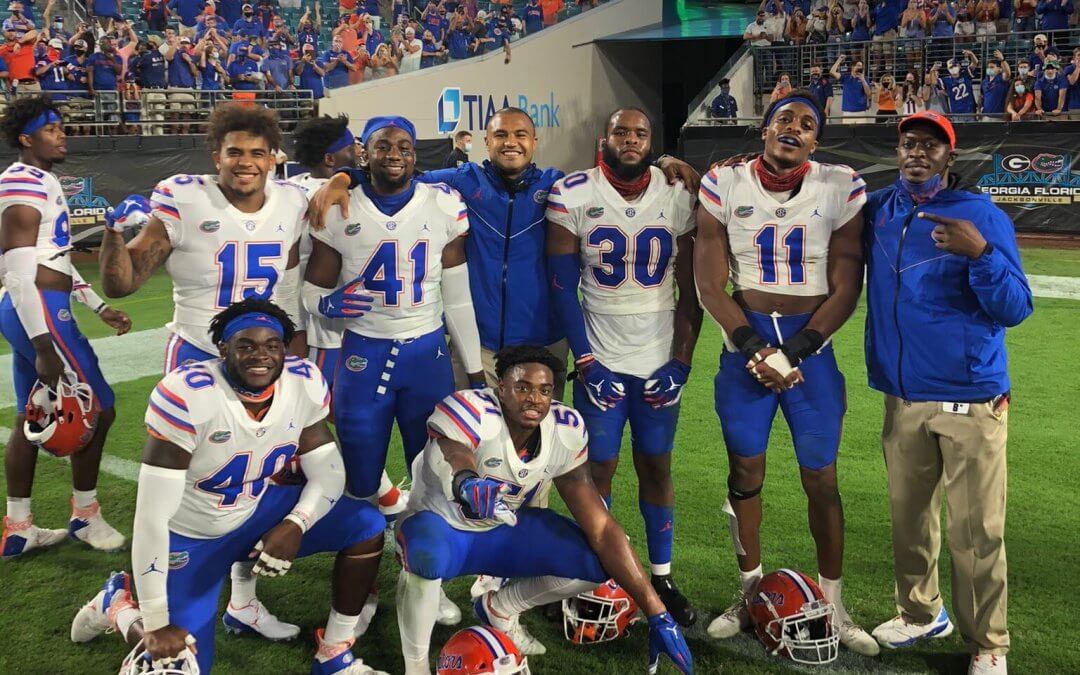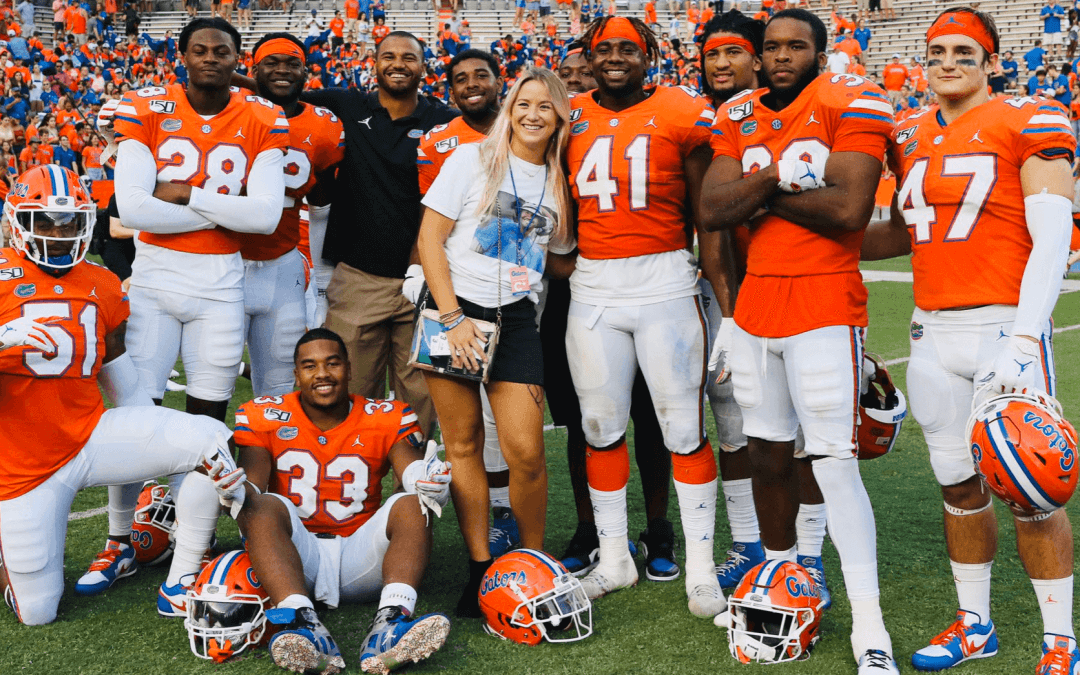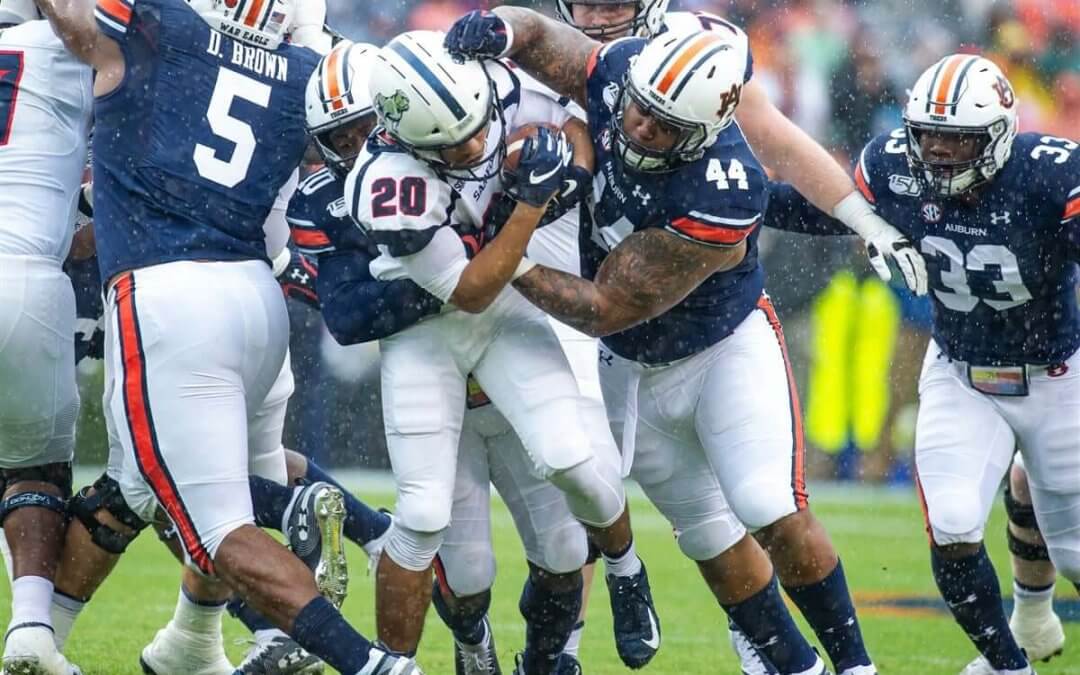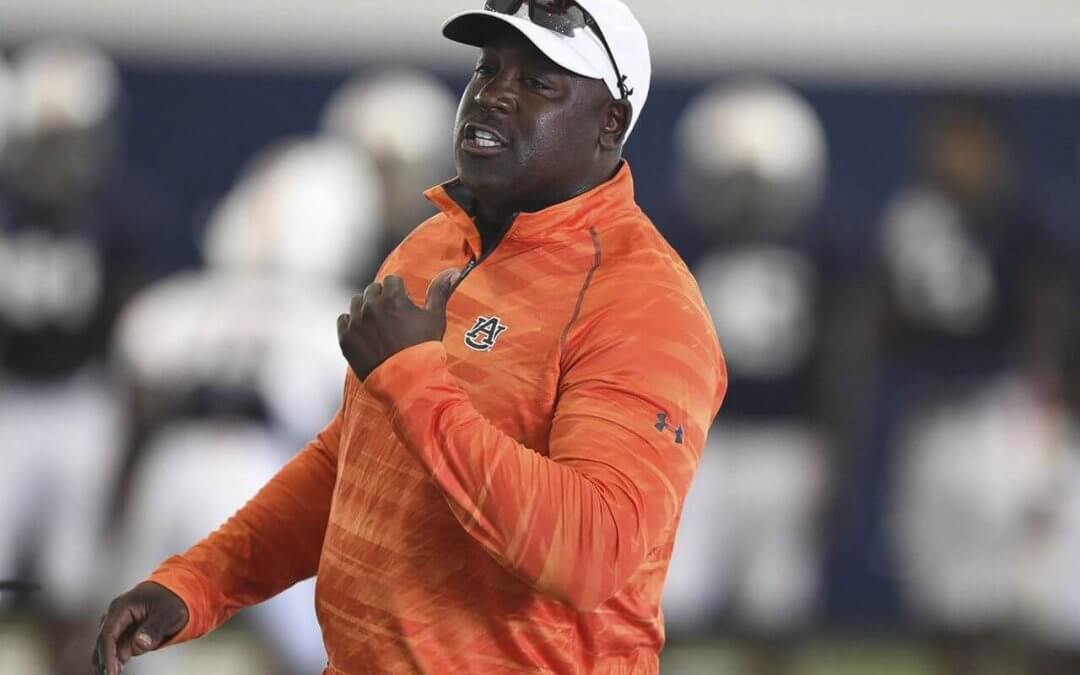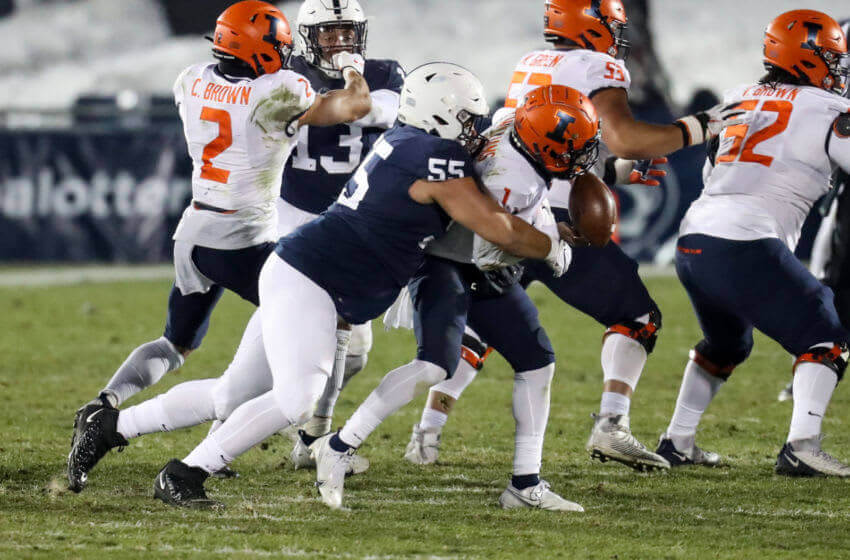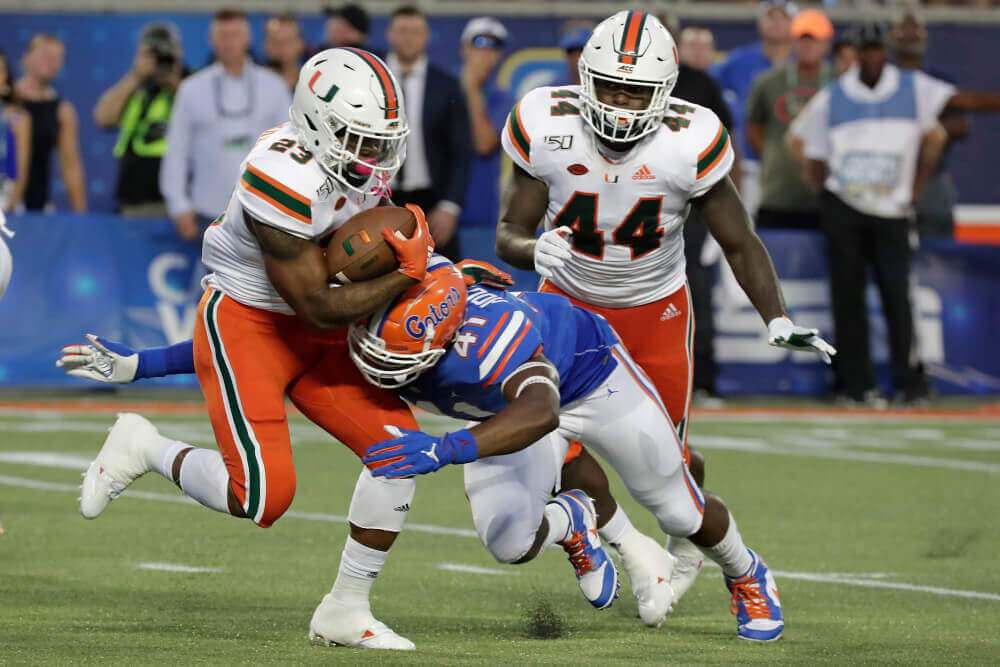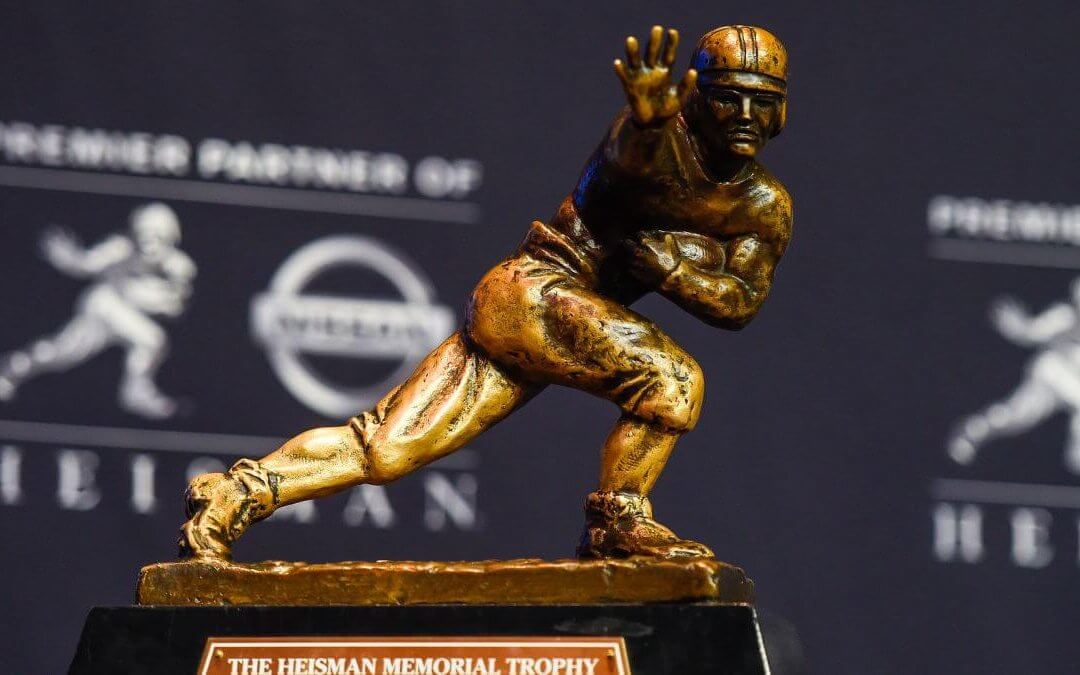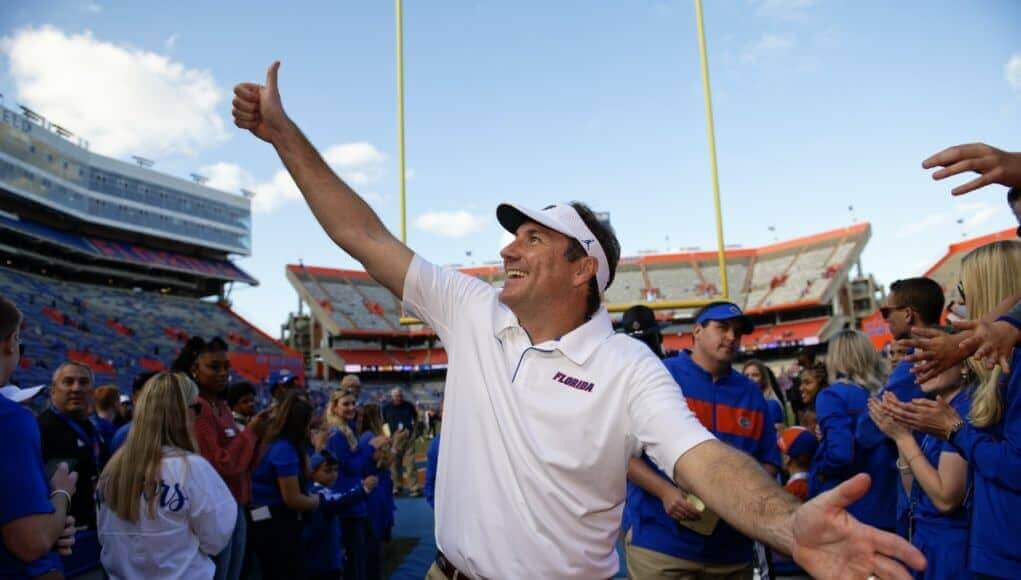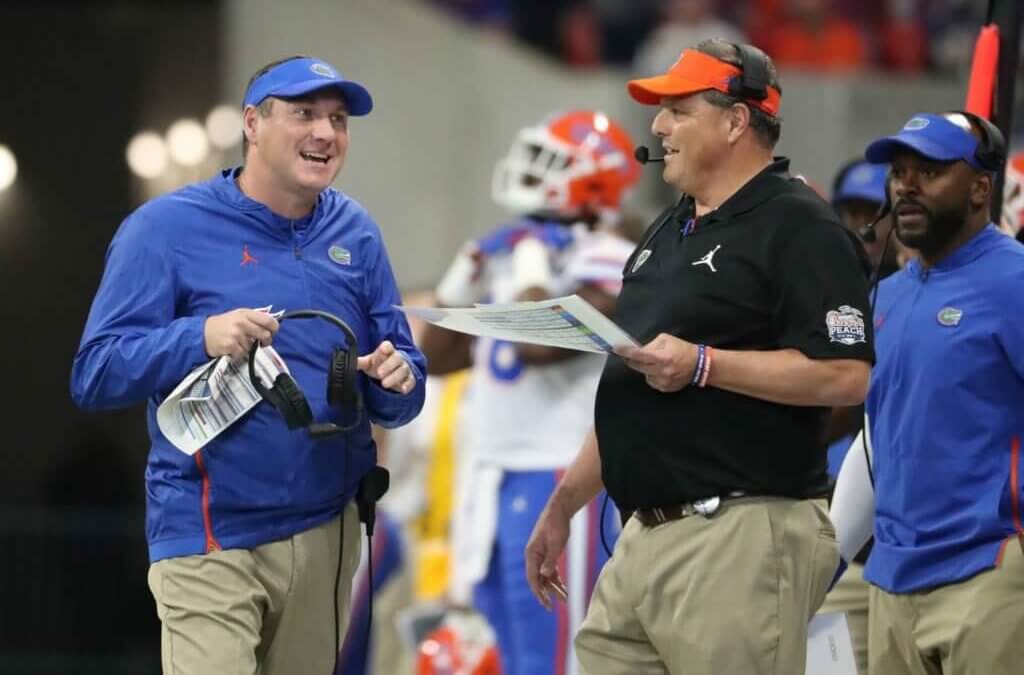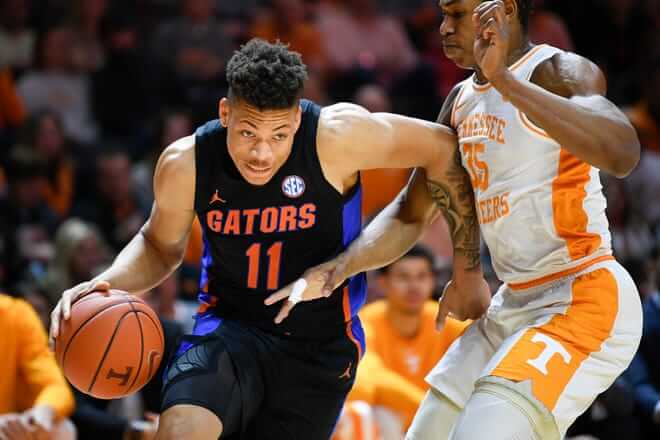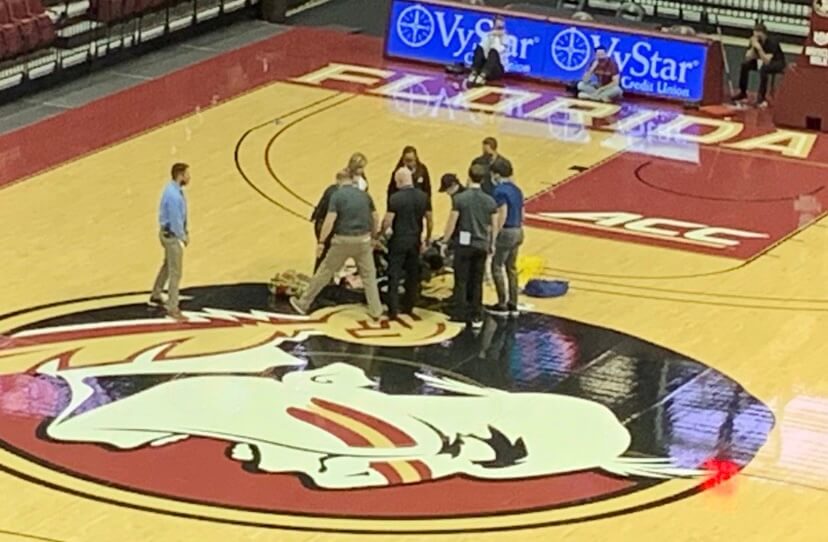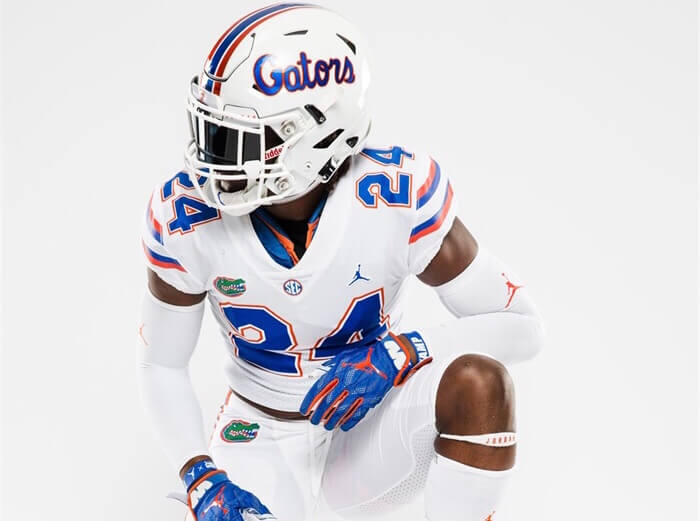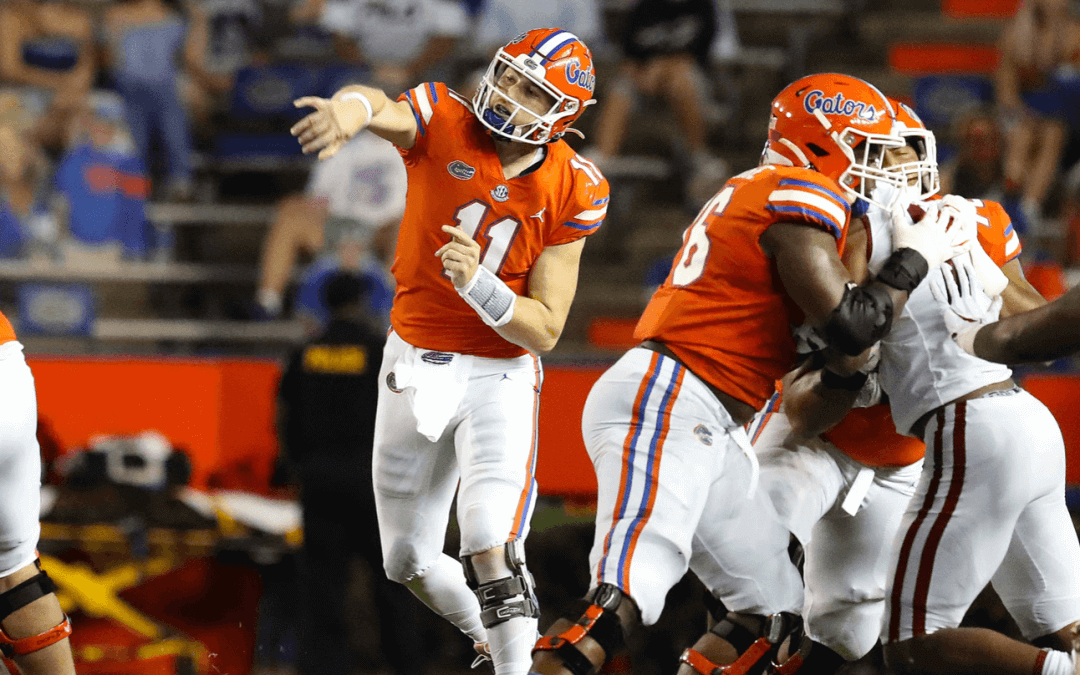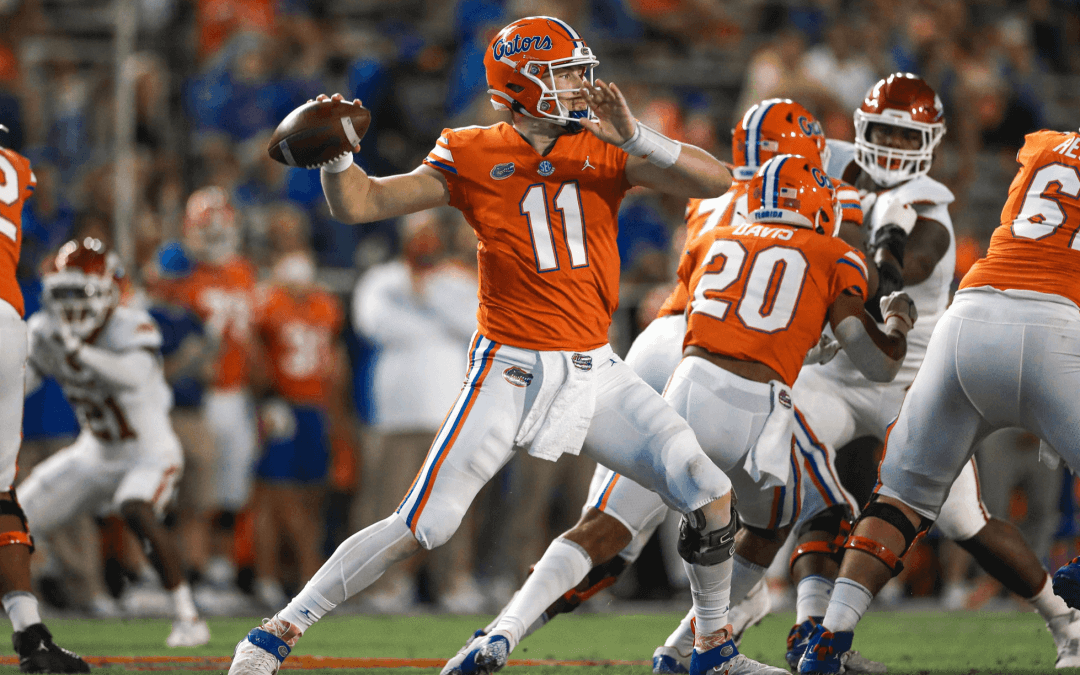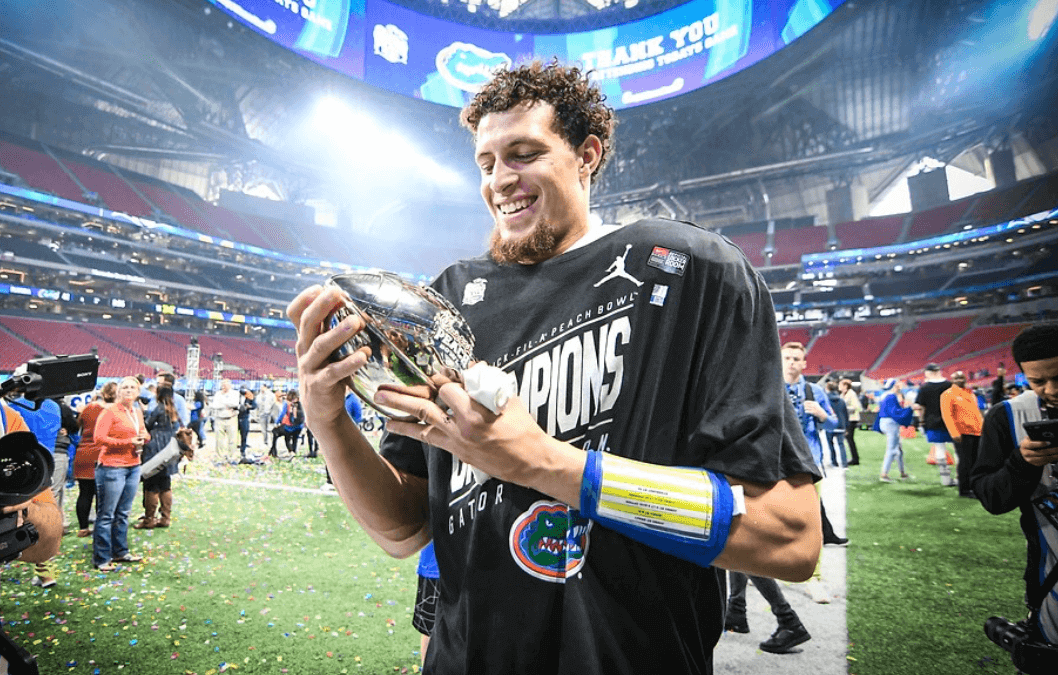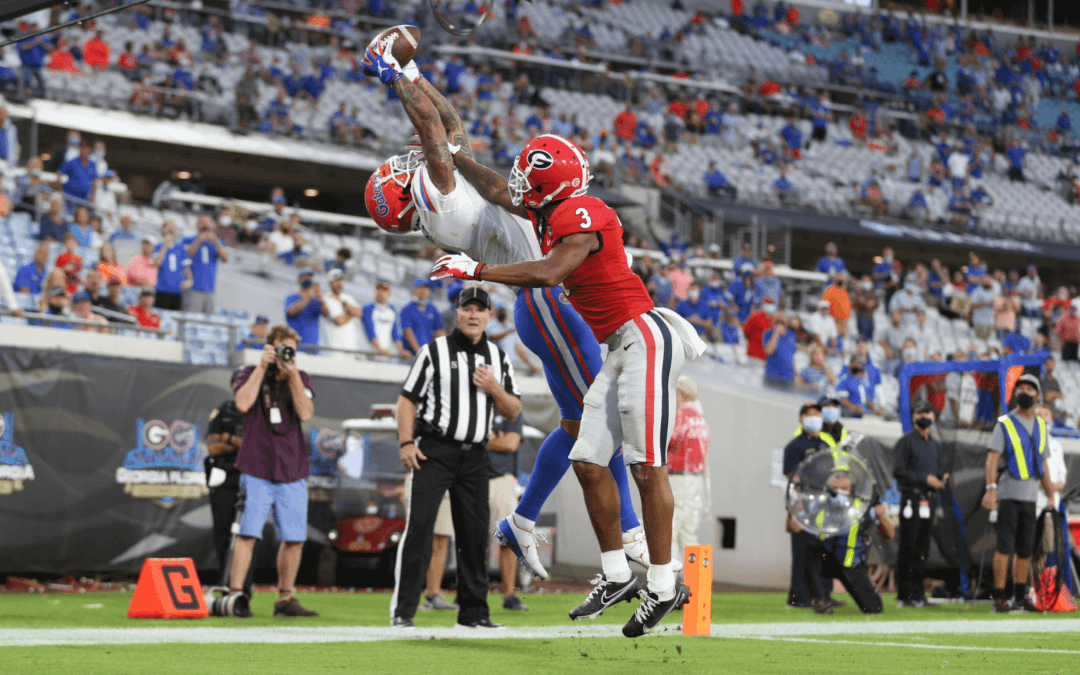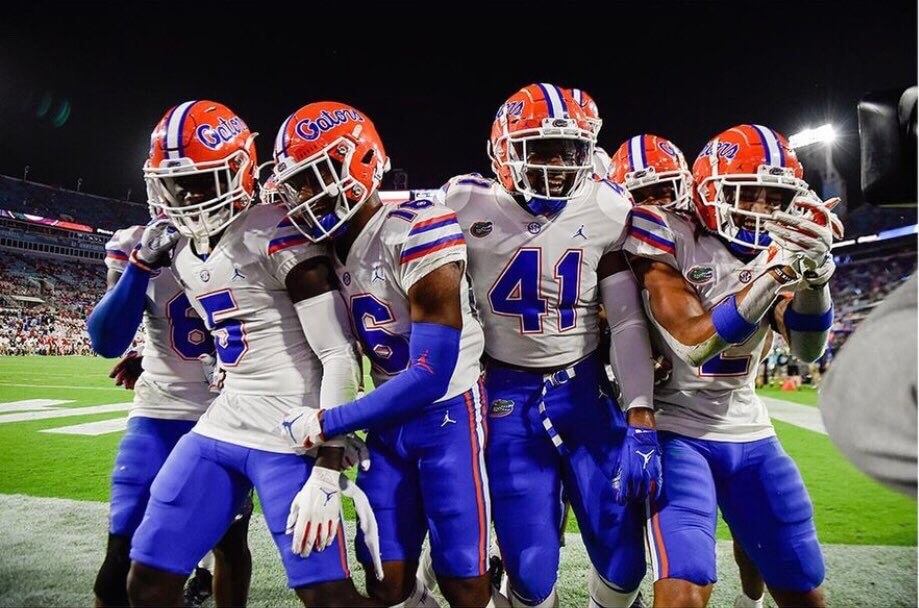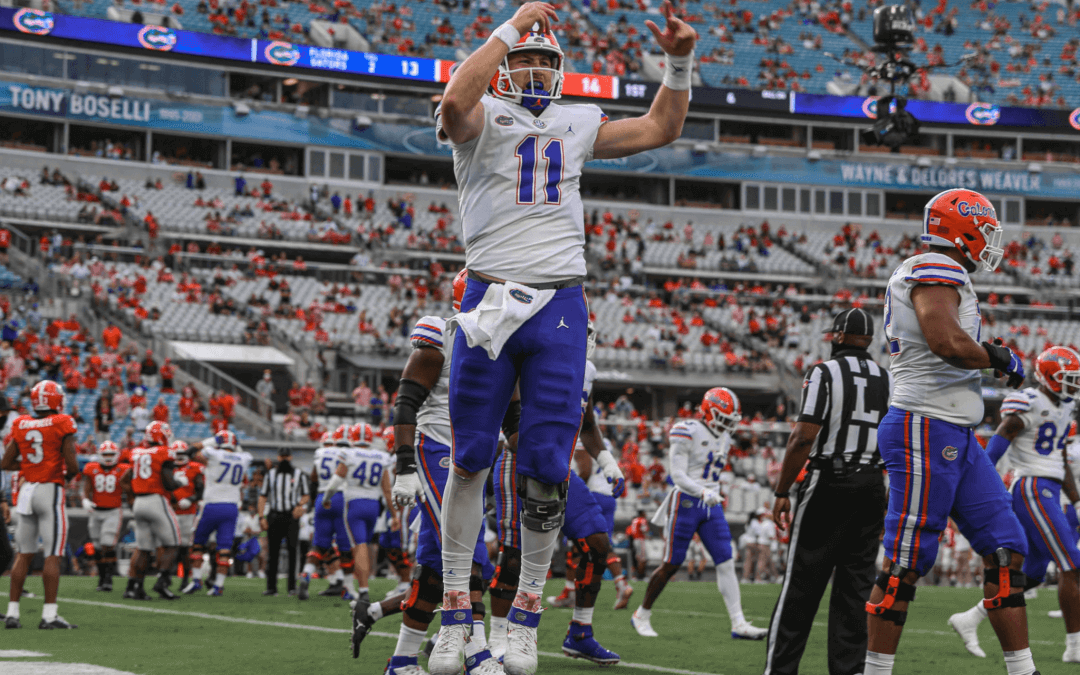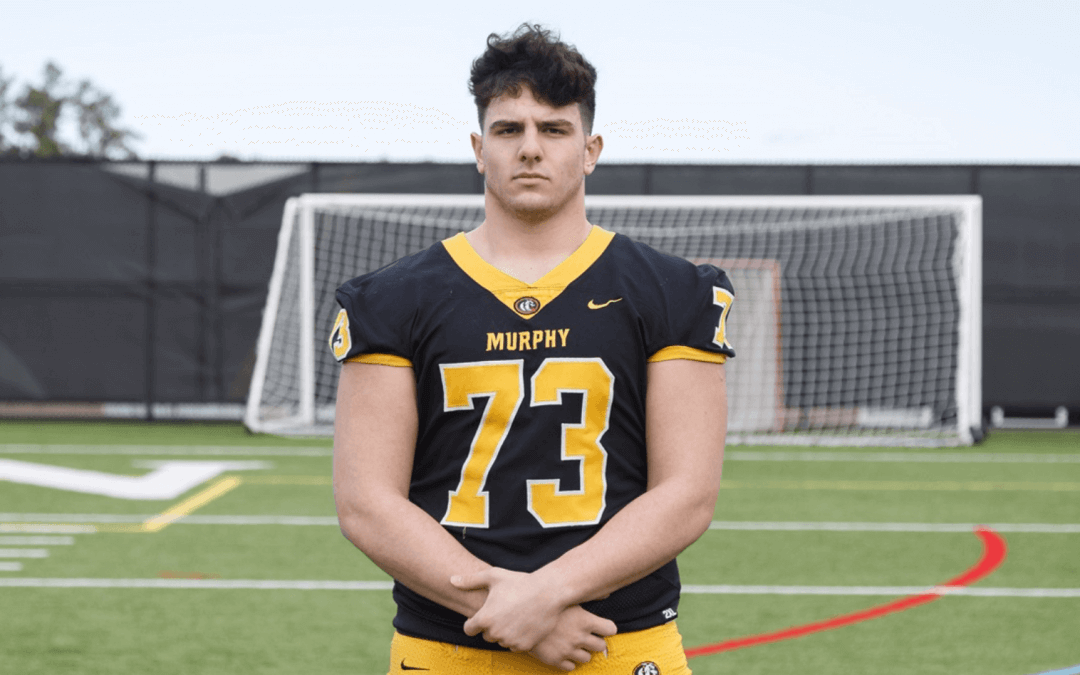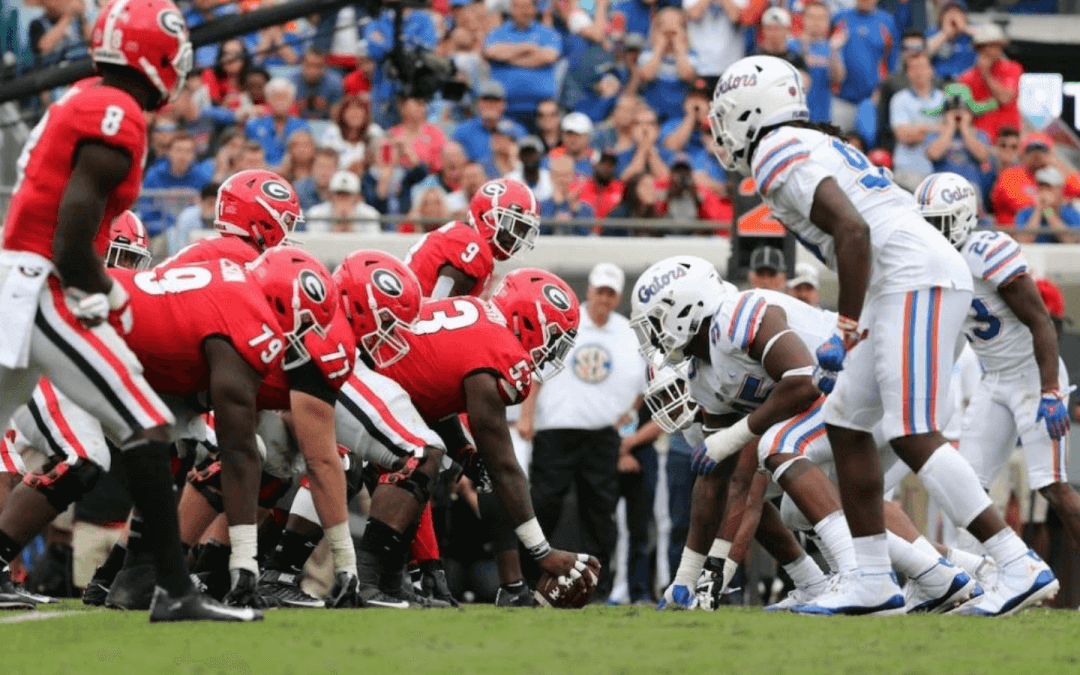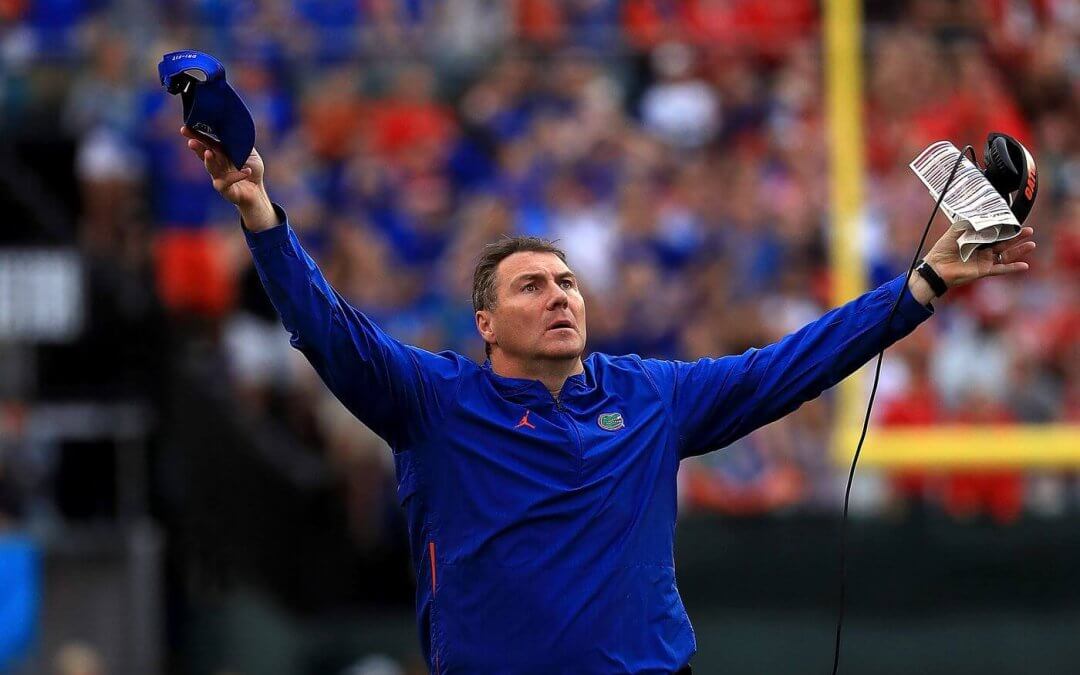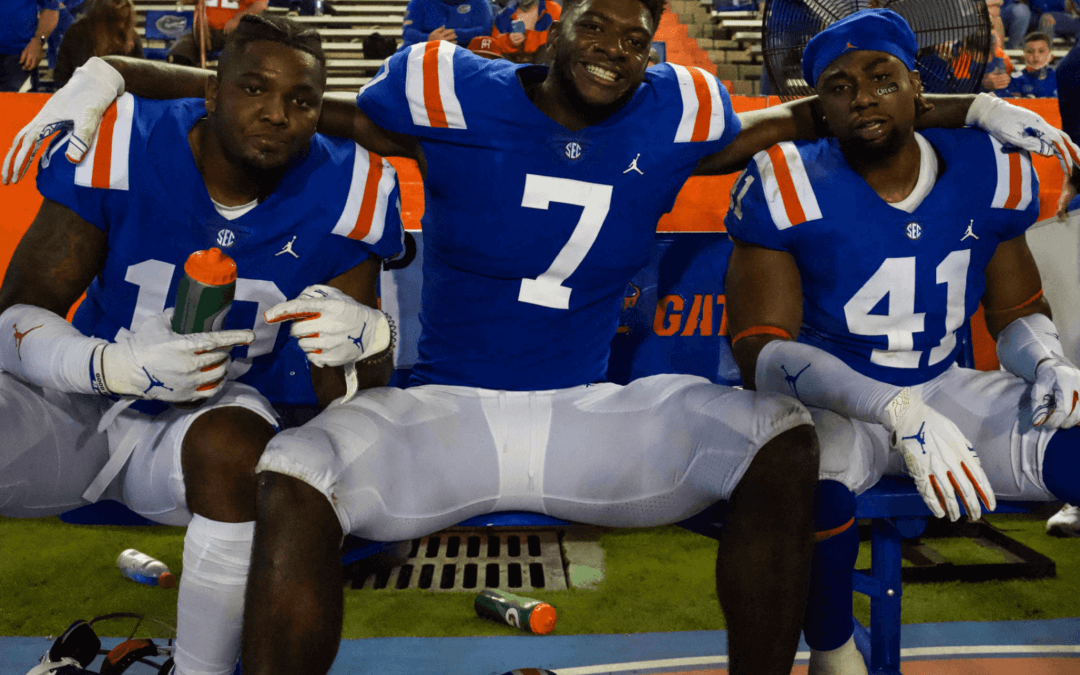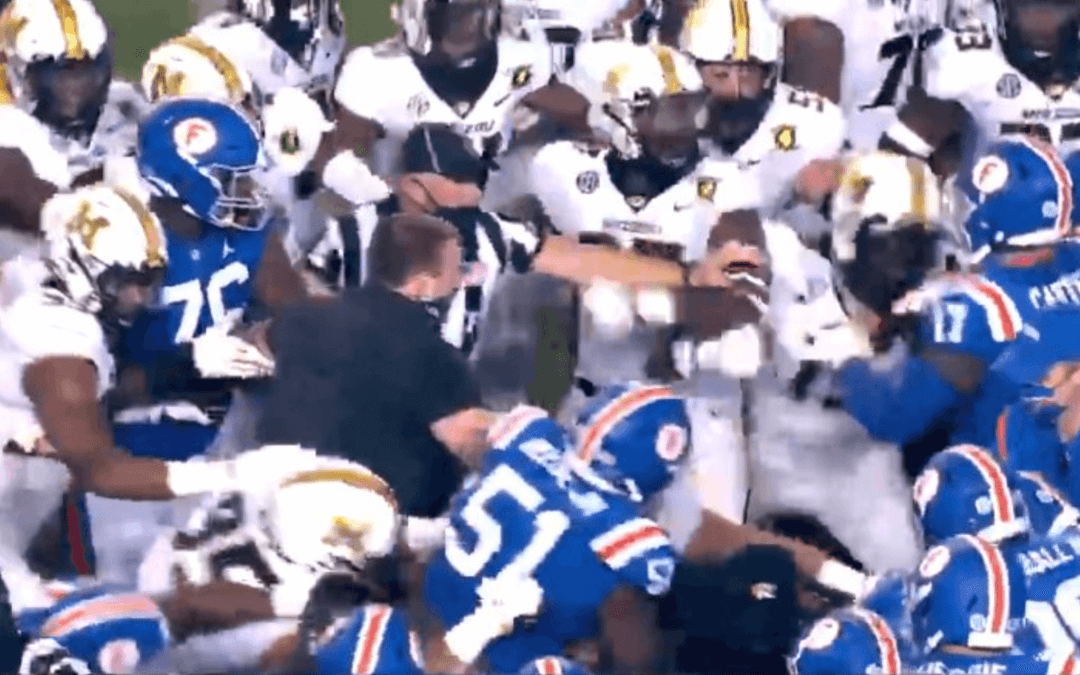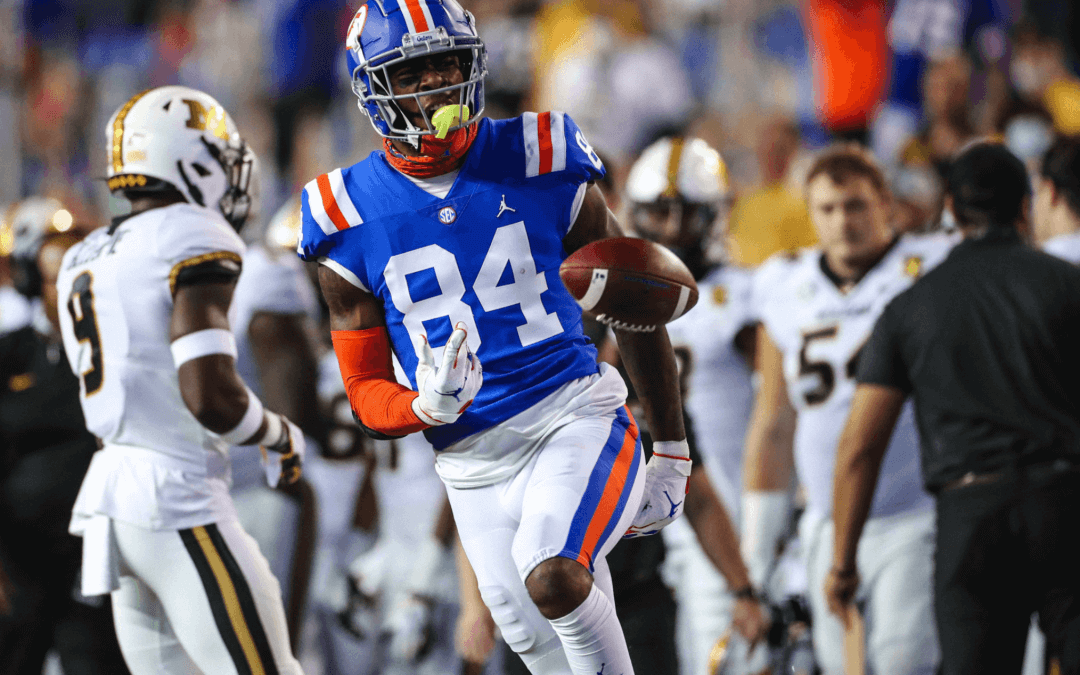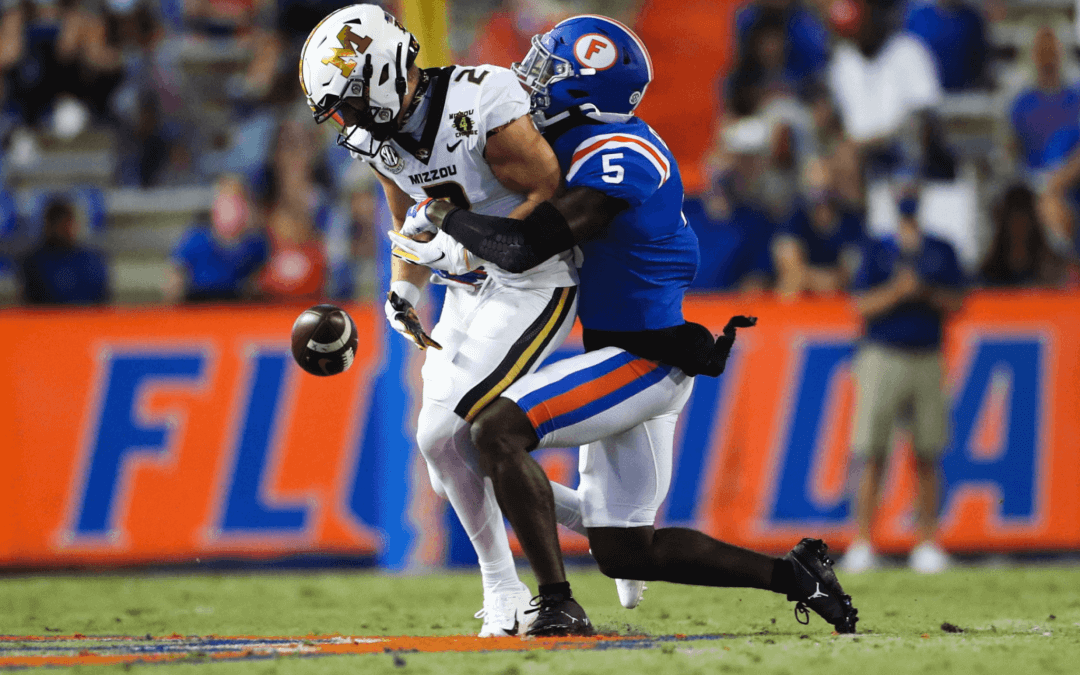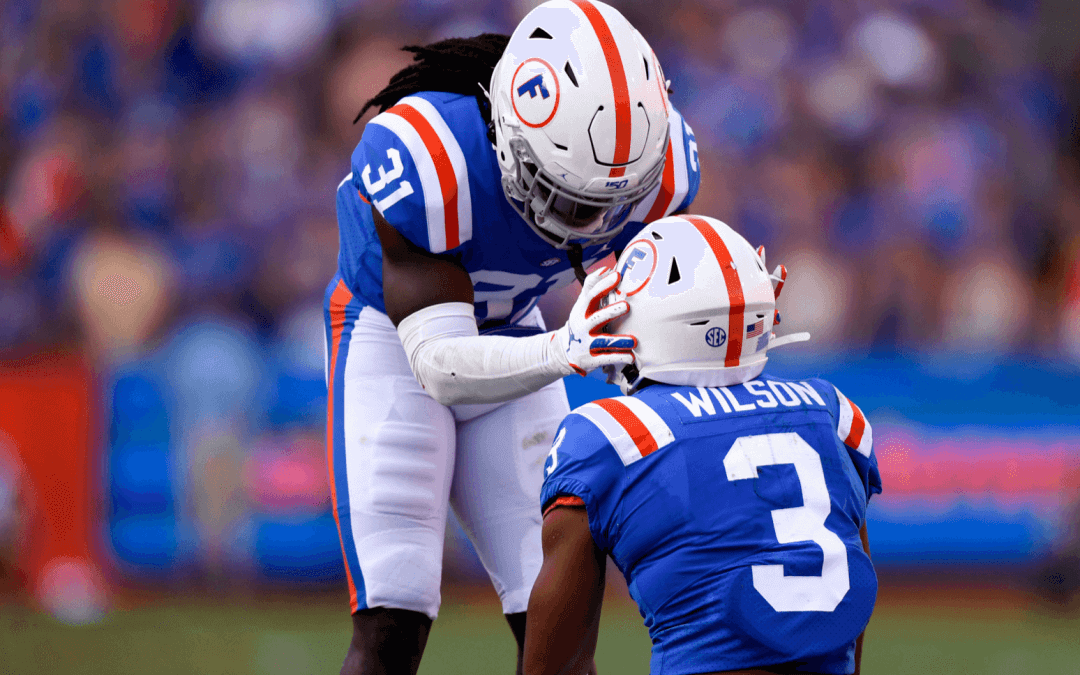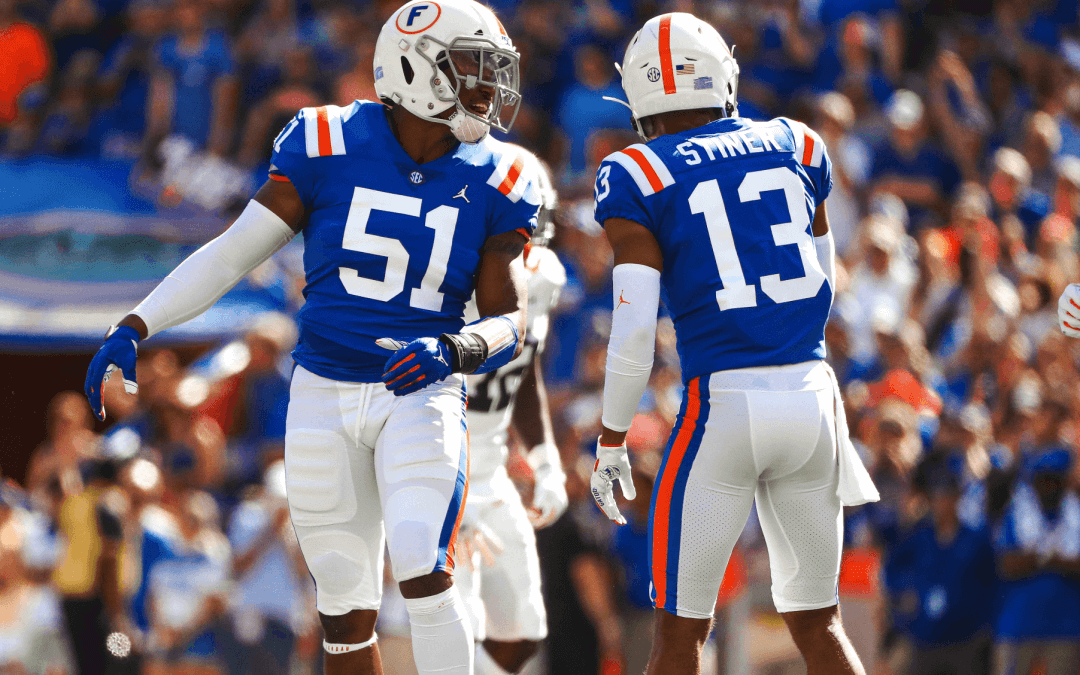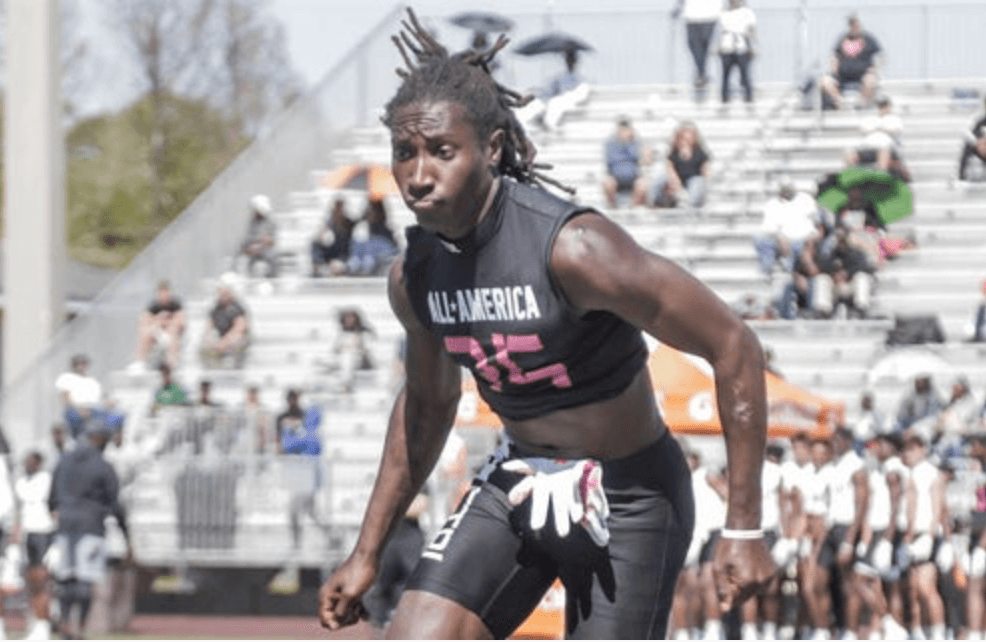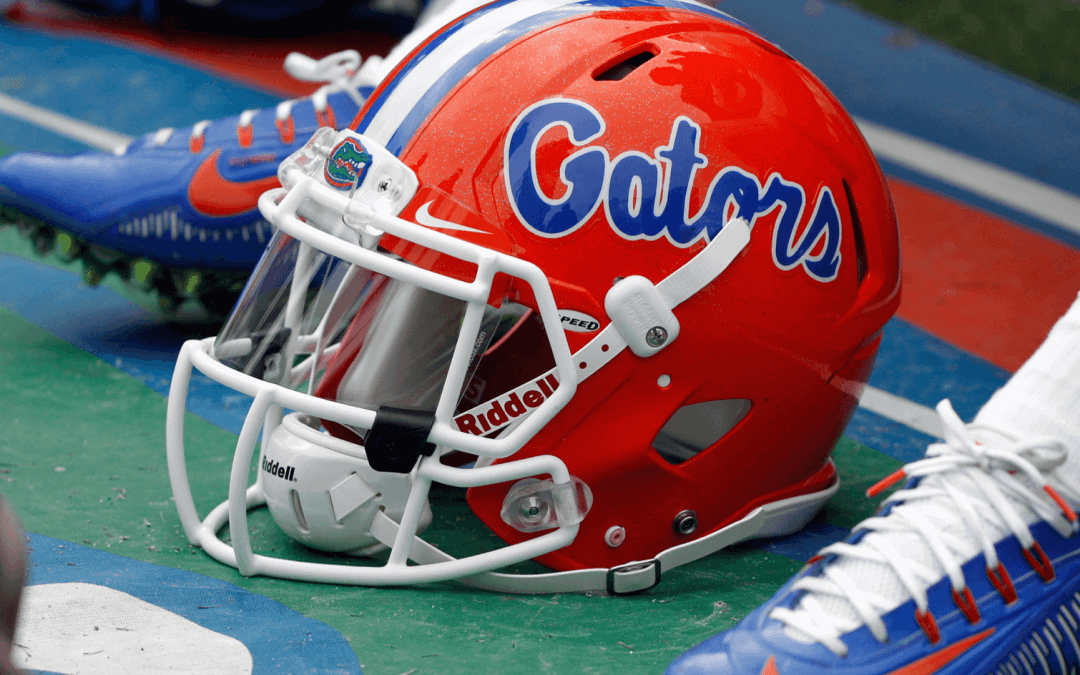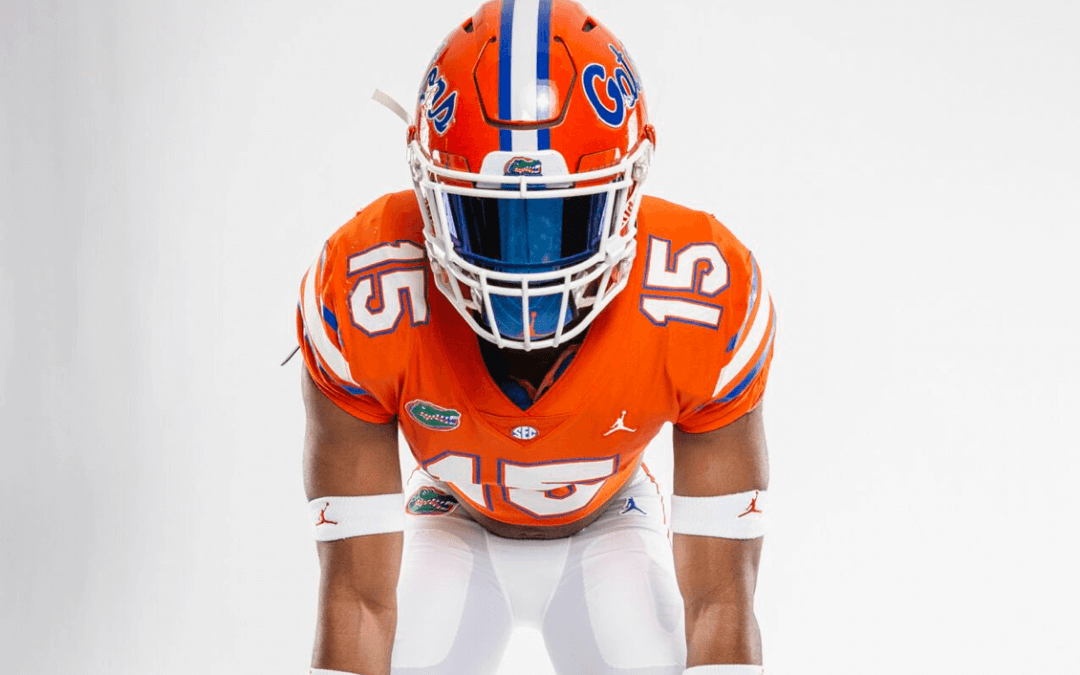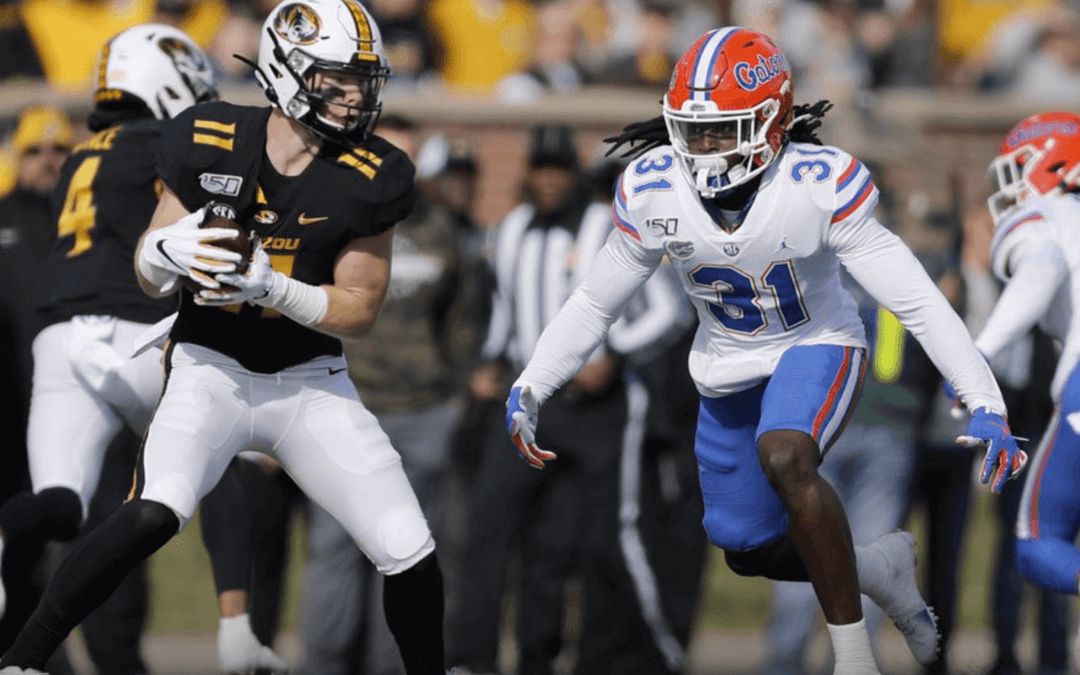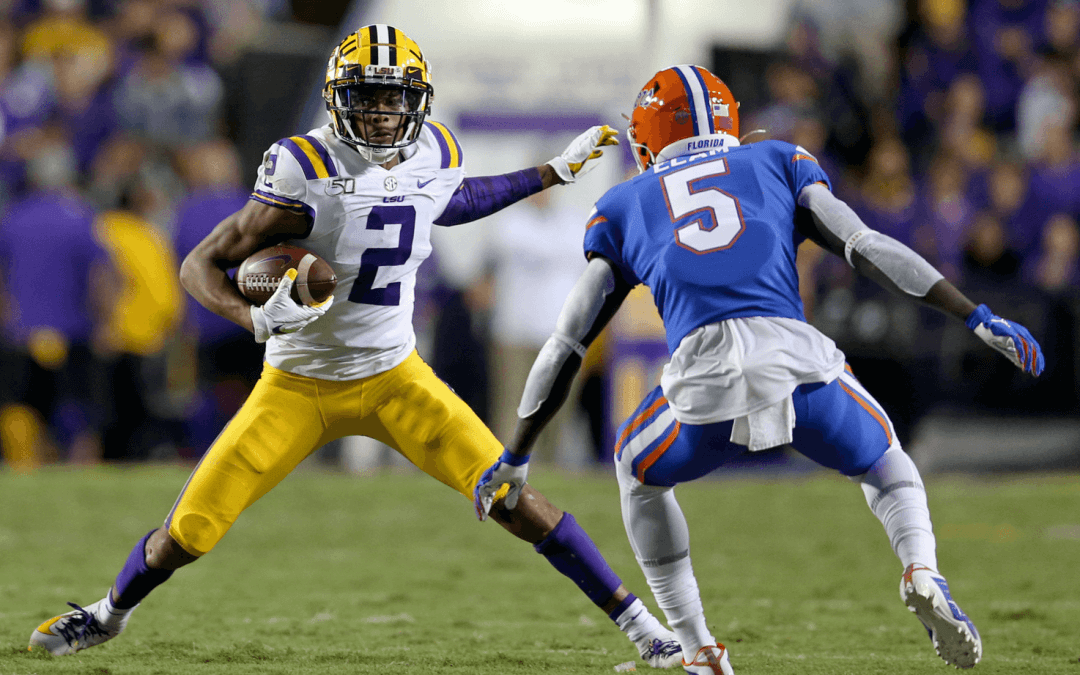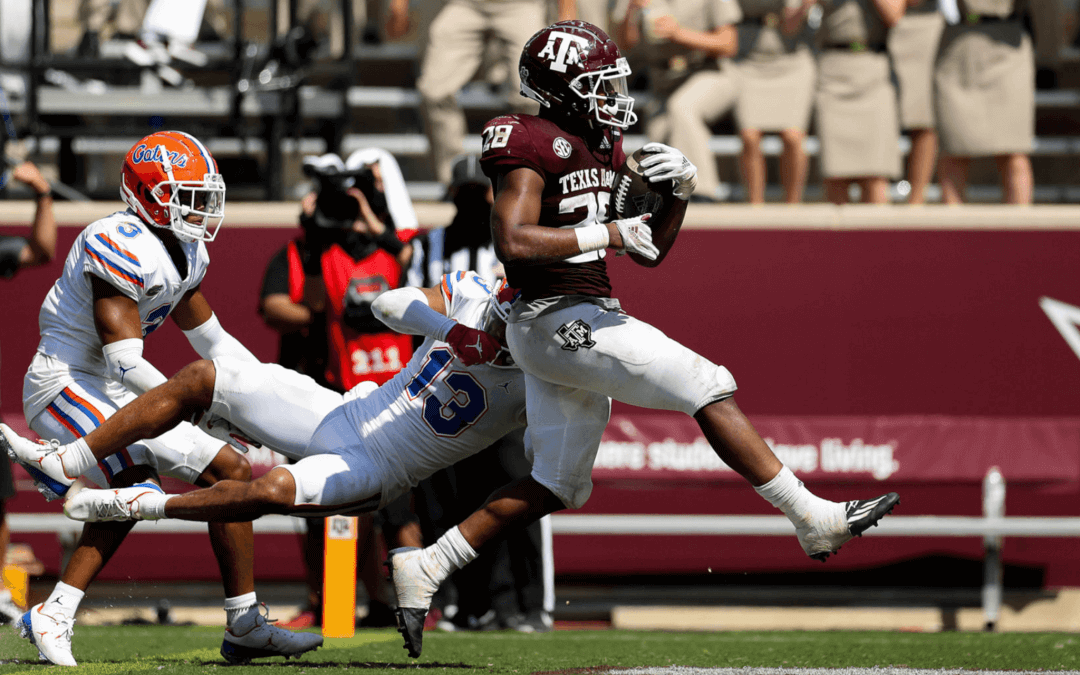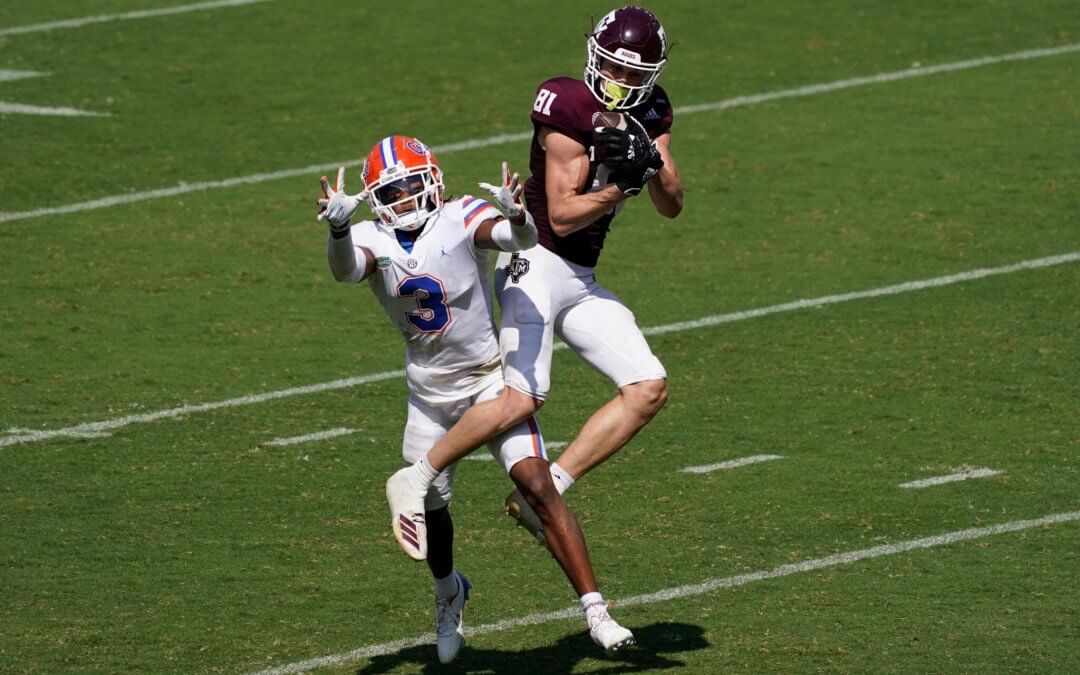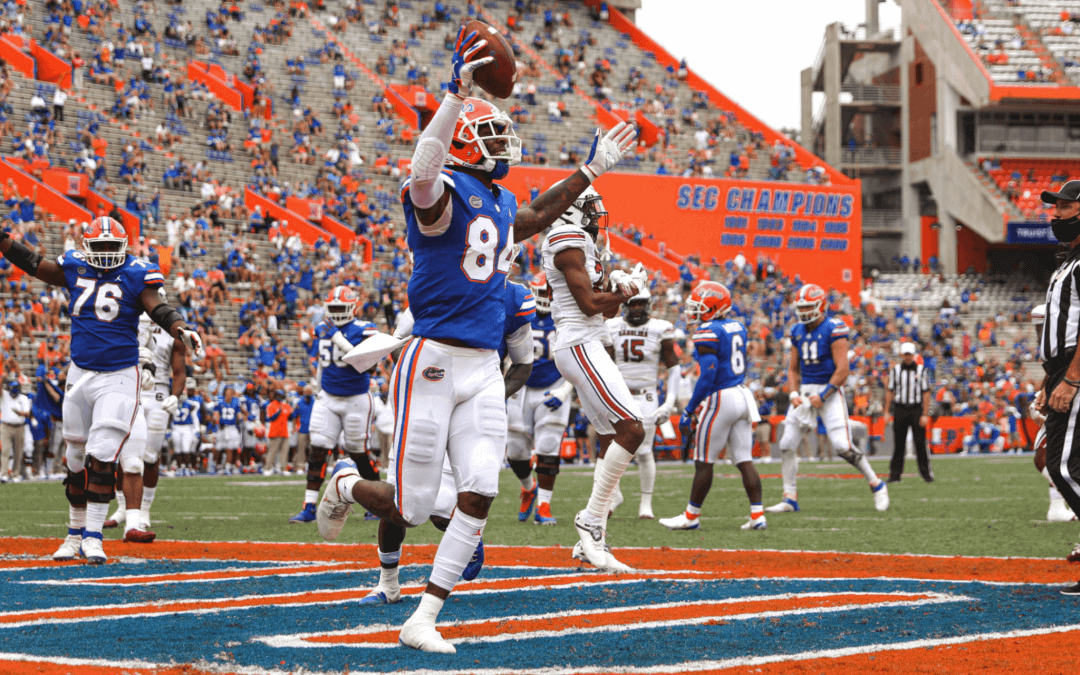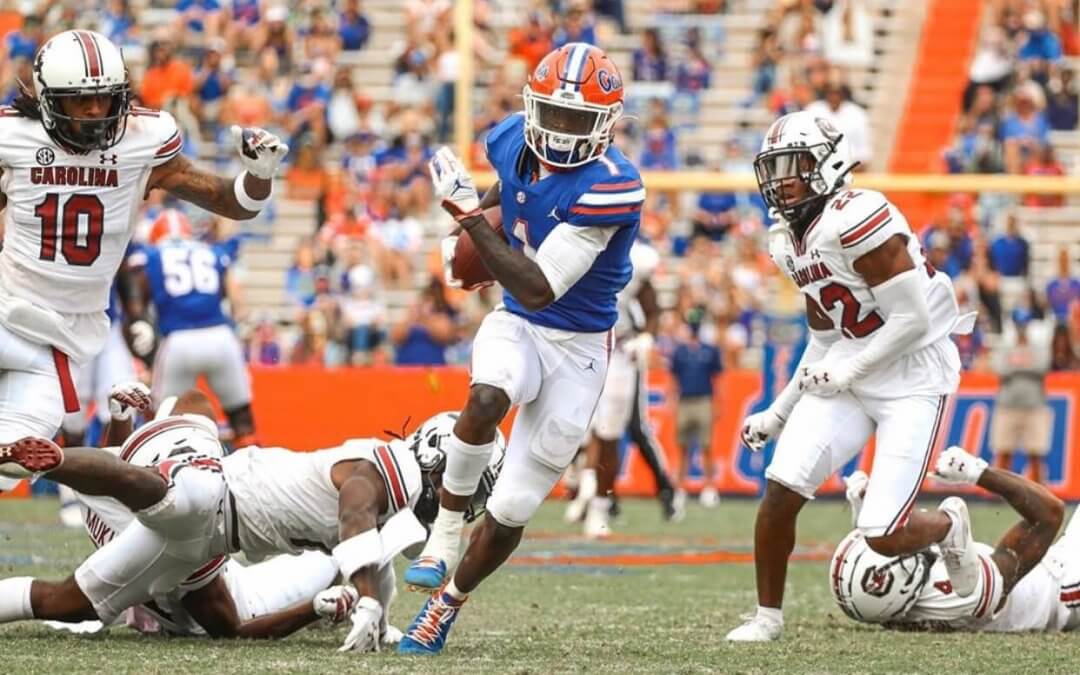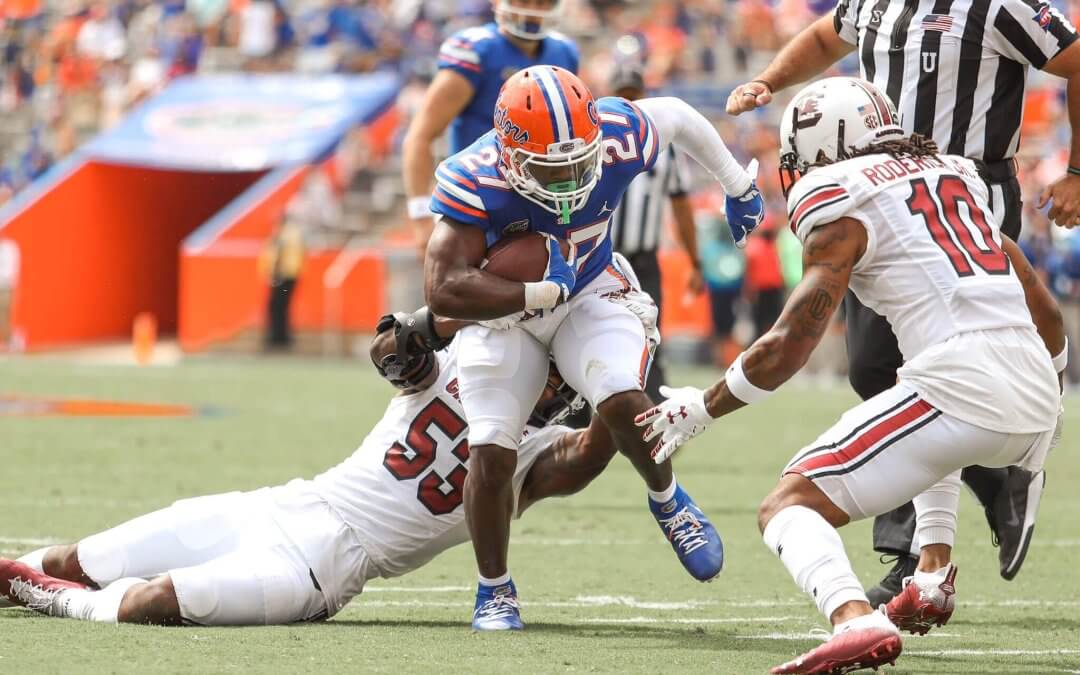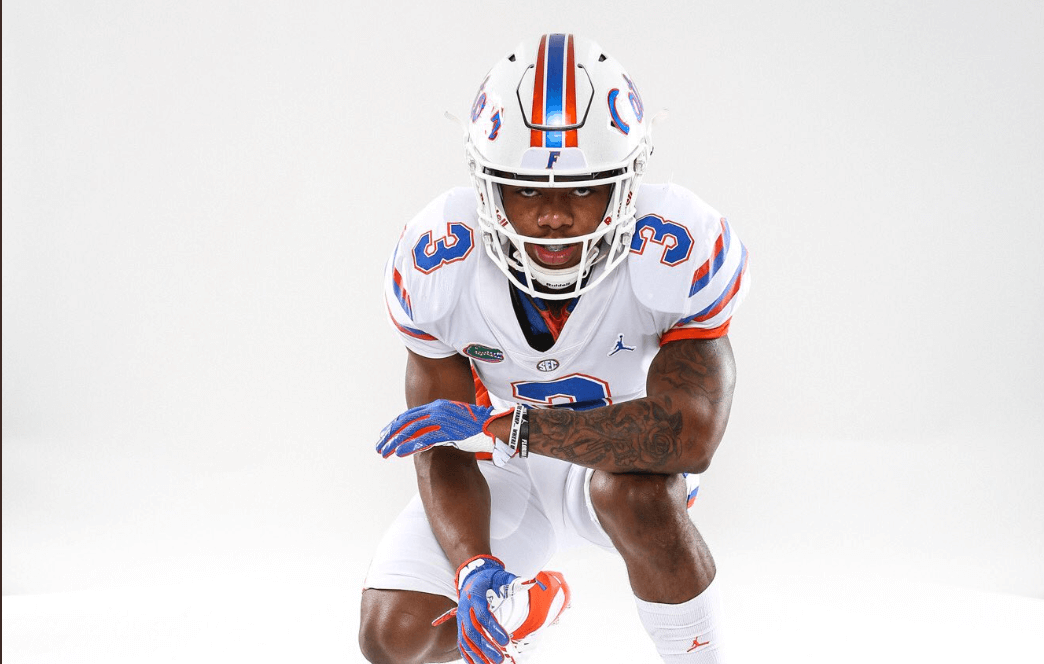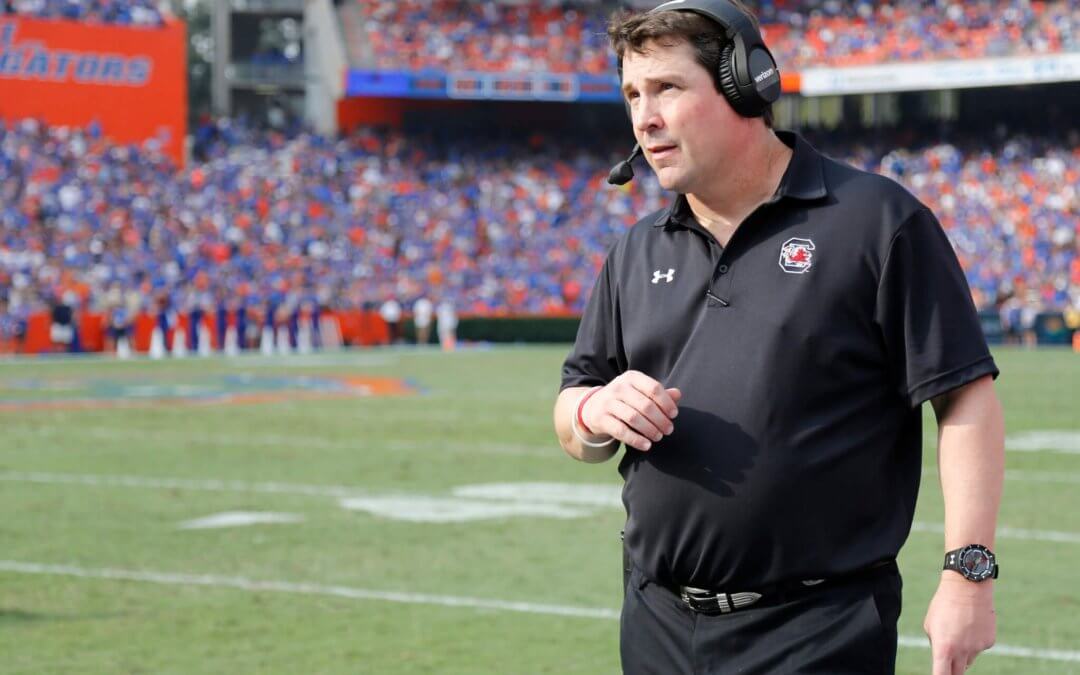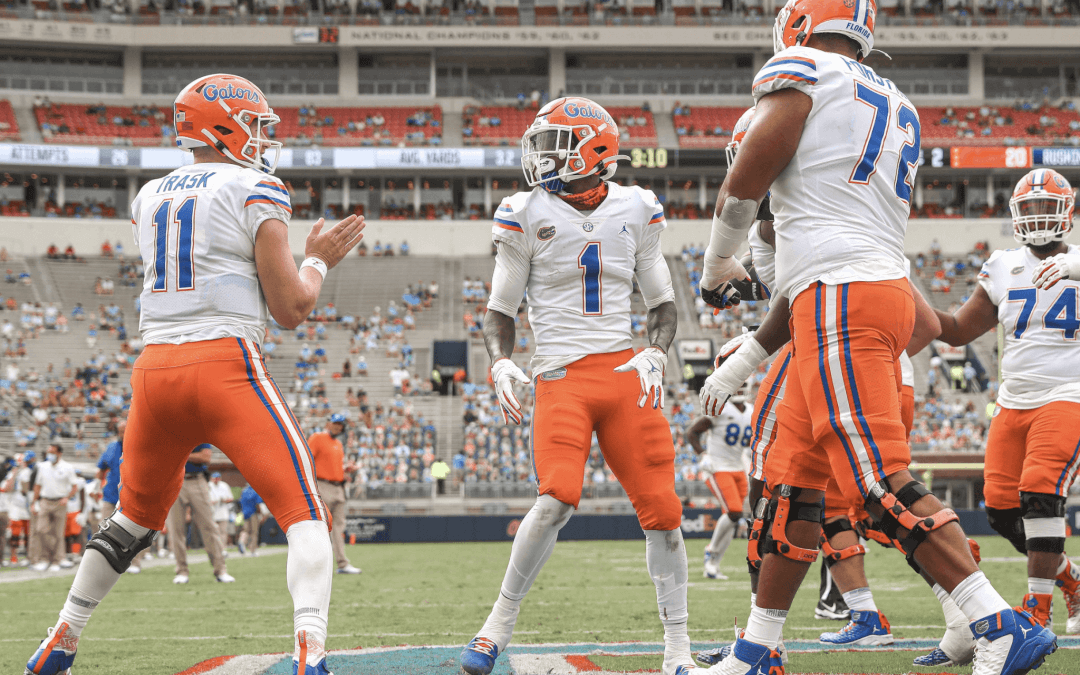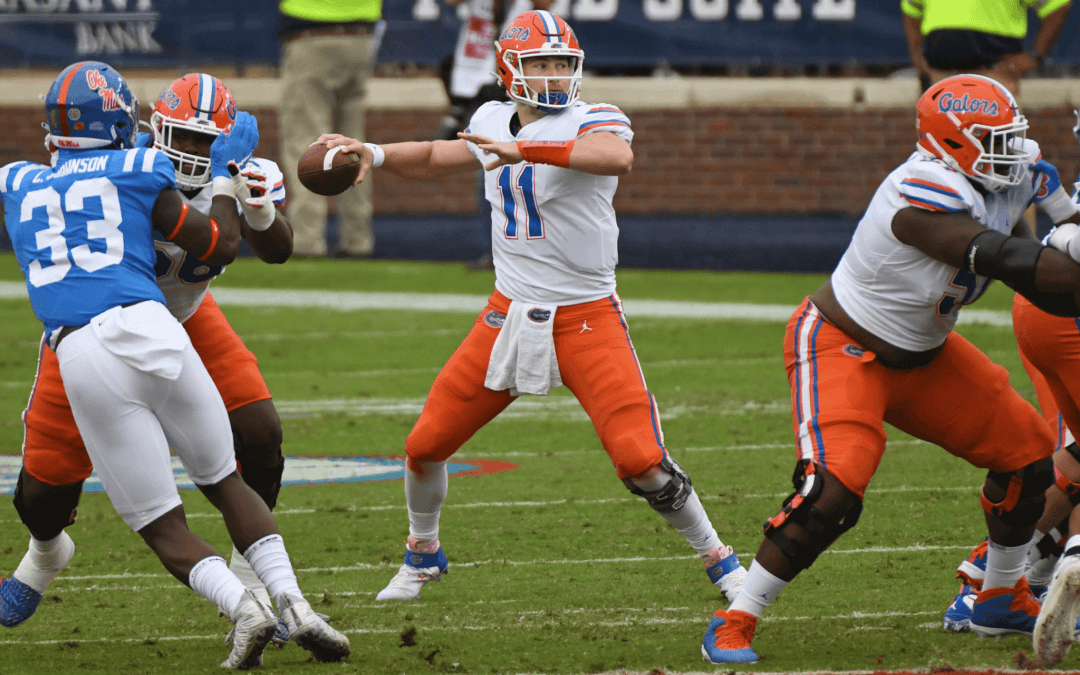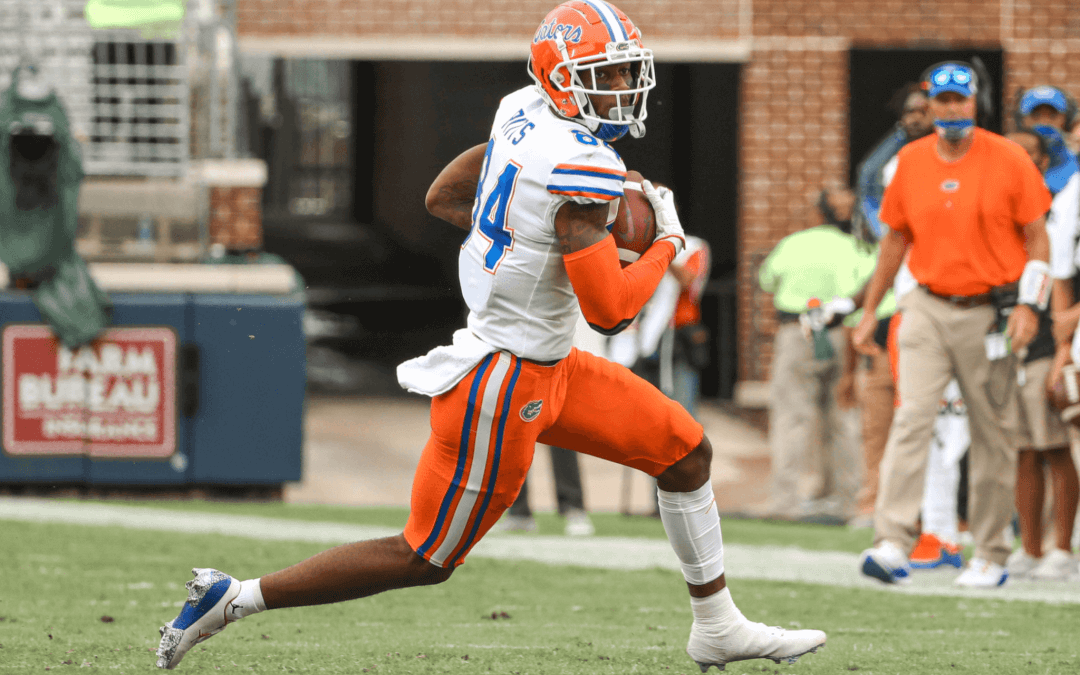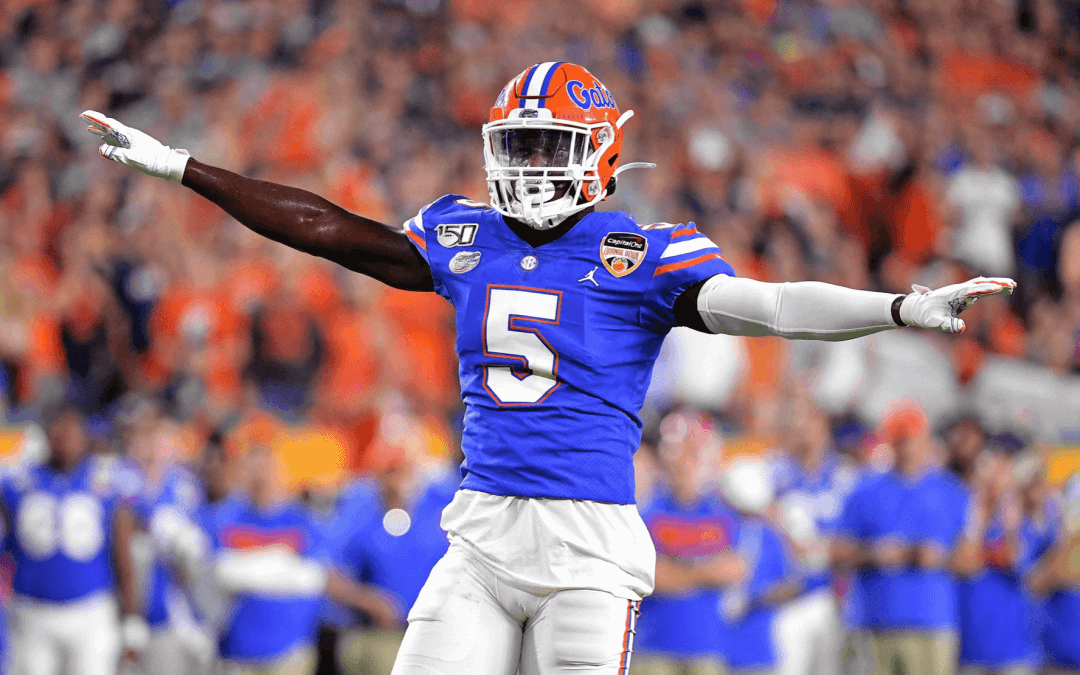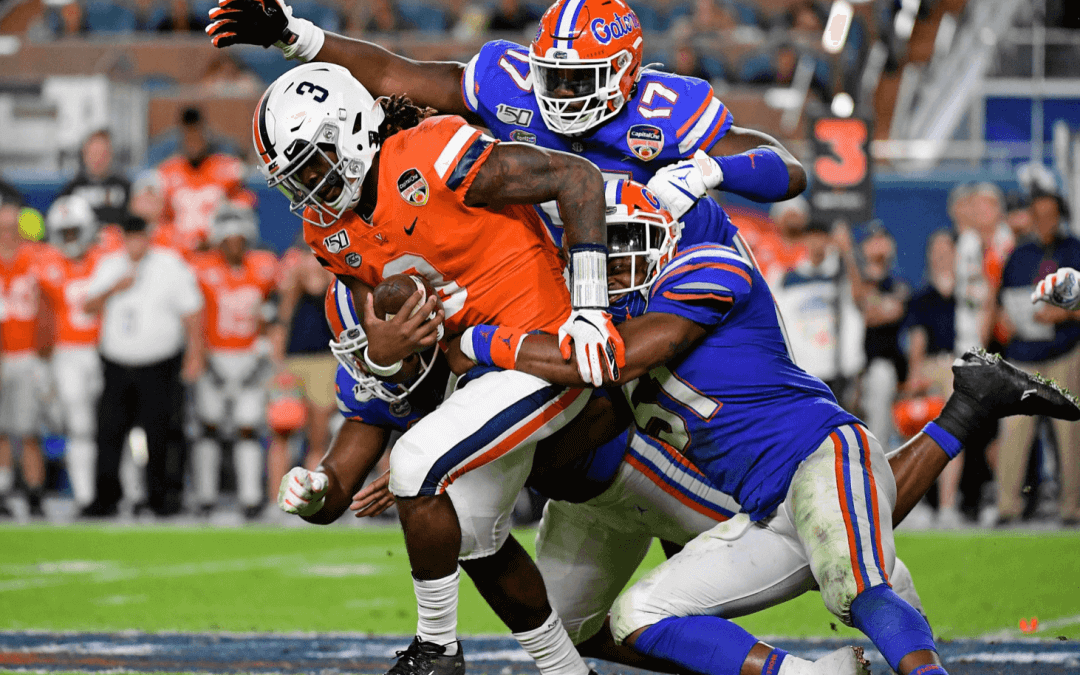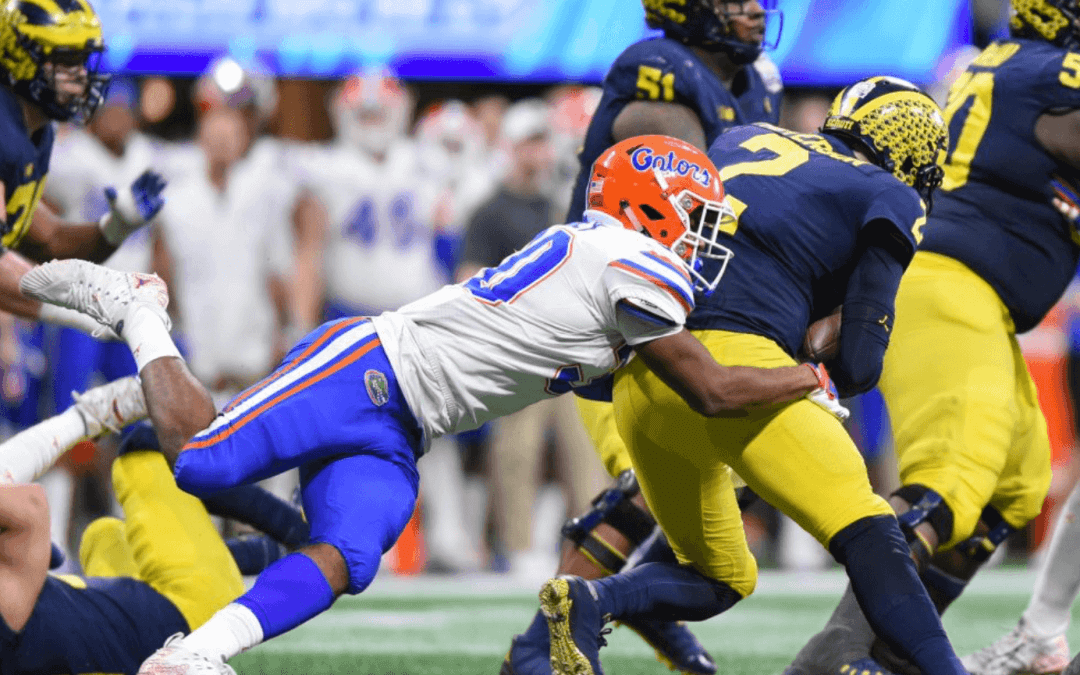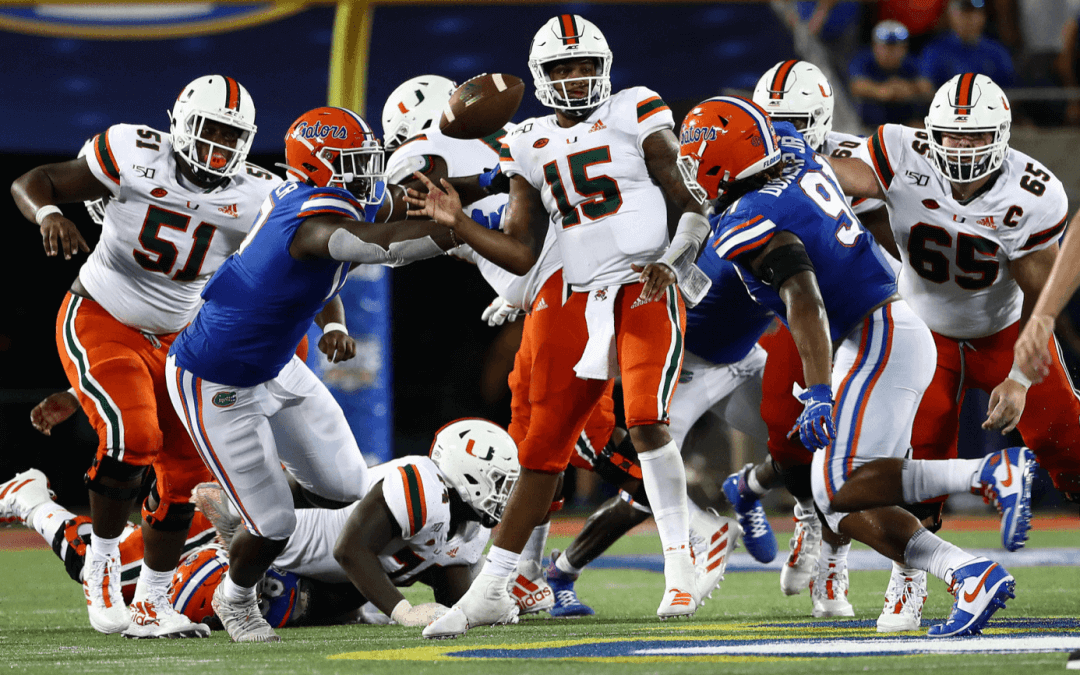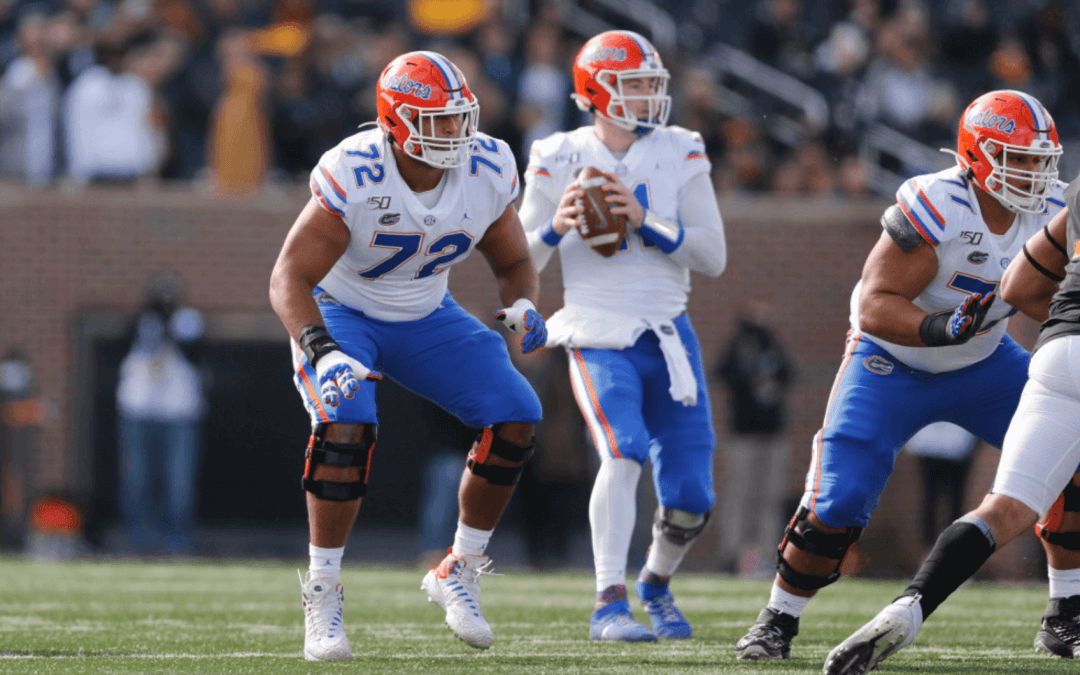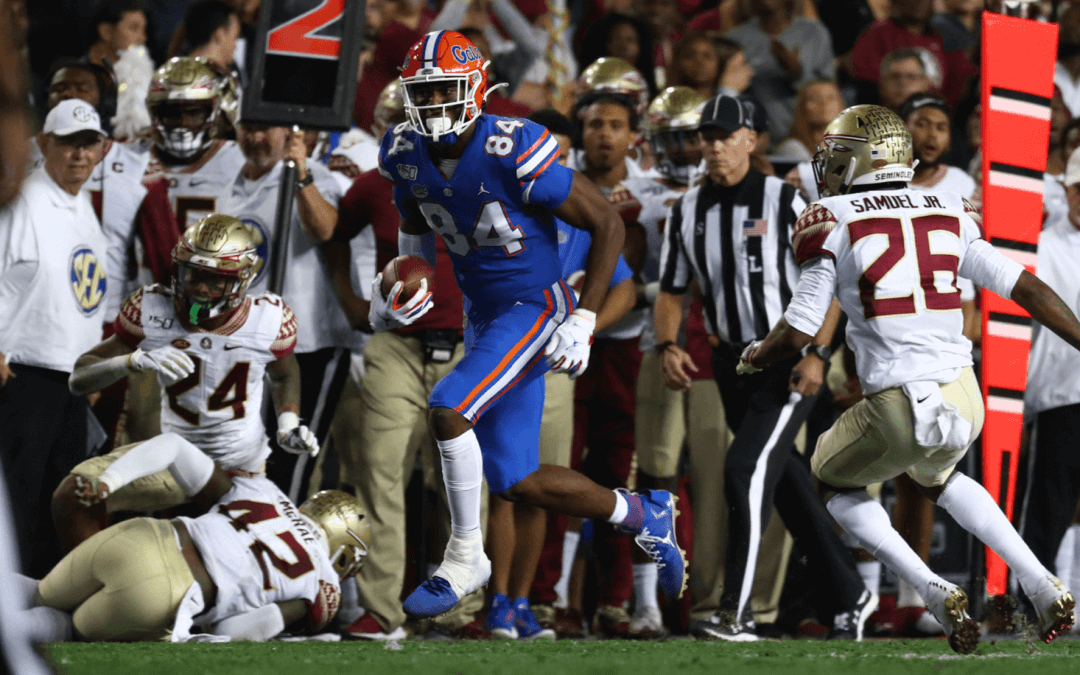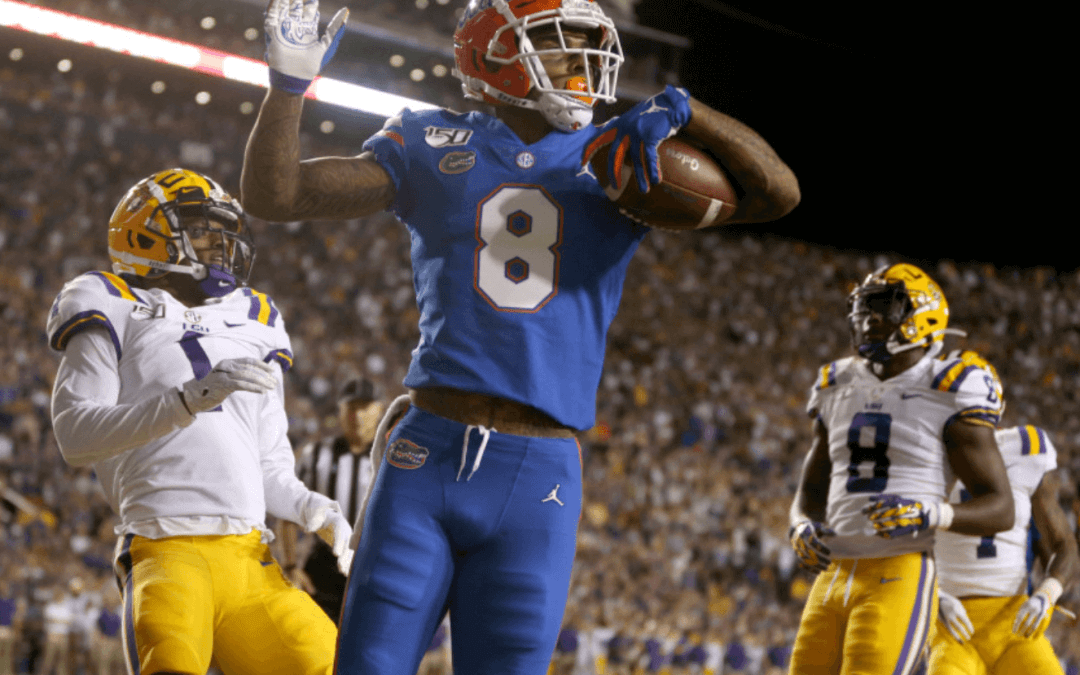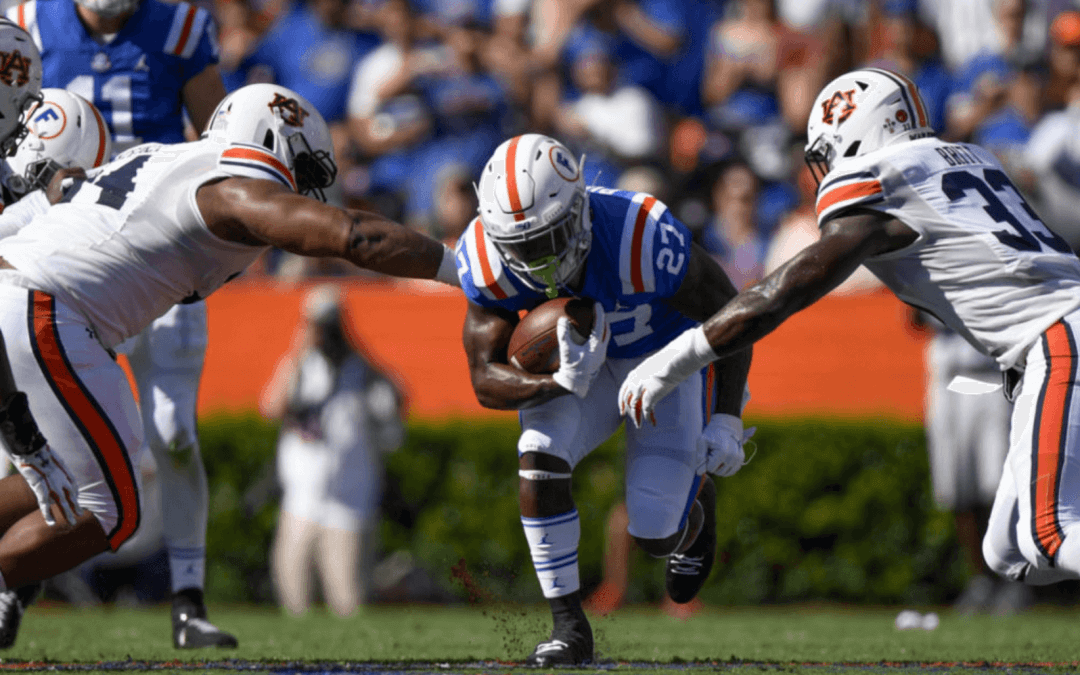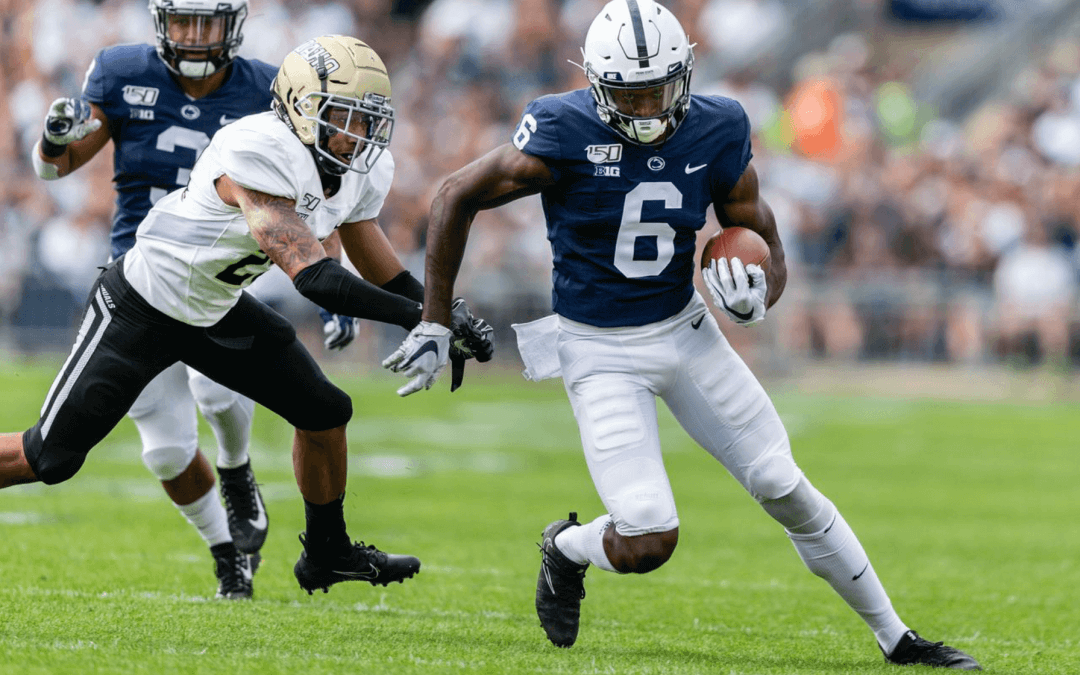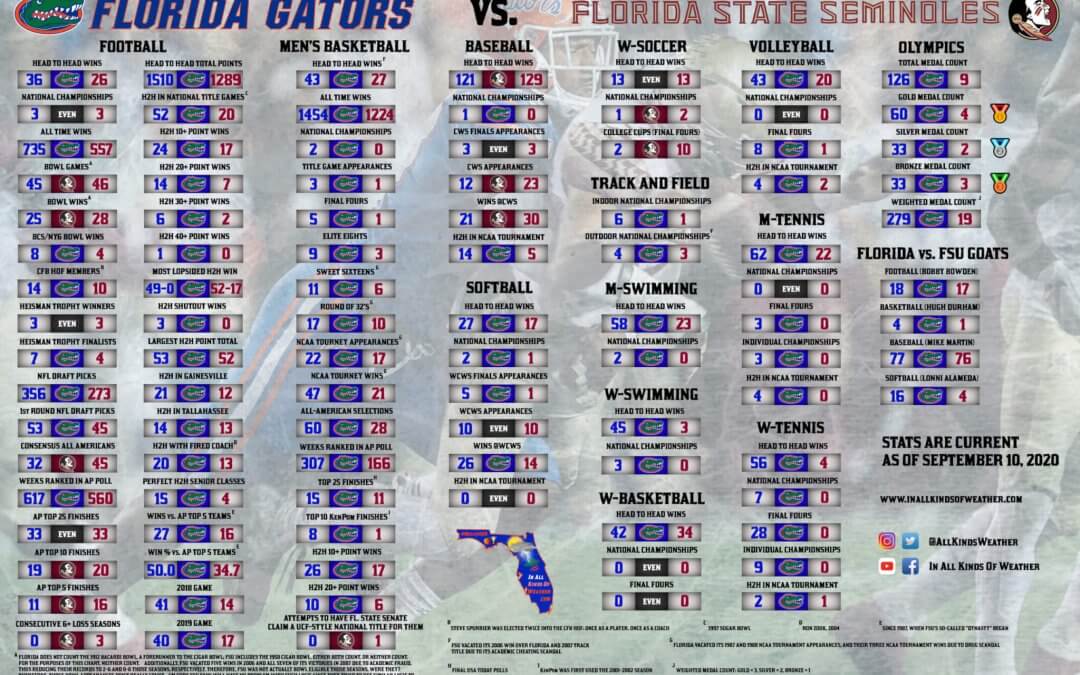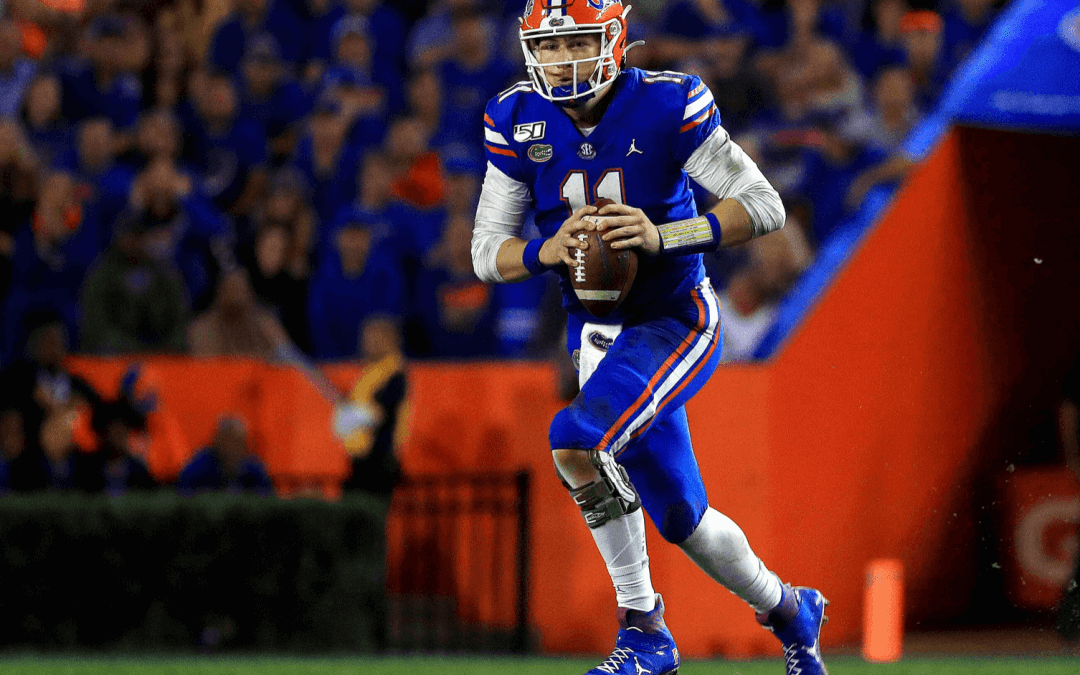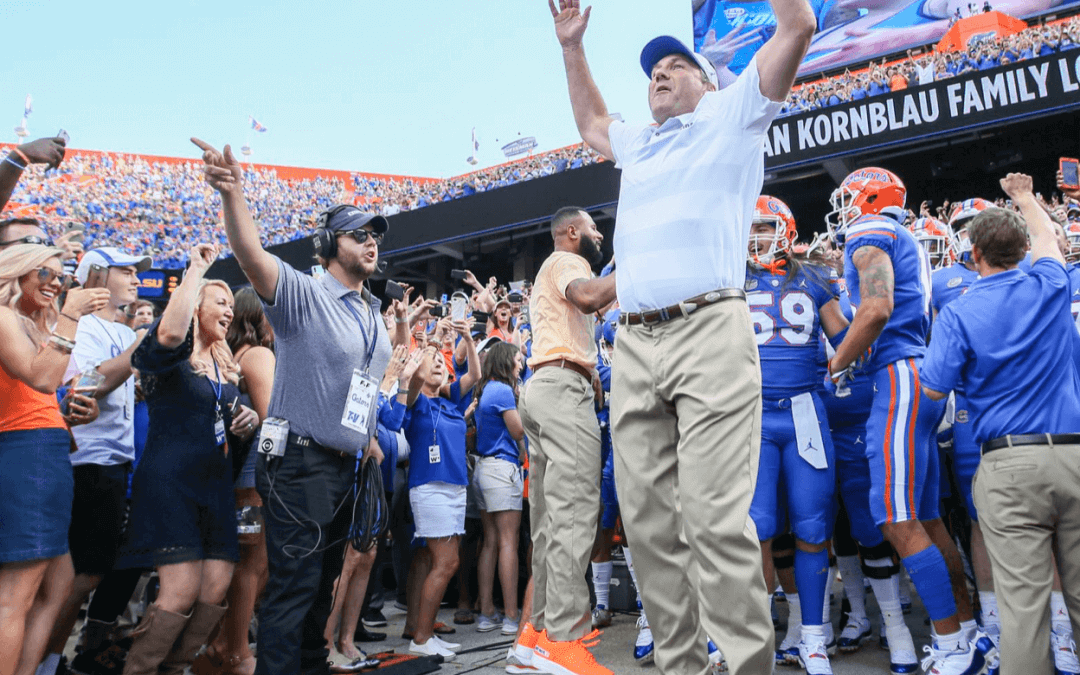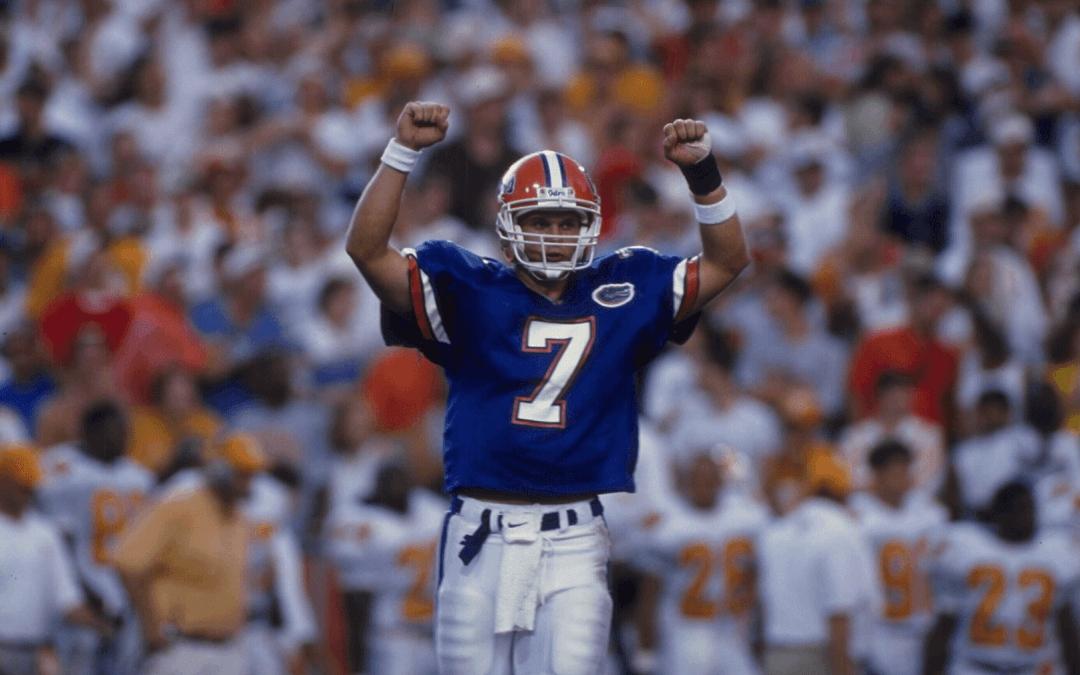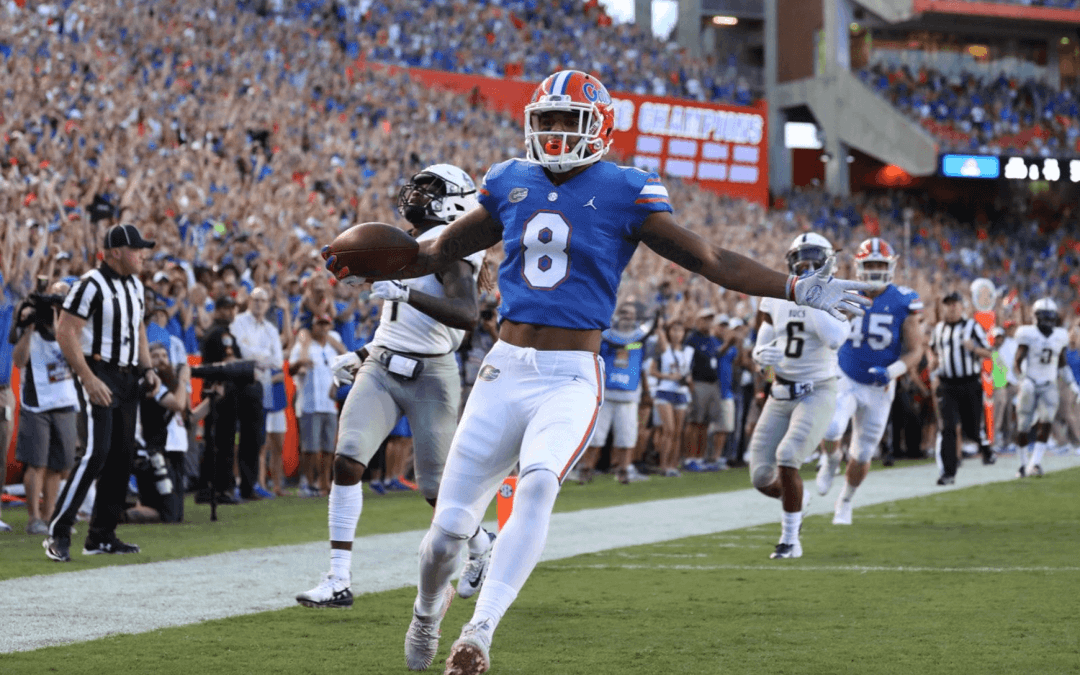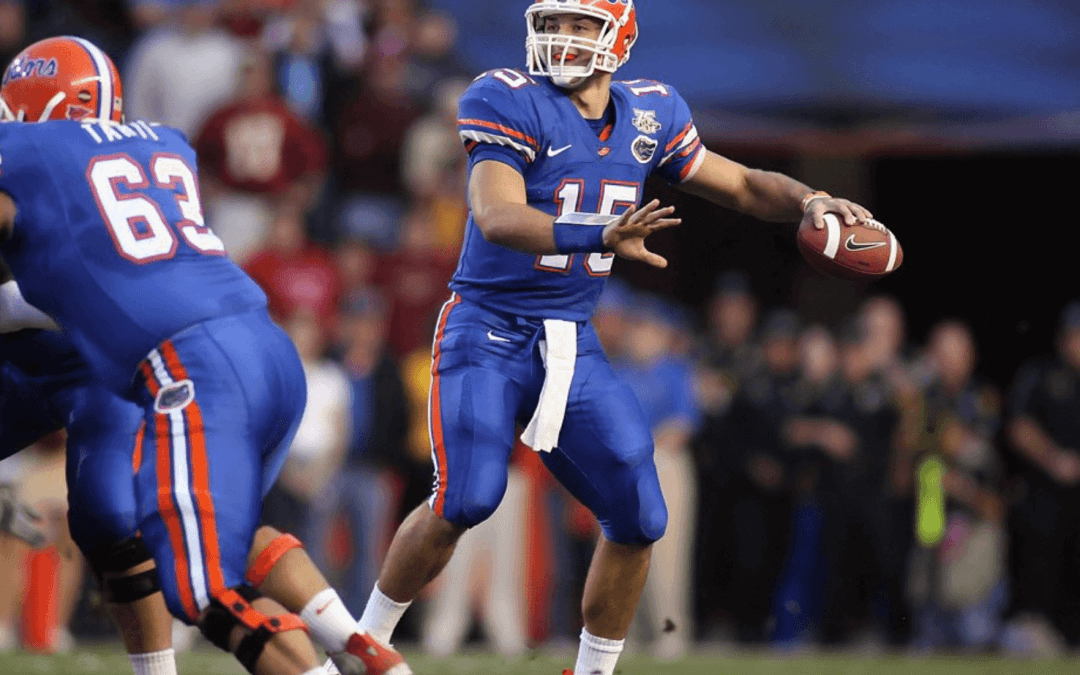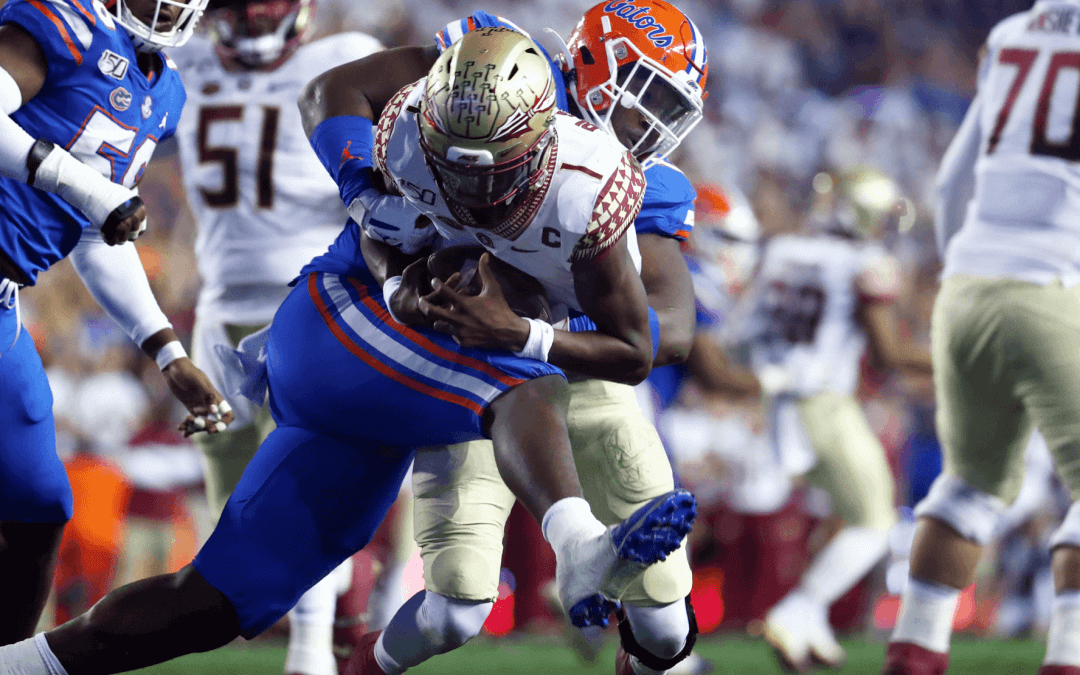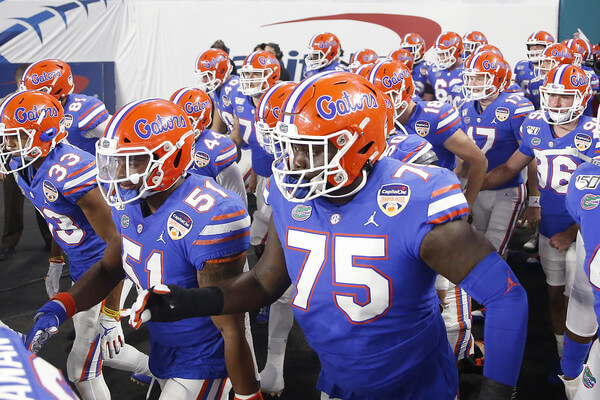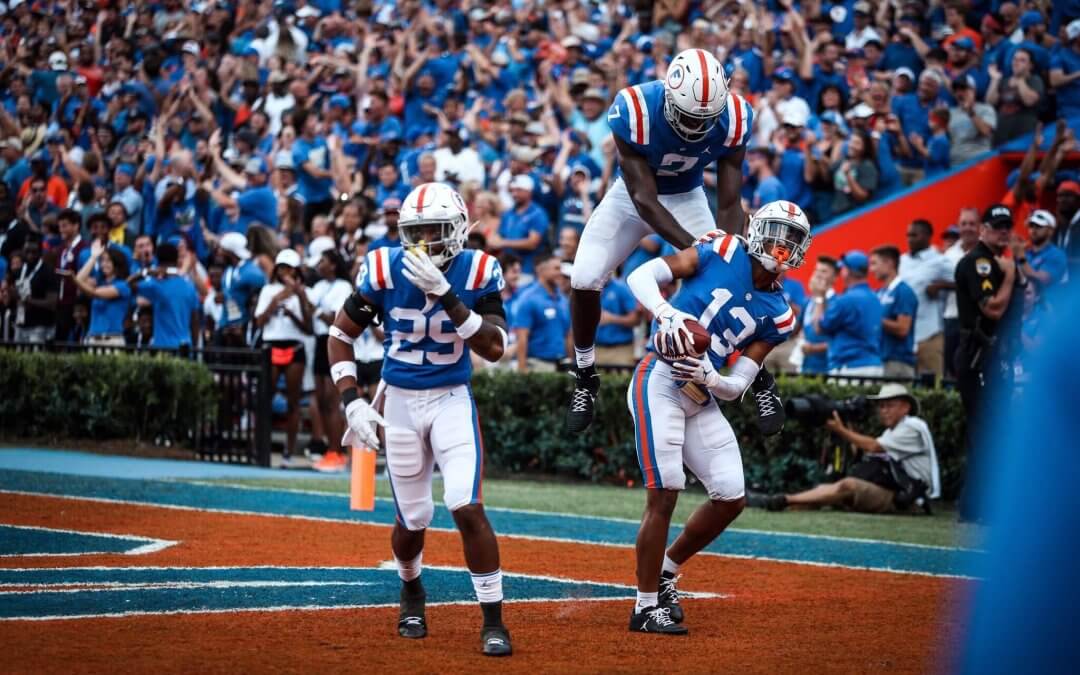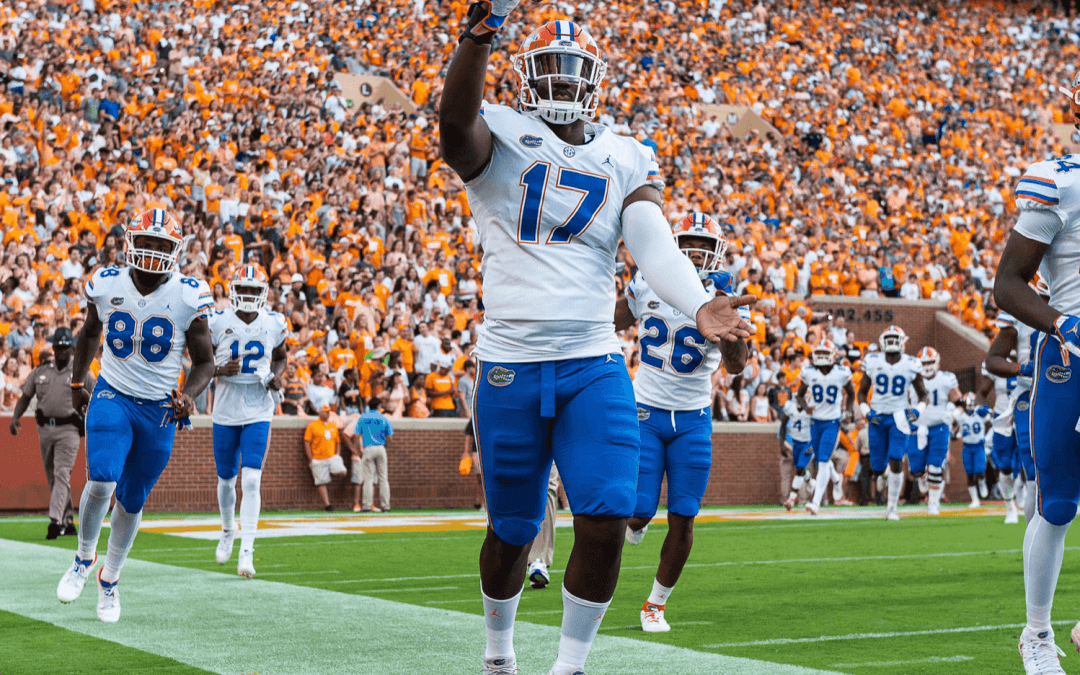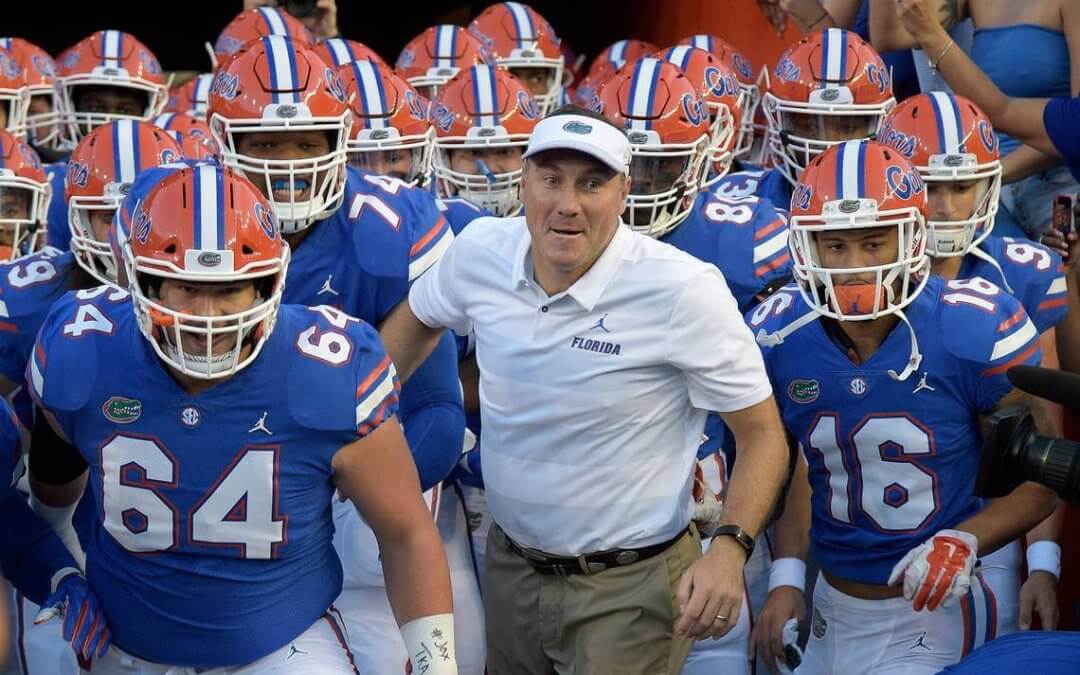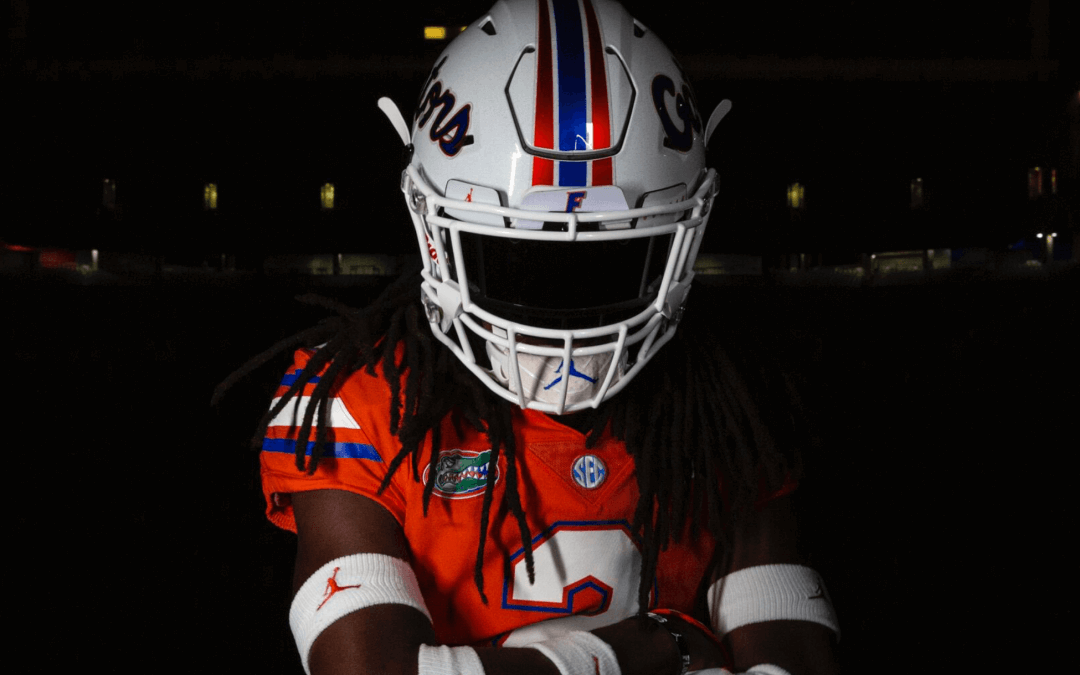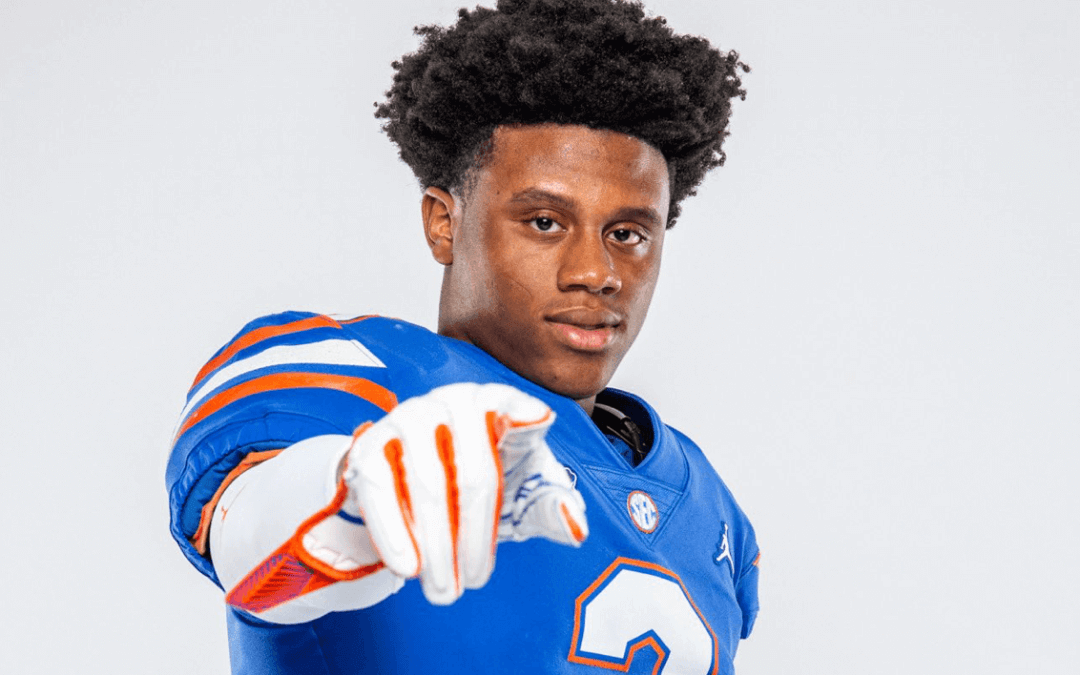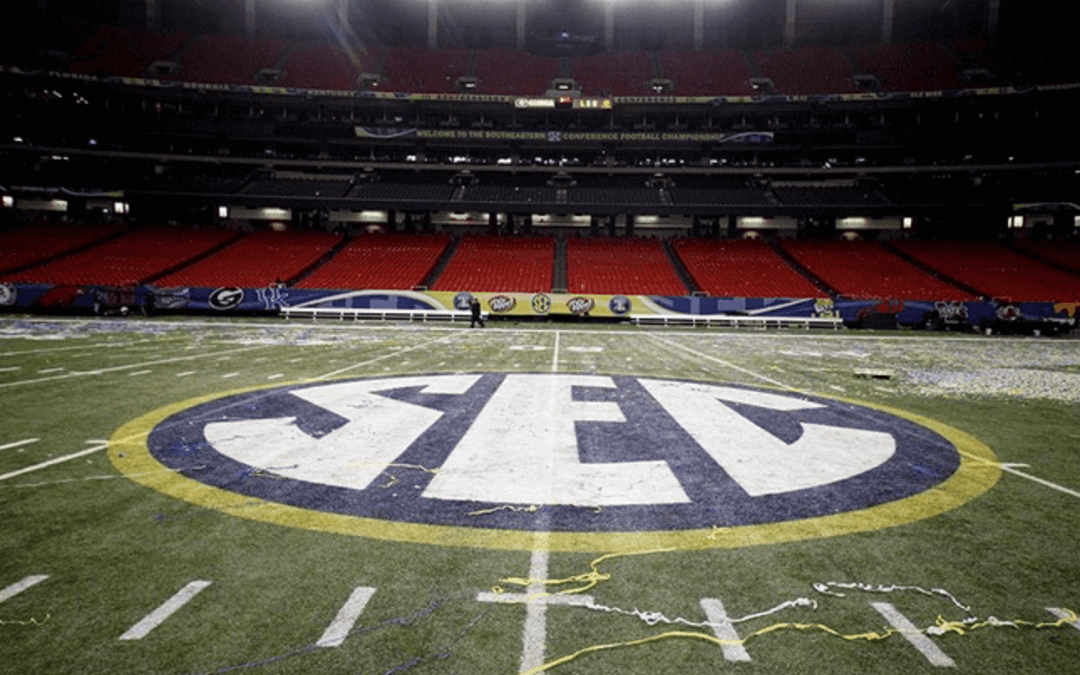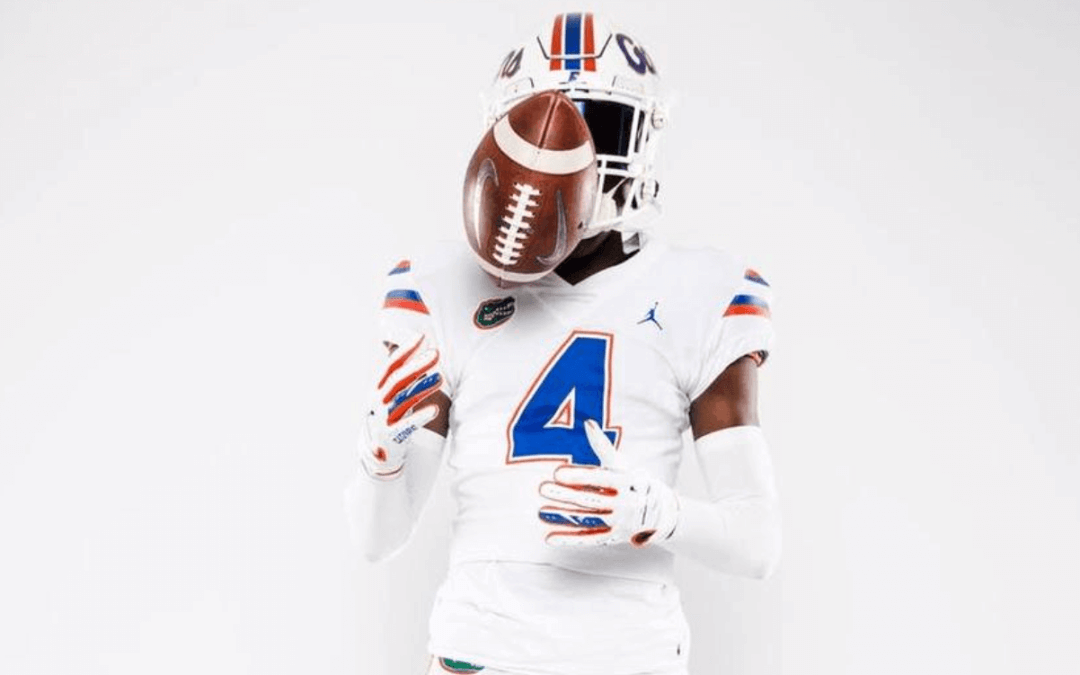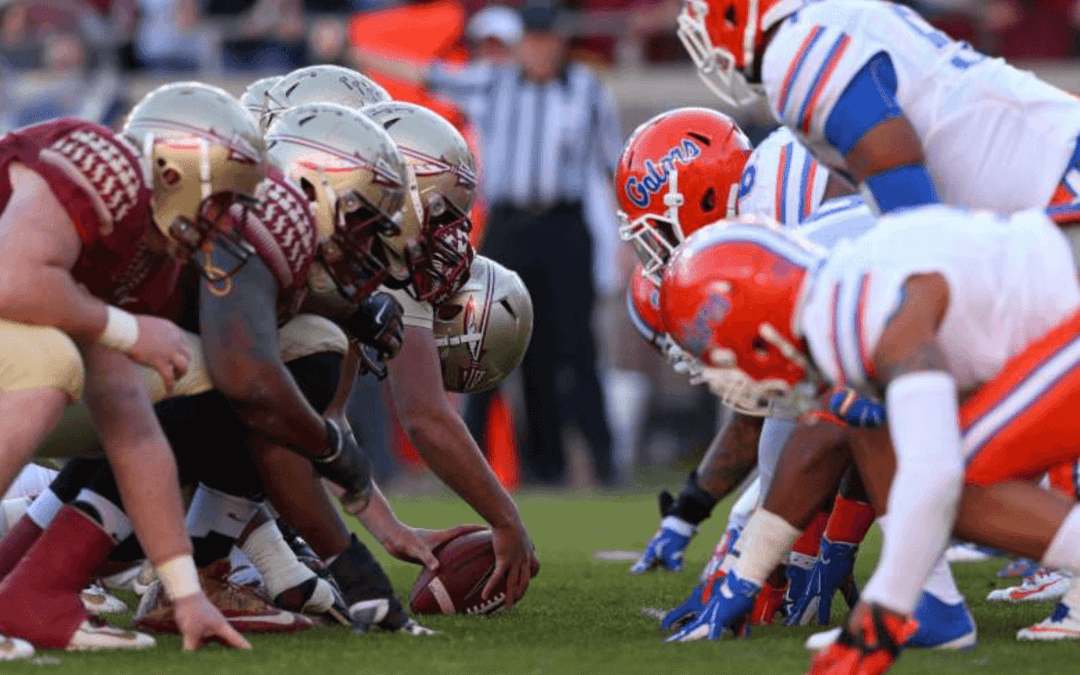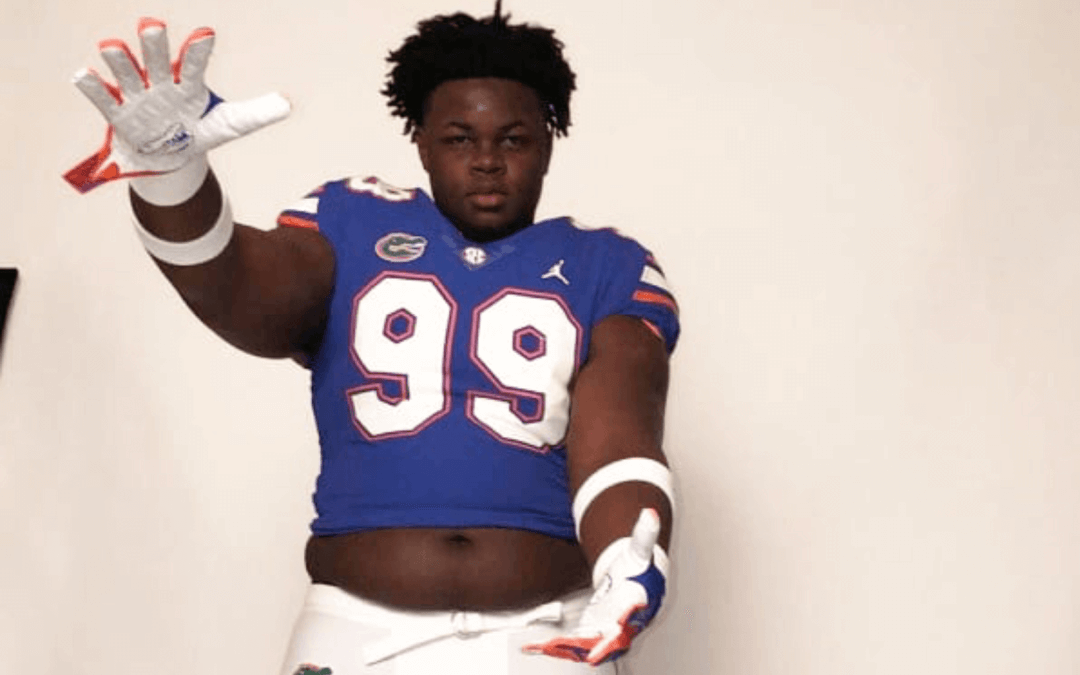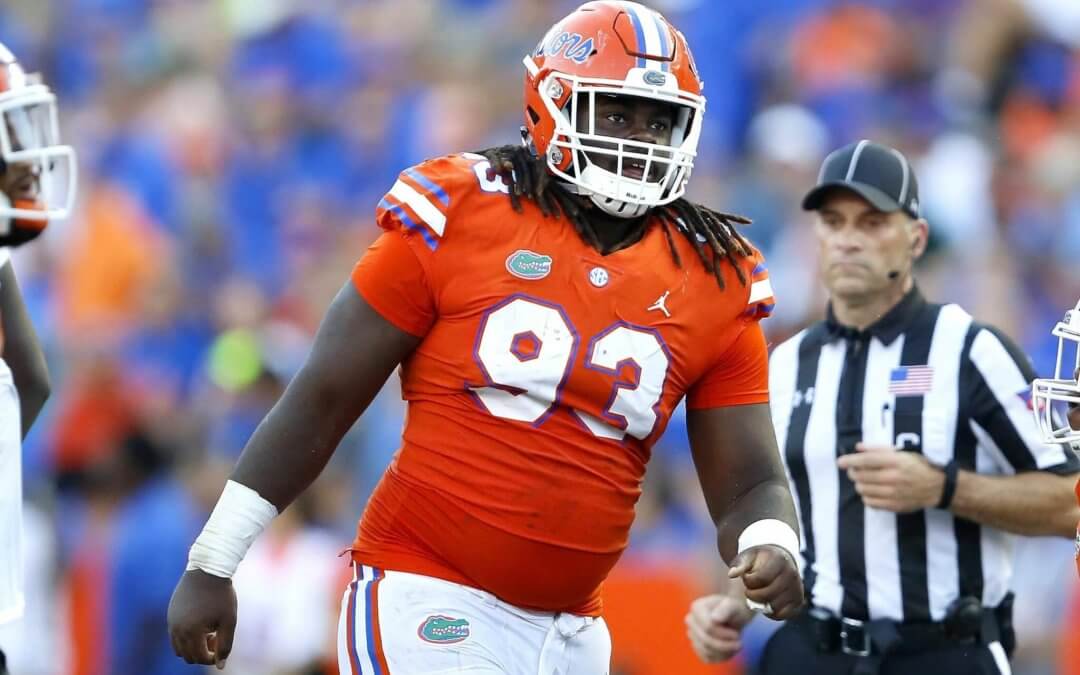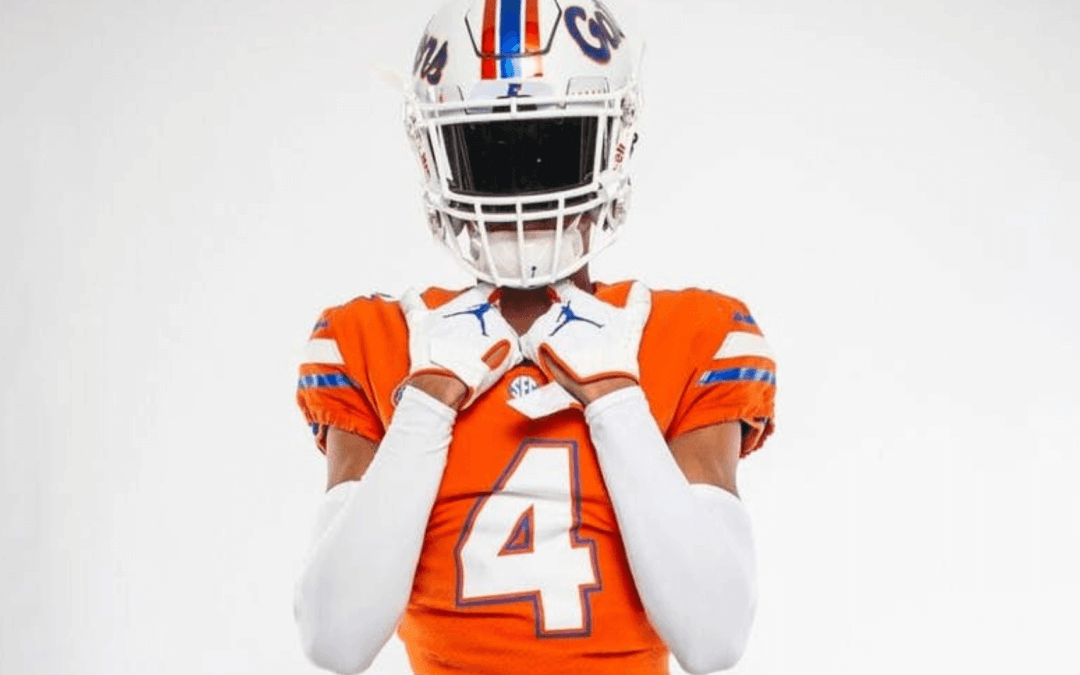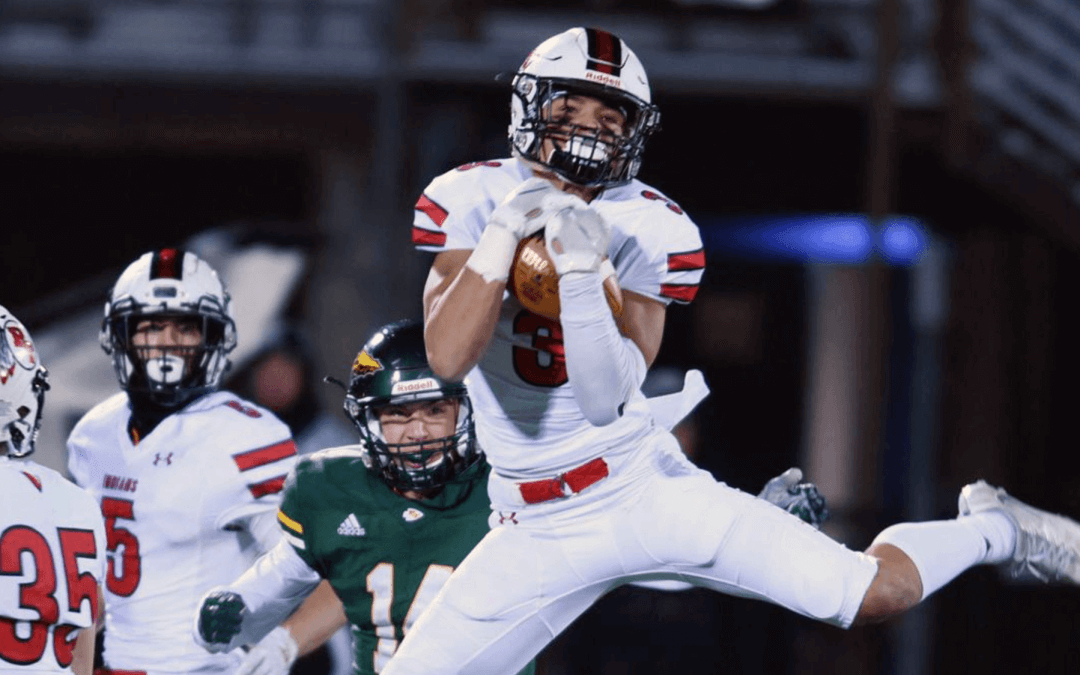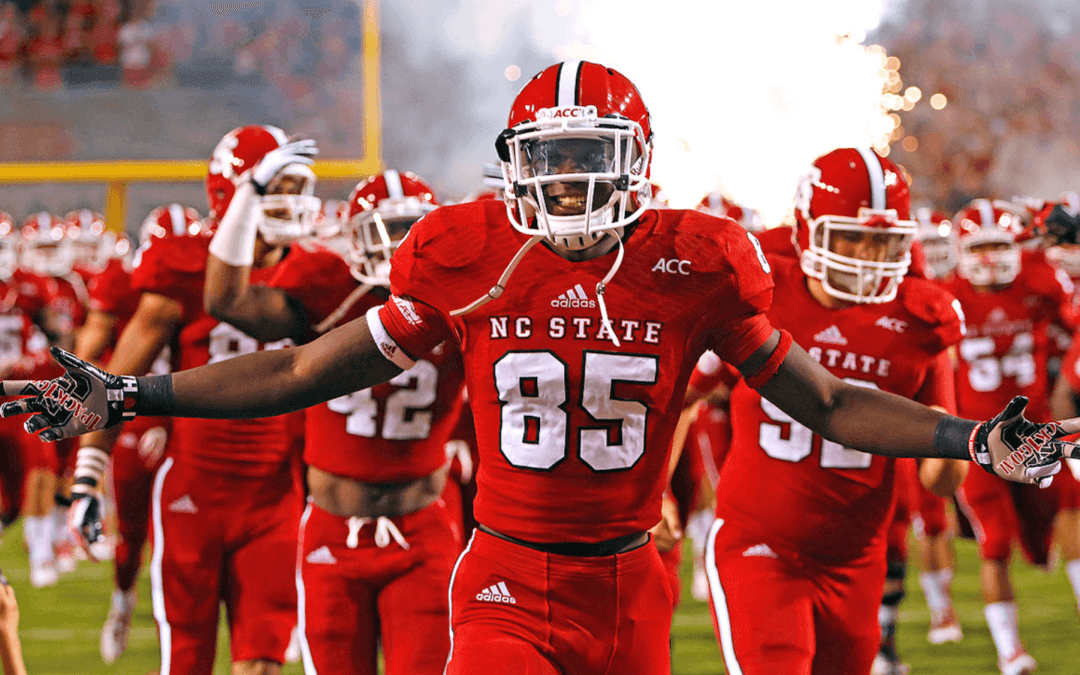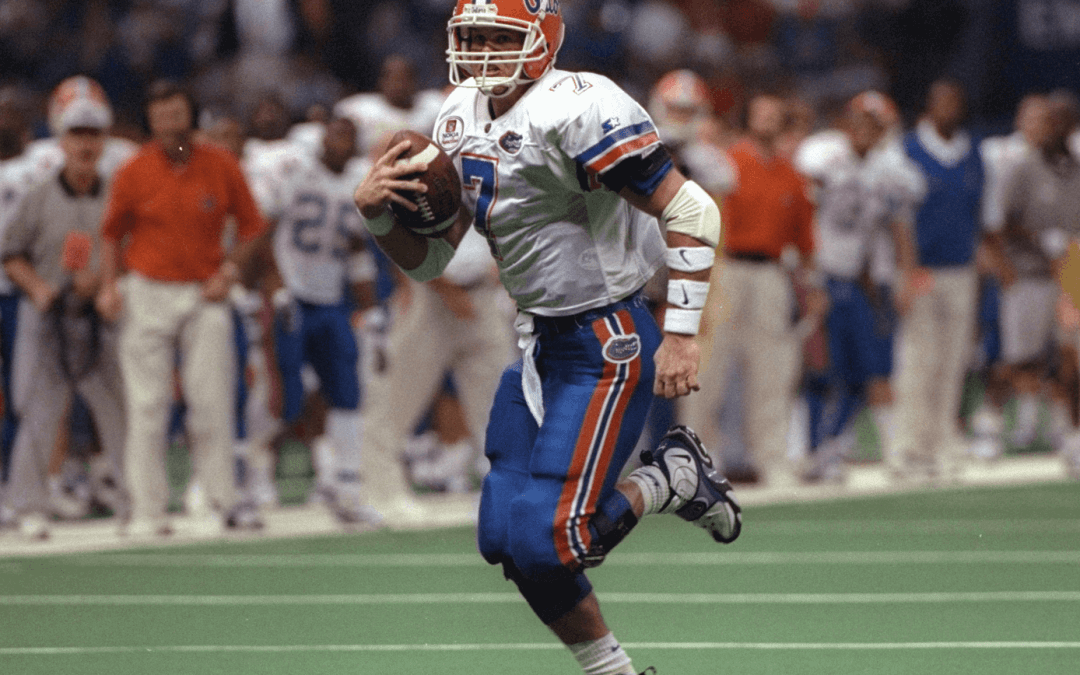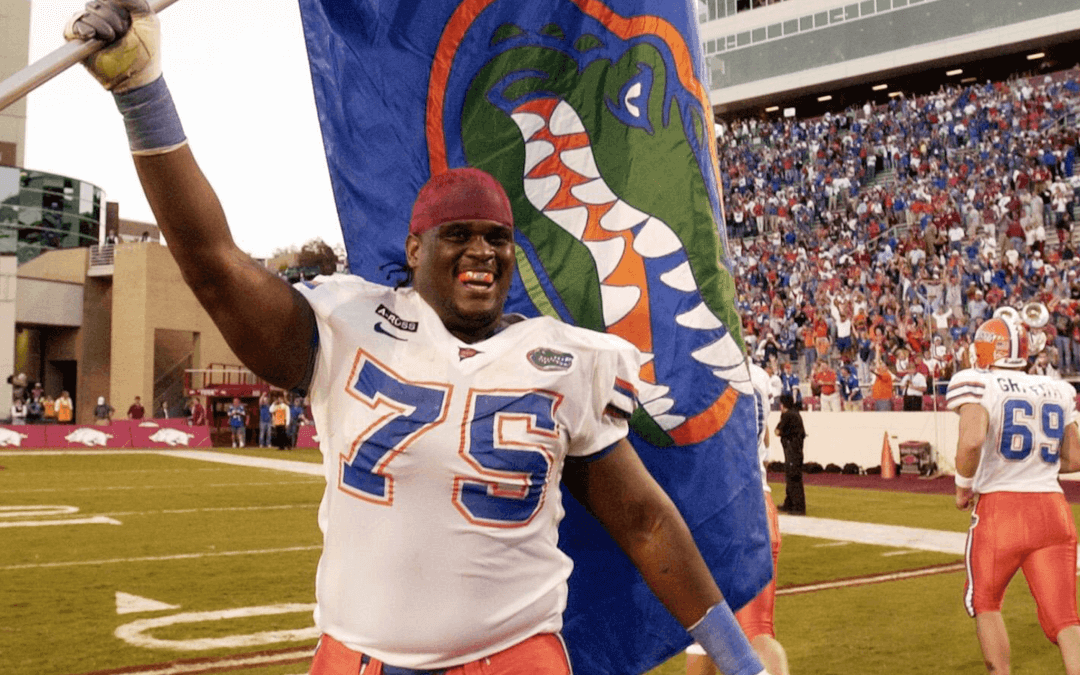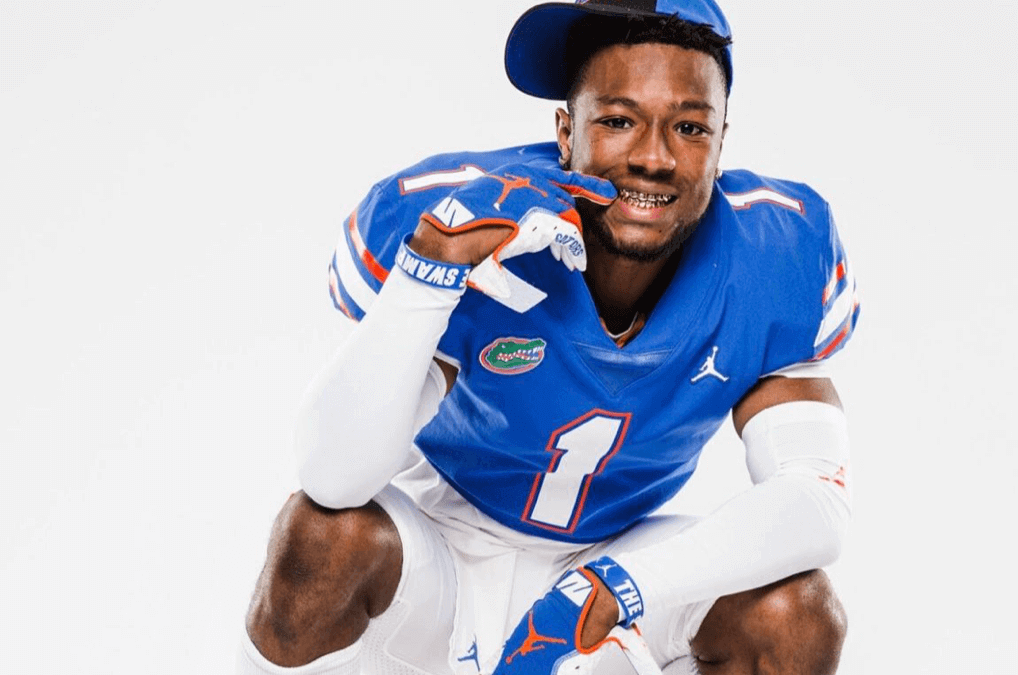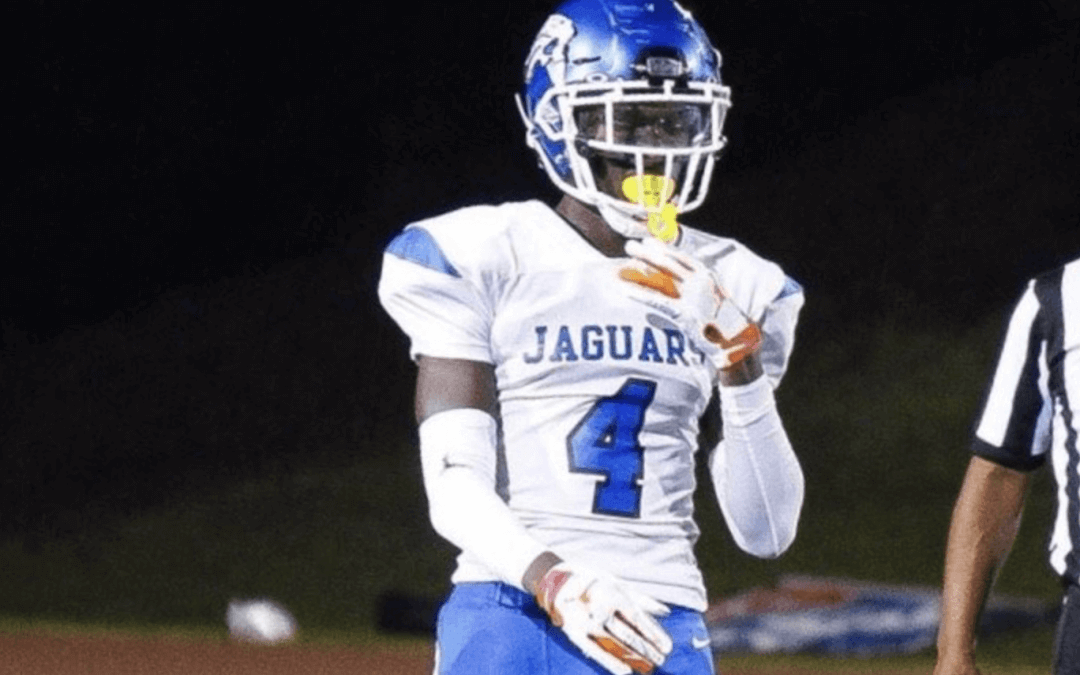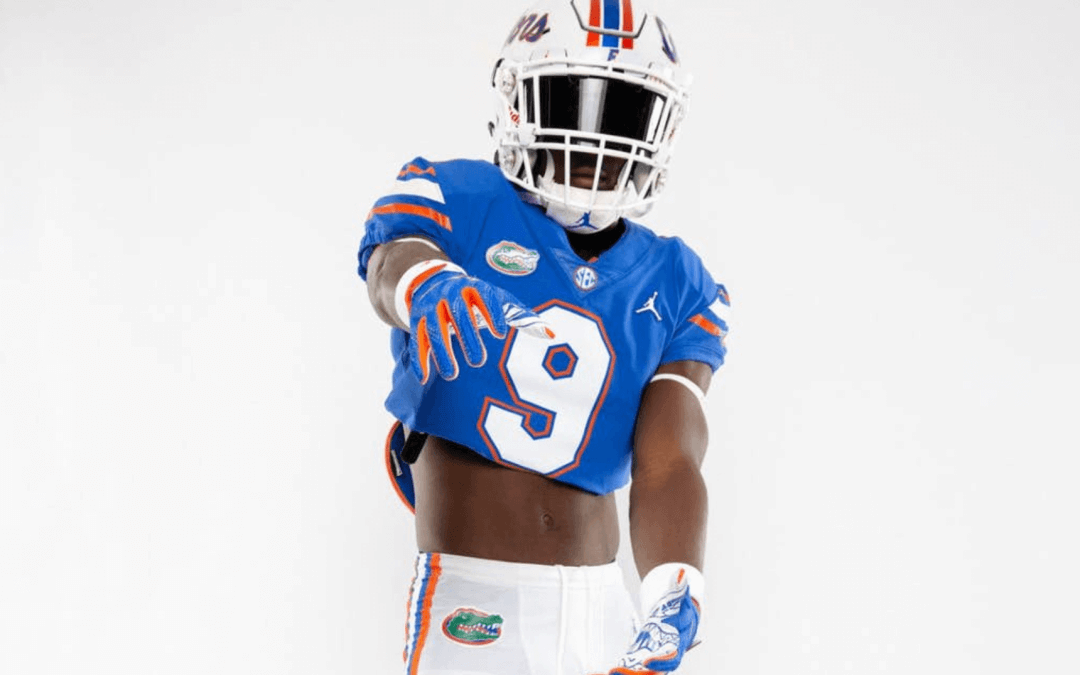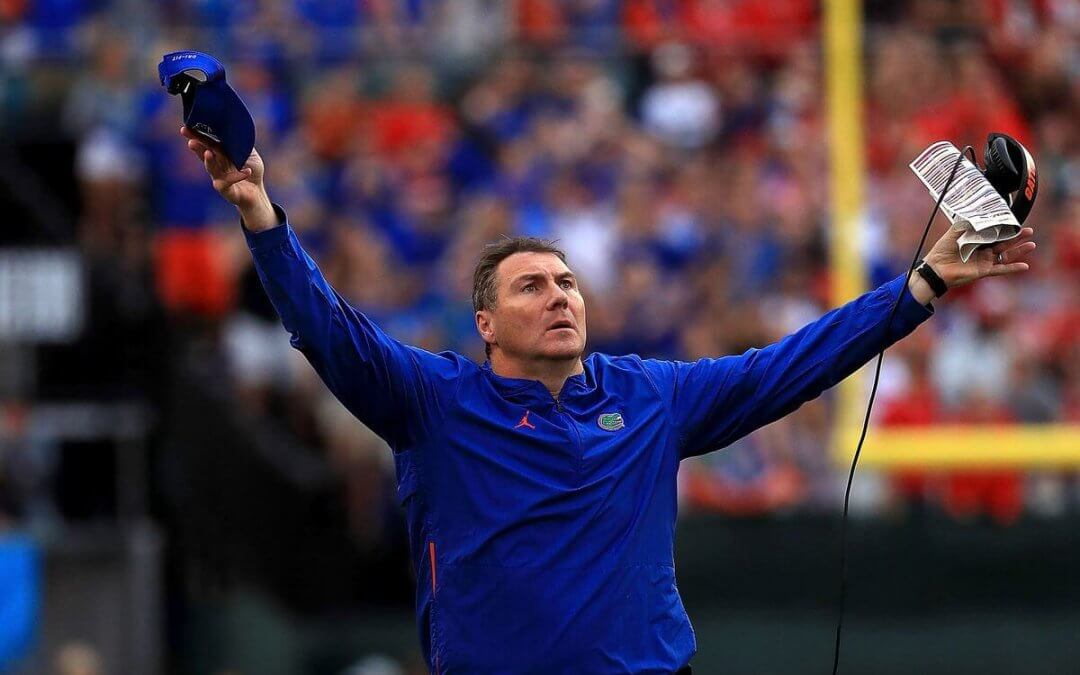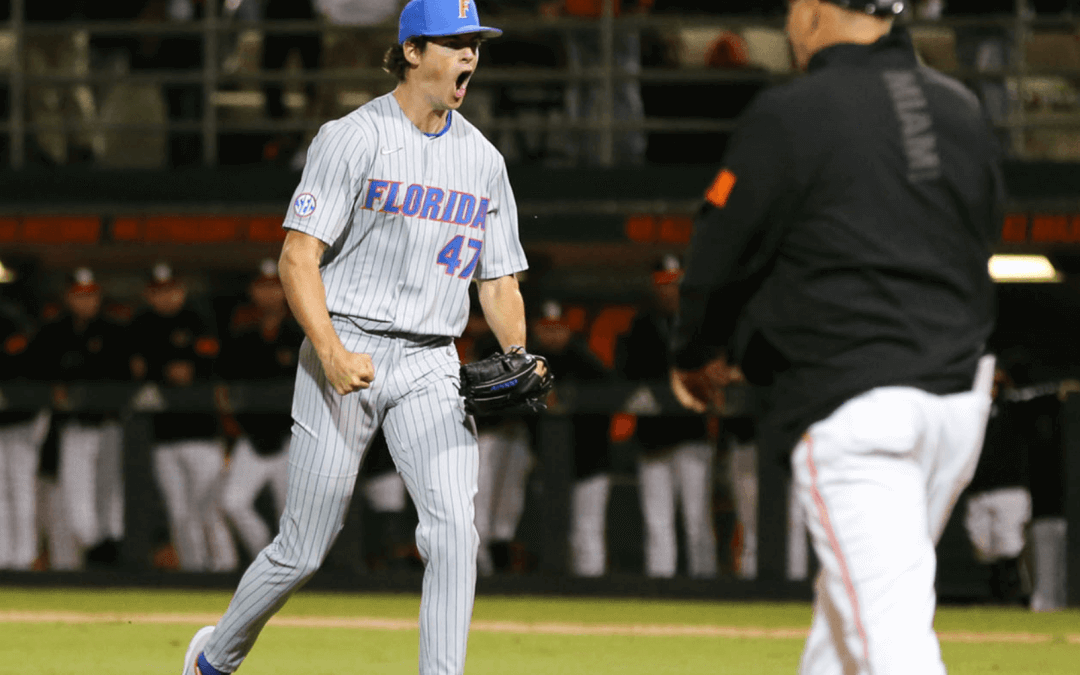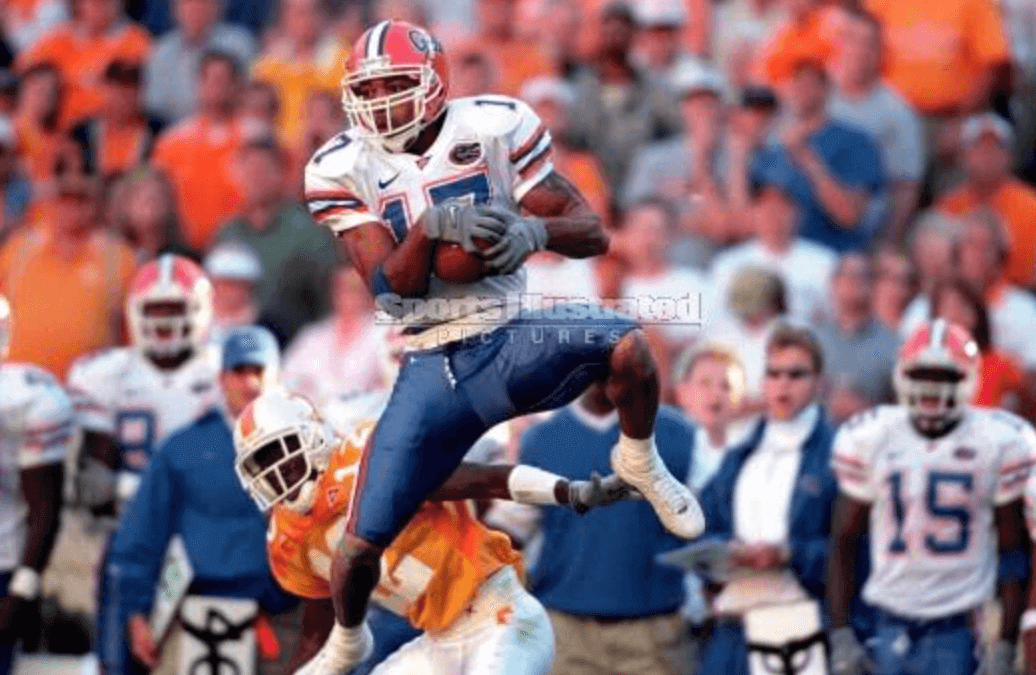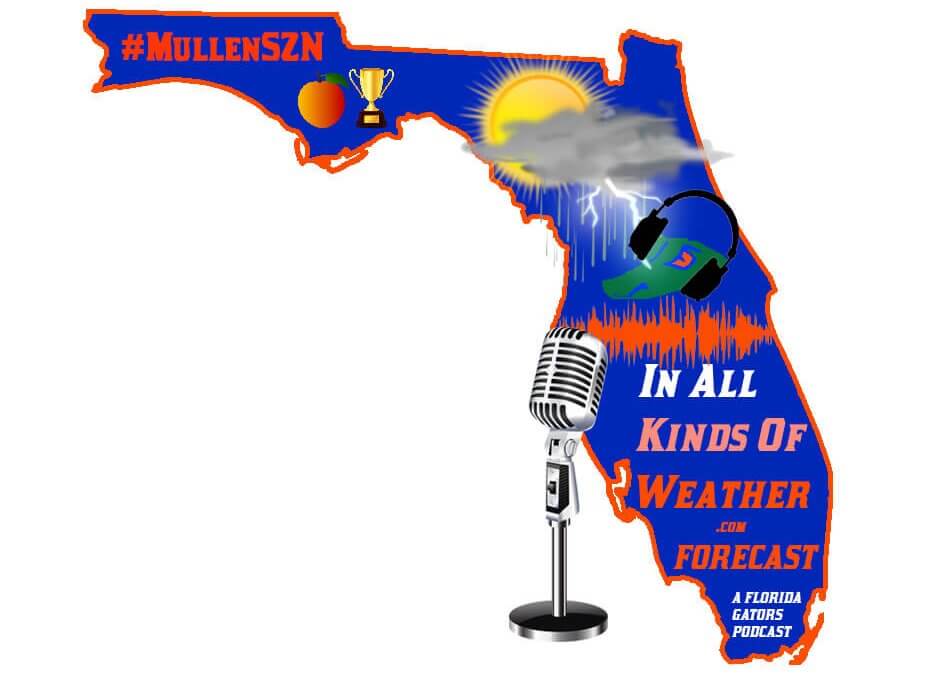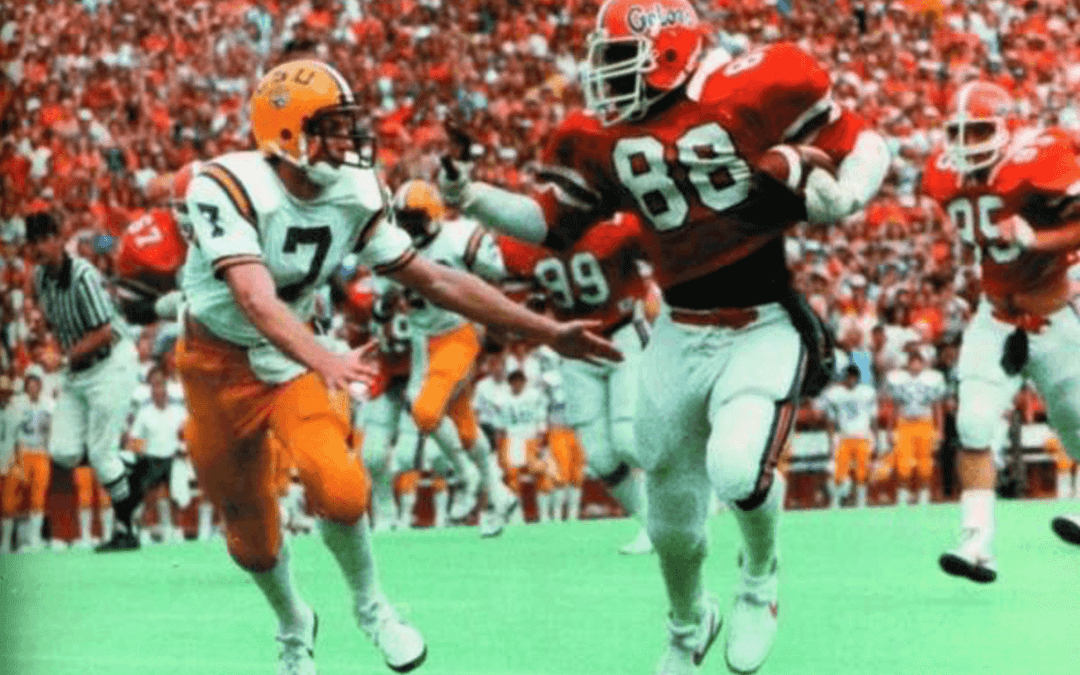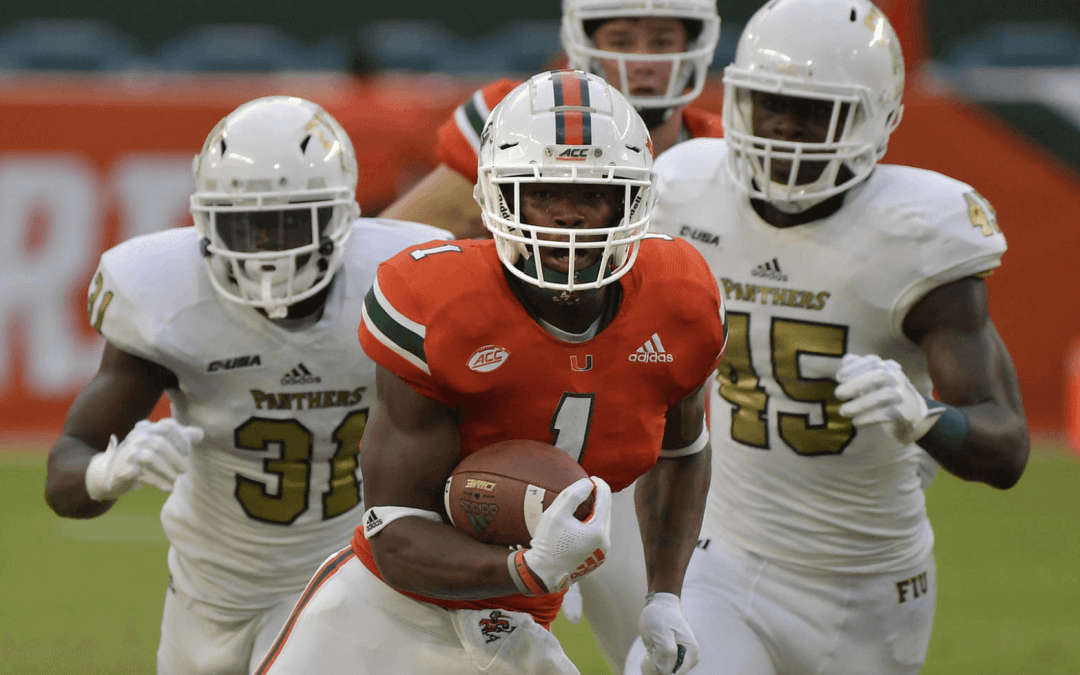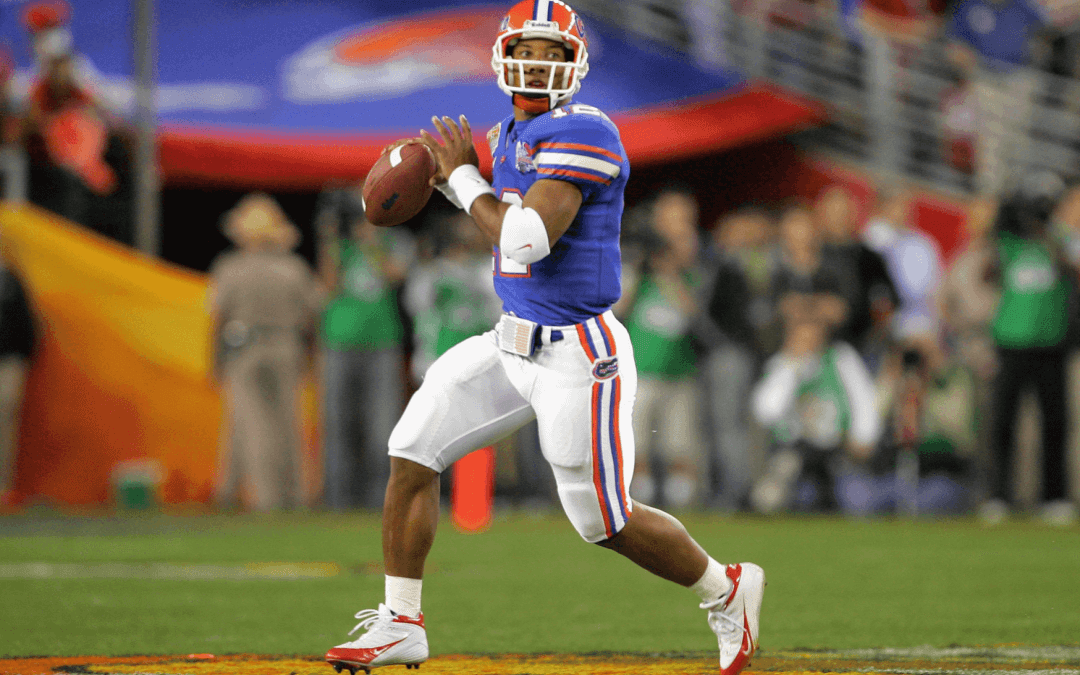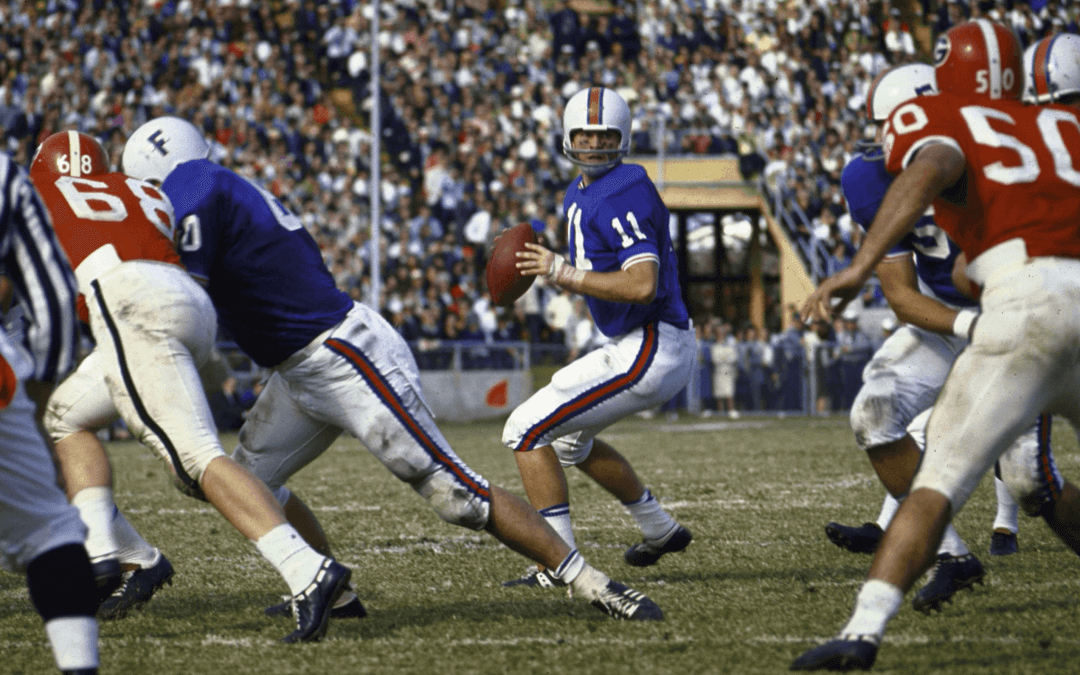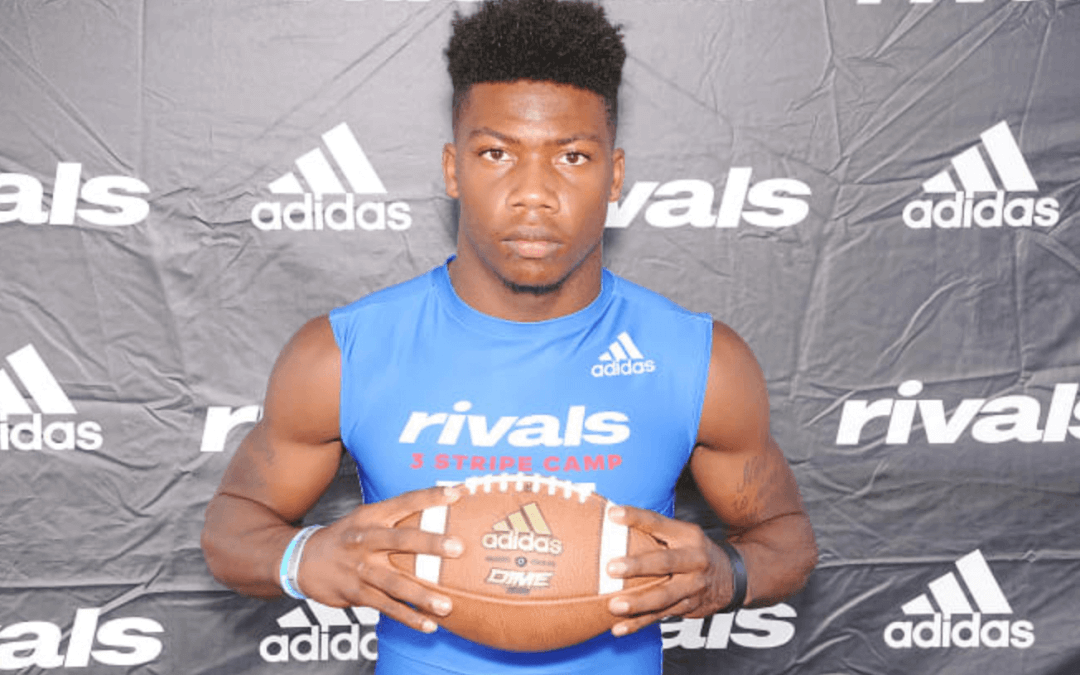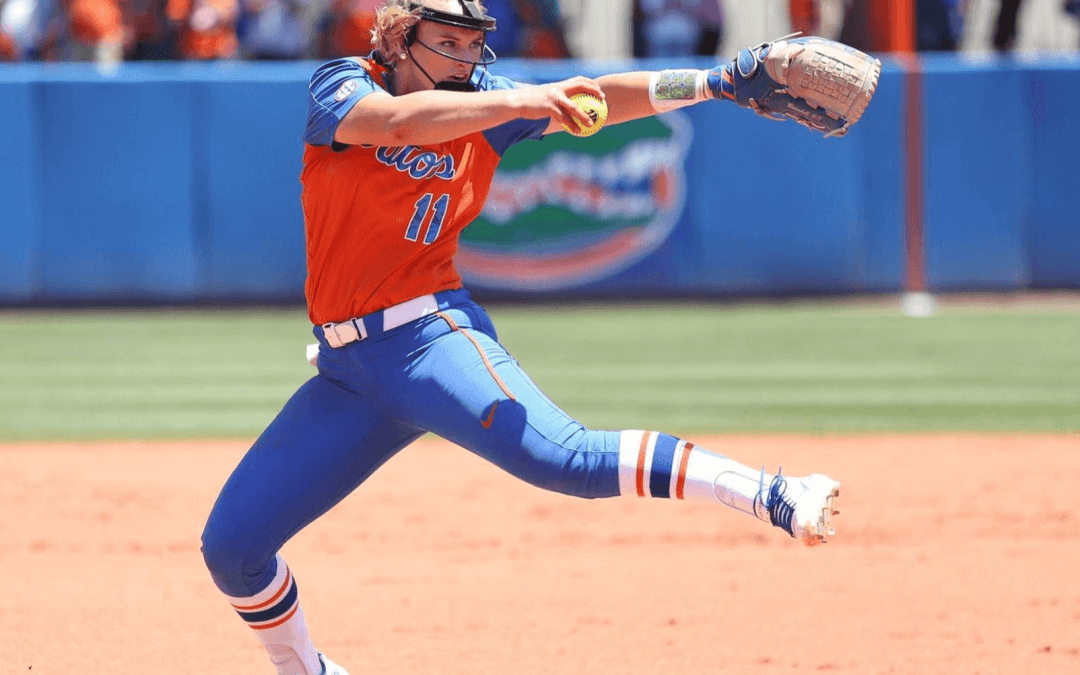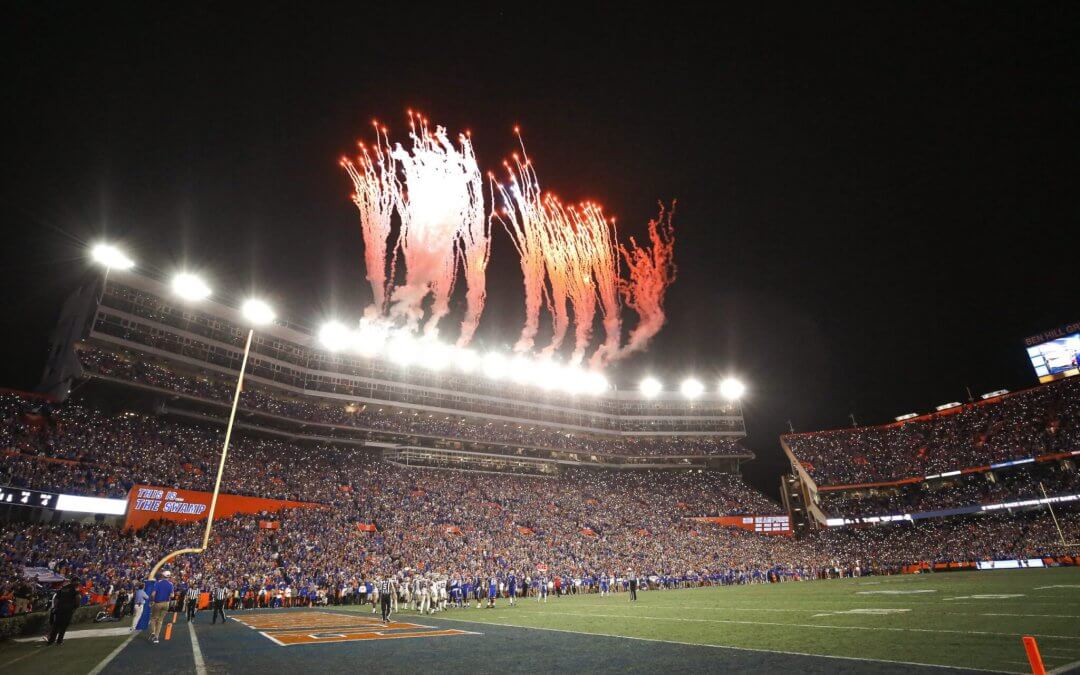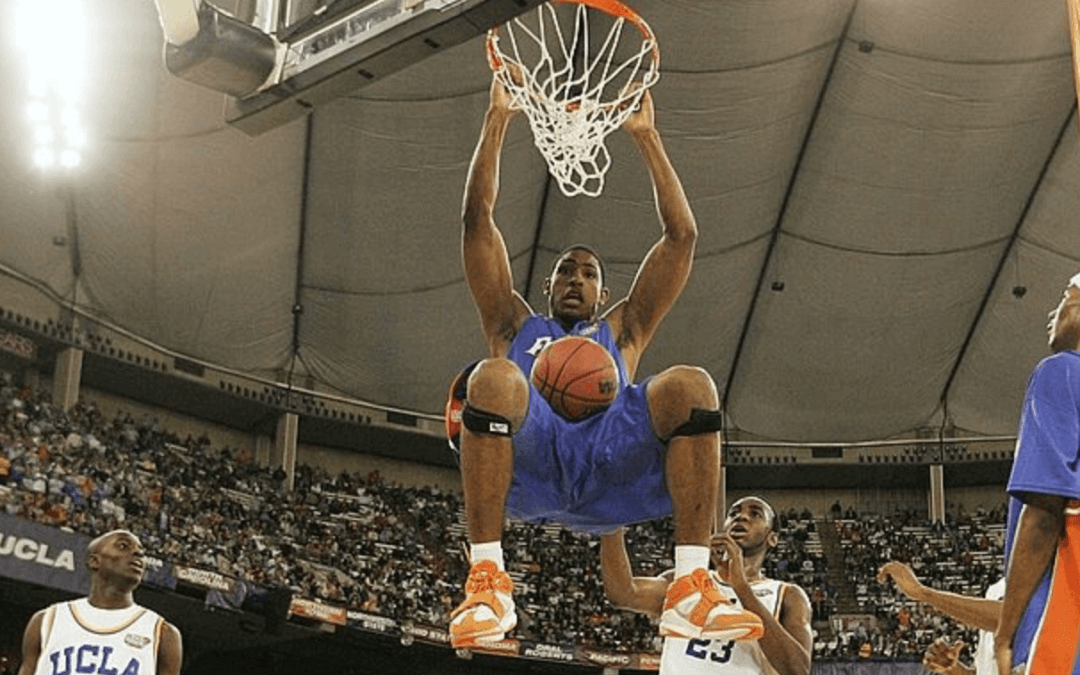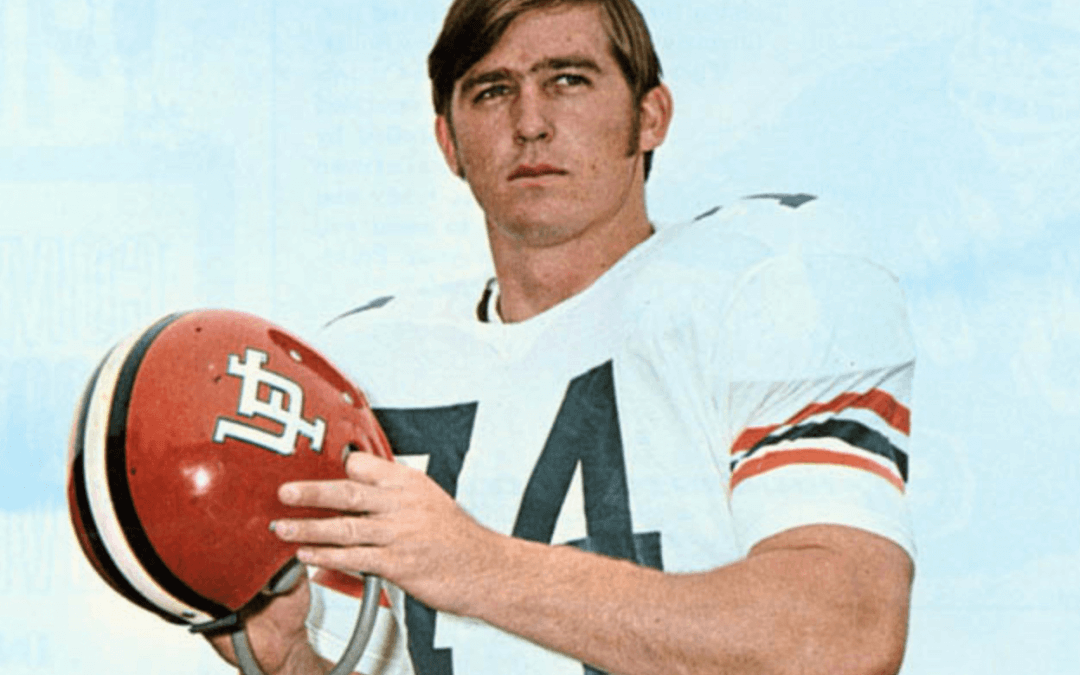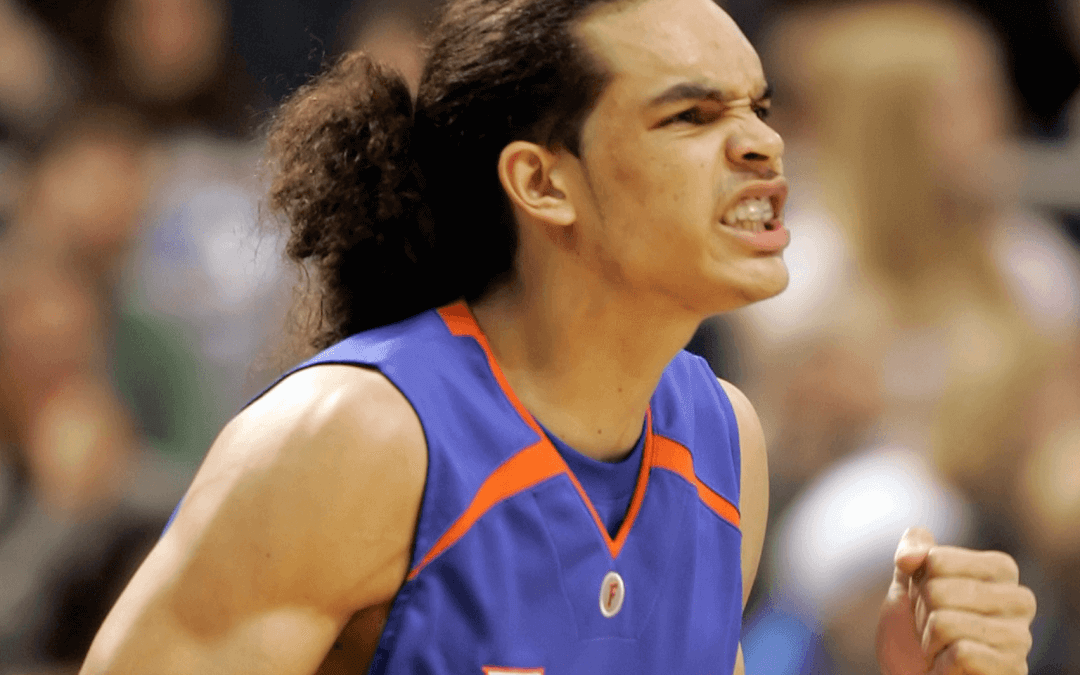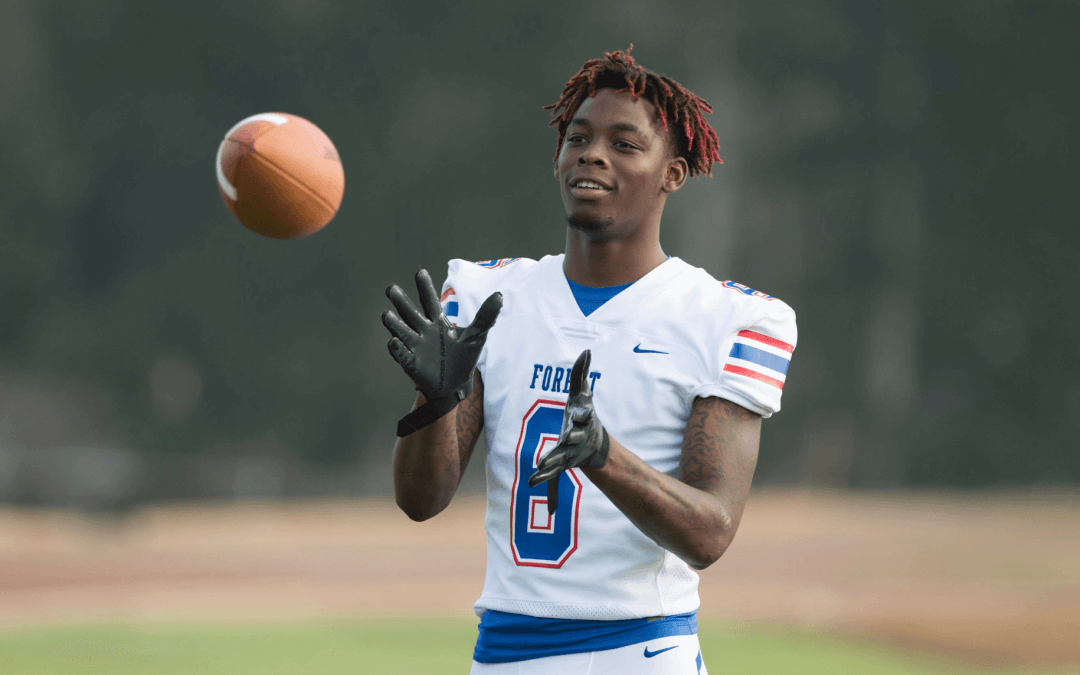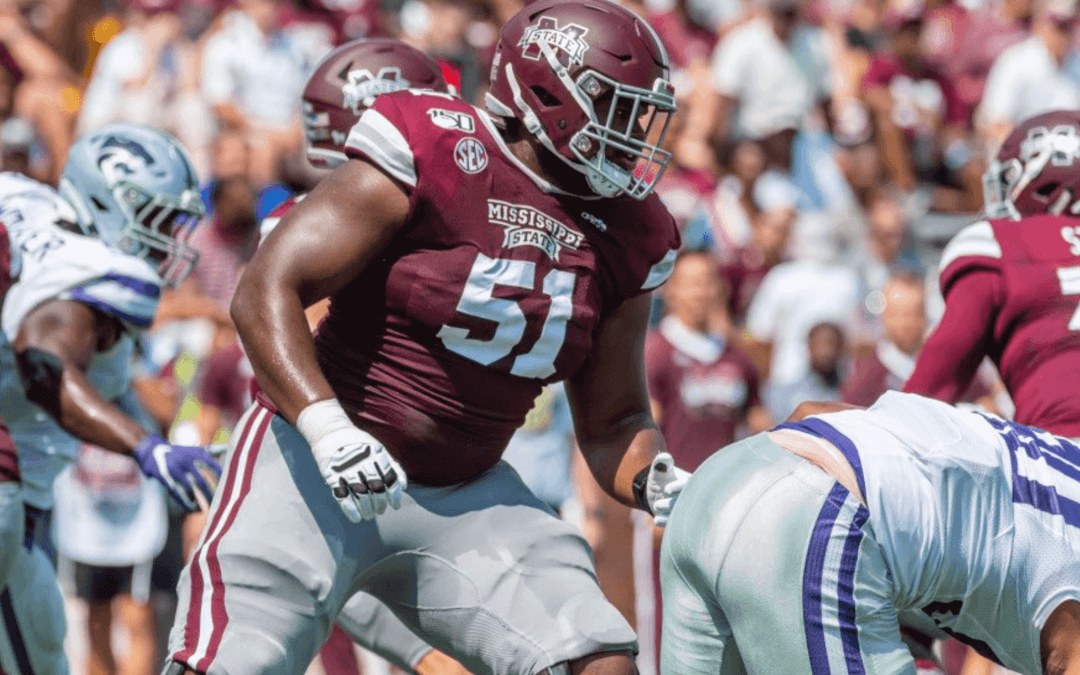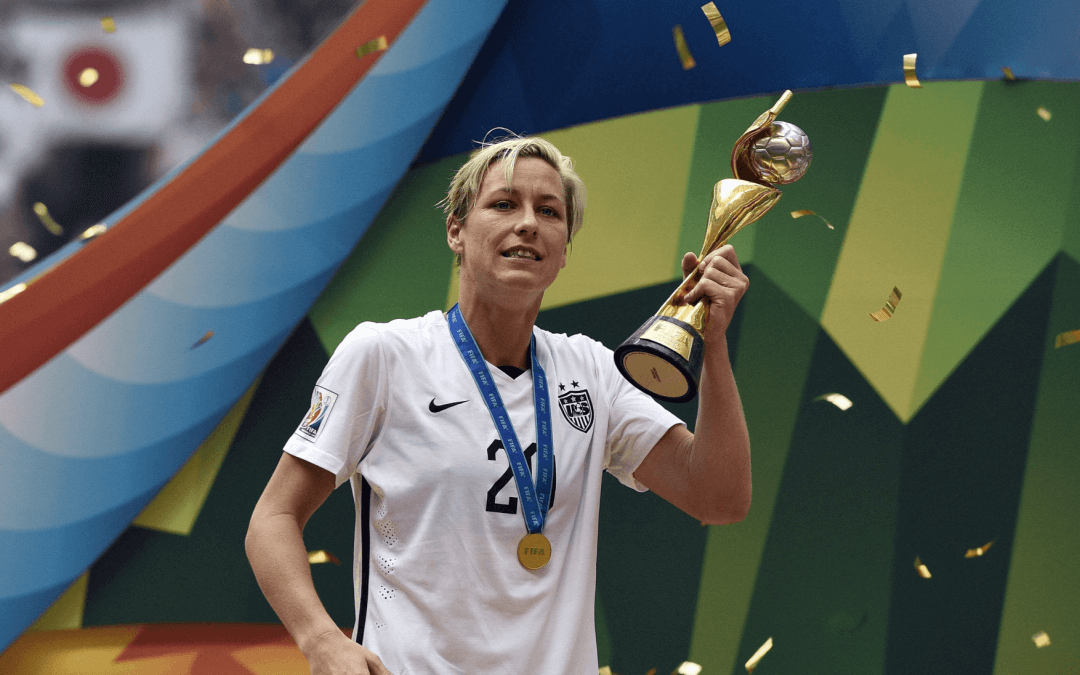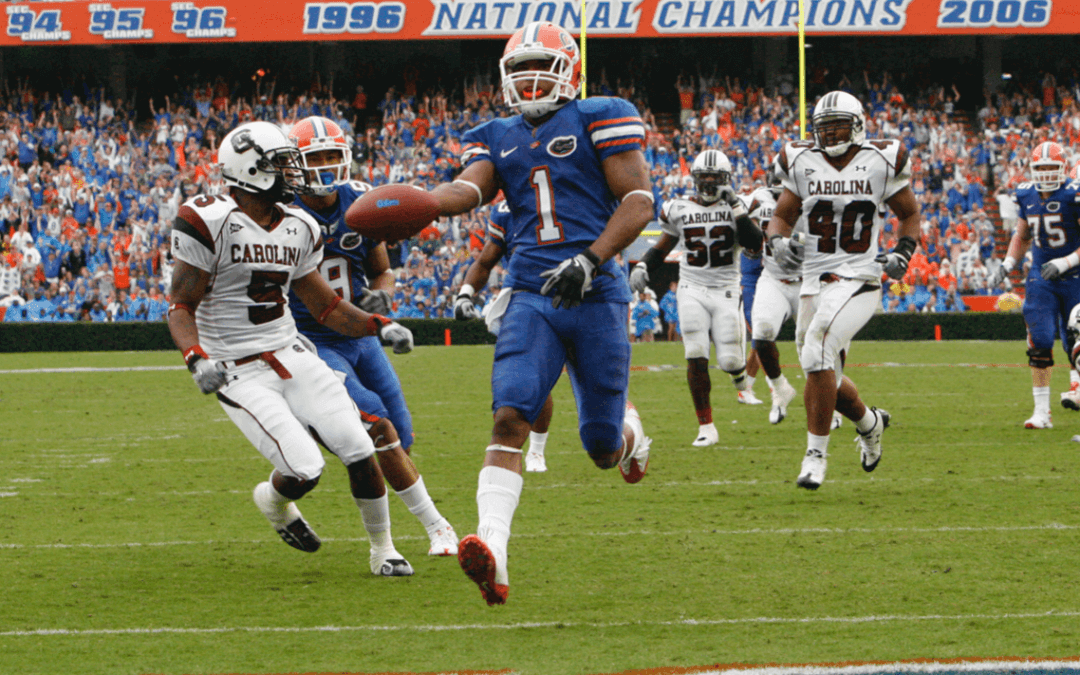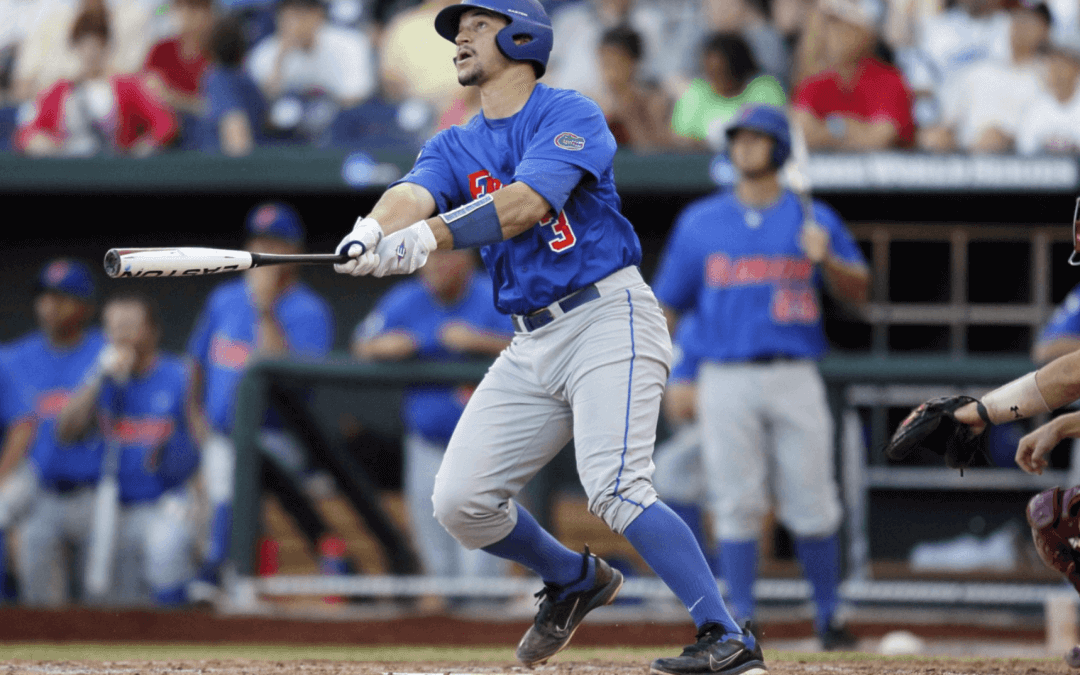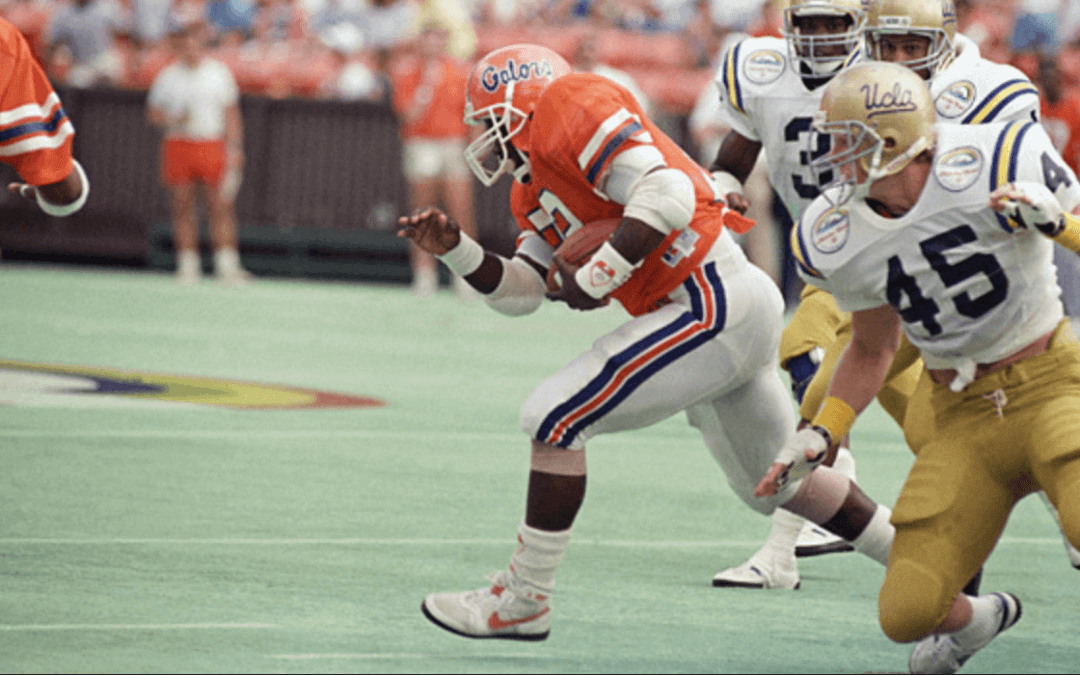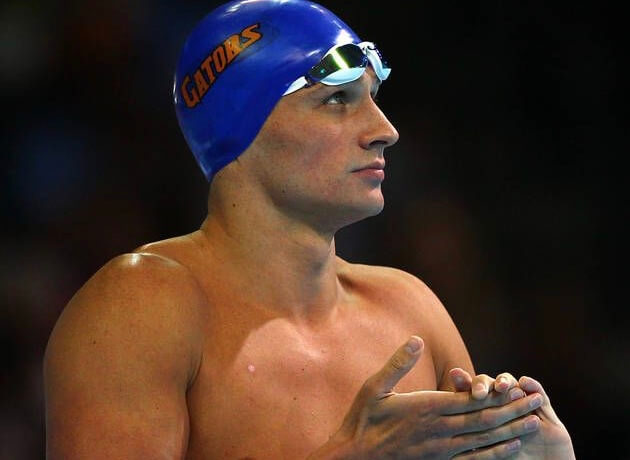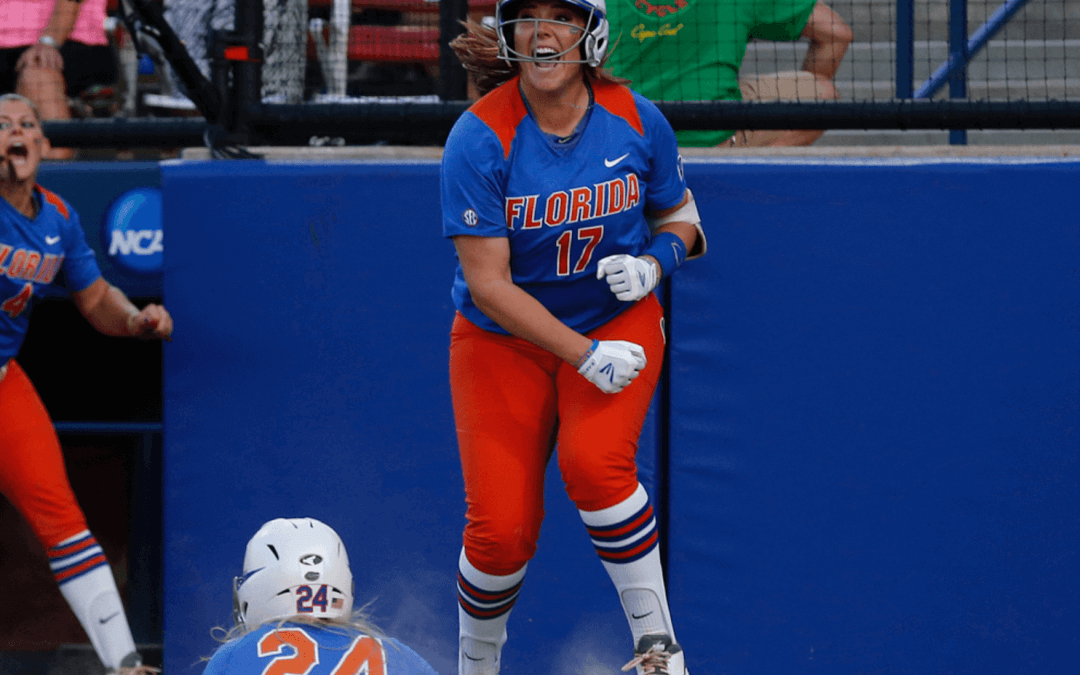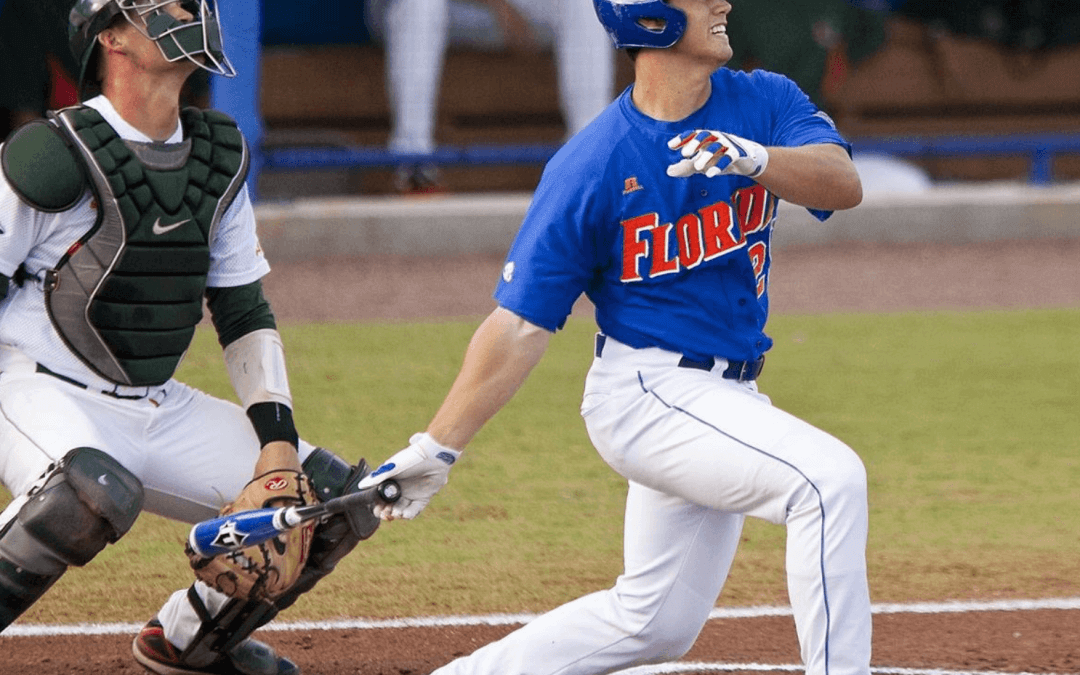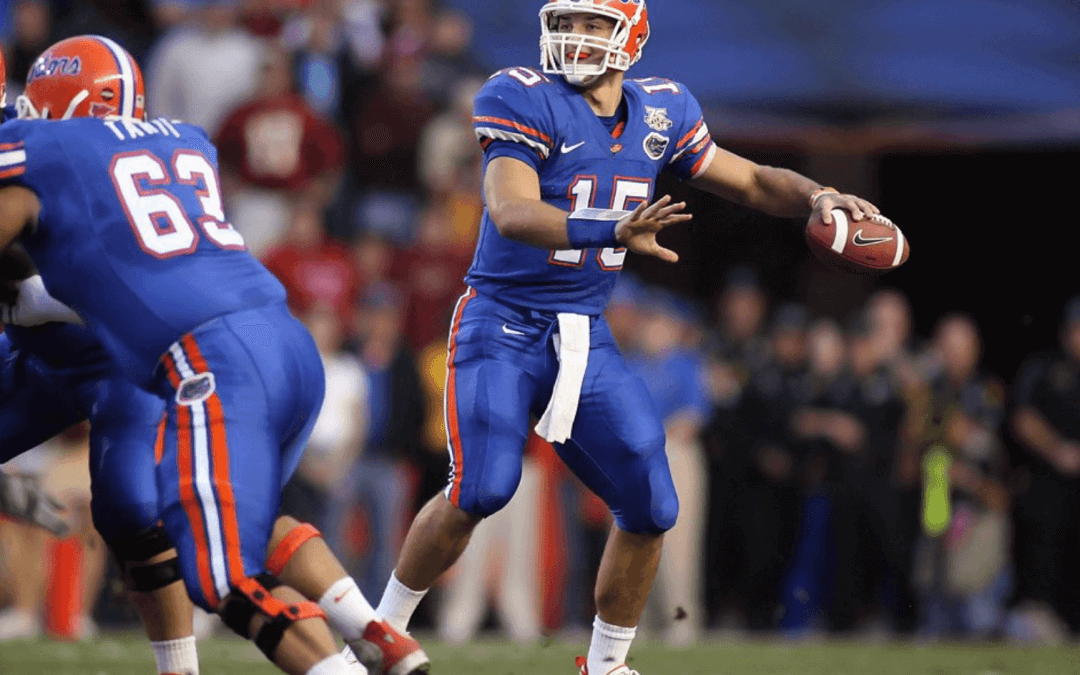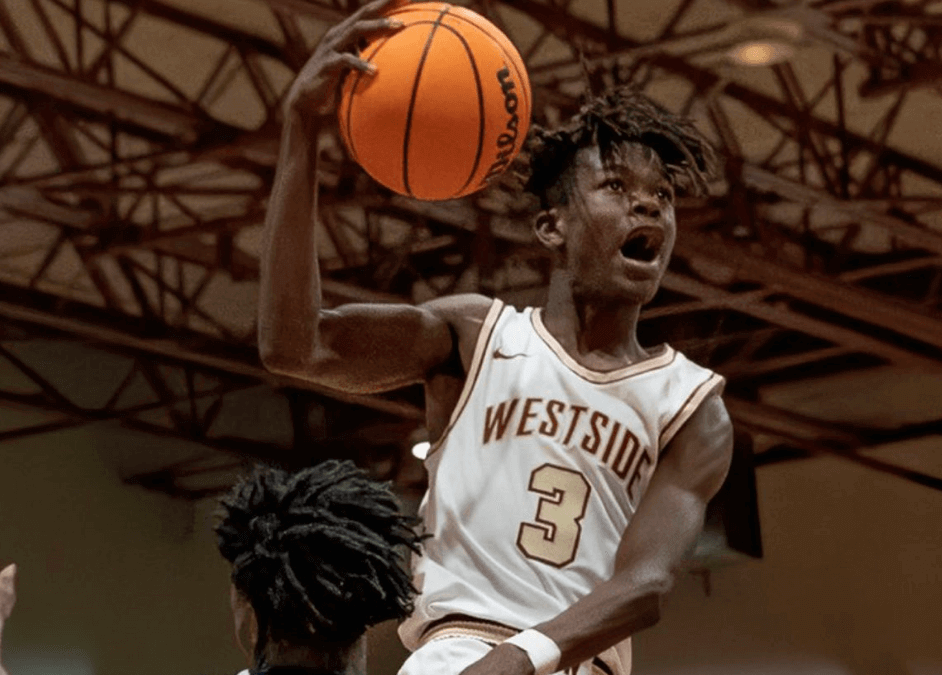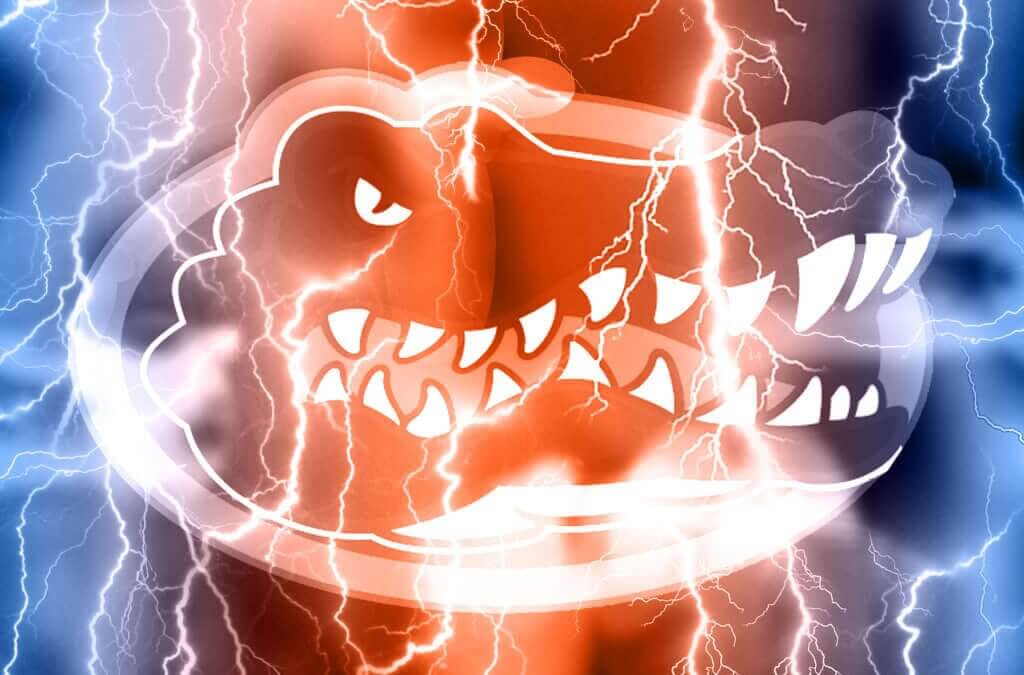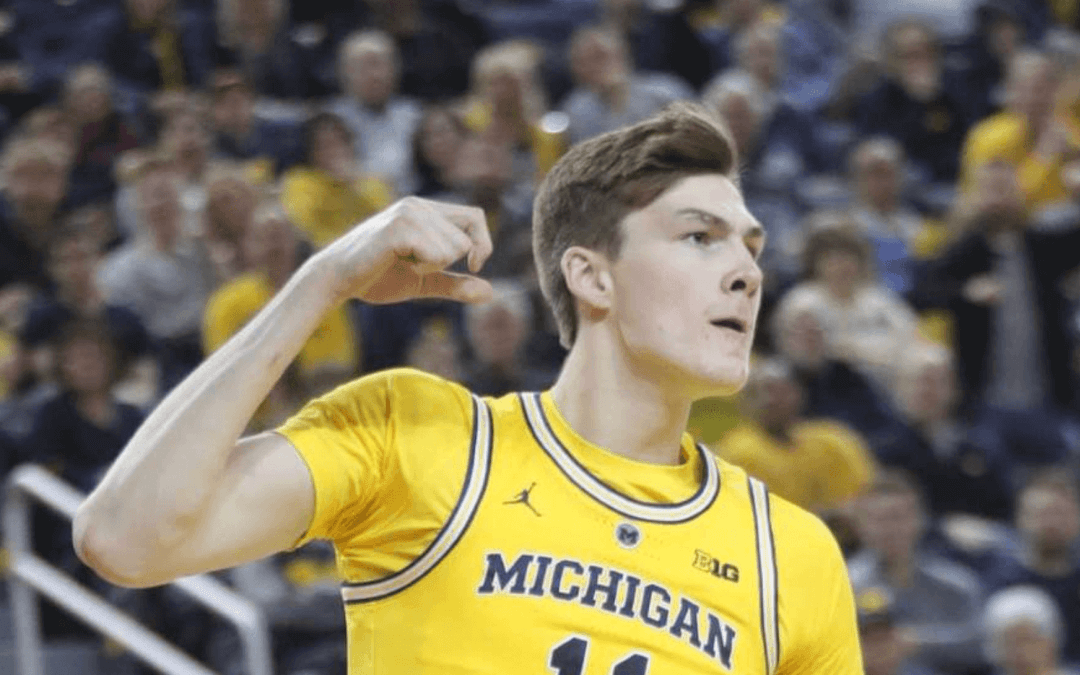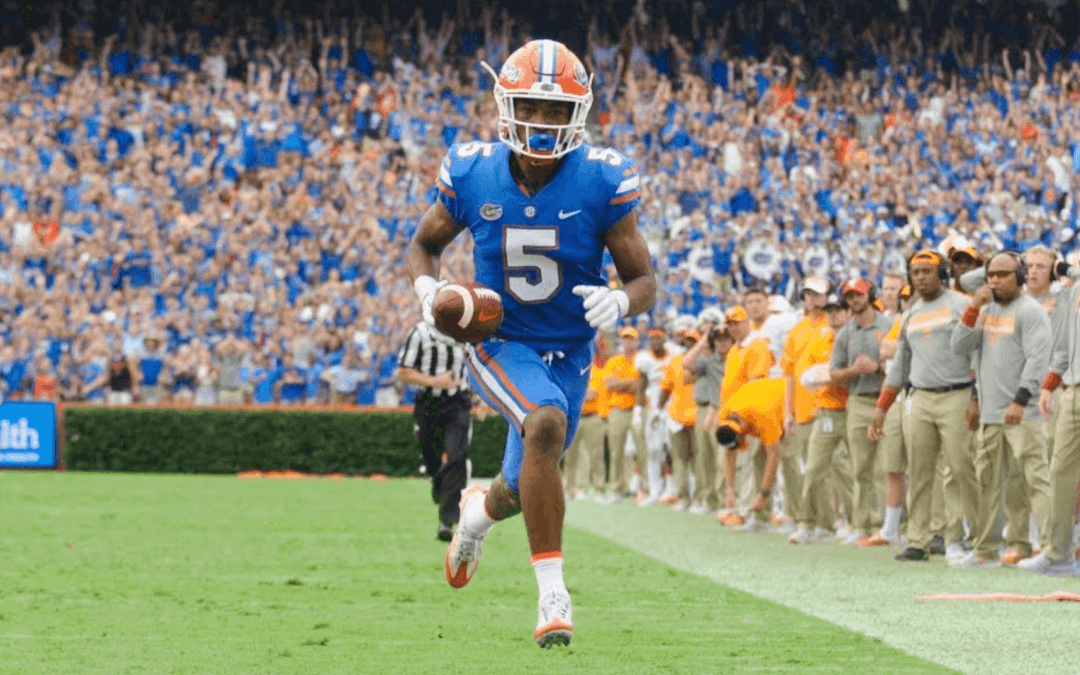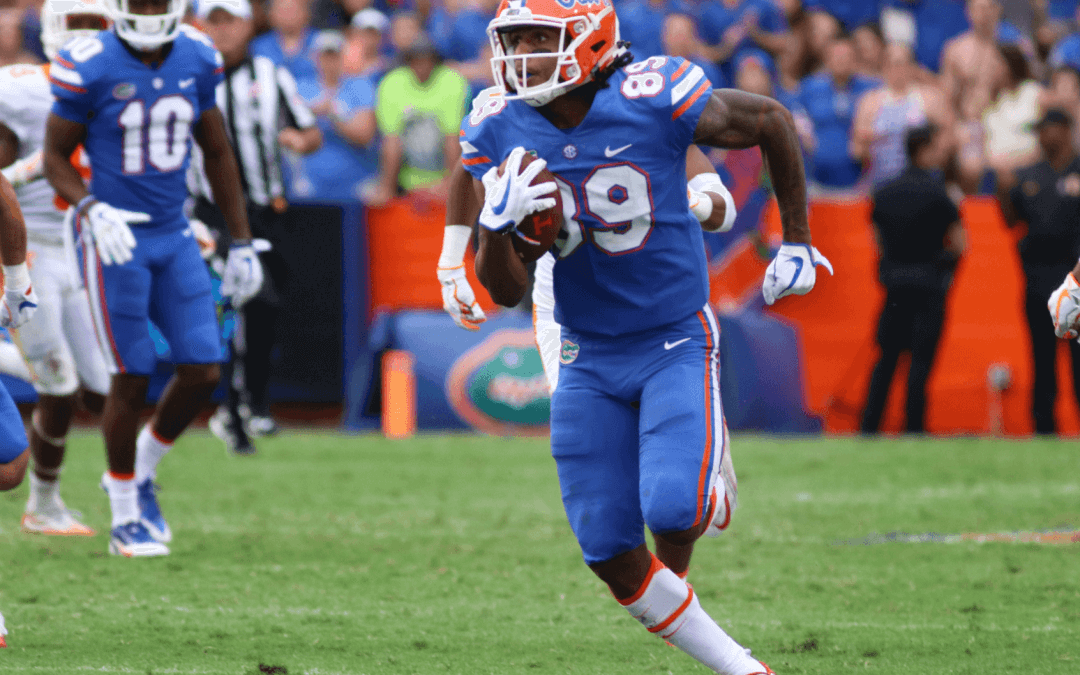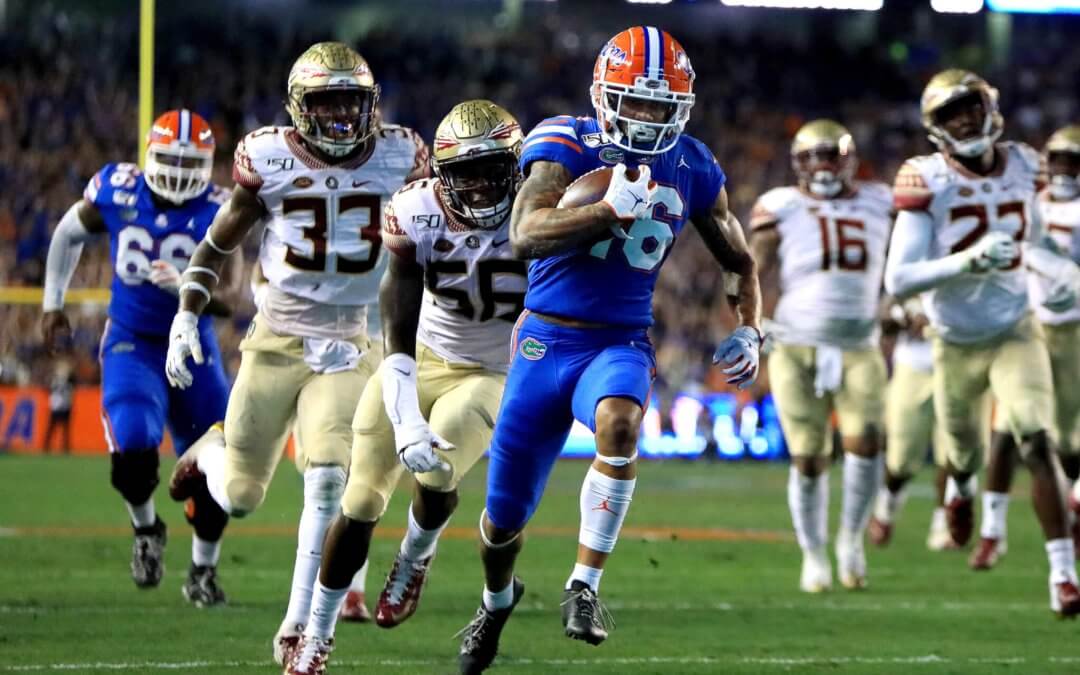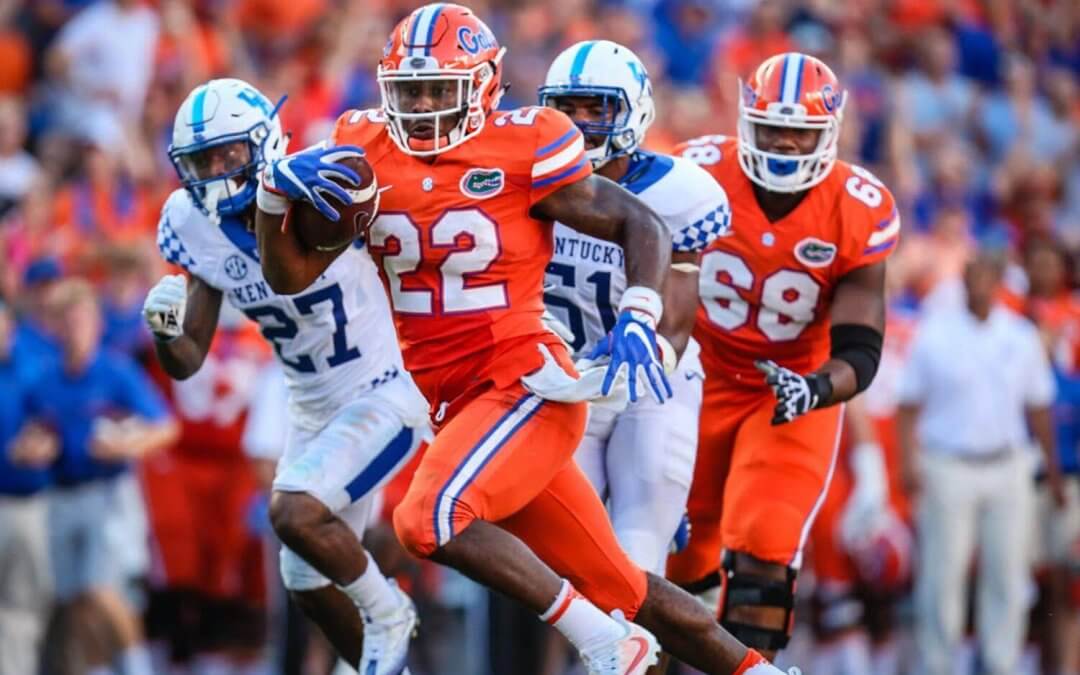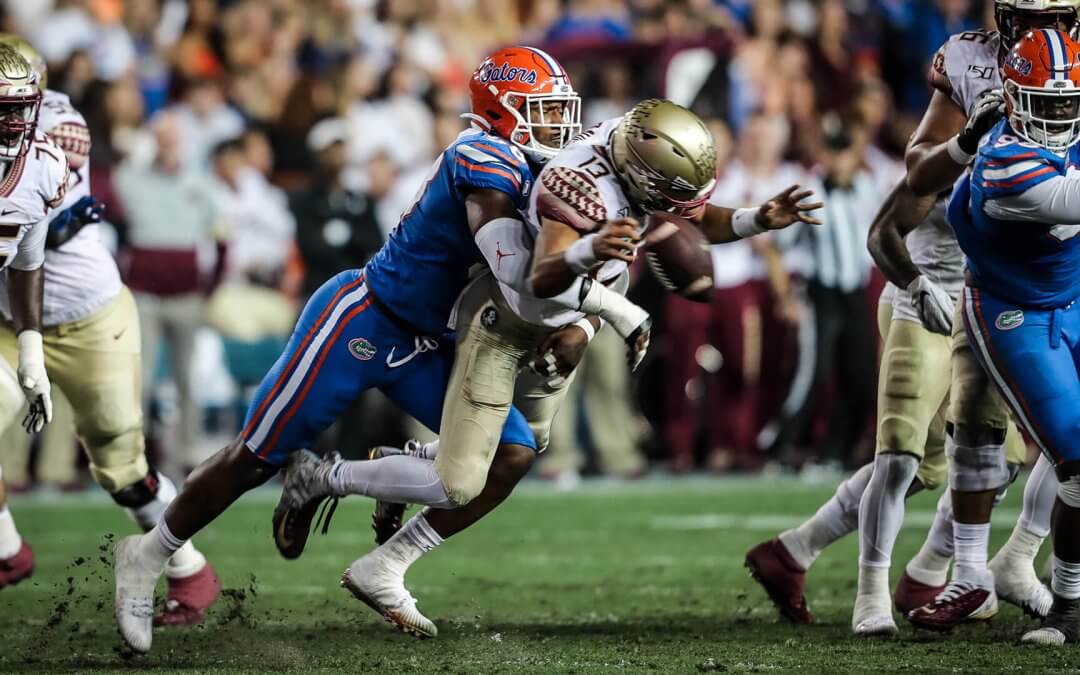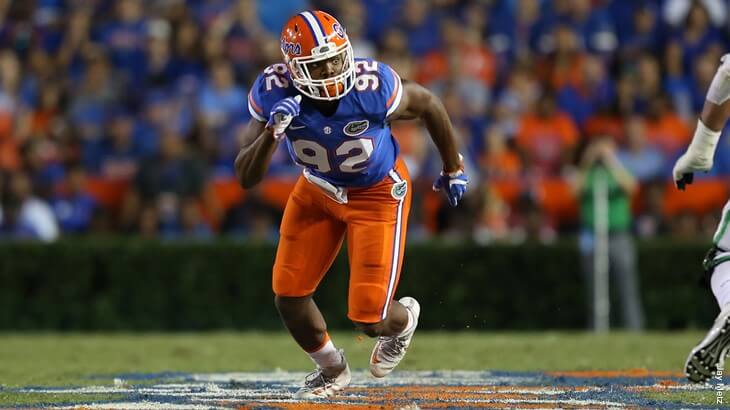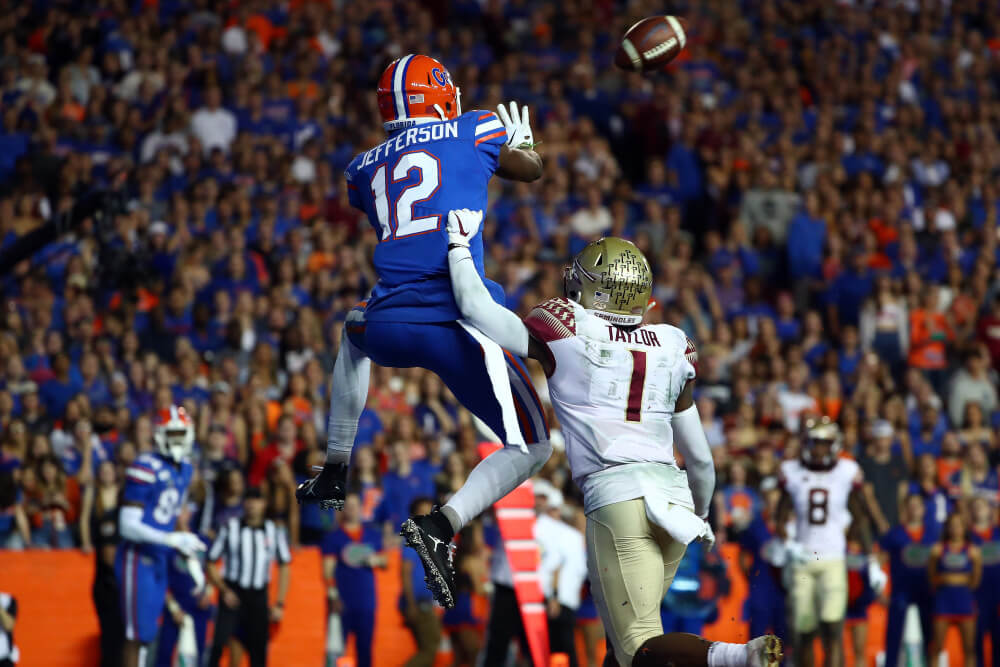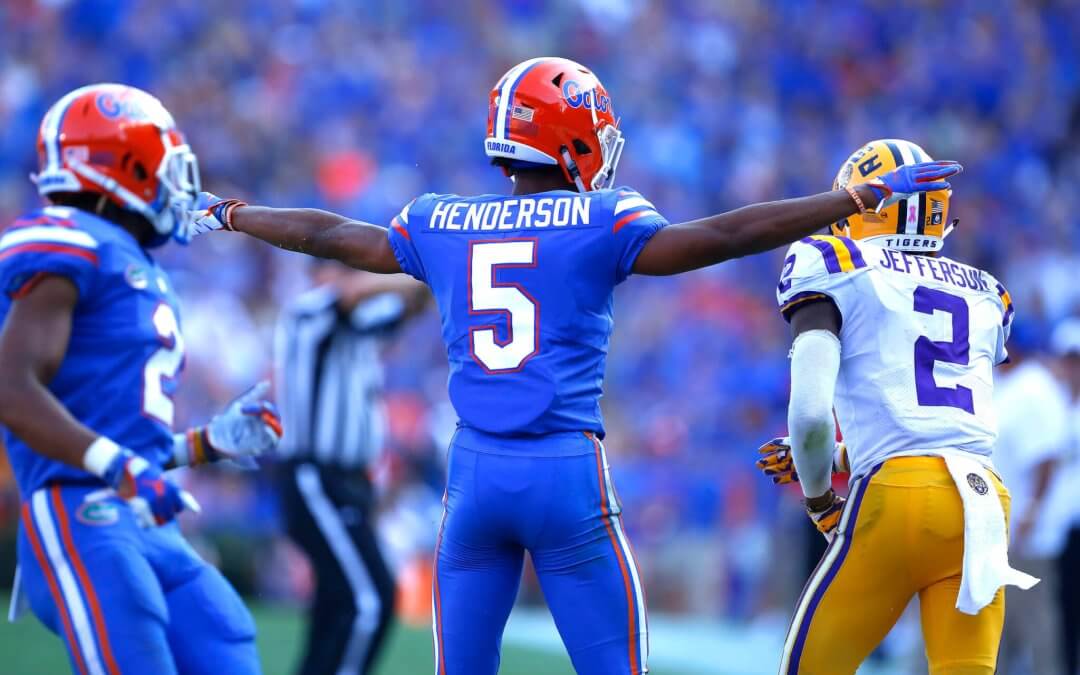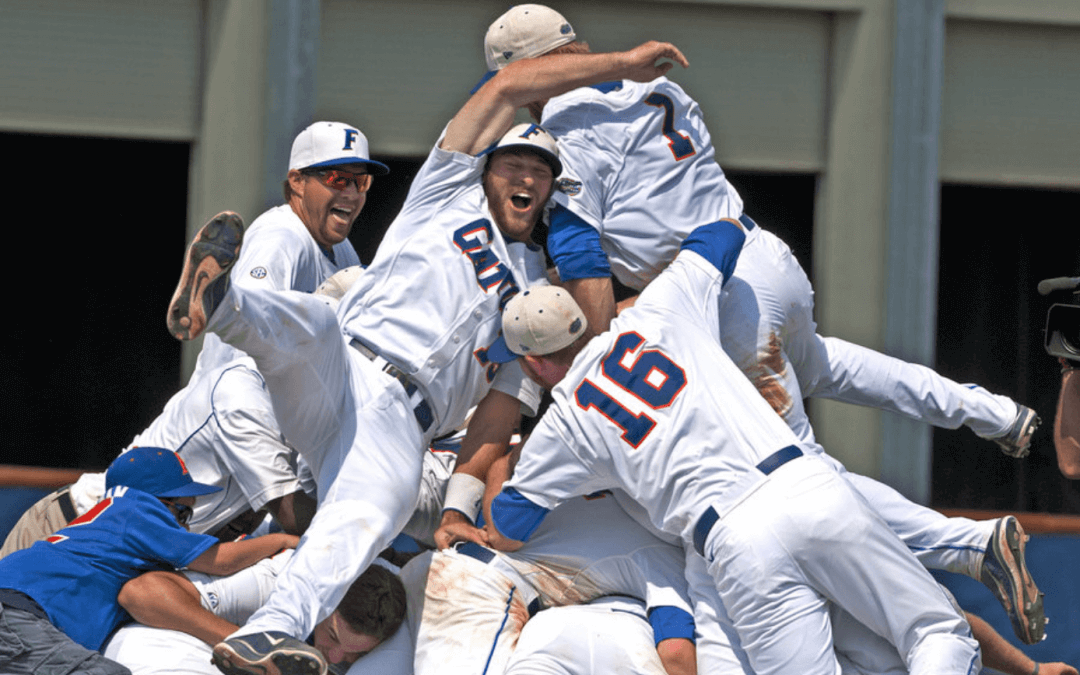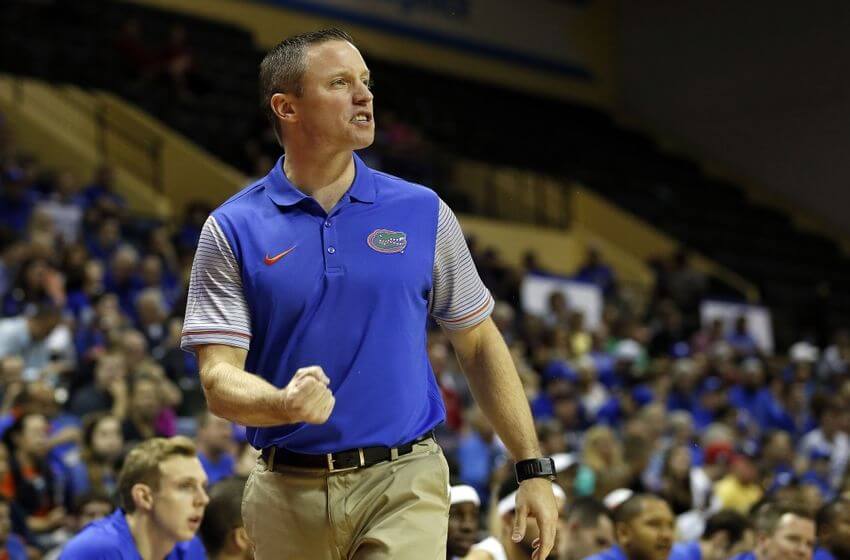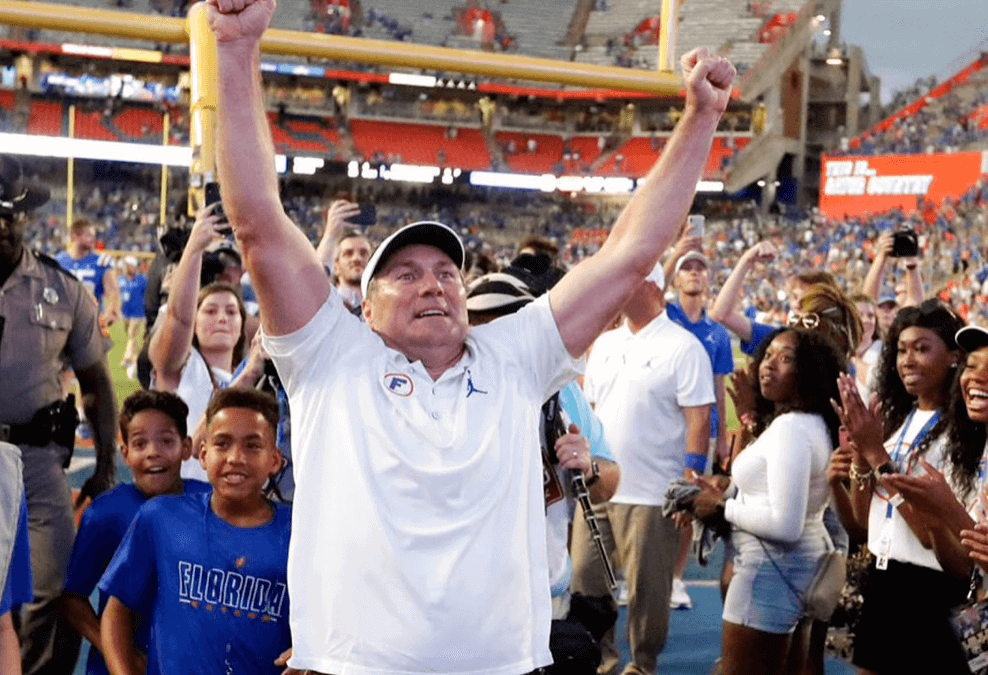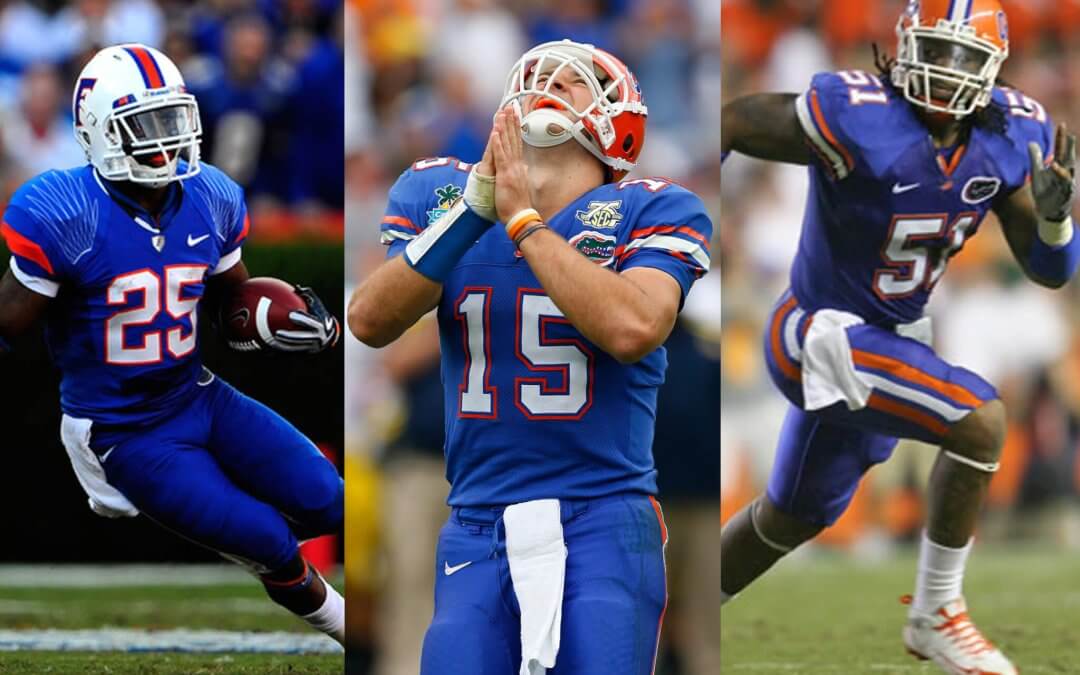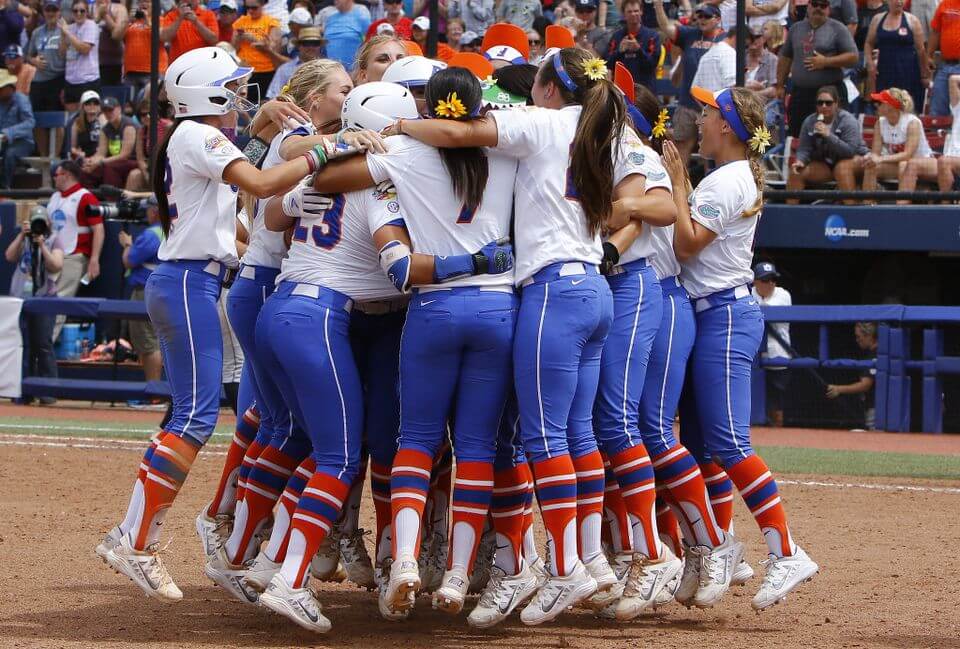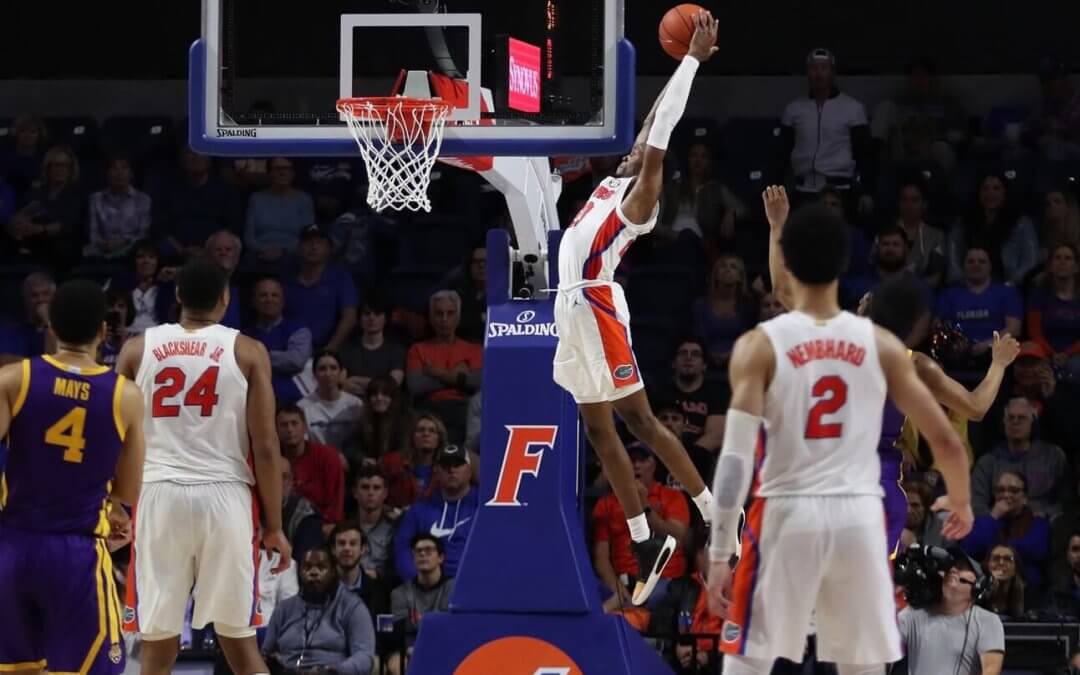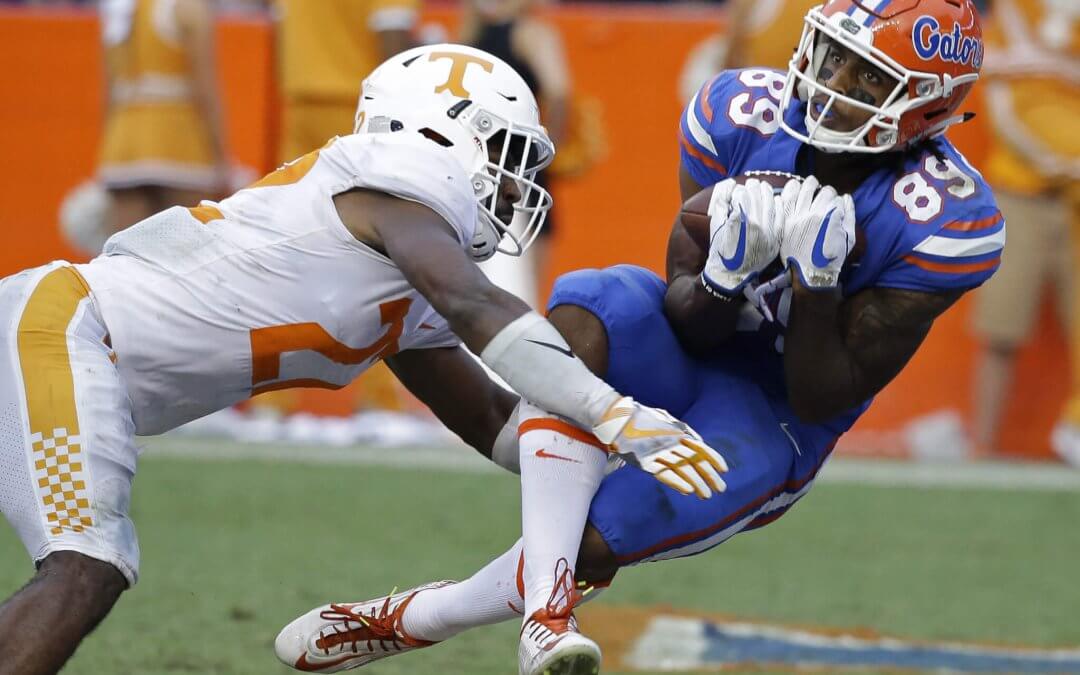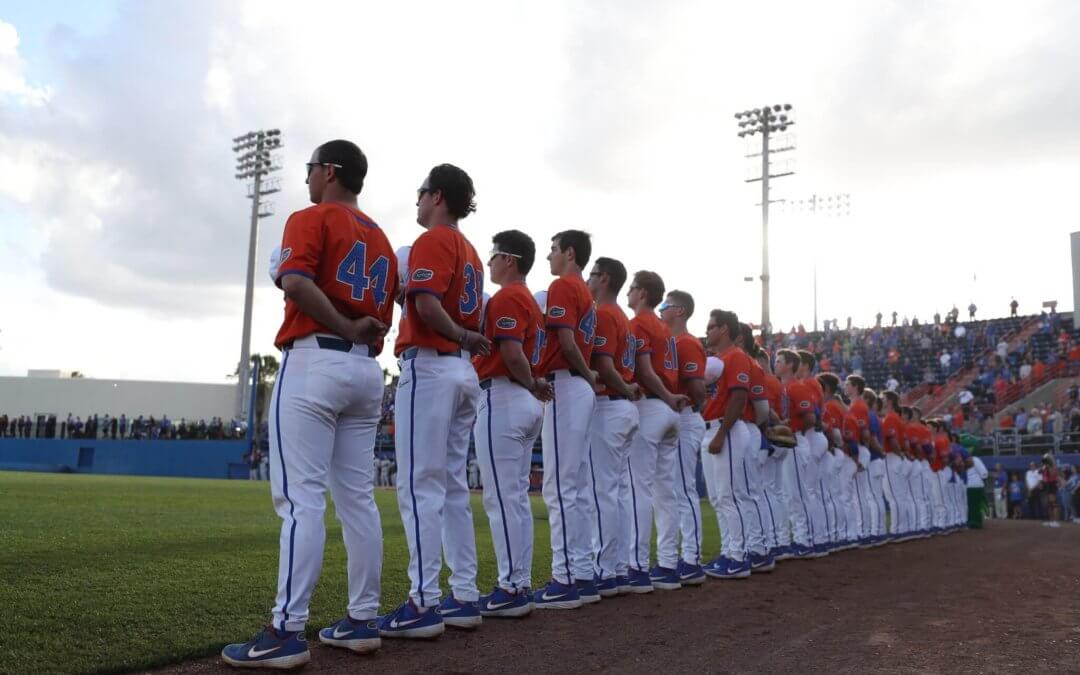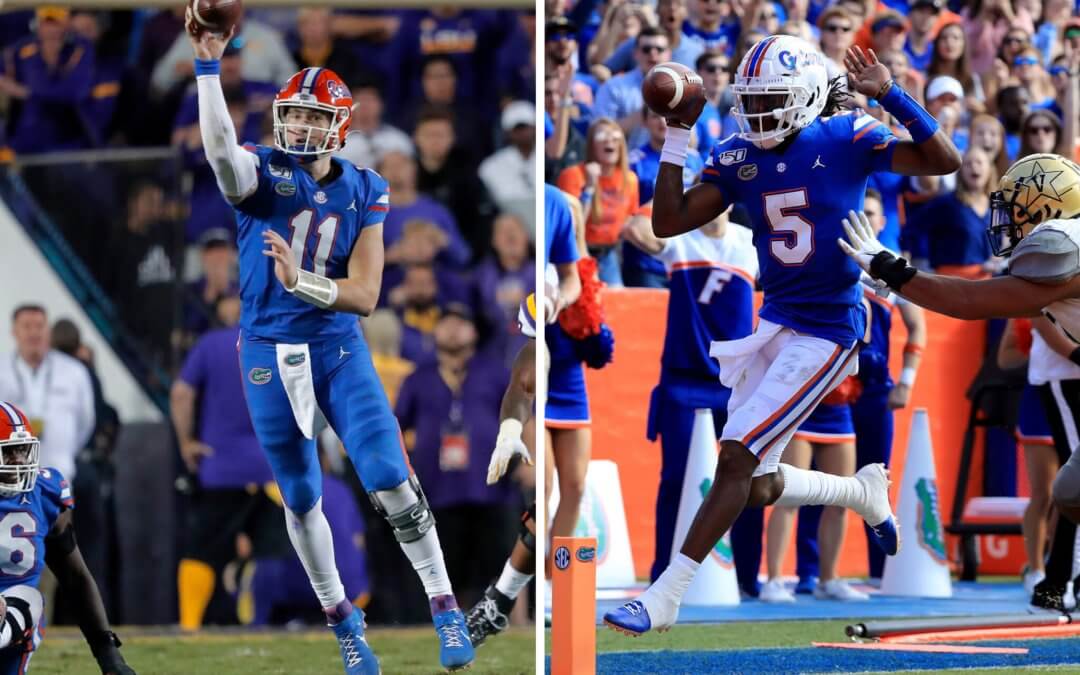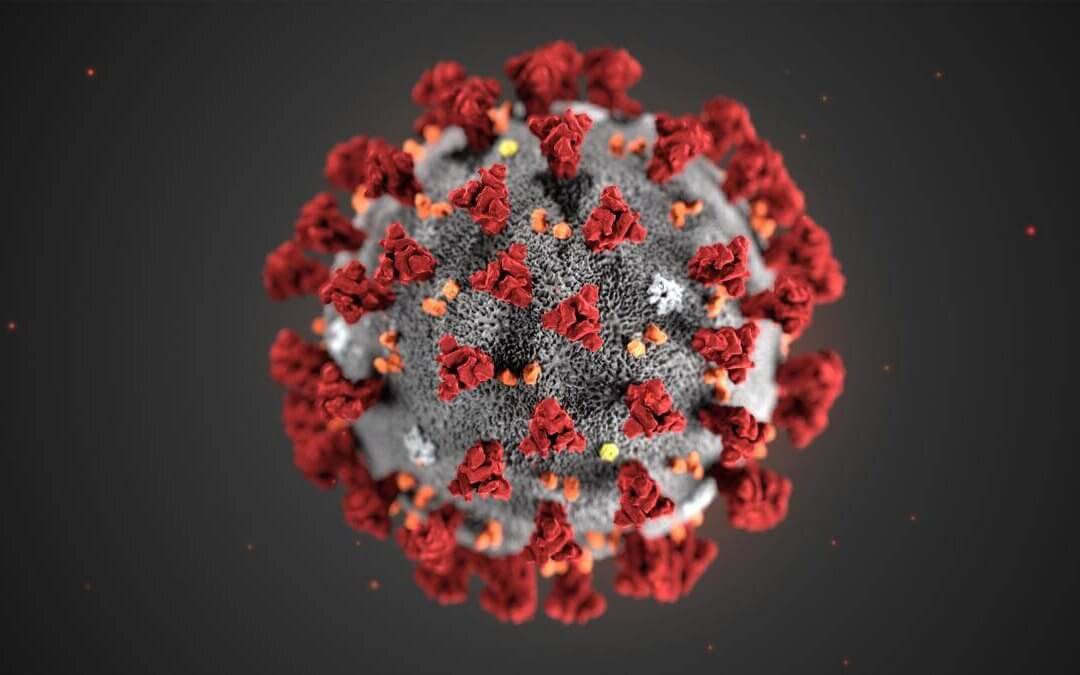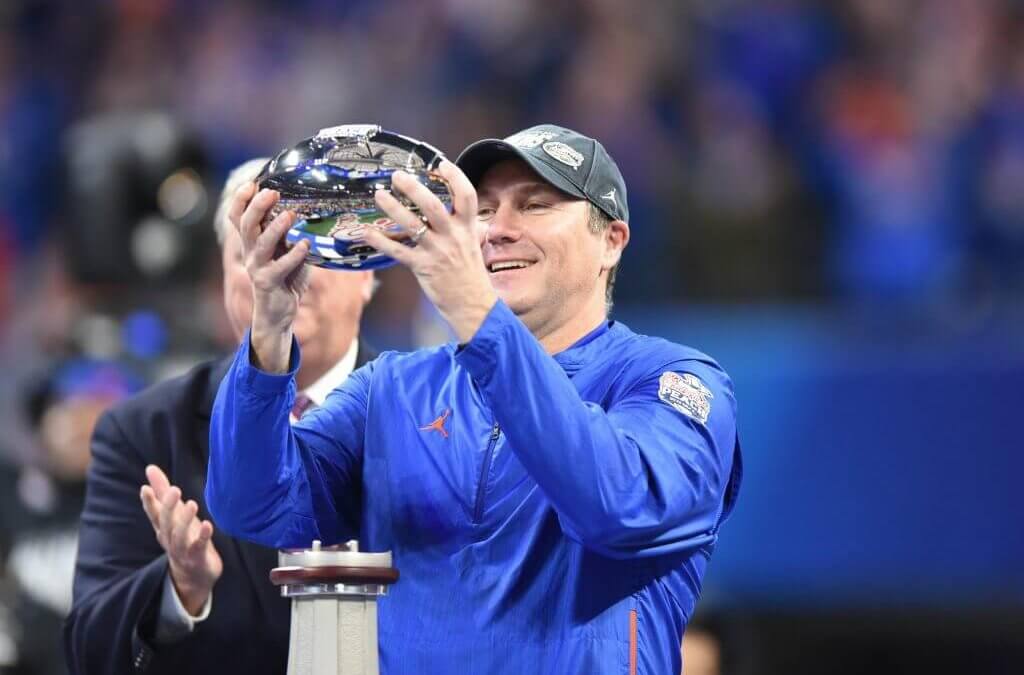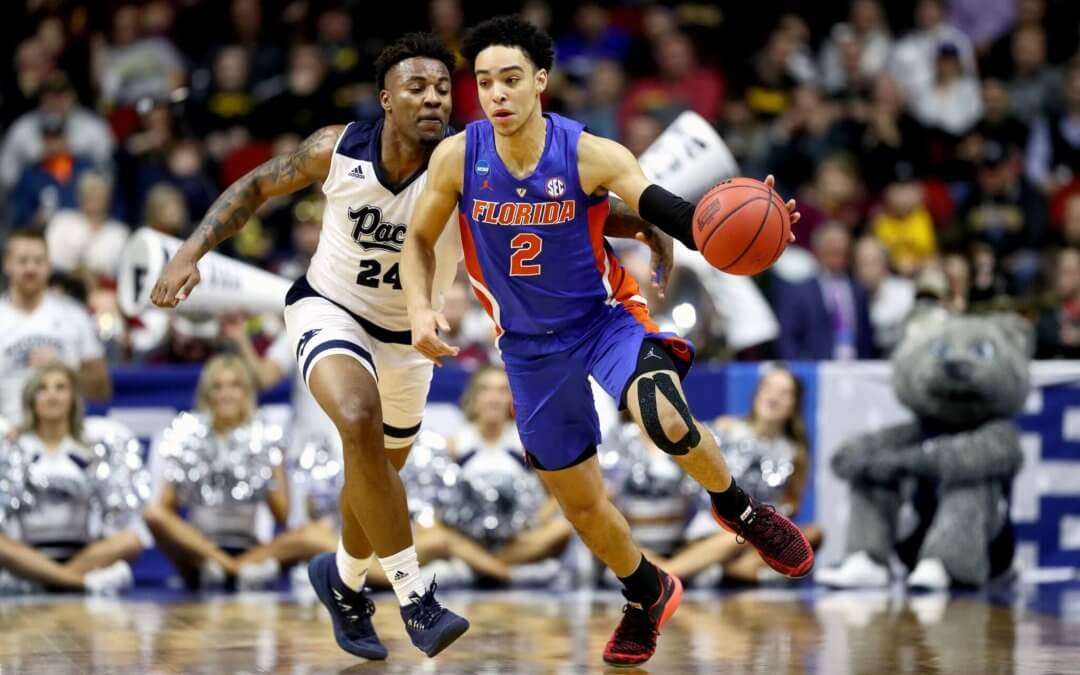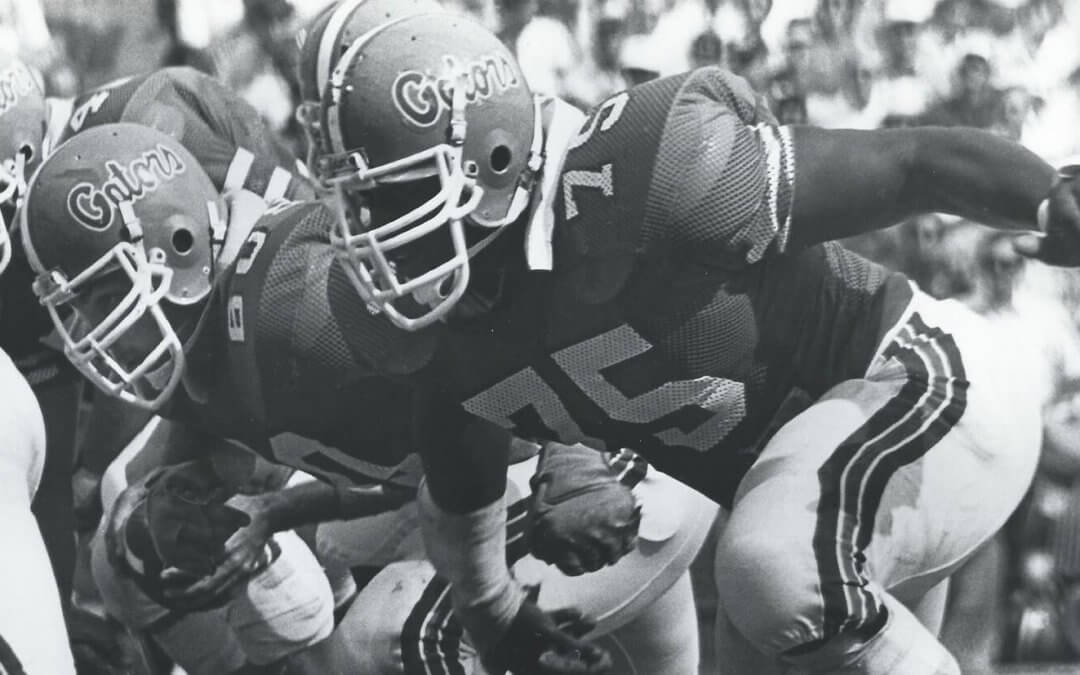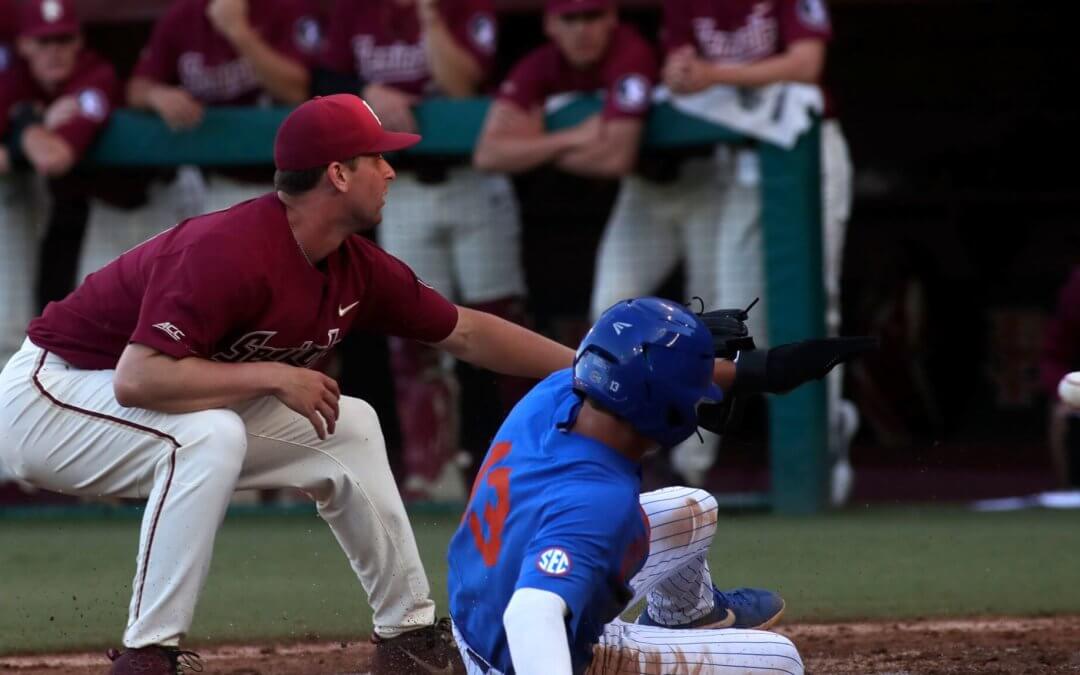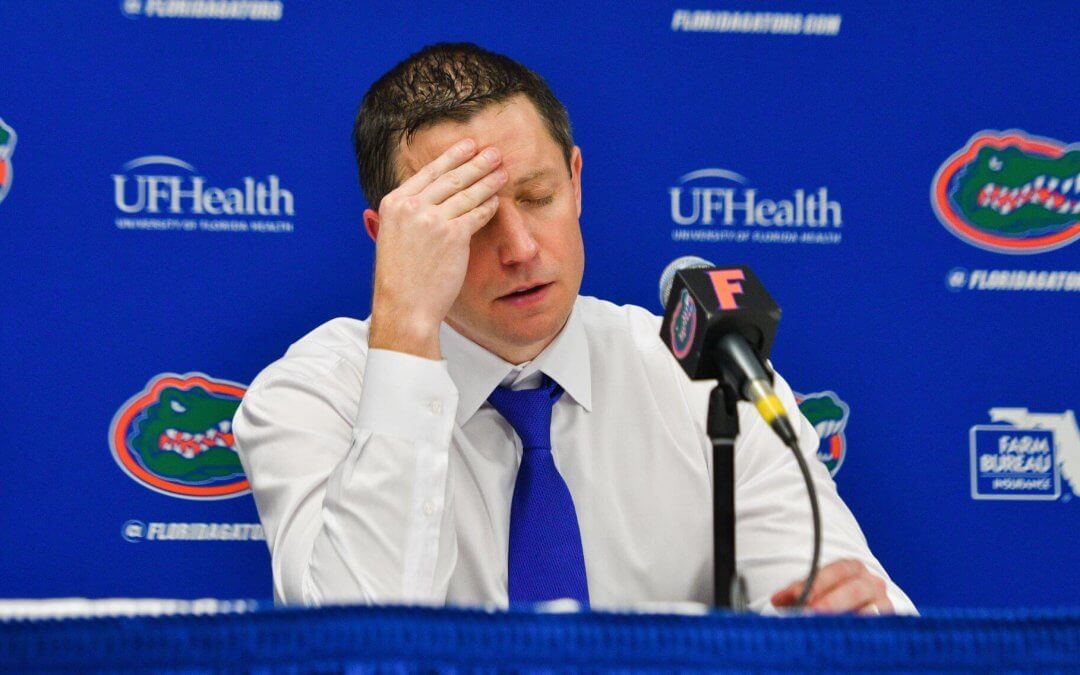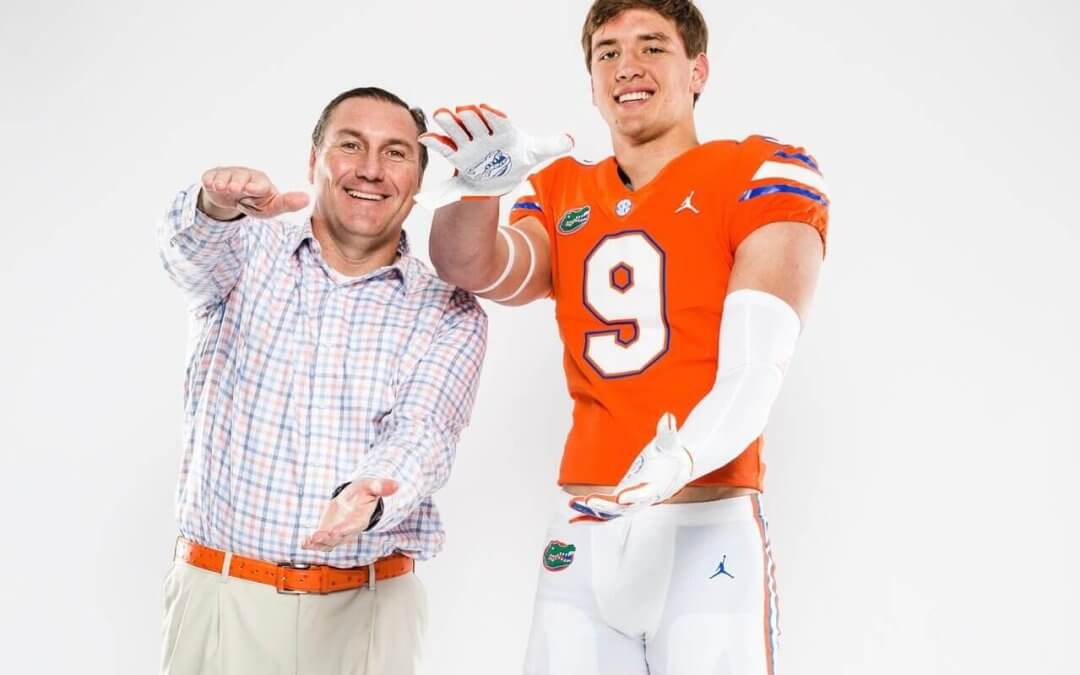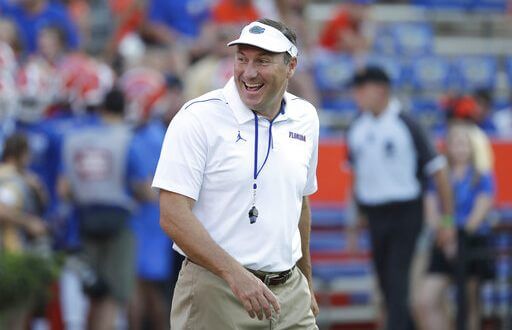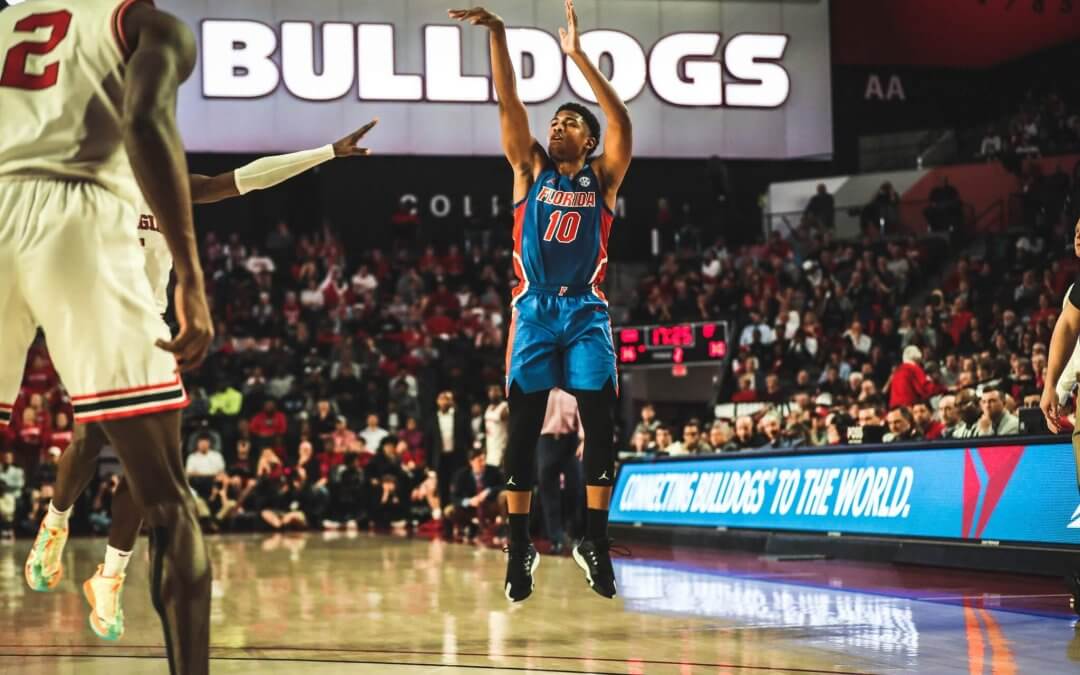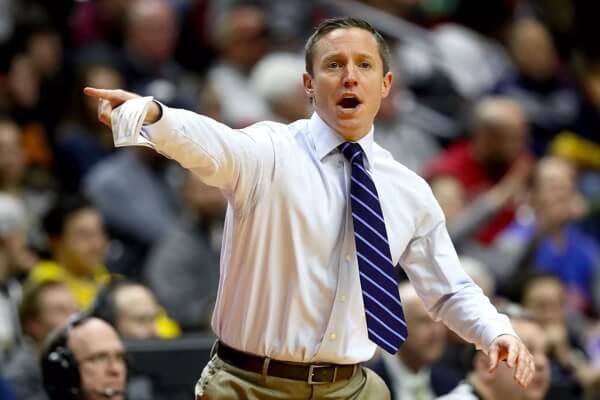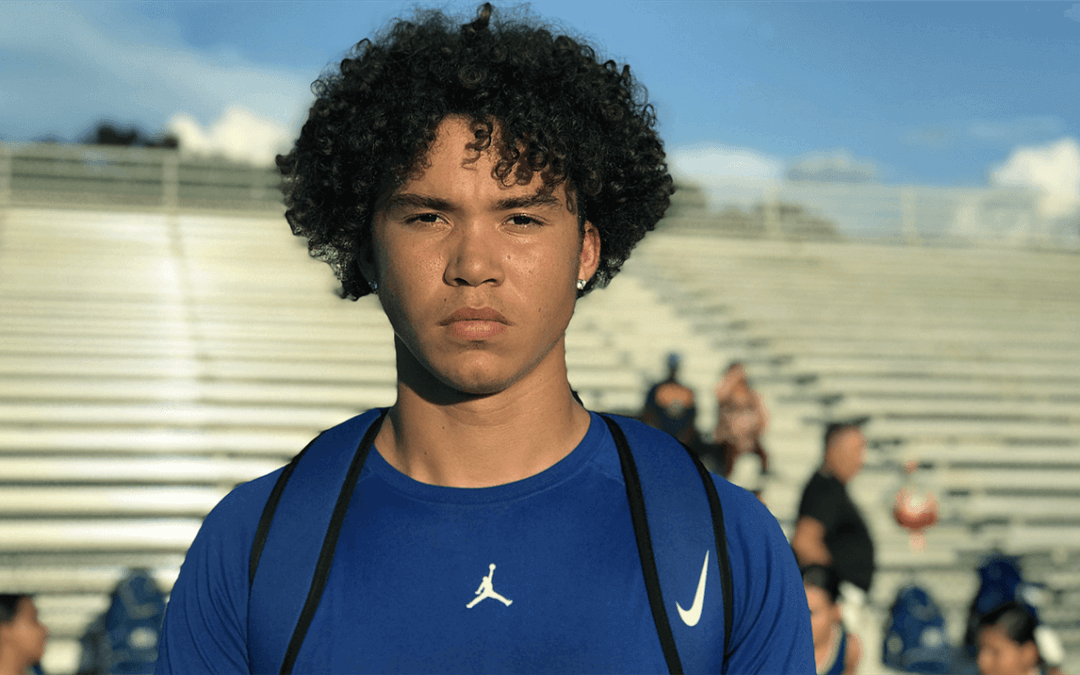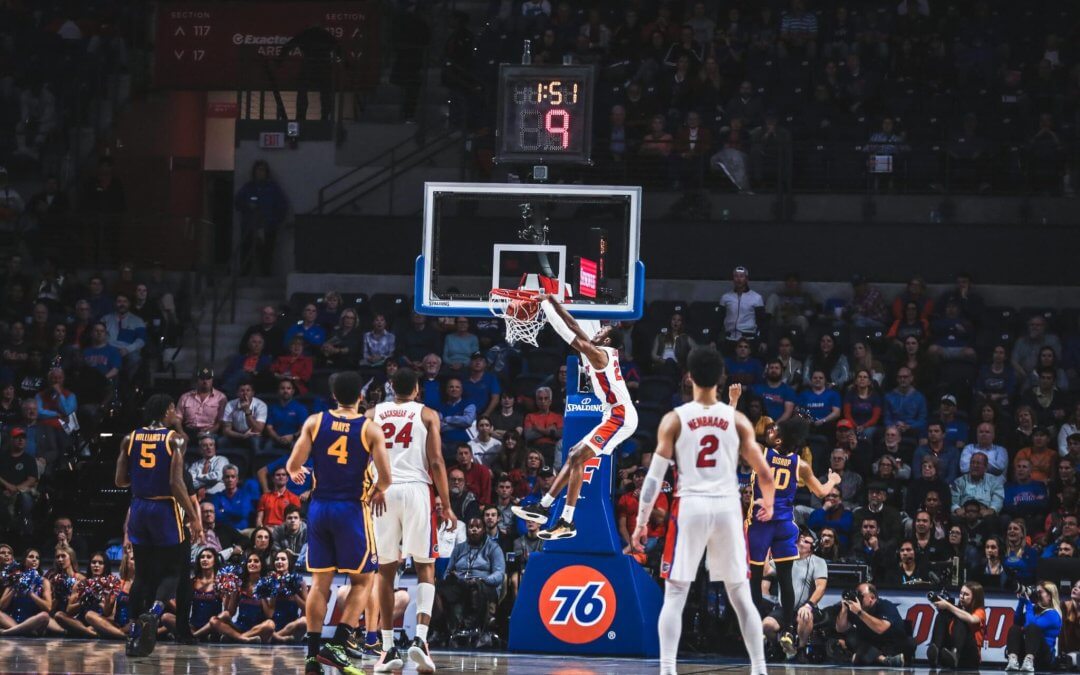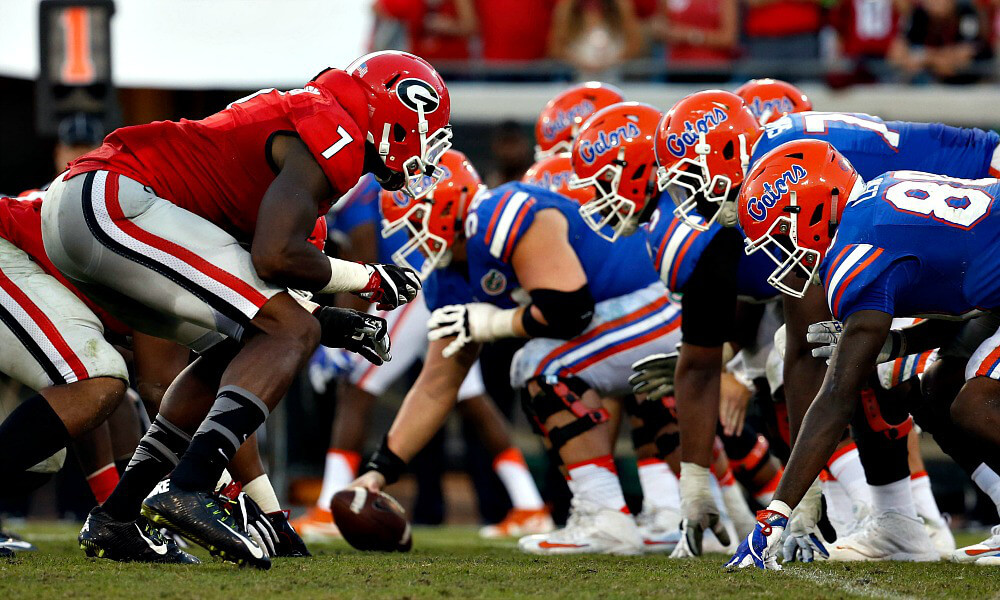
It’s a pivotal year in the Florida-Georgia rivalry: Georgia looks to have the upper hand, but the Dawgs’ championship dreams have been derailed by the Gators
Previously previewing:
Game One: Charleston Southern Buccaneers
Game Two: Kentucky Wildcats
Game Three: Colorado State Rams
Game Four: (at) Tennessee Volunteers
Game Five: (at) Mississippi State Bulldogs
Game Six: Louisiana State Tigers
Game Seven: (at) Vanderbilt Commodores
| GEORGIA BULLDOGS (2017: 13-2, 7-1 SEC; SEC East Champions; SEC Champions; Rose Bowl Champions; National runner up) | |||
| Head Coach | Returning starters | 2017 offense | 2017 defense |
| Kirby Smart | 6 offense, 5 defense | 435 YPG/35.4 PPG | 271 YPG/13.2 PPG |
| 3rd year | 66%, 53% of stat production | 32nd/20th in FBS | 4th/4th in FBS |
All time series: Georgia 50, Florida 43, 2 ties
Last meeting: Georgia 42, Florida 7 (2017)
Synopsis: Amidst the pageantry that surrounds it off the field, the Florida-Georgia rivalry is marked by two distinct traits on it: one, an animosity that’s so strong the two sides can’t even agree how many games they’ve played all time, and two, the teams take turns completely and thoroughly dominating each other for two decades at a time. Seriously: from 1952-1970, Florida held a 13-5-1 advantage, from 1971 to 1989 Georgia owned the series 15-4, and from 1990-2010 the Gators reclaimed ownership of the series, 18-3. True to form, Georgia won the next three games from 2011-2013, but when Will Muschamp finally got his first win in the Florida-Georgia rivalry in 2014 after seven prior failed attempts, it seemed like Florida had finally snapped that rotating curse, as that kick-started a retaliatory three game winning streak for Florida. Then 2017 happened: a year in which Florida suffered one of its worst seasons in this generation’s lifetime while Georgia came within three plays in overtime of winning a national championship. So now it’s Georgia who appears to have the upper hand- but if Dan Mullen were to guide Florida to a win in the World’s Largest Outdoor Cocktail Party in his first season, it certainly wouldn’t be the craziest thing to happen in this rivalry’s history.
Offensive breakdown: This offense lost its number one running back from 2017 (Nick Chubb), its number two running back from 2017 (Sony Michel), its prized five star running back signee (Zamir White, who tore his ACL over the weekend), its number one wide receiver (Javon Wims), and if you really want to get technical, it even lost its 2017 starting quarterback (Jacob Eason). And yet despite all of that, Georgia’s offense has the potential to be even better in 2018- which is unheard of. The one caveat to that is that if it is better, it’s going to have to do it with a lot of new faces.
It’s going to start with Jake Fromm, the one guy returning to the same position on Georgia’s depth chart that he occupied since Eason’s injury. Uber-talented signee Justin Fields will be difficult to keep off the field completely- maybe Jim Chaney can run a spread package with him- but until further notice, this is Fromm’s team. The only knock against Fromm so far is that he didn’t have to do much in 2017, and there’s certainly some validity to that claim given the running game and defense he teamed up with, but he also made the big plays when he needed to. If he’s able to make more of those big plays when the amount of times he’s needed to, Georgia should be fine. Having an even meatier offensive line- which returns three starters and figures to include top lineman signee Jamaree Salyer- should help with that.
But the Dawgs are still going to need a running game, and though the loss of White on Saturday night wasn’t a huge loss because he was one of four guys who figured to be part of the equation on the ground, any subsequent injuries at that position will be. As of now, though, Georgia is still fine at running back. The aptly named D’Andre Swift managed to tally 618 yards on the ground in 2017 despite being the Bulldogs’ third leading rusher on the year, and Elijah Holyfield (293 rushing yards) and Brian Herrien (265) both proved to be able to chip in when needed. Oh, and if all that isn’t enough, Georgia also signed James Cook- yes, the brother of Dalvin, but even less settling for Gator fans, the other prized five star running back signee Kirby Smart imported last recruiting cycle.
Georgia’s going to need help from its pass catchers to help out Fromm, too, and though they certainly don’t have the treasure trove of talent at the wide receiver position, they’re still in good hands here (pun not intended). Wideouts Terry Godwin, Mecole Hardman and Riley Ridley each stepped up when called upon last year, and Isaac Nauta is a mismatch nightmare at the tight end position. To boot, Swift is an excellent pass-catching running back.
Offensive Grade: A. I’m stingy with A+ grades- I typically don’t declare a unit to be A+ unless there’s a national award winner or two returning, or if the team returns ten or eleven starters from a top ten ranked unit- but this is going to be a damned good offense unless Fromm inexplicably can’t handle having to throw the ball 50% more in 2018.
Defensive breakdown: Here’s why Georgia isn’t in too many national championship projections for 2018. Like the offense, there’s no doubt that the potential to be a championship caliber unit is there; unlike the offense, however, there’s significantly less proof of what the new faces stepping into key roles can do.
The line should be fine. It won’t need to be any better than fine in order for Mel Tucker’s 3-4 defense to succeed once again. Tyler Clark should continue to grow and improve at the DT position, ditto that for Jonathan Ledbetter at the end slot, and Julian Rochester looks like the favorite to land the nose guard job. For depth, Georgia went back to South Bend and poached Jay Hayes, who could play at either role on the interior.
The linebacker position is by far the biggest question. Georgia doesn’t just lose three starters, they lose three stars in Davin Bellamy, Roquan Smith and Lorenzo Carter. As the narrative goes elsewhere, there’s talent and promise, but here it’s not quite so clear cut that said talent and promise will fill the shoes for the dearly departed. Tucker plays around with and rotates his linebackers a bit, but in some order, Monty Rice, Natrez Patrick, Walter Grant and DeAndre Walker should be the next men up.
The secondary seems to be the safest bet to succeed defensively for Georgia in 2018. DeAndre Baker appears to have one corner slot locked down, and Ameer Speed and Tyrique McGee should battle for the other. Elsewhere, look for Richard LeCounte to play a role somewhere in this defensive backfield. If Speed and/or McGee can run with the rest of the pack, there won’t be any issues back here.
Defensive grade: B. This is just me going with the mean of the range of grades that Georgia could earn this year. Smart has recruited too well for this defense to be a complete dumpster fire, but I’m extremely hesitant to say it will match last year’s numbers.
Key matchup: Turnovers. Giveaways and takeaways have paved the way to some upsets in this game before, particularly for the underdogs. For Georgia, the key is to avoid them more than force them. Florida, on the other hand, likely isn’t winning this game without forcing them.
Florida key to victory: Win the turnover battle. Message repeat: Florida likely isn’t winning this game without forcing turnovers. And they very well may not even if they do, so a second key would be to have another tremendous rushing game like the one they had in 2014– a very realistic possibility if Georgia’s new wave of linebackers don’t put it all together fast.
Georgia key to victory: Get a big day from Fromm, or at least a semi-big day. Between the two options of moving the football, Georgia’s safer bet to do so at this time- and is simply stronger at- the running game. Which Florida knows and will set out to stop first. Fromm made nearly all of the plays he had to last year, but let’s see if he can keep that percentage when asked to do it significantly more frequently.
Fun fact: Each of the last five Gator head coaches actually outscored Georgia in their head to head matchups- and the three coaches who were not successful did so by precisely three points. It wouldn’t come as a shock to anybody to read that Spurrier did it, as he blew Georgia away in his twelve year run in Gainesville by a composite score of 436-199. But then Ron Zook edged out Georgia in total points by a Matt Leach field goal in his three years at Florida, trading a 20-13 win in 2002 for a 31-24 loss in 2004 and winning the 2003 game 16-13. Urban Meyer pretty much took care of Georgia, too, winning his six year delta score count by a convincing 186-124. But here’s where it gets interesting. We all know Will Muschamp lost three out of four to Georgia, but those losses (24-20, 17-9, 23-20) came by a total of fifteen points- and the one game he did win was a 38-20 blowout to finish at +3 as well. And even though Jim McElwain ended his Gator tenure with a horrifying 42-7 blowout loss to Georgia, his two wins over the Bulldogs (27-3 and 24-10) were just convincing enough for him to also eke by in this category with a +3 final margin.
Summary: This game cannot possibly be a replay of the Bulldogs’ 42-7 throttling of Florida a year ago because it’s not possible for Florida to be lower as a program than the Gators were last October 28: a messy divorce was brewing between Jim McElwain and Florida brass after McElwain went out of his way to paint the Gator fan base as bloodthirsty lunatics who clamor for blood at the first sign of adversity, the players knew it, McElwain knew it, and thus the Gators displayed no interest in putting up a fight against the nation’s number three team. The 2017 season is over now, so no point in getting all worked up about it again, but- and I’ve never said this about any team in my life before, and hope to never again- that team collectively quit. Not even the 2013 Gator team, as bad as it was, earned that dubious distinction. They quit, gave up, threw in the towel, and just plain did not give a (profanity of your choice.)
So things have to look better for Florida heading into this year’s Cocktail Party than they did in last year’s. However: the Gators still have a few too many issues to really feel confident in picking them to beat teams they should not. For example, I have projected Kyle Trask to win the job by this point, and thus expect the offense to be run more efficiently, but that’s far less of a given than, say, Fromm starting at QB for Georgia. On a similar note to the theme of the previous paragraph, it’s impossible to believe that the Gators won’t be a better team than they were last year- but that’s such a low bar to clear that it isn’t even worth using in any context in a preview of this game. So I won’t use it. I’ll just mention it.
I do think Georgia takes a small step back in 2018. The talent is absolutely there for the Bulldogs to win a national championship. In 2019. Which is not this year. Because there are just too many new pieces to rely on to match last year’s production levels at one time. Unfortunately, the Gators are likely a year away from making any serious noise themselves- and cleaning up the mess McElwain started will take Mullen longer than it will take Smart to reload. Though this rivalry has been known for Florida wrecking Georgia’s seasons- see 1984, 1992, 2002, 2003, 2005, 2008 and 2014- picking them to do so yet again is hoping for too much. The Gators will lose, but not before giving the Bulldogs a major fright and setting the stage for a more competitive SEC East race in the years to come.
Projection: Georgia 30, Florida 23
